In this ninth installment we consider another low point for Robert Austin Shearn, his commitment to another asylum. This time time in Kew Asylum in Kew, Victoria, Australia.
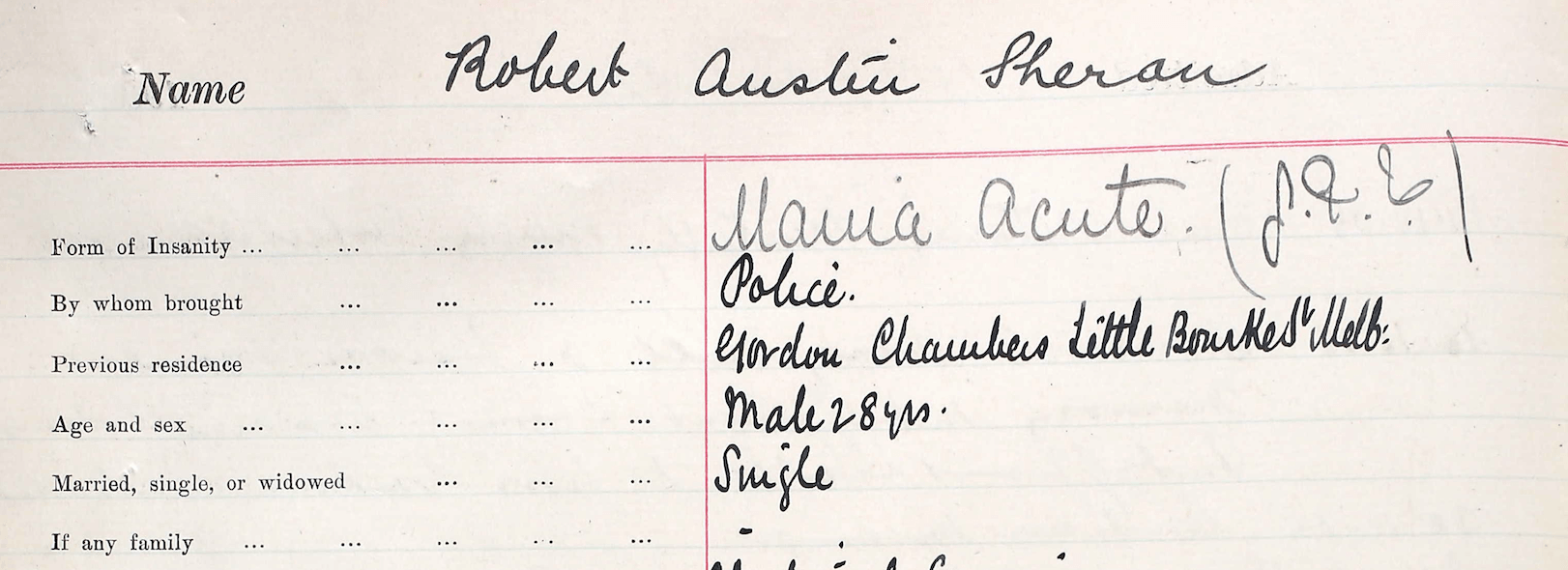

In this ninth installment we consider another low point for Robert Austin Shearn, his commitment to another asylum. This time time in Kew Asylum in Kew, Victoria, Australia.

In this third post, Conflict (Bruce): Isaac Jones Bruce - Exploring Sources, we delve into the sources that are attached to Isaac Jones Bruce at FamilySearch for clues to our question.
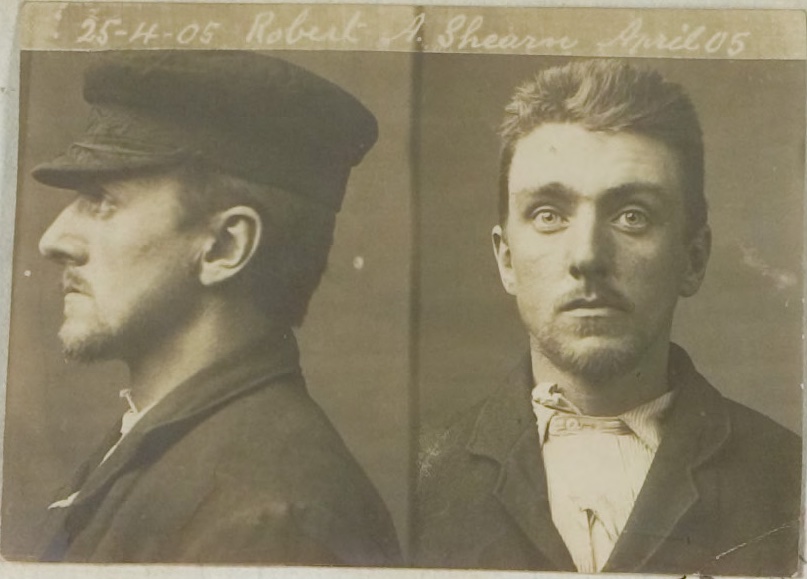
In this eighth installment we examine the records regarding theft of a bicycle and subsequent arrest of Robert Austin Shearn in Dunolly, Victoria, Australia.
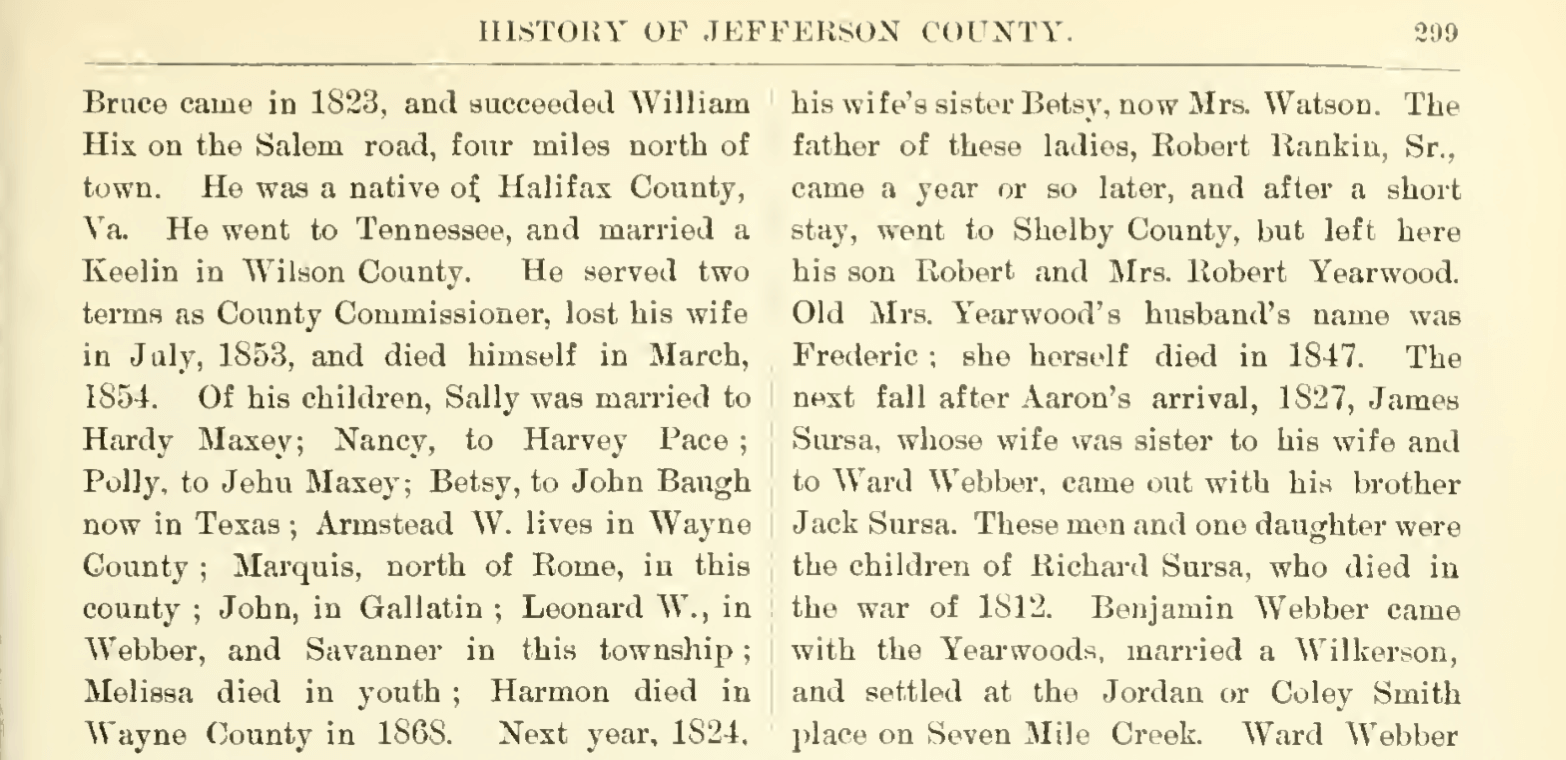
This is the second in our Conflict - Bruce Series. In the first post, Conflict: Which Bruce Line Is Correct, If Either?, we presented conflict and the research question. In this post we delve into the sources that are attached to Azariah Benjamin Bruce at FamilySearch to see if we can find an answer to our question.
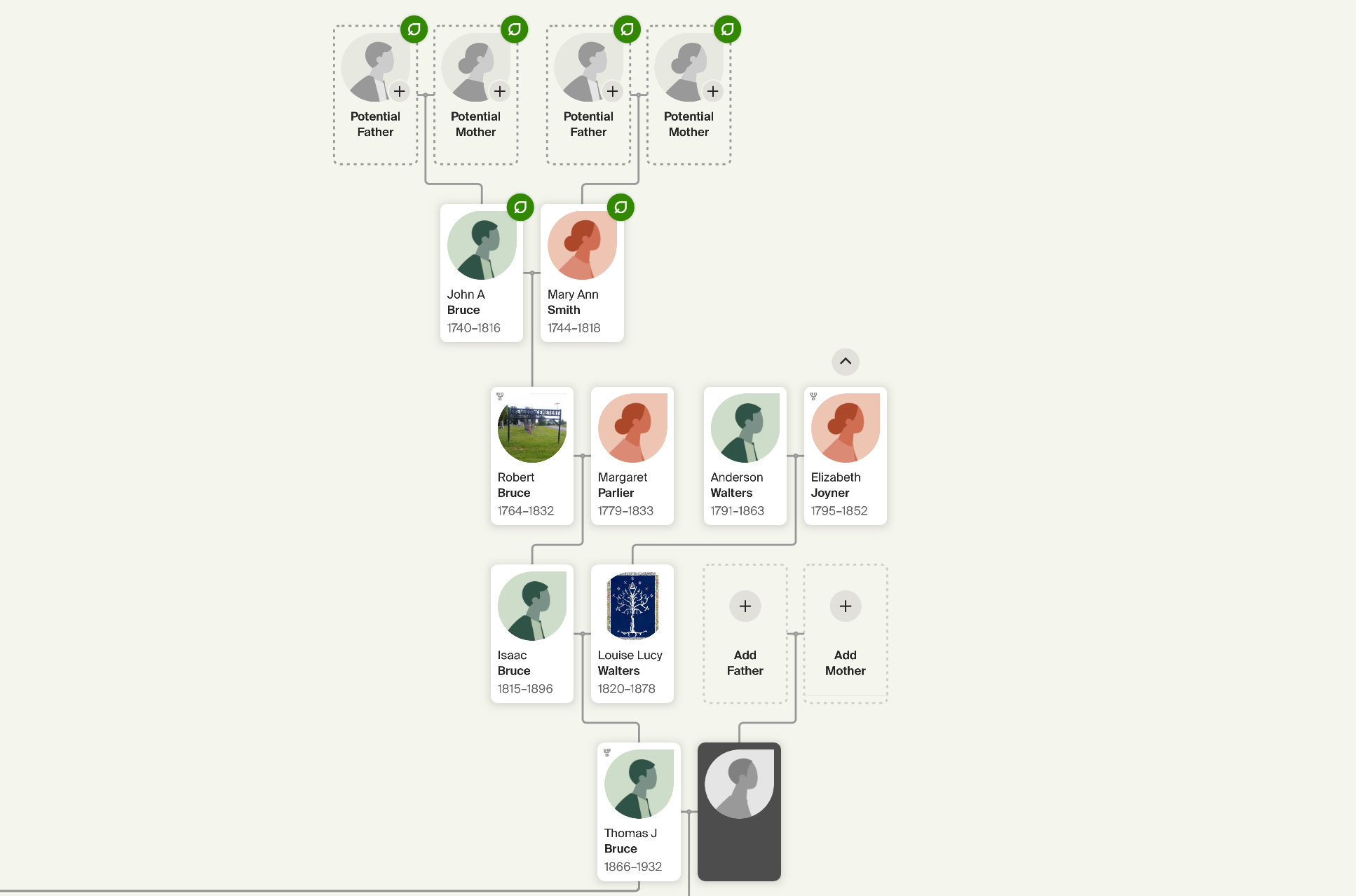
My grandmother was a Millspaugh. Her grandparents are at the bottom row of each of the images here. The images are from Ancestry and FamilySearch. The Ancestry image shows only her maternal grandparents which is the concern for our discussion. Tracing back Mary’s paternal line you can see we have a problem. There are conflicts.
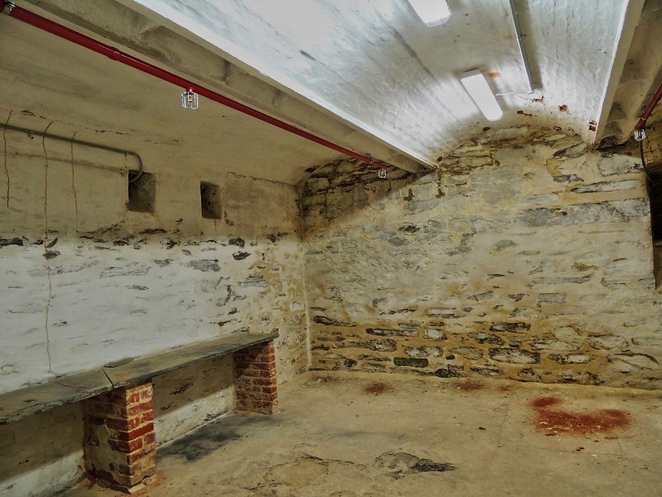
In this seventh installment we make a slight departure from directly following Robert Austin Shearn to take a closer look at the history of and what life might have been like inside Parkside Lunatic Asylum where Robert was held as a “pauper lunatic” in 1903.
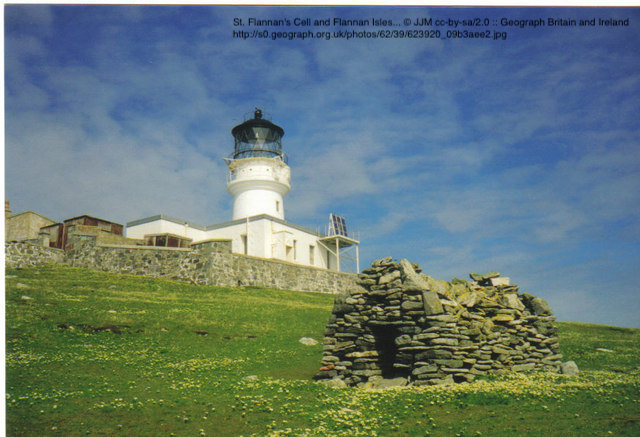
On a bitter cold, mid-December evening, on a small island in the Outer Hebrides of far northern Scotland, the icy seas were raging as waves crashed a hundred meters up the side of the craggy cliffs. Two of the three men who manned the isle’s lighthouse were securing equipment into the bluff face while the third watched from above. Seeing something strange moving swiftly through the water, the third man yelled a warning down to the men below. But his voice was quickly lost among the roaring wind and pounding wave. He ran to try to gain their attention but again his efforts were in vain, and worse. A vicious creature of the deep sprang high from the water just as the man reached the slippery edge. The serpent seized the man atop the ridge while at the same time his movement brought the sea to the other two and swept them from the face of the wall. The creature and the three men all disappeared into the depths without a trace, lost forever to the unforgiving sea.
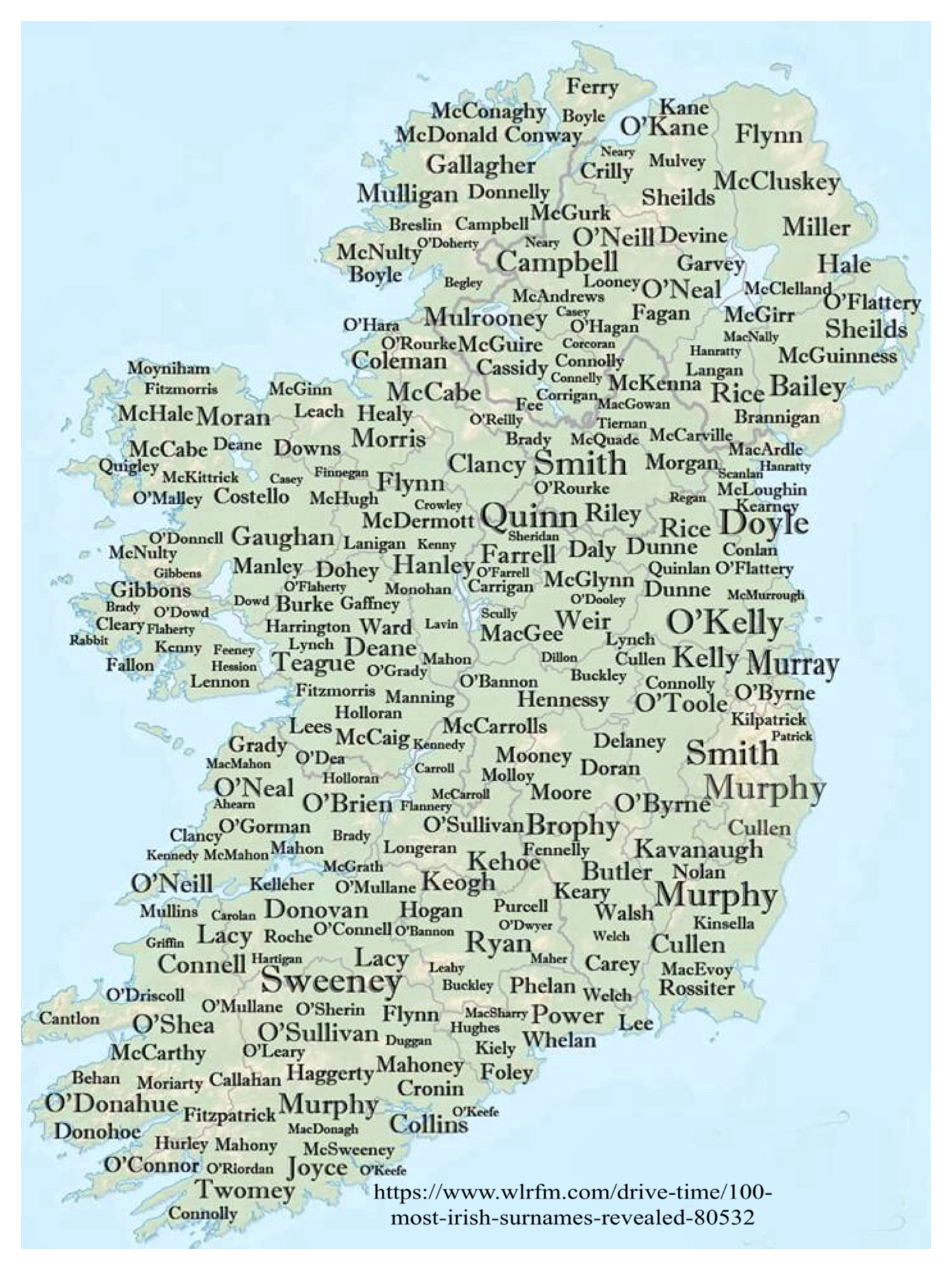
Have you come upon surnames in your family tree and thought, “wonder where that came from?” In my research for my ever elusive Irish family I came across different and unexpected surnames. We know there are surnames based on your appearance: Kennedy “helmet headed” or O’Sullivan “dark eyed.” Maybe it was an occupation that your Irish ancestry last name came from such as: Clery/Cleary meaning clerk or McEntee meaning scholar. However, have you thought about those surnames that were given because your ancestors were so-called “strangers” in Ireland?
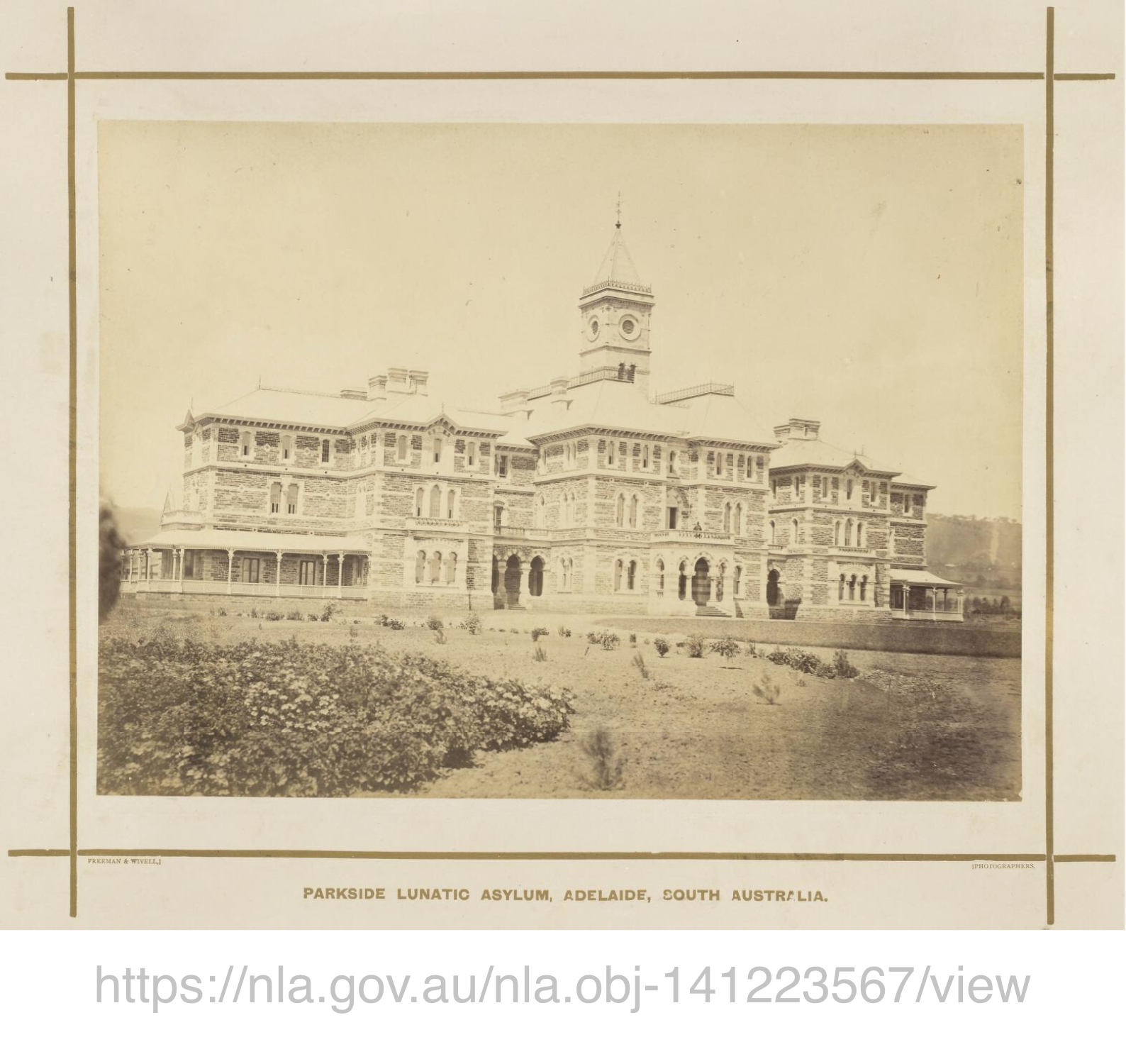
By November 1898 Robert was found at Melbourne, Victoria (VIC) in Australia. He was boarding the ship Adelaide I destined for Port Adelaide, Albany, and Fremantle, South Australia (SA). He was 21 years old traveling in steerage under the name of A. McFarlane. It is uncertain where he went when he landed, but it is quite certain where he ended up with five years, Parkside Lunatic Asylum in Renmark, SA near Adelaide.
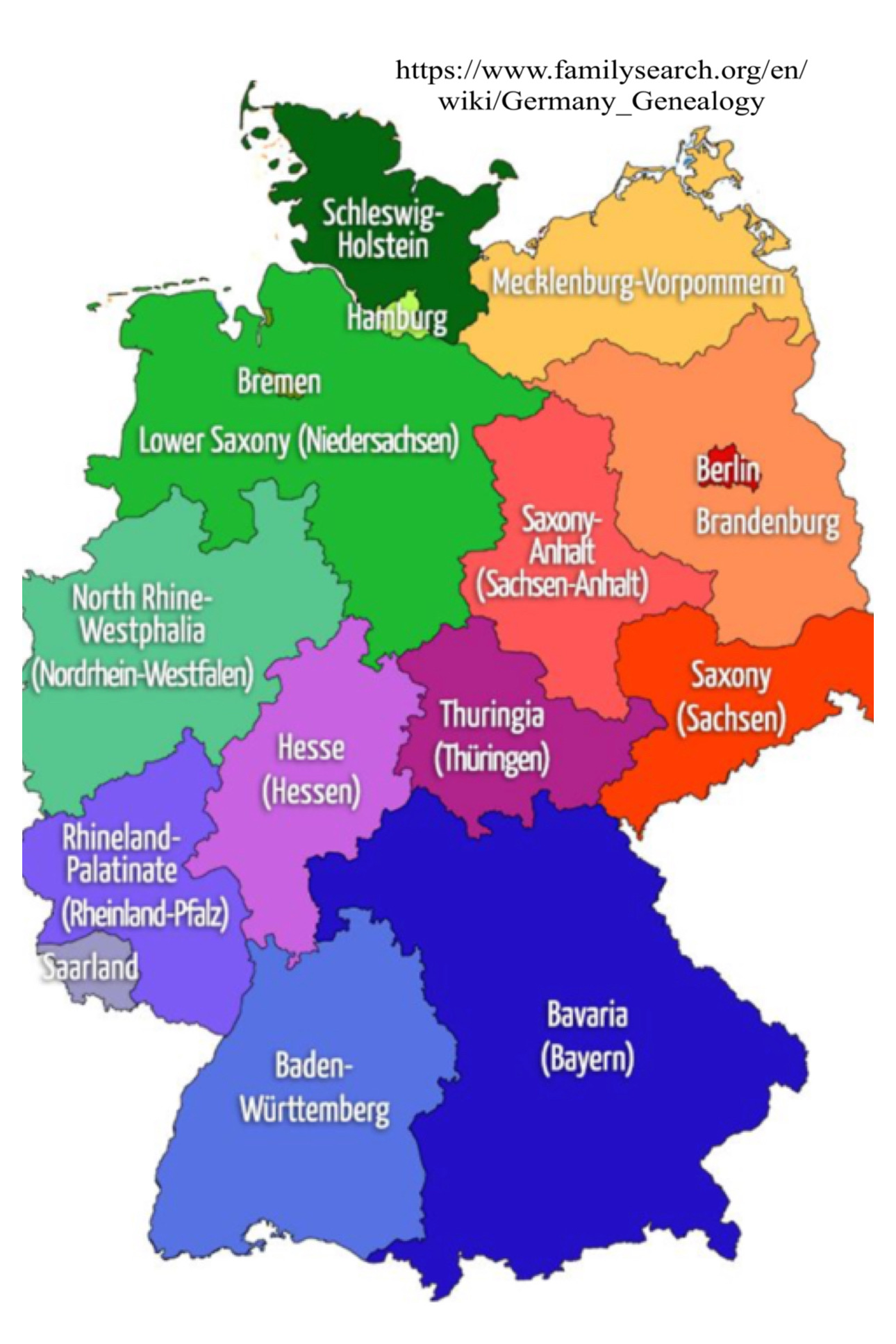
Do you know where your German ancestors' place of origin is? There is no central repository of records in Germany, and during the period when the highest amount of emigration occurred there was no standard of what records were kept and preserved. What does this mean? Your German research will need to be done with local records.
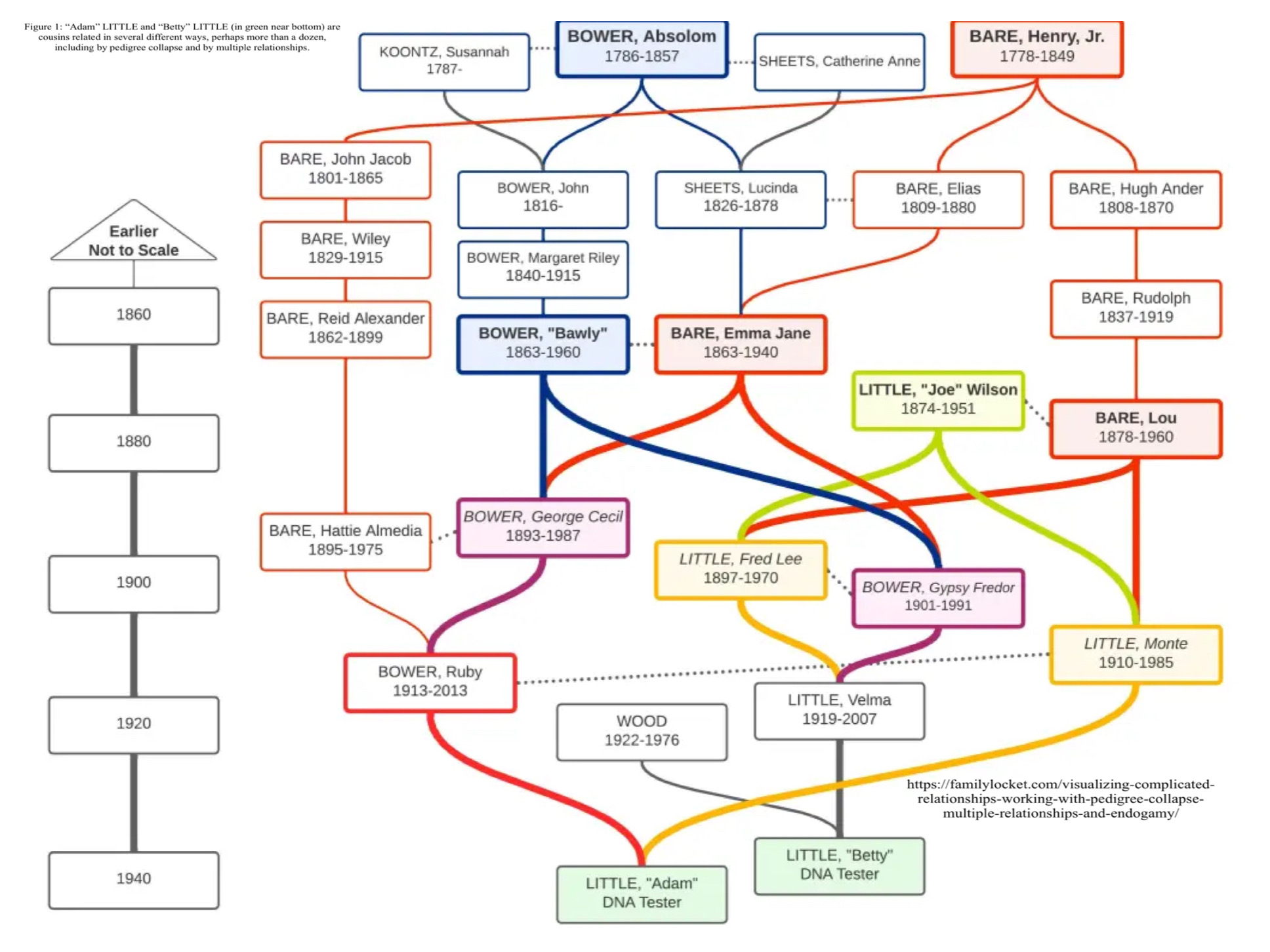
Have you ever heard the word endogamy? It is the way people within the same group marry over and over again. Some groups that have this issue are Acadian, Jewish, and Island populations, including Ireland. Another group of people it includes are those in isolated areas. An example are small towns where the same families have lived for generations. If you happen to have endogamy in your family line it may cause issues when you go to figure out how you are related to those relatives you have found doing DNA tests. Yet, there are workarounds to this issue which we will discuss below.
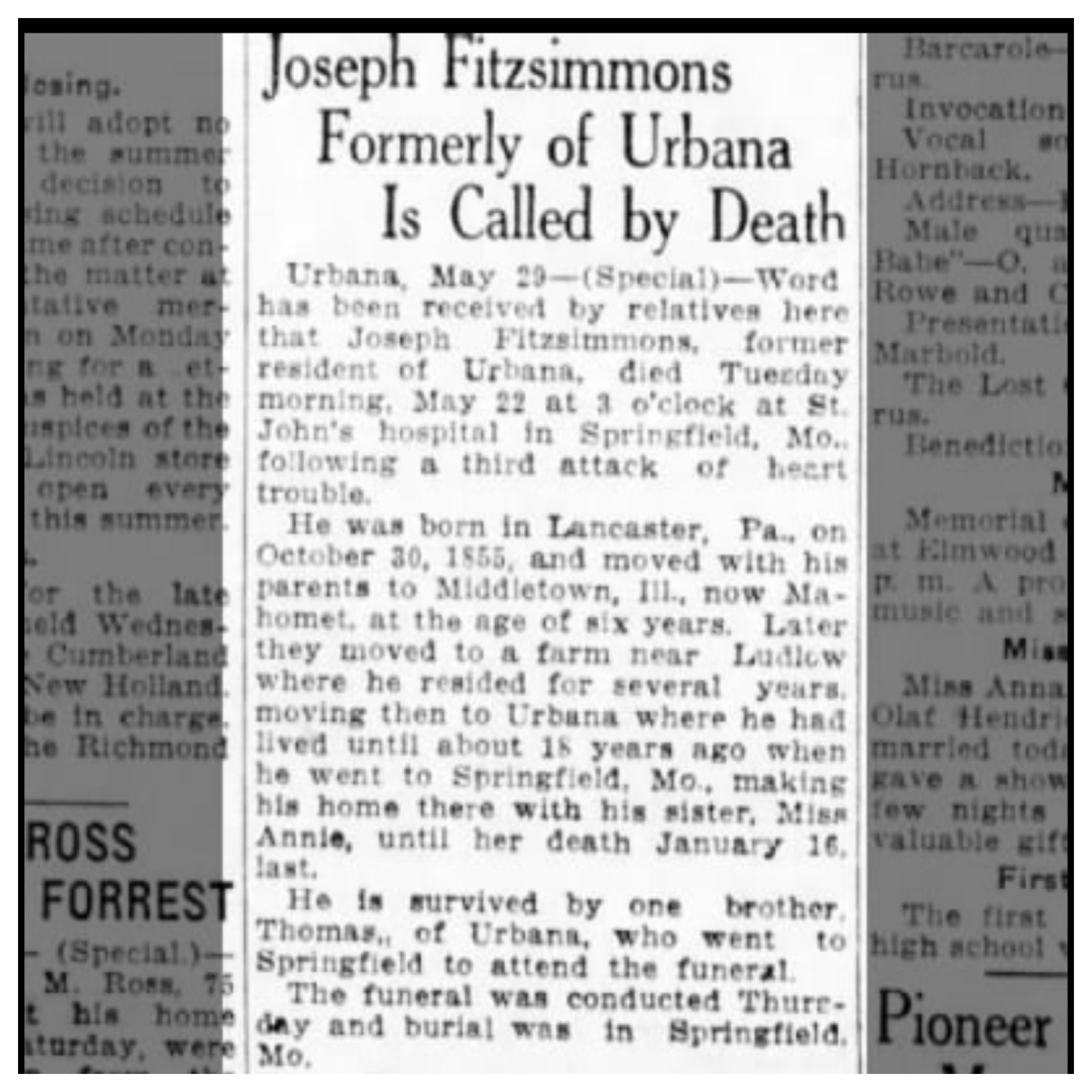
Are you utilizing newspaper articles and obituaries to find your ancestors? I remember when I was younger my grandma read the newspaper front to back, and then she would cut out any articles, obituaries, pictures she wanted to keep for her posterity. Of course I had no clue what that meant, but I knew she had a lot of clippings for whoever that posterity was. I am grateful that she did that, but I am even more grateful that I can now get online and find newspapers! Especially given that in many cases I did not know where ancestors had lived so finding articles or obituaries has opened many doors and expanded our family trees. Newspaper articles used to tell you all kinds of information. It seemed like a person's life story sometimes. Which actually helped me with the people I am going to discuss today. And hopefully will help you too.
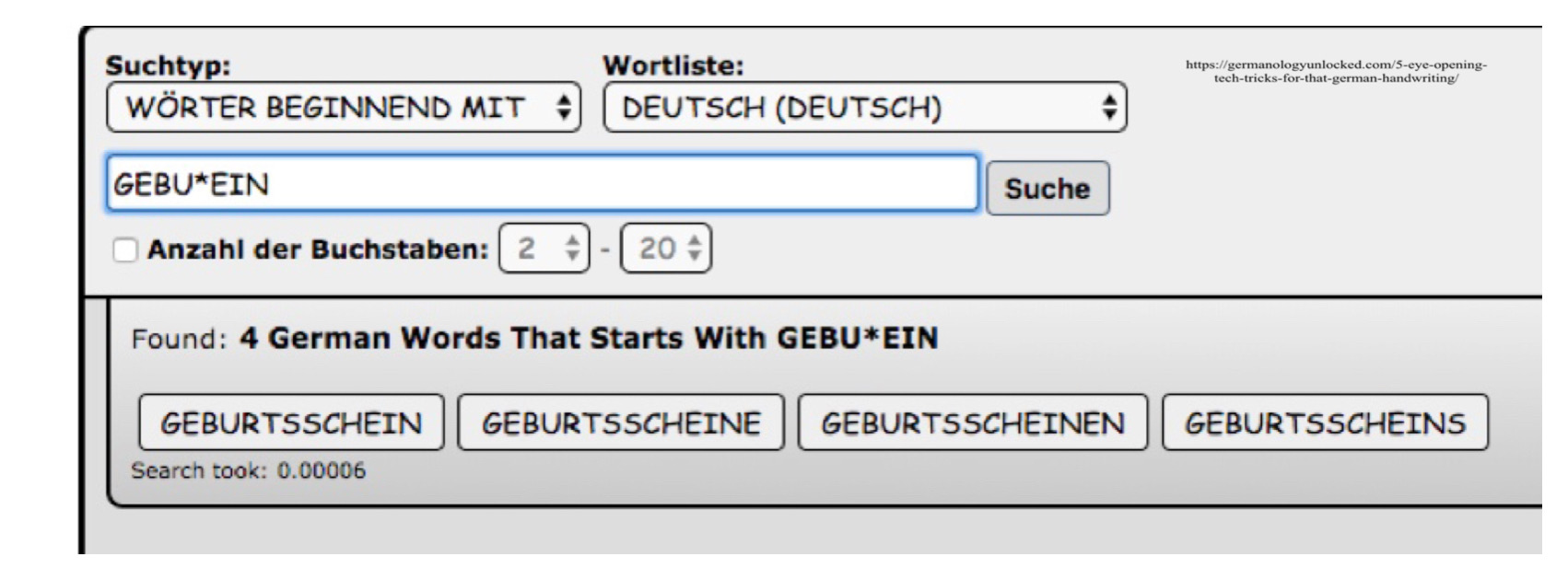
Do you have German ancestry? If you do you have more than likely run into issues with translating. Maybe it is the handwriting, or abbreviations and it is definitely the language if you do not know German. I would get so frustrated I even asked my husband, who picks up languages easily, to learn German for me. Desperate times call for desperate measures. This was all in the beginning of my genealogy journey and now after time, trial and error I have learned some tactics to help me decipher the information I find. Hopefully these tips will help you decipher those old German handwritten documents.
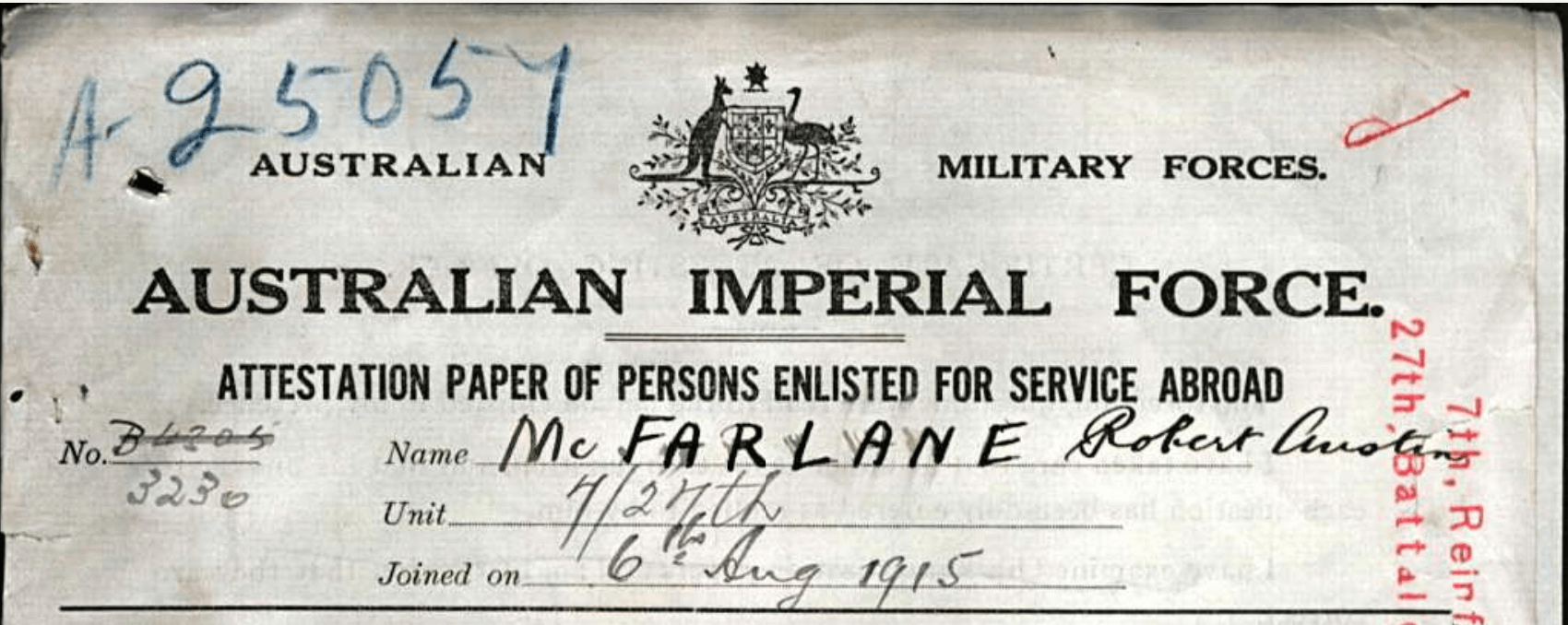
This is the fifth installment in our on-going series about Robert Austin Shearn - A Criminal in the Family. This is a timeline of Robert’s life including his escapades Down Under. He did get back to Europe briefly, but he generally spent the rest of his days in New Zealand and Australia where he died and is buried.
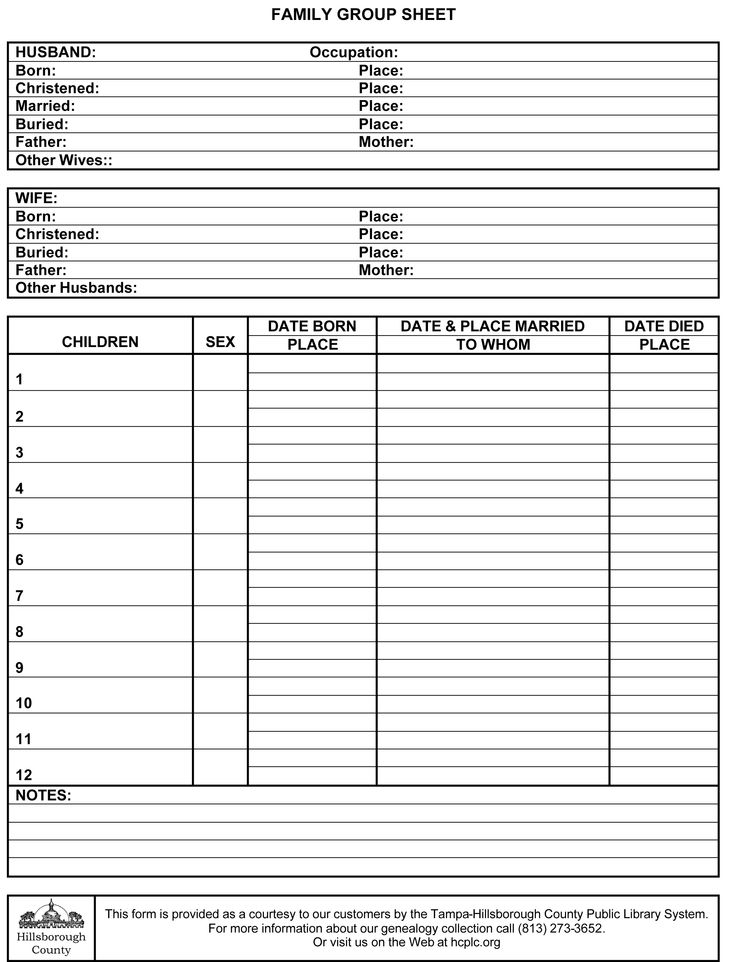
While the world we live in today is full of divorce and remarriage, it did happen before this last generation. While not in the numbers as today I have run into divorces in the early 1900s. Either way divorce and remarriage happened, how do we add all of this to our family trees? It depends on what kind of family tree you are making, it is just for research or for decoration. Are you using a pedigree chart or a family group sheet? Maybe you are using a five generation ancestor chart. Below we will go over different ways to add everyone to your genealogy.
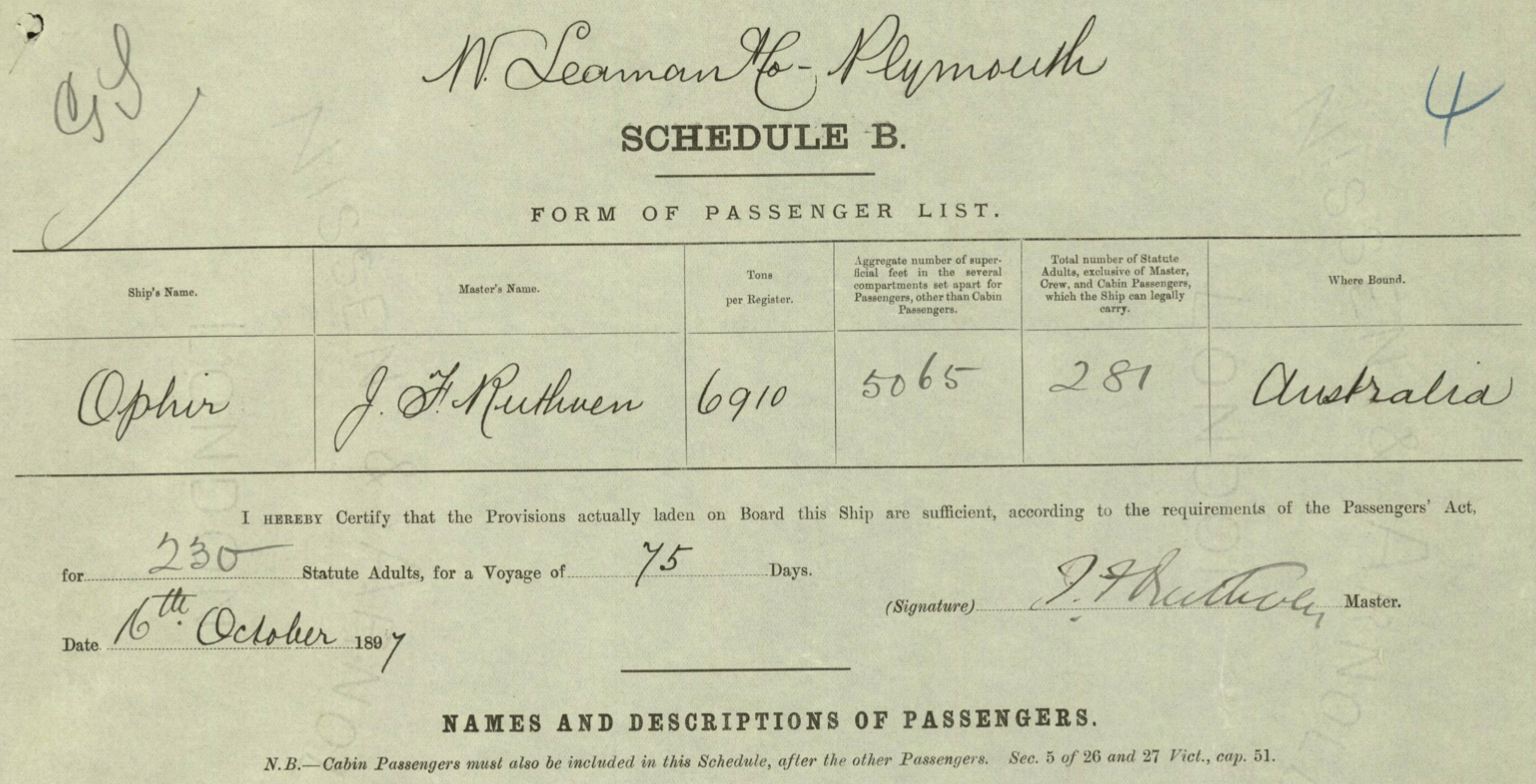
In our last A Criminal in the Family post we went over Robert Austin Shearn’s UK military record. He signed up for a six year term but only served about nine months. His service term was “Purchased.“ That happened on 17 June 1987. On 16 October 1897 he was on a ship headed for Australia. Last time we asked, Why? And did this have anything to do with his father removing him from his will on 12 March 1898?
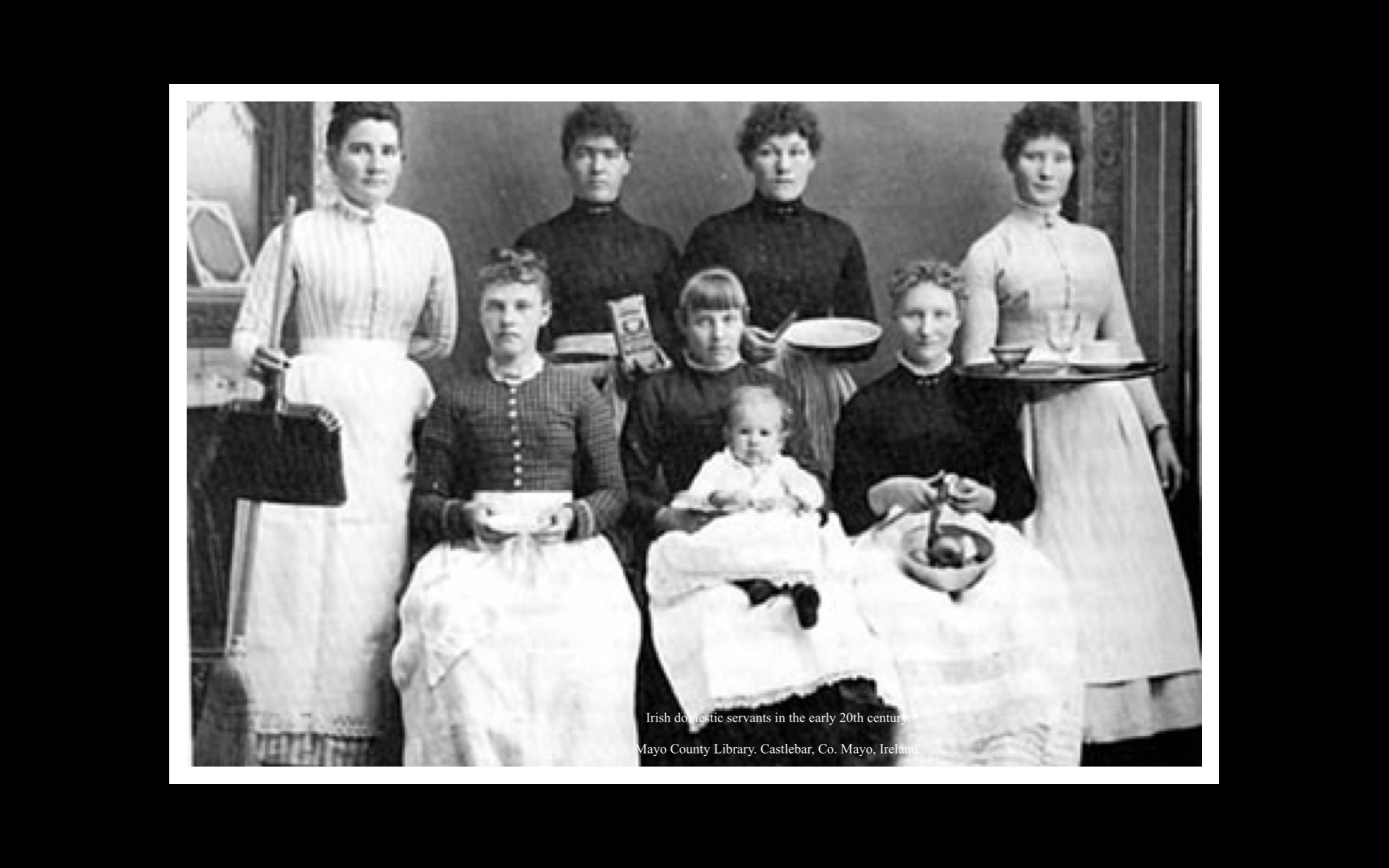
Having just passed the anniversary of a woman’s right to vote, it made me stop and once again contemplate what was available to women as far as work when many of our ancestors were coming to this country. What did my female ancestors who came here for a new life do for work? Especially if they came without their family or a husband. Did you know Irish women were some of the only women to come without their family units? They also were as numerous as the Irish men coming but the women’s average age was 21 (Schlott-Gibeaux, 2020). After doing some research it seems as if domestic help was one of the most common jobs. While we may not think of this job by today's standards as good work, what was it like back then?
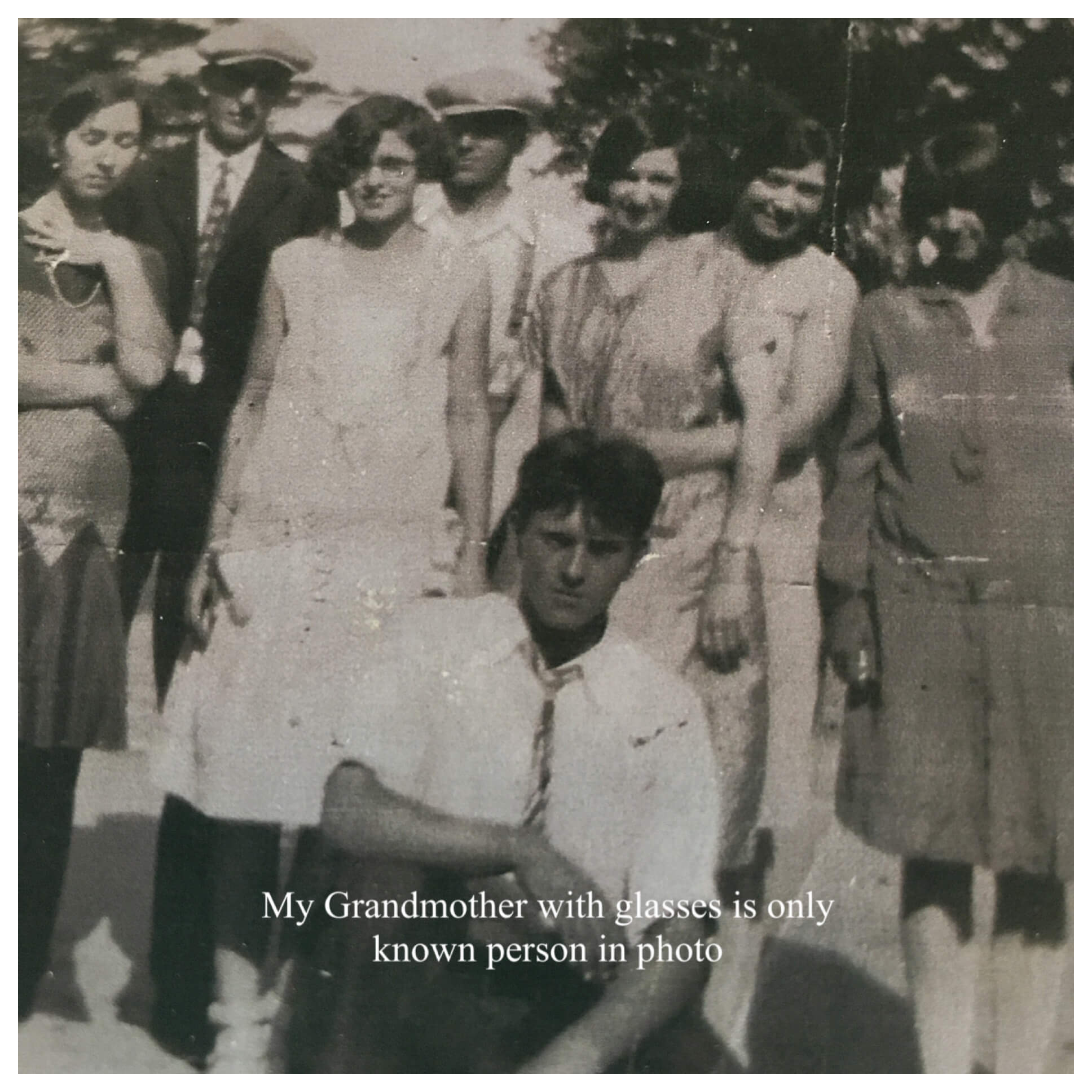
Do you have a family picture that no one knows who the guy in the back on the left is? While it may not be a guy or in the back row, we all have a picture or pictures where we have no idea who that one person is. Actually, have you ever had a picture where you only knew your relative? How do you go about trying to find out who is in the picture? You can start by using clues you are given such as the person or people you do know in the picture and something as simple as the clothes they are wearing.
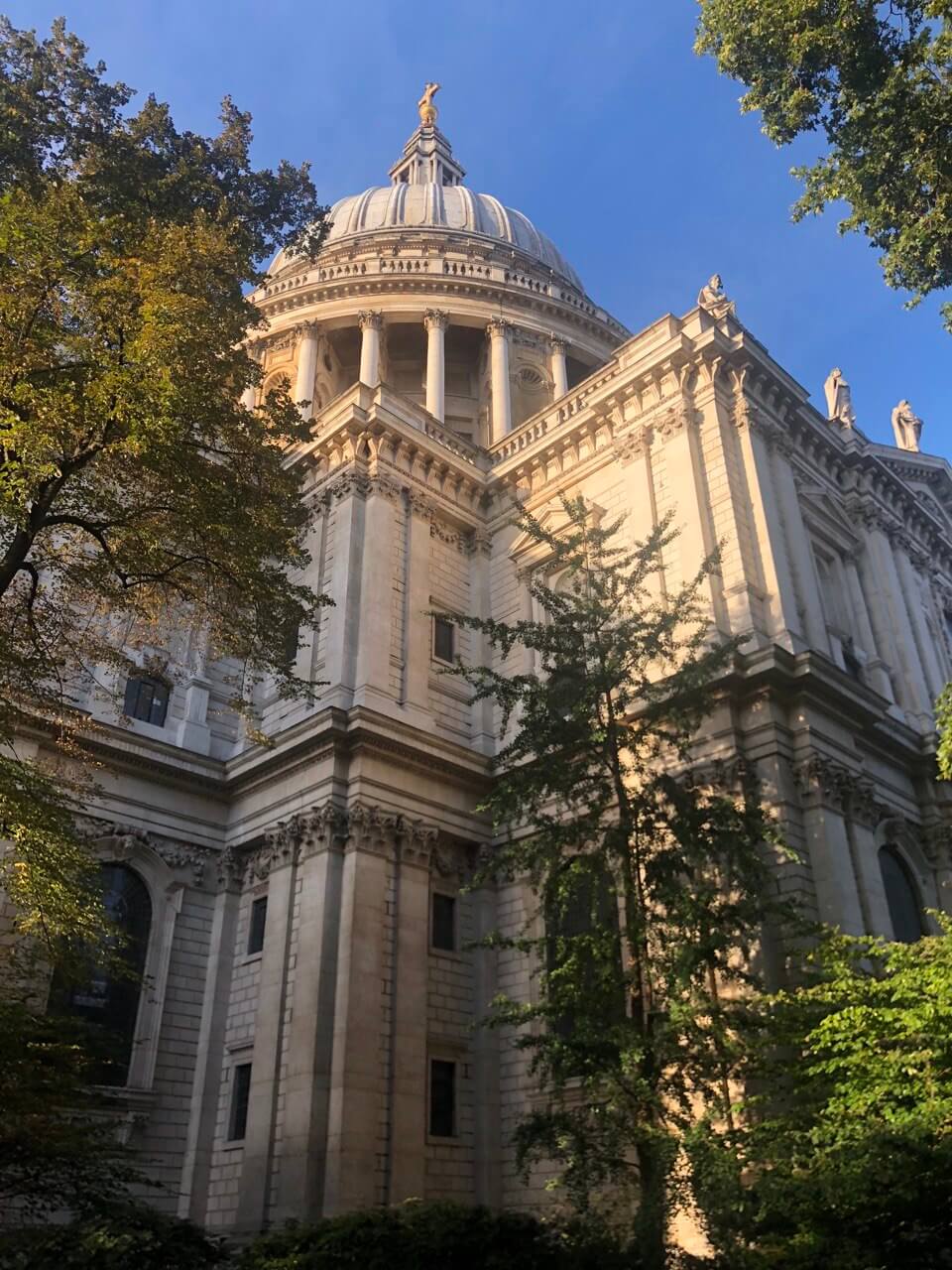
This is the third installment in our on-going series about Robert Austin Shearn - A Criminal in the Family. Robert Austin Shearn joined the British Army for six years on 30 Sept 1896, according to his attestation form.
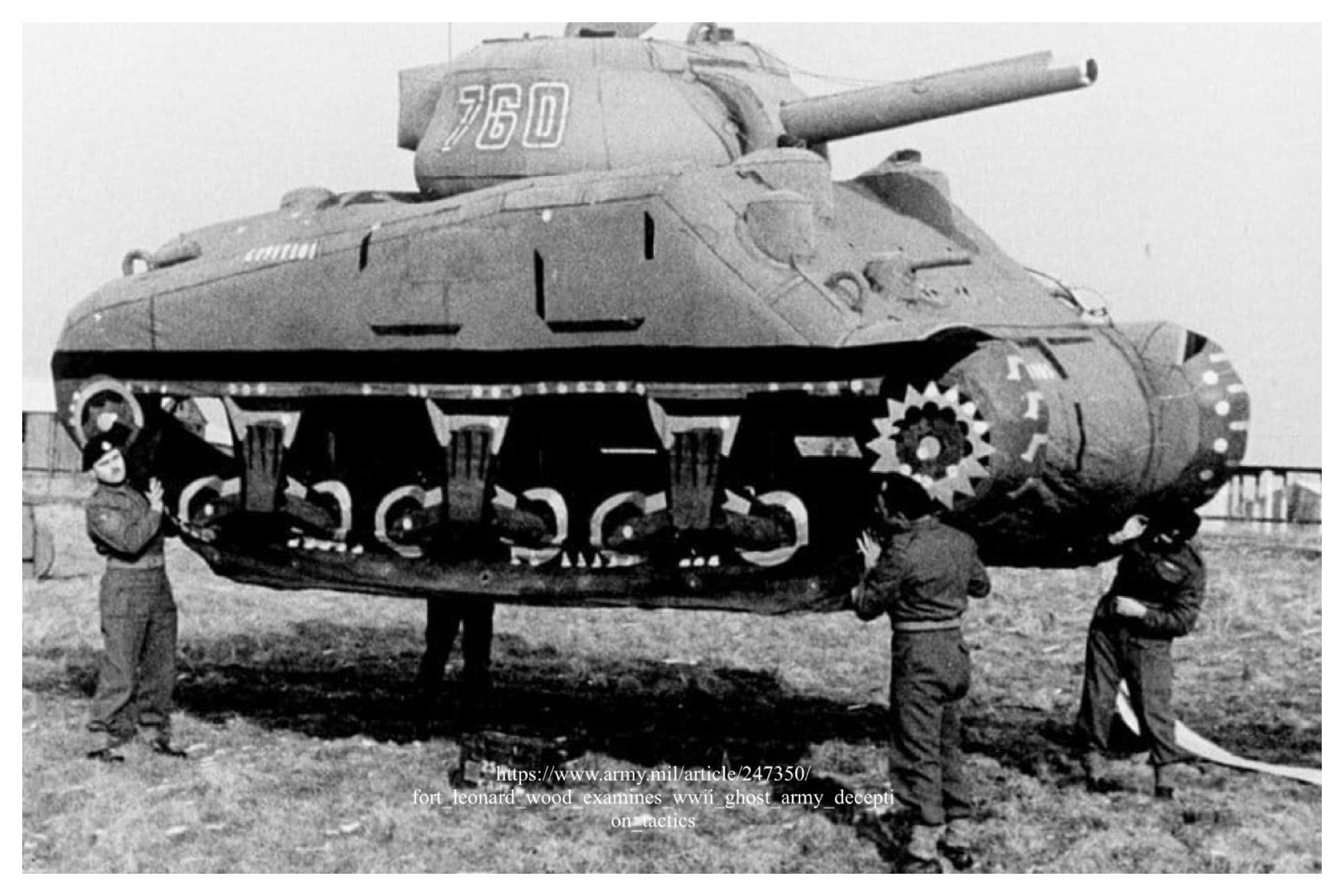
Have you heard of the Ghost Army of WWII? Have you heard of the 23rd Headquarters Special Troops? If you have not it is not surprising because these special troops were kept a secret for 50 years. The 1100 men of this troop were put together as a deception unit that created fake troop movements the last year of the war to create schemes to keep the German army unaware of actual troop movements. Besides the Headquarter (HQ) staff there were four companies; the 406th Engineer Combat Company, the Signal Company Special, the 3132nd Signal Service Company and 603rd Engineer Camouflage Battalion. Let’s see what each of these companies did to help keep the Germans in the dark.
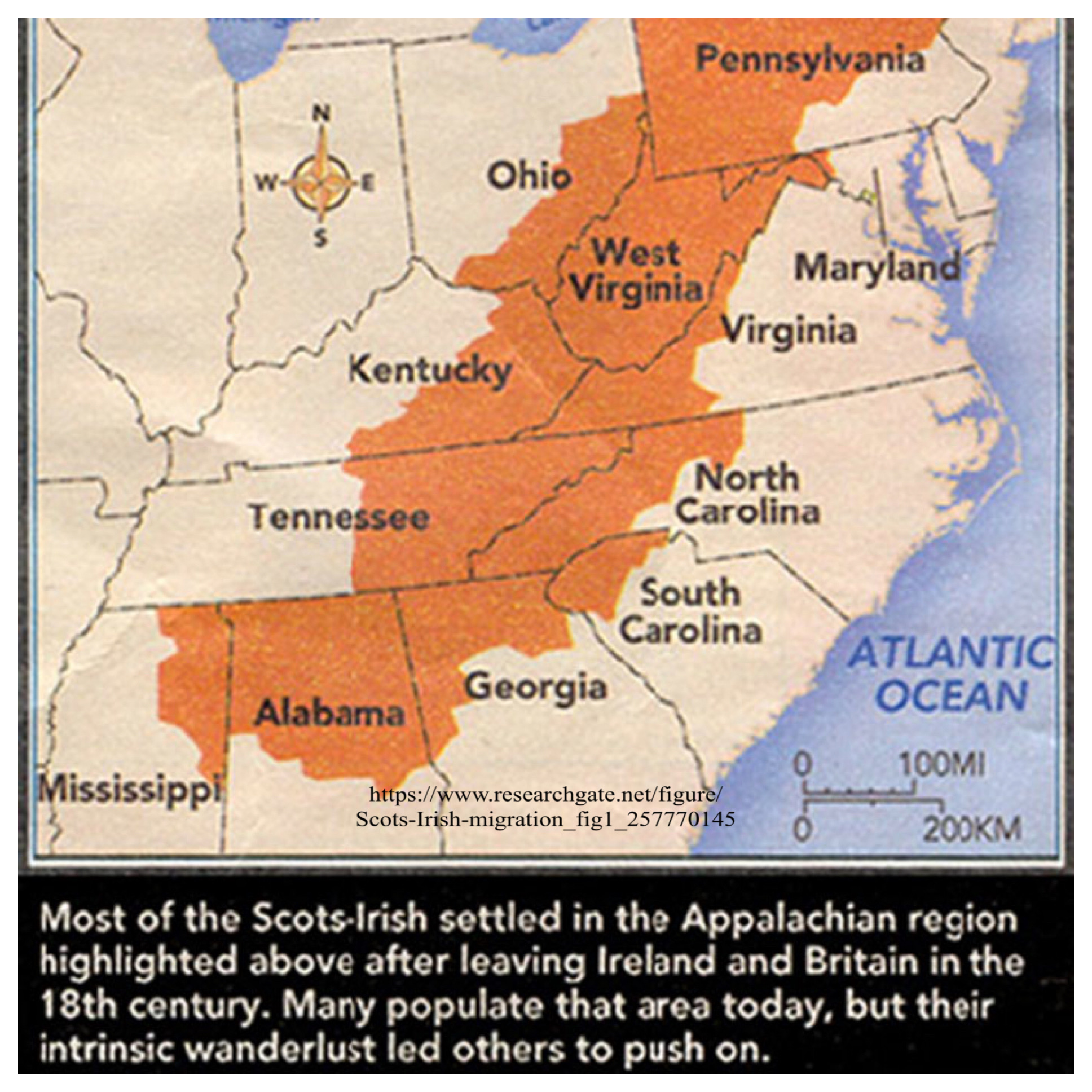
What do you know about the people who went from Scotland to Ireland and then ended up in America? What started the immigration? Why are there at least three different names these people go by? With all these changes it is no wonder it is a task to find your ancestors from these areas of the world. Hopefully knowing some of the following historical facts will help you in your search.

Last time we provided a short introduction to Robert Austin Shearn (1877-1940). He lived a troubled life and got into quite a bit of mischief. In that post, I wrote that Robert’s mother, Arabella Cowley, was Robert’s father, Charles Hall Shearn’s, first wife. She was Charles’ second wife. His first wife, Matilda Hart, gave Charles two sons, Charles James Hall Shearn (1858-1933) and James Parfitt Shearn (1862-1877).* Matilda died in early 1875. Charles and Arabella married on 27 April 1876.
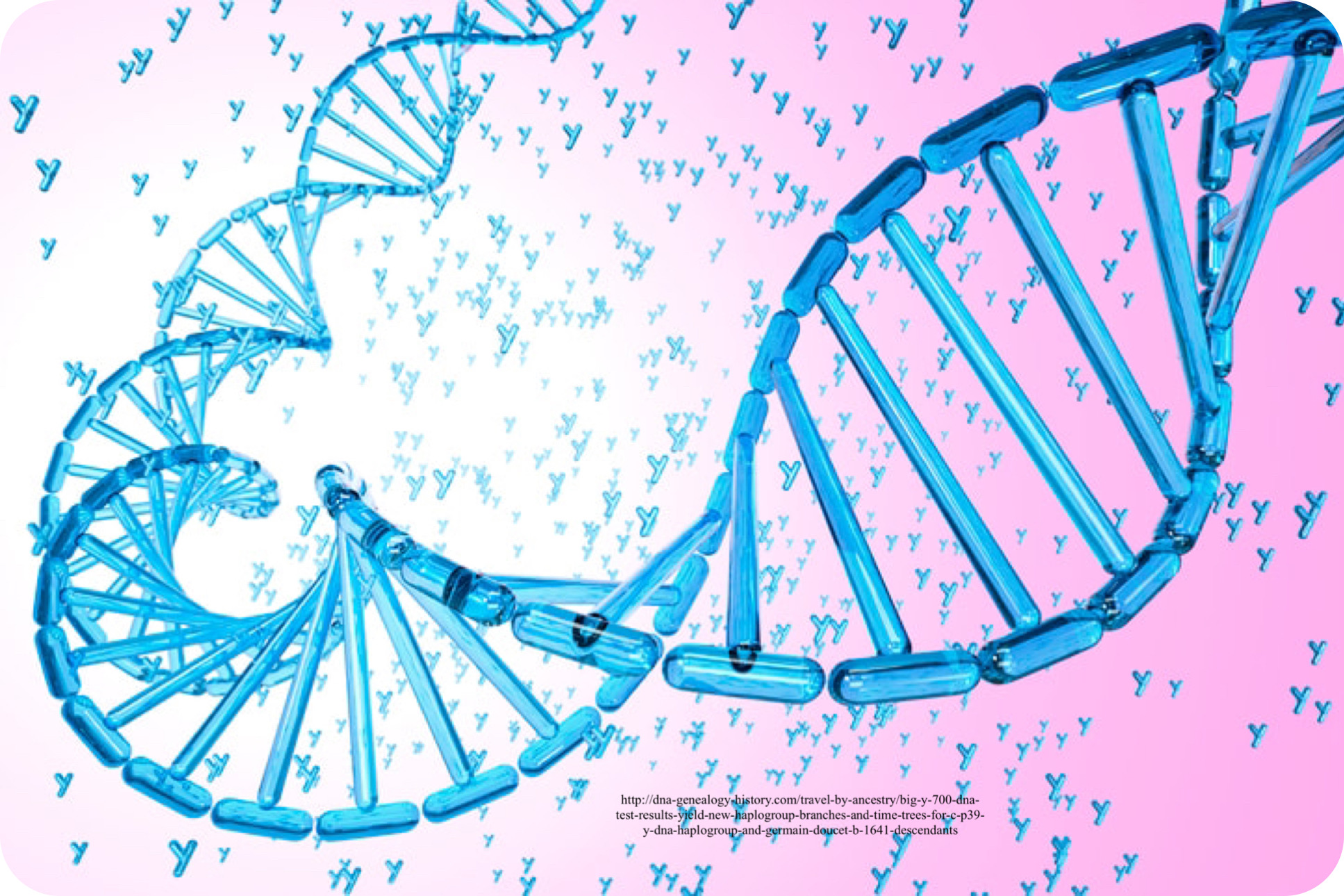
Do you have a brick wall that you cannot seem to break down? What steps have you taken to break it down? I know personally that brick walls can be a lot harder to break down than we can even contemplate sometimes. Both my husband and I have had brick walls that have not been easy to break down and both have been on paternal family lines. The first step outside of looking at genealogy websites for biographical information is to try a DNA test. Yet a DNA test does not go far enough sometimes, because you often need a more focused test. So you need to know what kind of DNA test will focus on paternal lines.
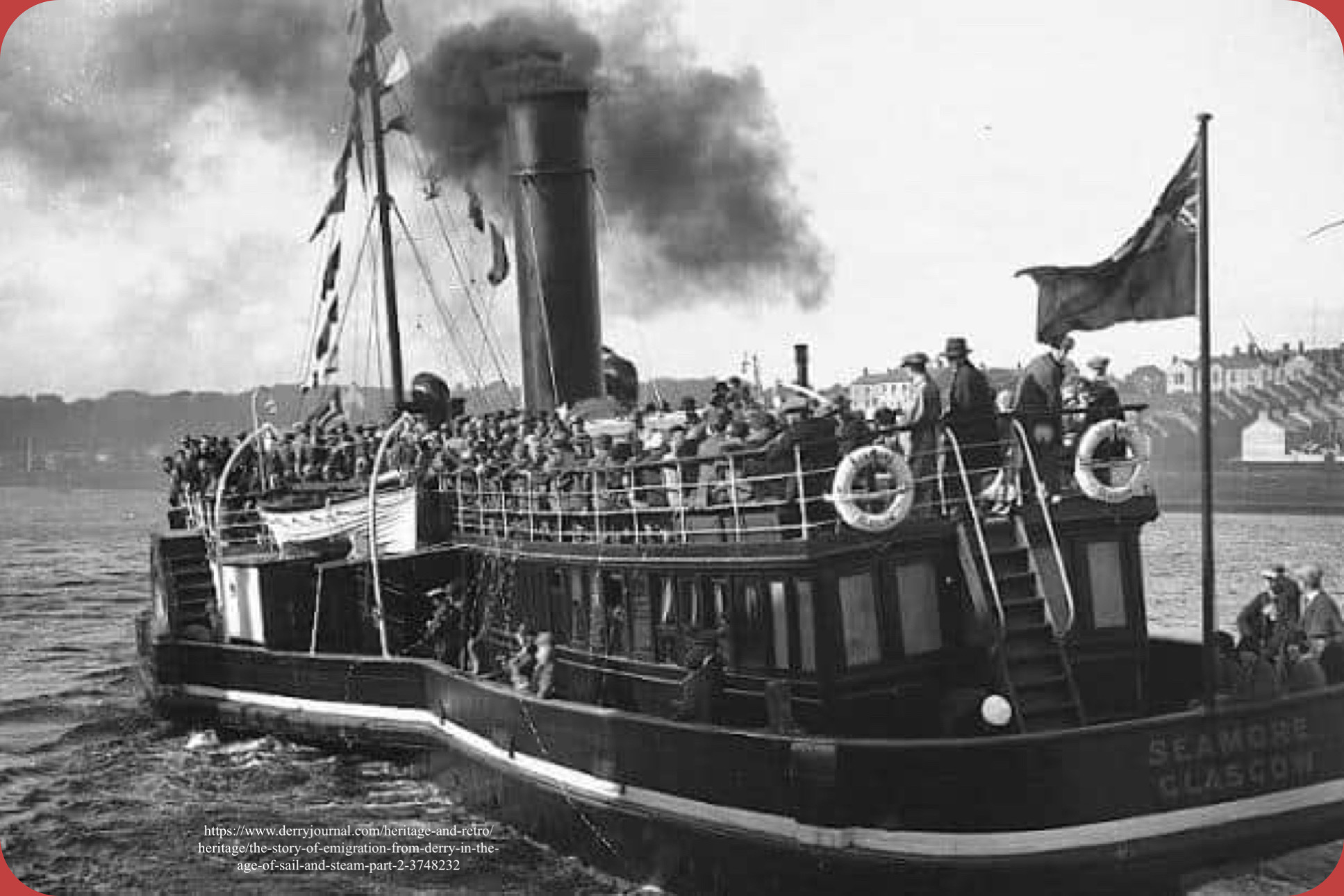
I was recently reading an article from IrelandXO and it stated that it has been estimated that “50 to 90 percent” of people in west Scotland have some Irish ancestry in their family tree. I knew there was some back and forth between islands but this would make it seem like there was more than I had understood. This article also gave new insight to places to look into where my ancestors may have immigrated from.
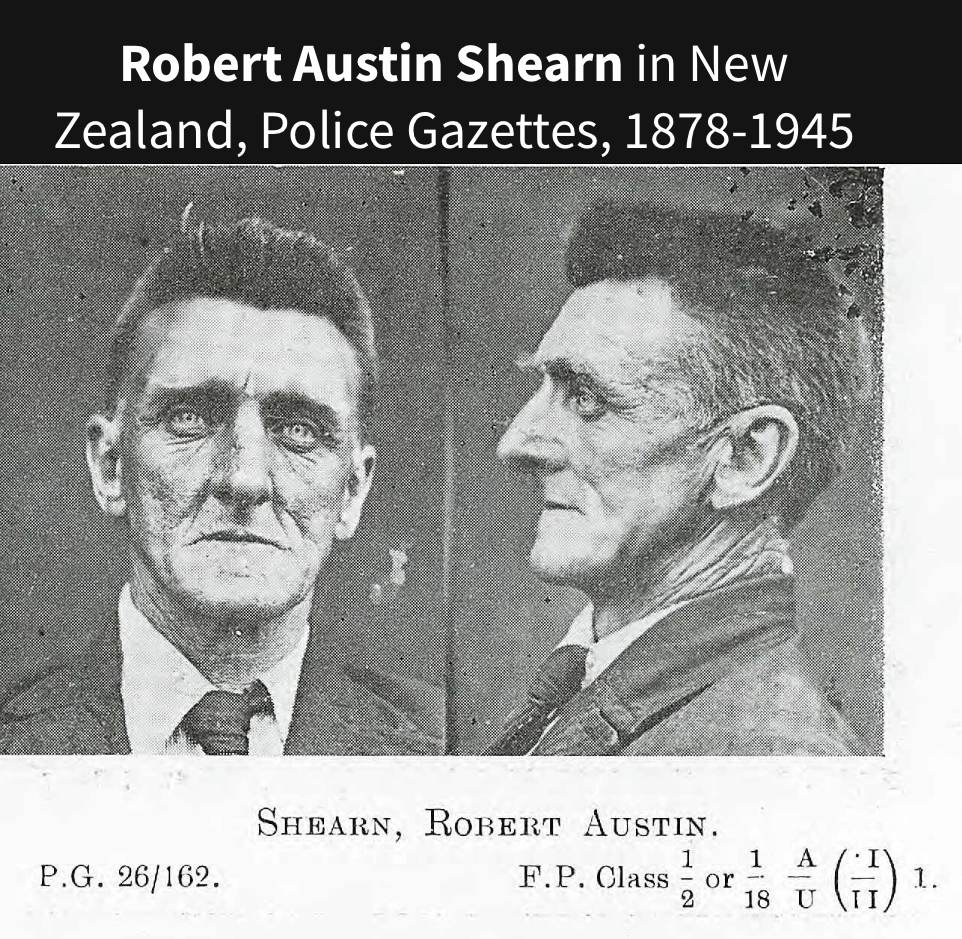
Last year as I read from the journal of the Somerset and Dorset Family History Society called Greenwood Tree, in the March 2022 edition called Opening Pandora’s Box: Your Surprise Discoveries, about folks who have found interesting people including criminals in their family lines, I was reminded of one of my own.
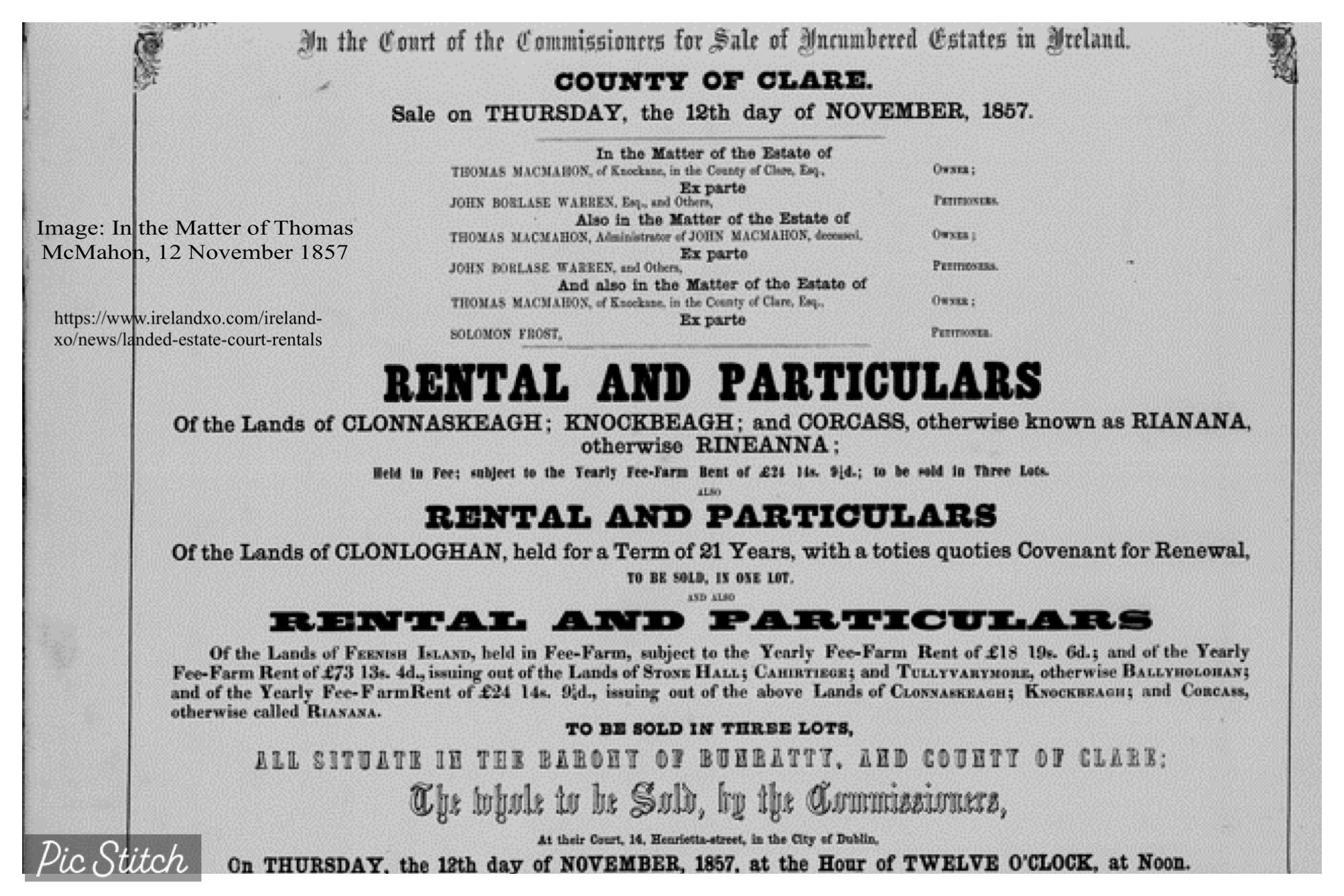
Do you have ancestors from Ireland? Did they own land or were they tenants or sub-tenants of the person who owned the land? Have you ever looked into Landed Estate Court records? Landed Estates were properties held by families who were given lands confiscated from the Irish by the British. These lands generated an income for the owner, but the owner didn’t have to actually do the work of the estate. To get some perspective on how it worked 50% of the country was in the hands of 750 families (Ryan, Jane Halloran, IrelandXO, 2023). These families would rent to tenants who in turn would rent out parts to other tenants. But, where does the need for Landed Estate Court records come into play?
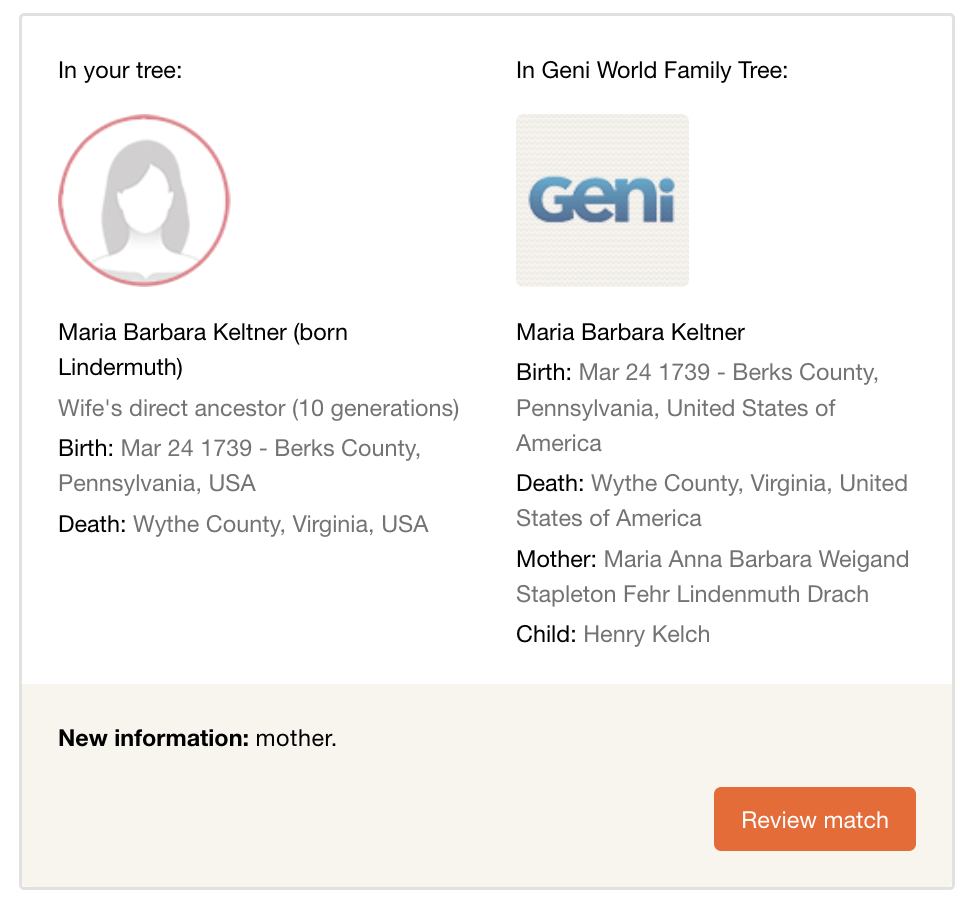
We mentioned MyHeritage.com a few weeks ago. They have this great tool called Theory of Family Relativity
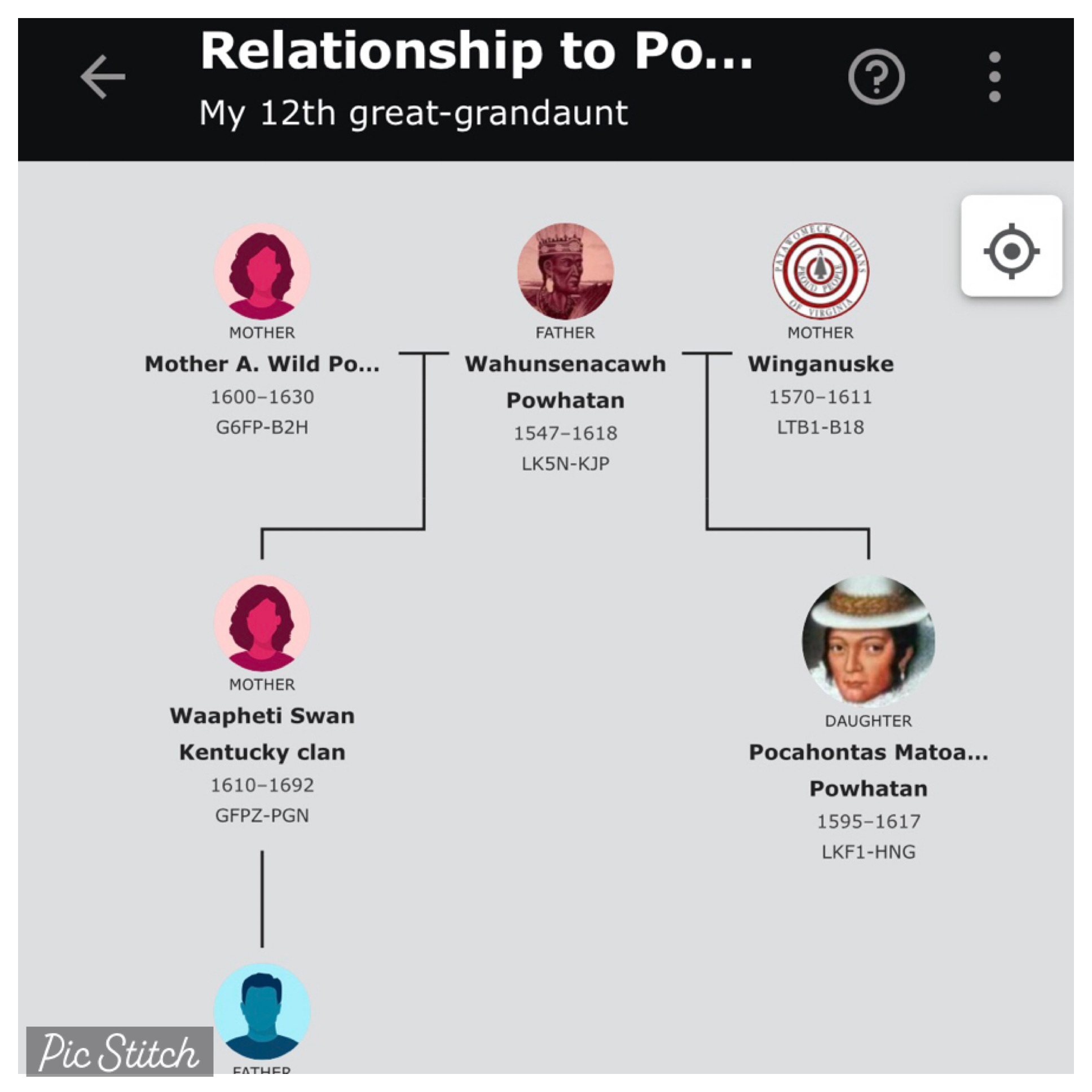
Did you attend RootsTech 2023? There were so many different options for sessions and classes. Like "Using DNA to Determine Relationships in 2023," "How to Filter and Sort Your DNA Matches," and many more. While I was not able to catch as many sessions as I had hoped, I was very focused on finding relatives that were also attending and finding out many of the people I know are distant relatives.
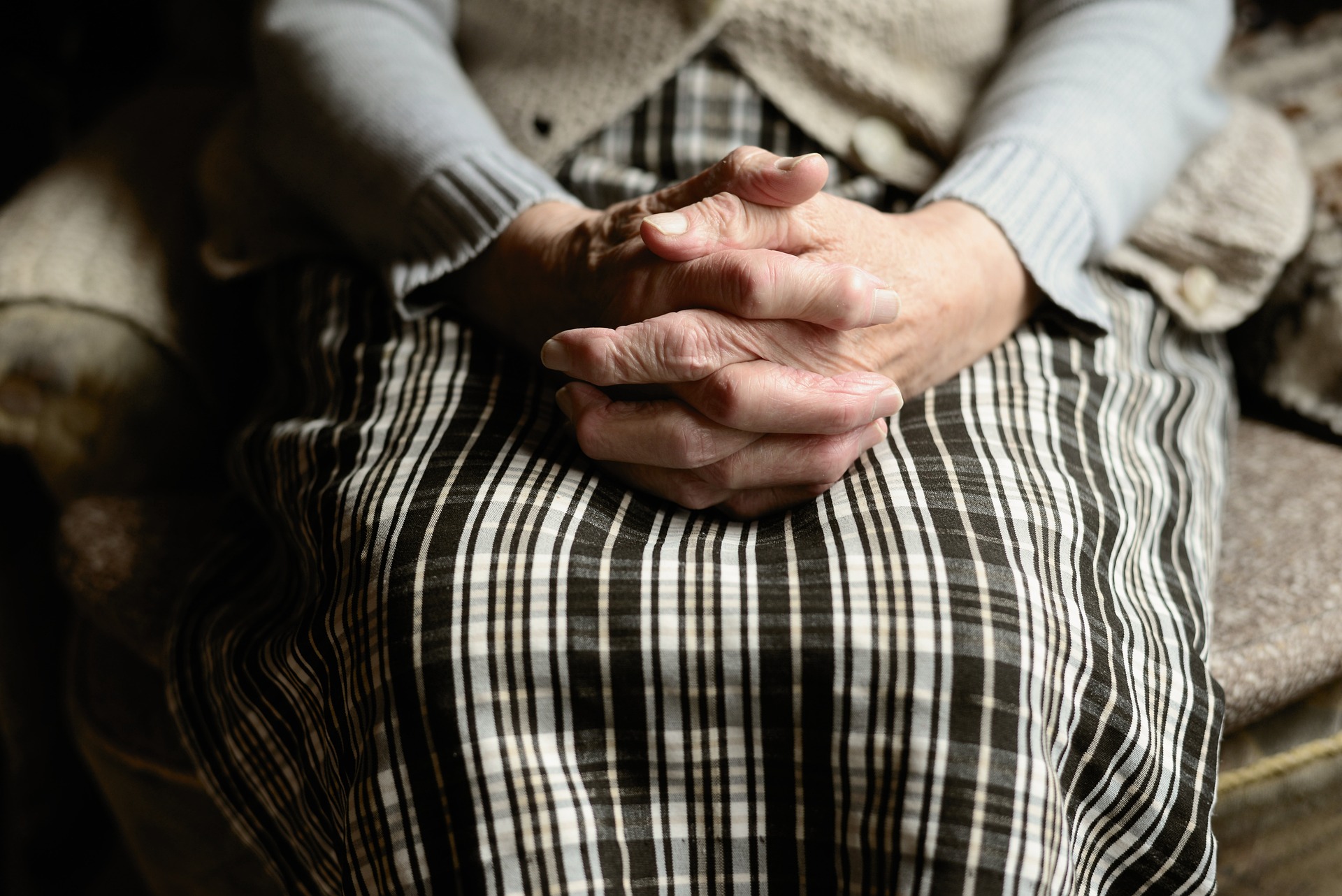
For many years Tracy’s Fitzsimmons family had an annual family reunion. Several folks from the different lines attended regularly. So when Grandma Fitzsimmons passed away, Tracy didn’t want to lose the special times and connections. She decided to manage the reunion. She took care of just about everything from the location to the invitations, the setup, and the cleanup. She always made sure to invite everyone to bring news of new additions to the family as well as information about those they knew from before. That way a lot of people were able to contribute to building of the family tree. When anyone has questions about birthdates or where someone was from or lived, they know who to ask. When someone passes away, often their family treasures such as photos, books of remembrance, etc. come to her. The family knows who takes care of these things.
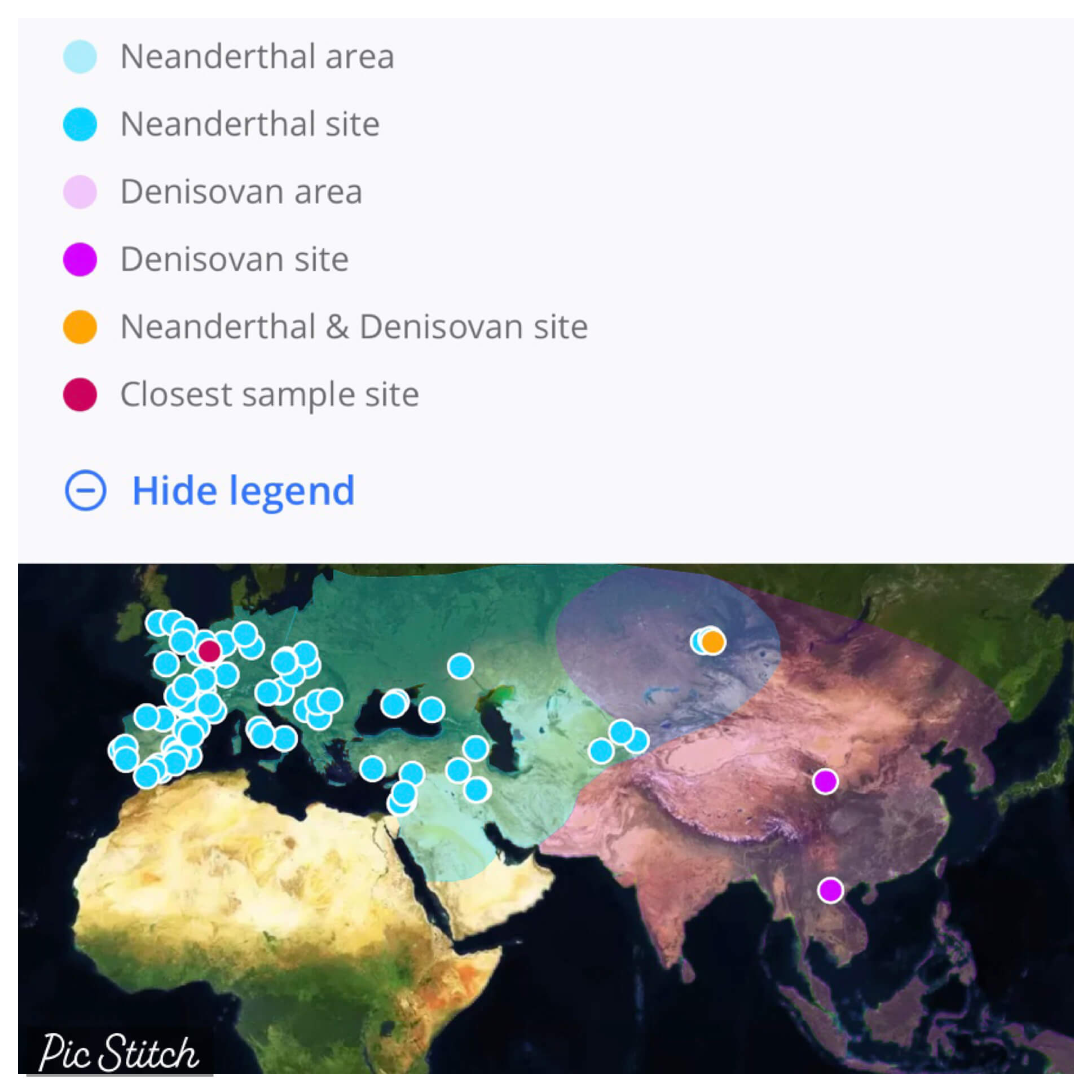
What do you know about your Archaic Human DNA? Before Homo sapiens became the dominant and only surviving human species there were also archaic human species. The period of time for these species dates back as far as 400,000 years and as recently as 15,000 years. As more and more analysis is done on DNA extracted from remains of ancient human species it is becoming clear that not all archaic humans disappeared completely. What survived? Neanderthal and Denisovan DNA has survived through interbreeding with more modern day humans thousands of years ago. Neanderthals can be found in all human populations outside of Africa, while Denisovans can be found only in Asia and Oceania.
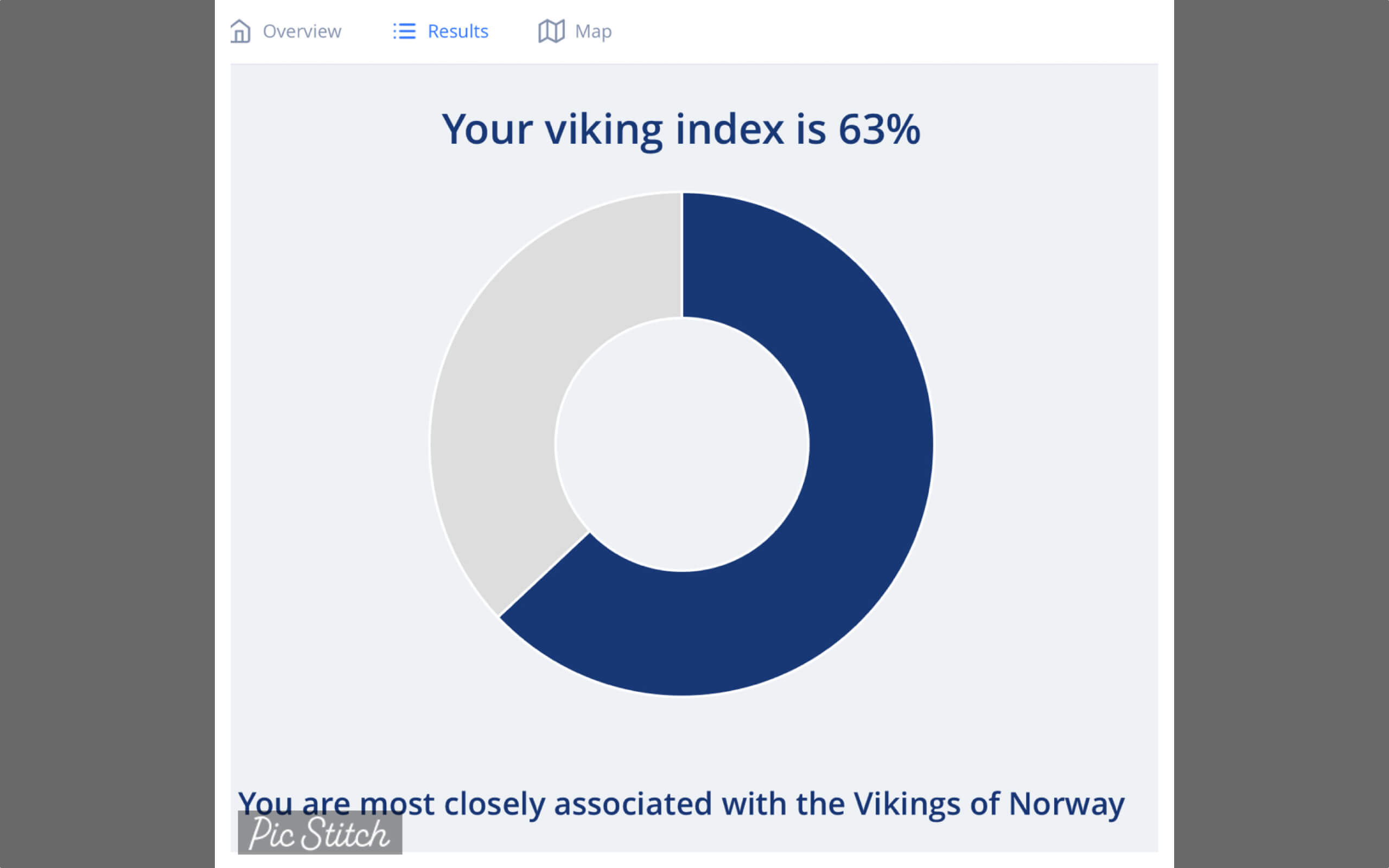
Vikings! What comes to mind when you think of Vikings? People who inhabited Scandinavia, spoke the same language, similar craft styles and traditions, one people. Yet, the Vikings that lived around 800 AD were not a single population. They ruled through local kingdoms and lordships. Places like Birka, Sweden, Hedeby, Denmark and Trondheim, Norway were considered places of regional power. Why is knowing this important? Because your DNA may be genetically similar to one of four different Viking groups.
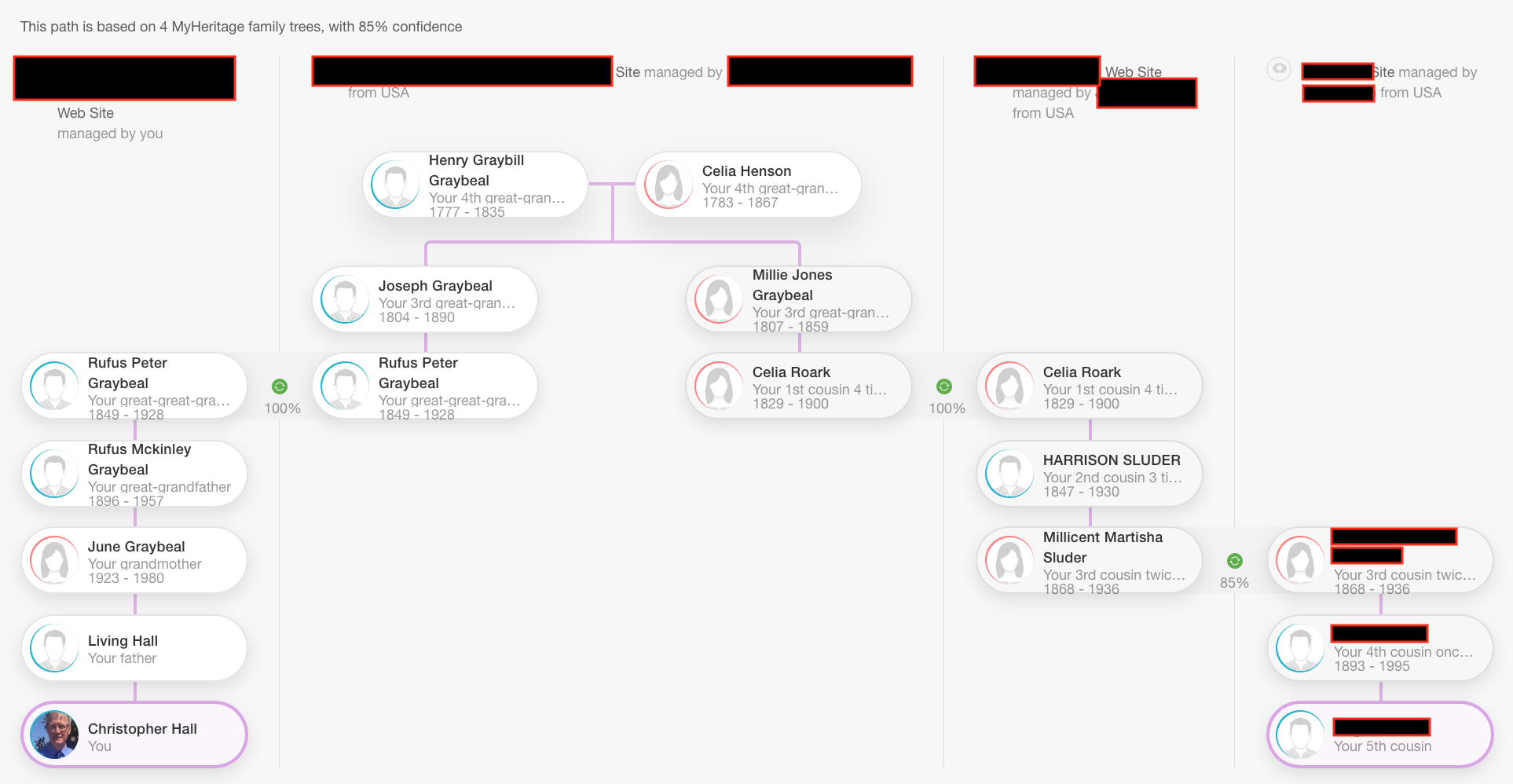
MyHeritage.com has a cleverly named, very useful tool called Theory of Family RelativityTM. It is an automated, cross-service, DNA matching tool. You can either purchase the MyHeritage.com DNA service or simply upload your existing DNA data into their database. Ancestry.com and 23&Me.com both offer download options to retrieve your data from them. You can then upload to MyHeritage. Other DNA services in addition to Ancestry.com and 23&Me.com probably offer download as well. According to MyHeritage:
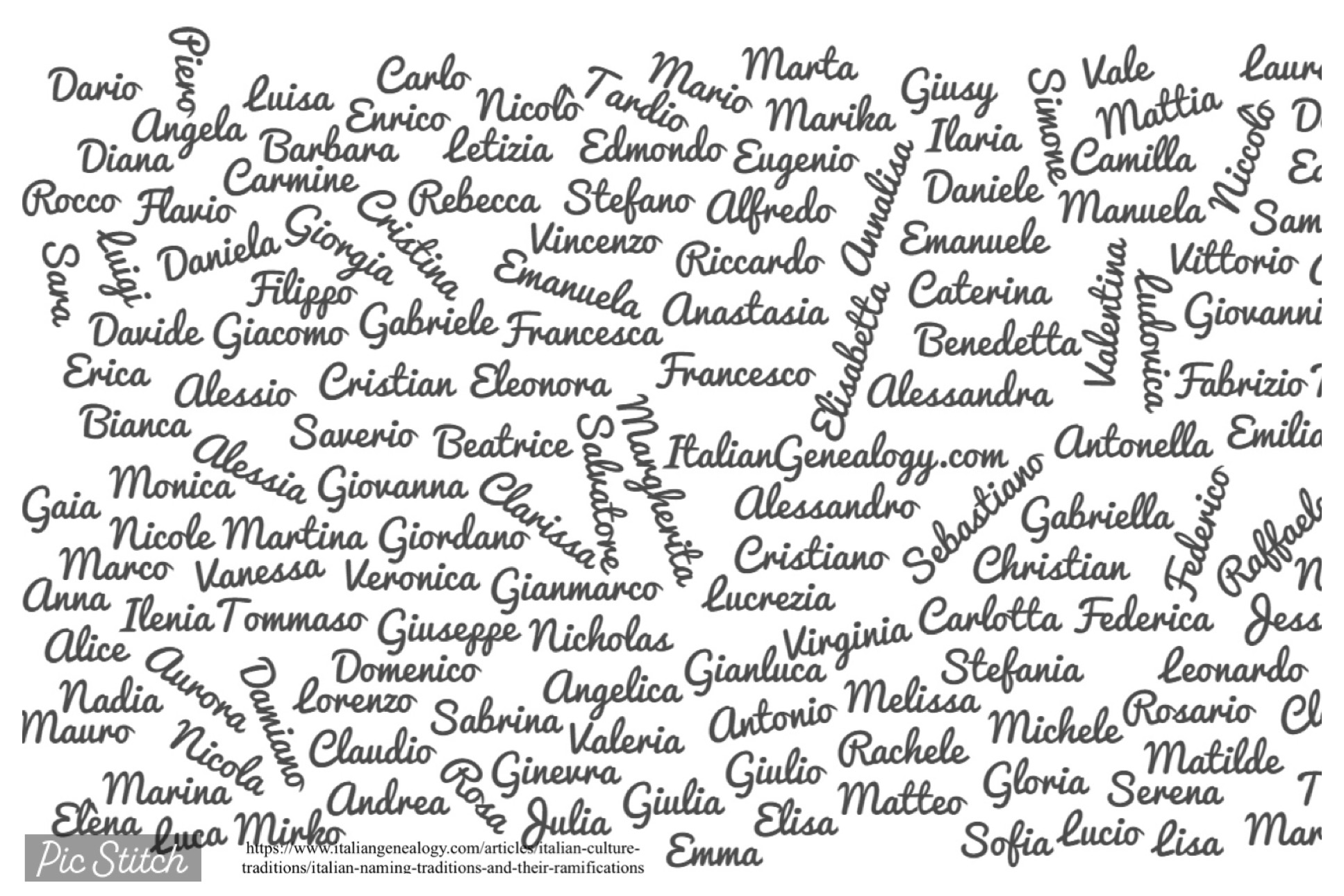
Have you used naming traditions while trying to break down your brick walls? Have they worked out for you? If you have brick walls that are back in the 1800s or before, I suggest you try using these traditions. Of course, not every family used them, or they used them and then the person used their middle name often even on government documents. There are always exceptions but naming traditions are a good first place to start in your journey to breaking down those break walls. Another thing to keep in mind is not every country used the same naming system, or they had exceptions to the rules.
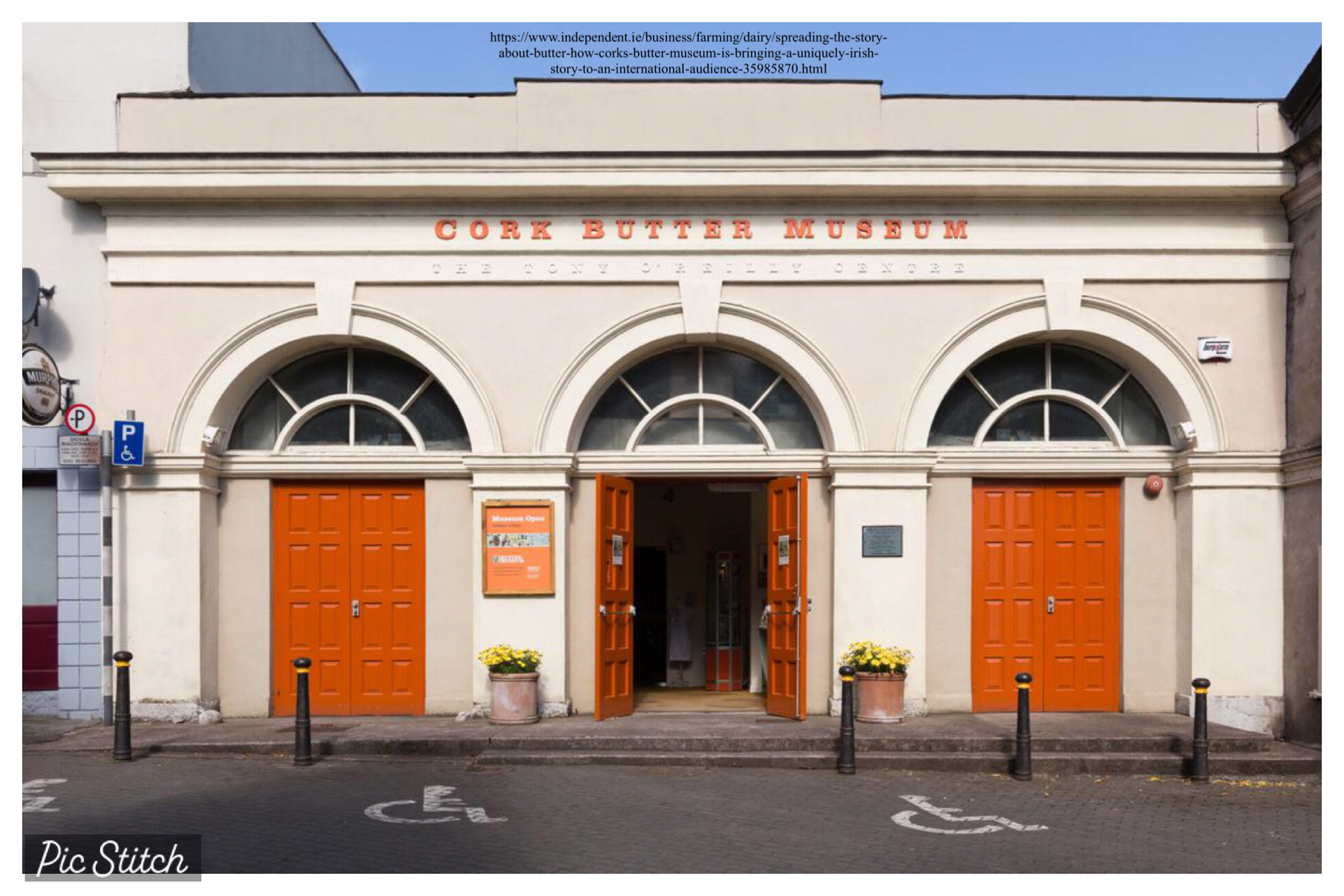
In my almost 50 years of life butter has gone through many phases of is it good for you or is it bad. My grandma, who was raised making her family’s butter, always said, don’t listen to these news people, hard work will kill you before butter will. While visiting Ireland it did not skip notice that they had some of the most delicious cheeses and butter. So when I recently stumbled upon an article about the Ireland butter roads I was intrigued. I went digging and found out what an interesting tale it is.
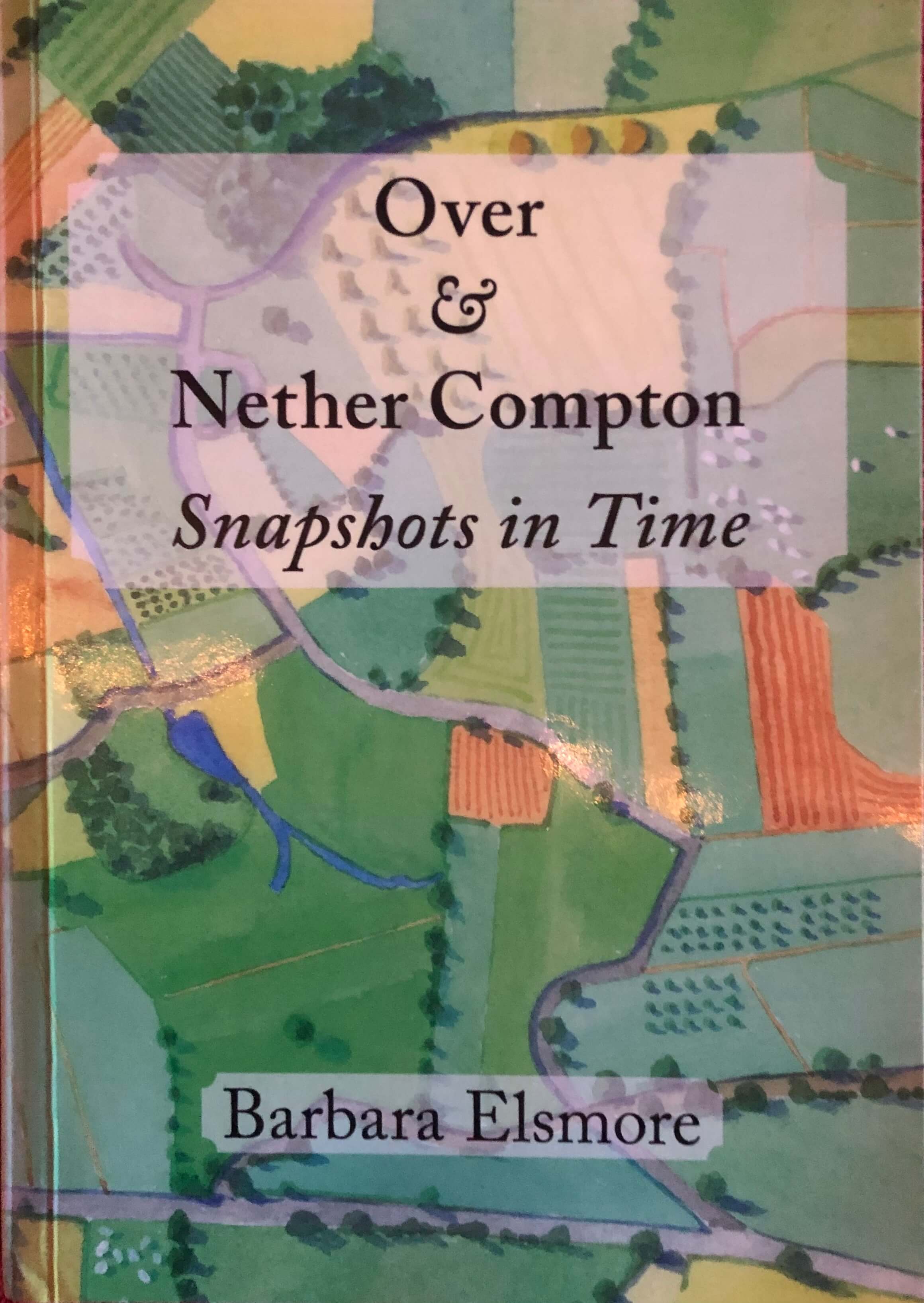
Not that long ago, we wrote about our family history narratives in Family History as a Narrative and briefly in Family It’s What We Talk About. Not long ago I received a book from a friend. Our friend wrote a bit of her family history as a narrative in Over & Nether Compton Snapshots in Time. It focuses on the villages of Over Compton and Nether Compton in Dorset, England not far from Yeovil and Sherborne. It covers the years 1862 to 1953. While the period covered is nearly one hundred years, it is detailed, informative, and entertaining and fills an entire 200+ page book.
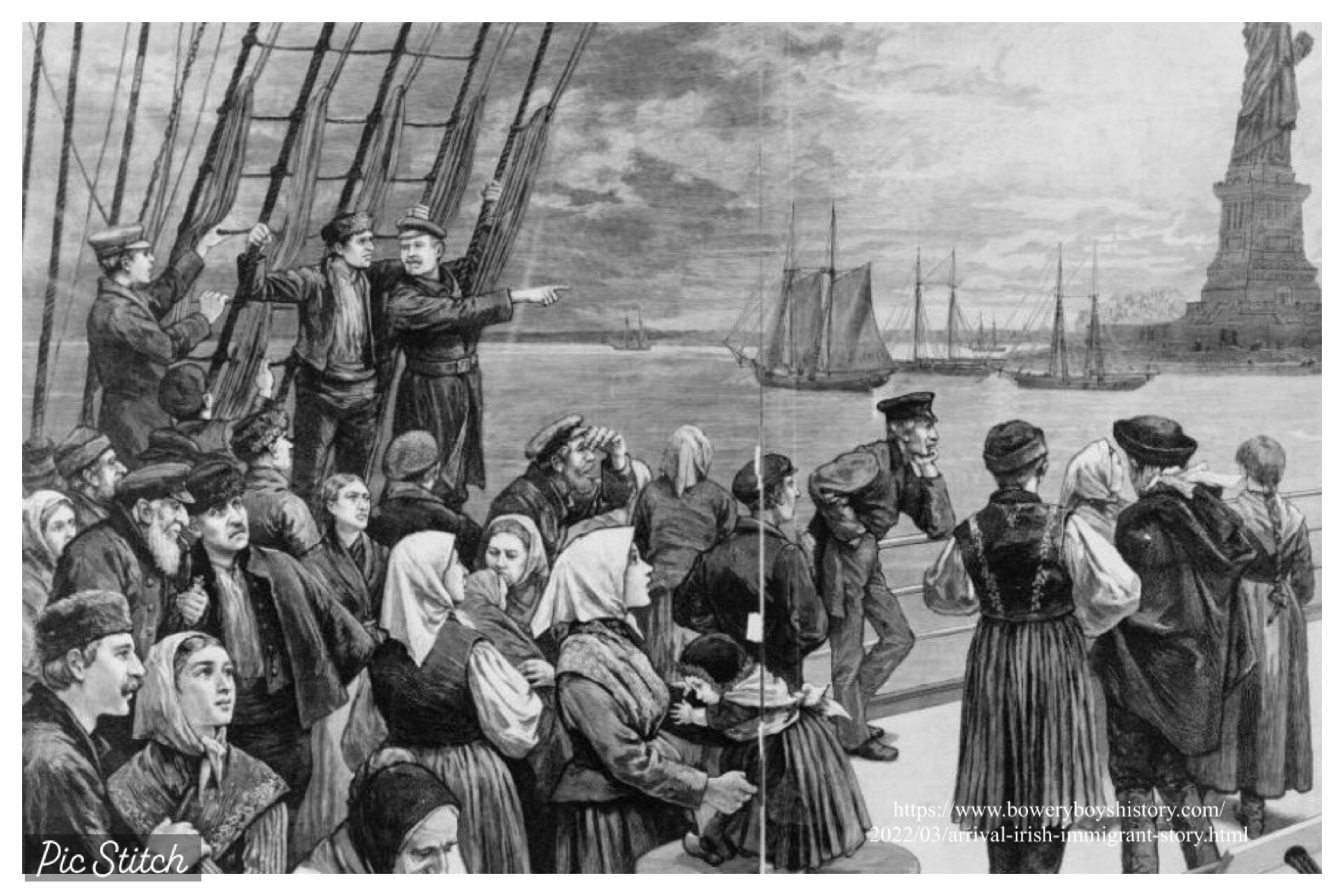
We spend a lot of time letting you know of new record releases on Findmypast. Why? Because they are where you go if you have ancestry from the British Isles. They have records that are exclusively from the United Kingdom’s National Archives and The British Library. Yet, if you have ancestors from England, Scotland, Ireland or Wales they also have an extensive parish and church records collection. But, did you know they also have a free records portal?
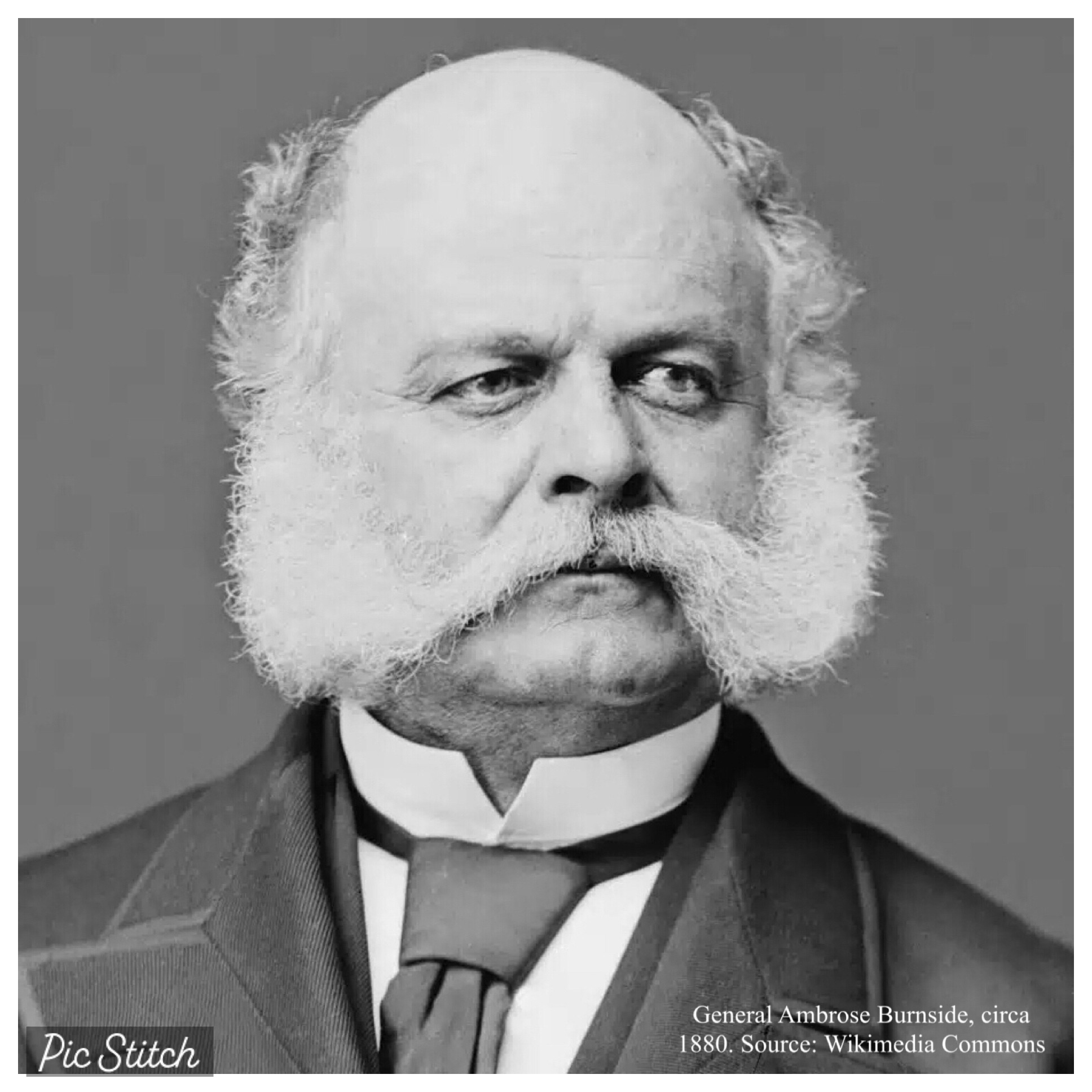
Have you ever looked at pictures of your ancestors and everyone has facial hair but the next generation is clean shaven? Maybe they have waxed mustaches to a point or even a pencil thin mustache. Maybe a full bushy beard or just under the chin beard. Facial hair could be a clue if you are not sure of the year an old family photo was taken, especially if it is a multigenerational photograph. Here are a few trends for facial hair in the United States over the years.

While I have rarely been one to make a promise to myself at the New Year, last year at the end of 2021, I decided that I would make an effort to change something about my life. I decided I should read more. I have always read things for work or school, but inspired by my sons who are all avid readers, I thought I should read more for pleasure.
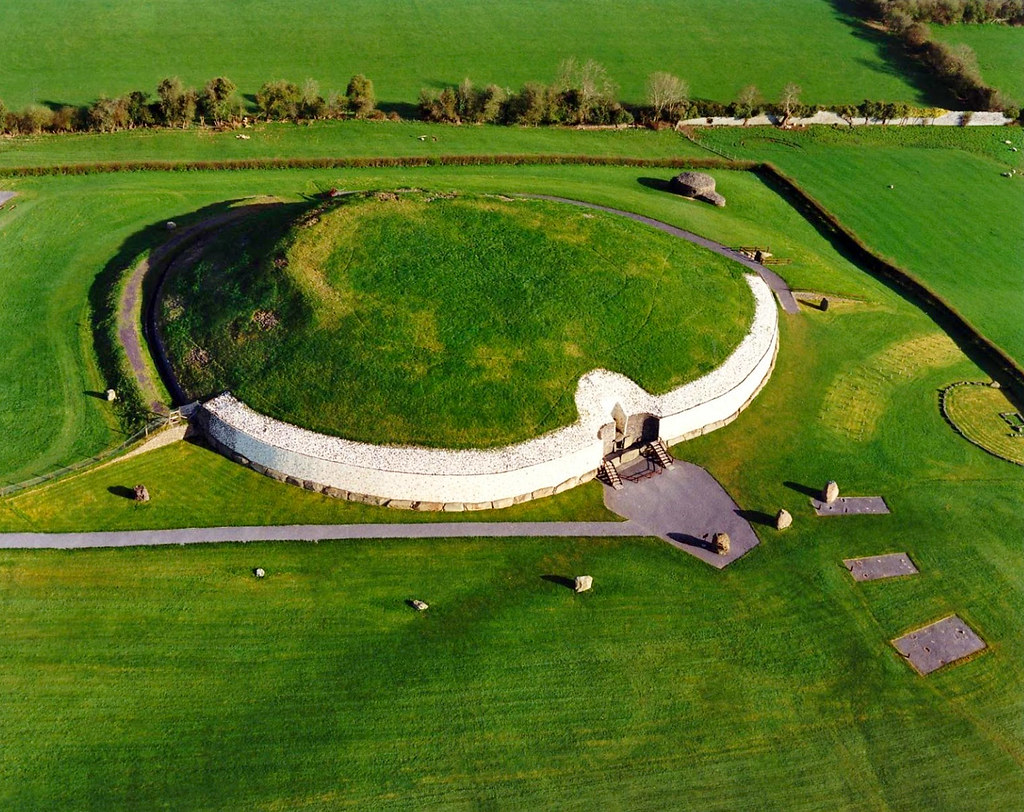
The Winter Solstice takes place in the Northern Hemisphere tomorrow 21 December. It is the day when the sun is at its lowest point and furthest away from the North. It is the so-called shortest day of the year when the time between sunrise and sunset is the least of the year. That also means that the night is the longest night of the year. Many cultures around the world celebrate the day. In Ireland for example, there are prehistoric monuments at Brú na Bóinne (Bend in the Boyne [river])[1] . These monuments were built during the Neolithic Period around 3200 BCE.[2] There are over ninety such monuments in the area.[3] Among these so-called passage tombs are Knowth, Newgrange, and Dowth. These mounded structures each have long corridors or passages inside of them. Newgrange has a special feature specifically for the Winter Solstice.
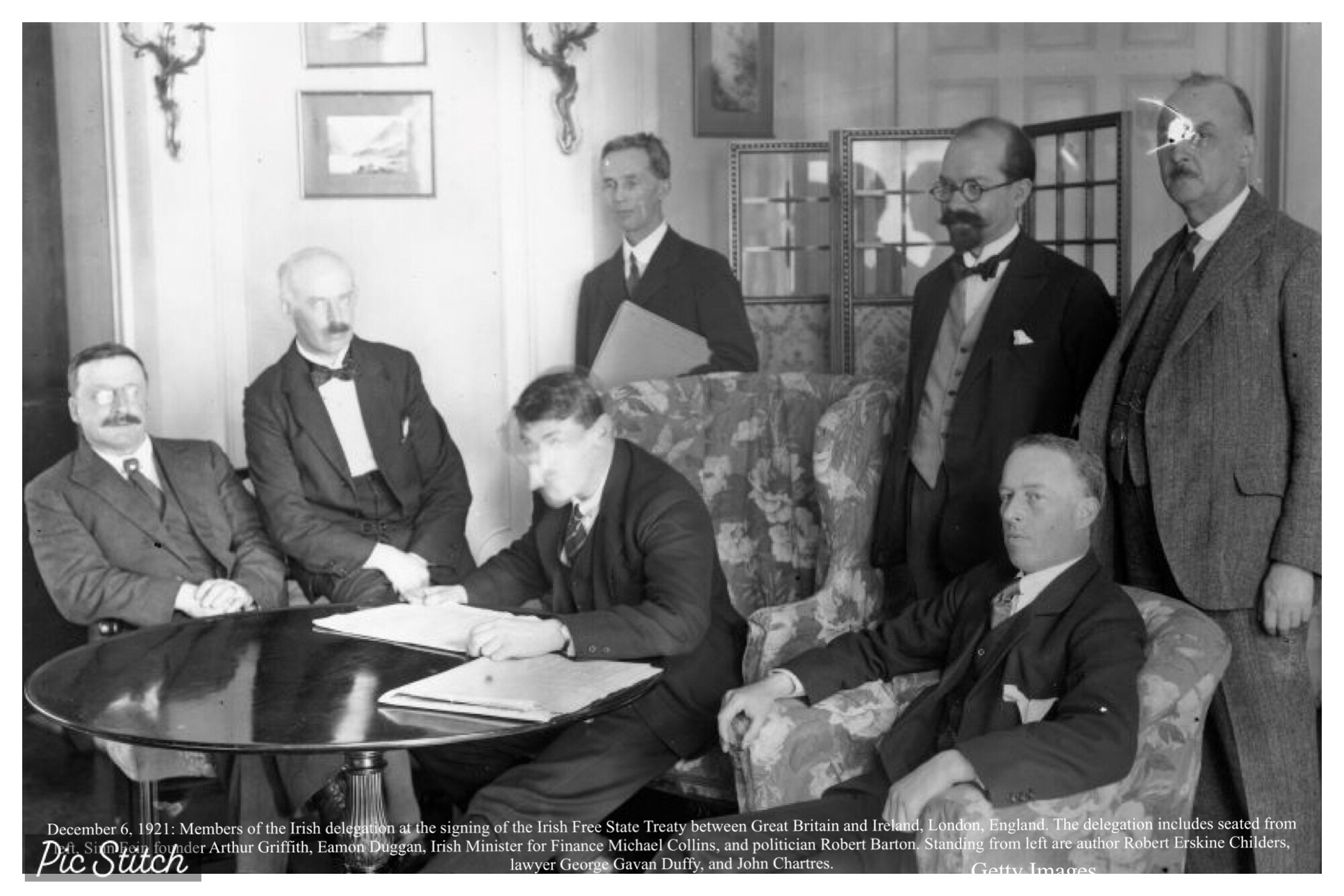
6 December 2022 was the 100th anniversary of the establishment of the Irish Free State. The path to the Free State was fraught with peril. Ireland had been under foreign control since the Norman Invasion. Even after the Anglo-Irish Treaty was signed in December of 1921 there were many that opposed the treaty and the provisional government that ruled from January 1922 to December 6, 1922. So much so that the signing of this treaty led to the Irish Civil War from June 28, 1922 to May 25, 1923.
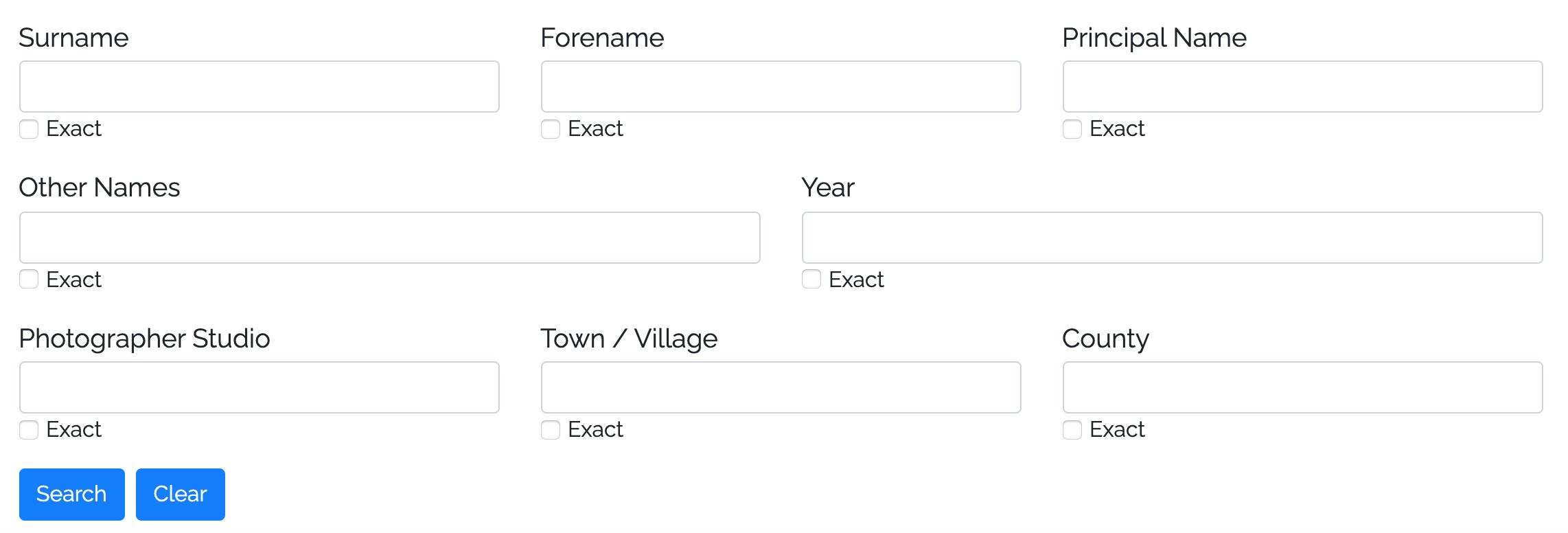
As a computer programmer I have been working with programs, applications, and websites for decades. I have been a full-time programmer since the mid-1990s. The vast majority of programs, including websites and apps, use data in some way. The programs are used to store, retrieve, manipulate, amalgamate or separate, and present data. What are genealogical record collections? Databases. When you put your name, date and location of birth, your parents information, etc. into a family tree, you are putting data into a database.
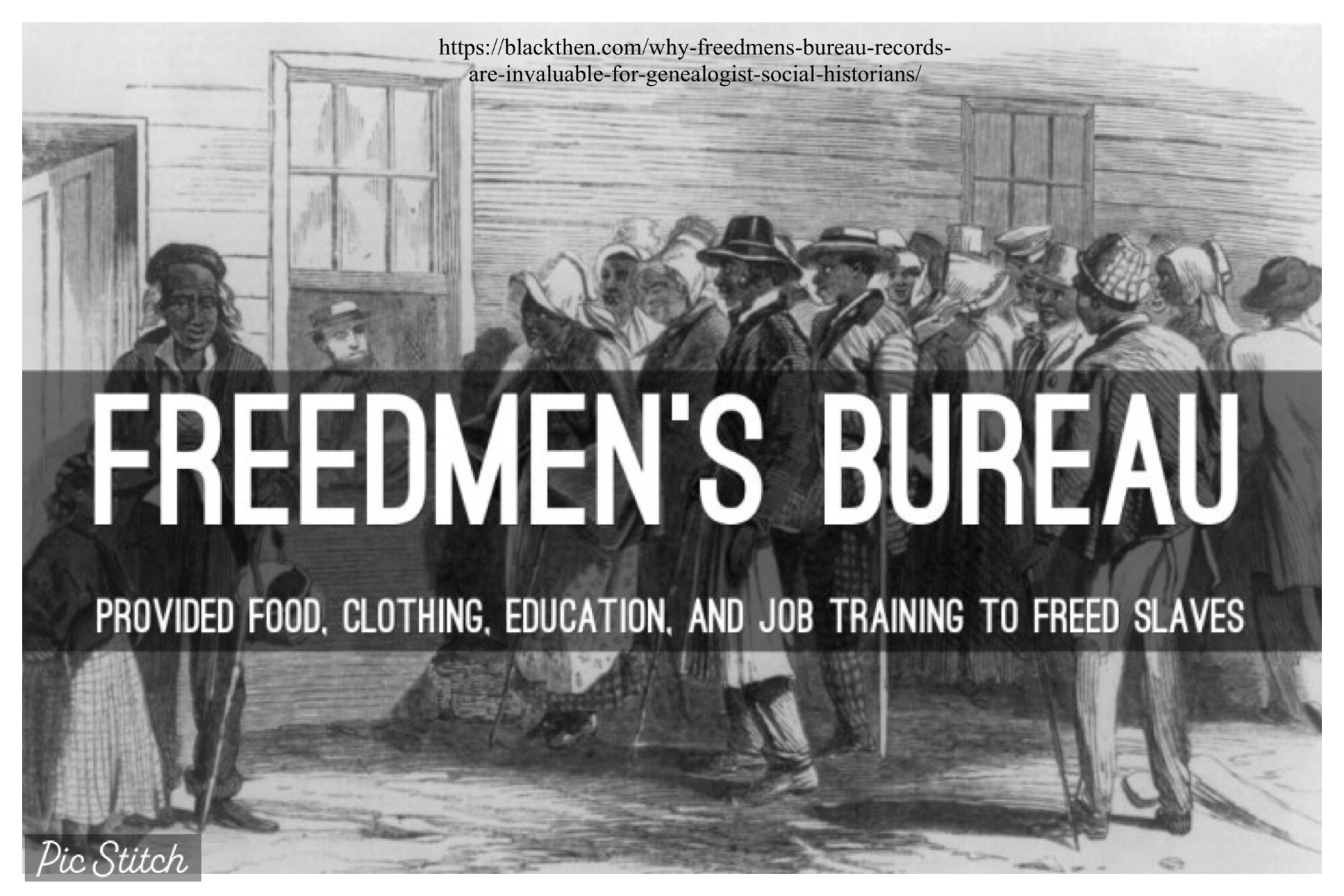
One of the blots on the United States is slavery. How do ancestors of slaves find their roots when there is so little information pre-1870? There are no passenger lists of the ships who brought the slaves to a far away land. They would never be naturalized, vote, own land, and they had no names in census records because they were considered property. However, you can find them in tax records but as taxable objects, not human beings. Family stories that are often passed down through the generations were lacking in many cases because after the Civil War many former slaves just did not want to speak of their time in bondage. With such overwhelming limitations how do these ancestors of slaves go about finding records that may give them more information about their ancestors?
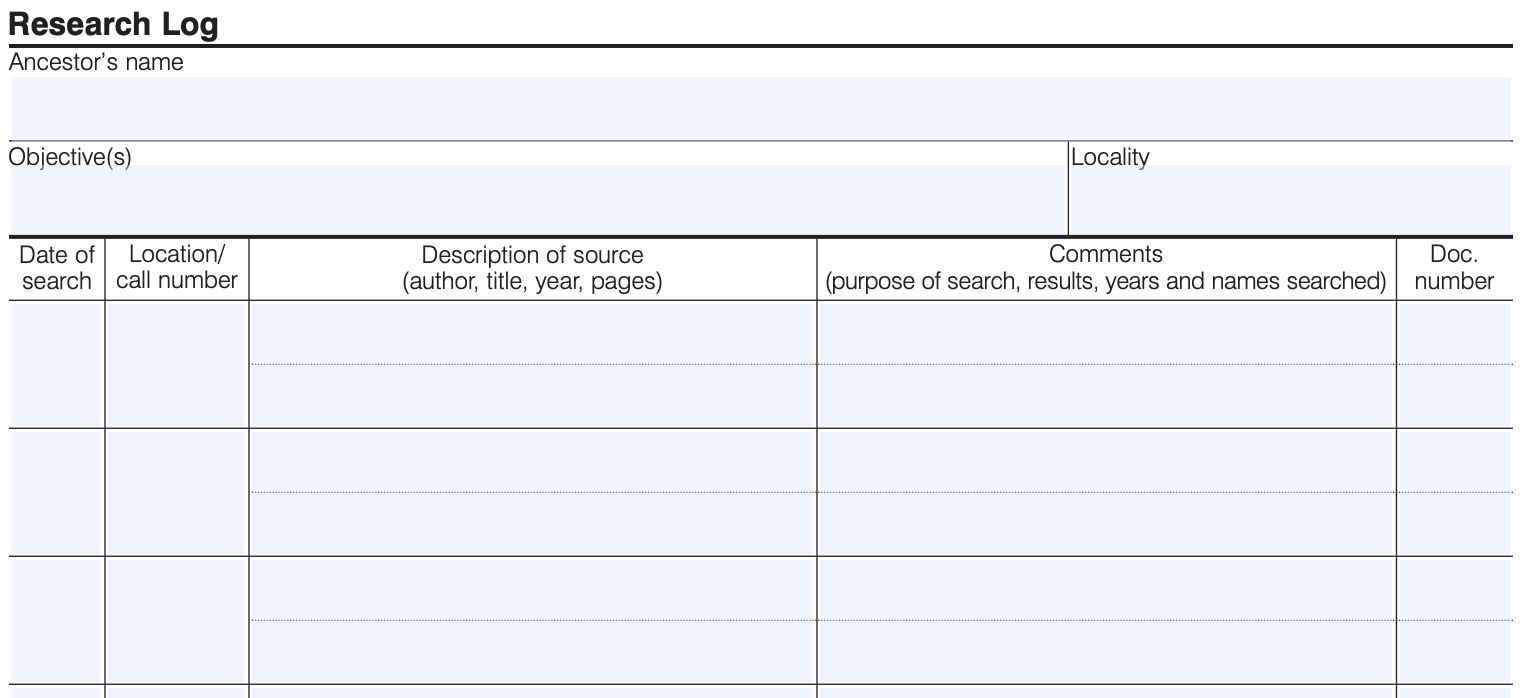
Research logs are an important part of genealogical research. We log our searches including any results positive or negative. The log helps us track and reduce our work. We do not want to unnecessarily repeat previous research. This saves the client money. Also, because it is provided to the client along with other documents, it can help with future work, too for the same reasons.
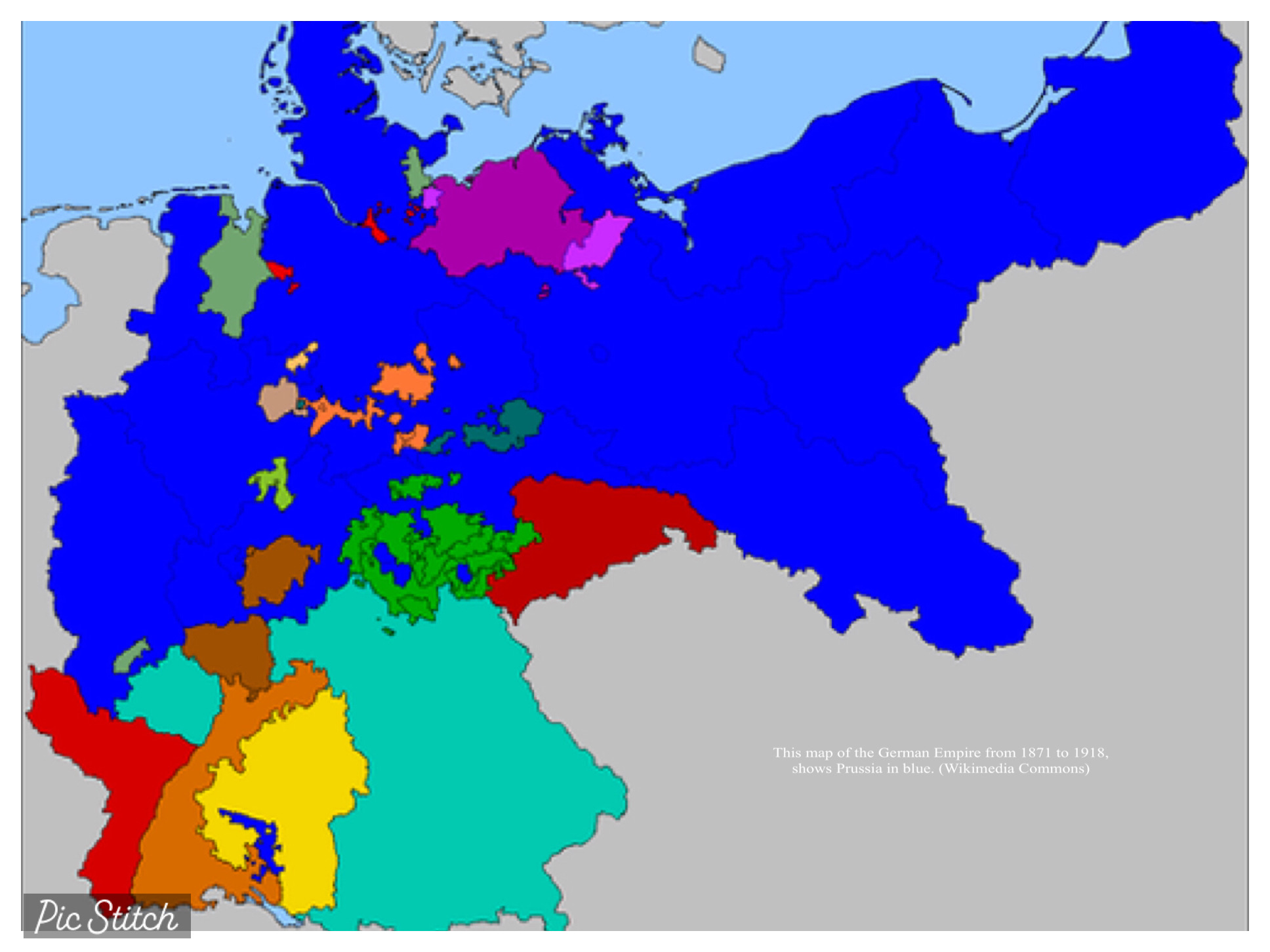
Have you ever come across old family records that mention Prussia? Did you try to find it on a map? Unless you look at maps from the late 1700s up until the end of World War II you will find no trace of it now. Have you wondered what is the history of Prussia and what happened to it? We will not go into great detail in this blog but we will give you some of the highlights. Prussia, like many places in history, comes about because whoever has the most power gets the land.
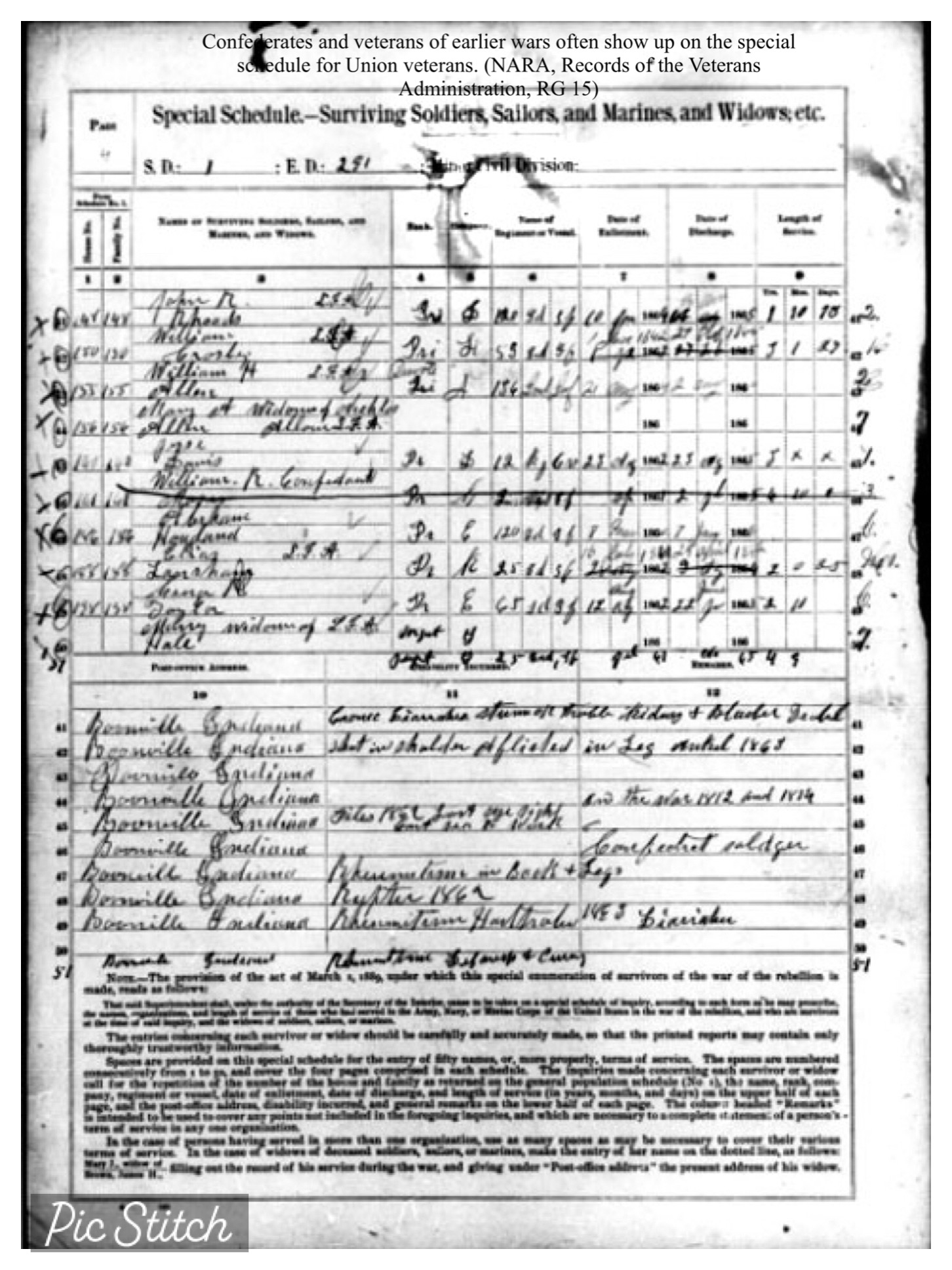
In our last blog we were discussing the surviving parts of the 1890 census. While most of the census was destroyed in a fire on January 10, 1921 there were six parts that survived. Last time we discussed the General Population Census Schedules, the List of Selected Delaware African Americans, and the Statistics of Lutheran Congregations. This time we will be talking about the Schedules of Union Civil War Veterans and their Widows, Oklahoma Territorial Schedules, and Statistical Information for the Entire United States.
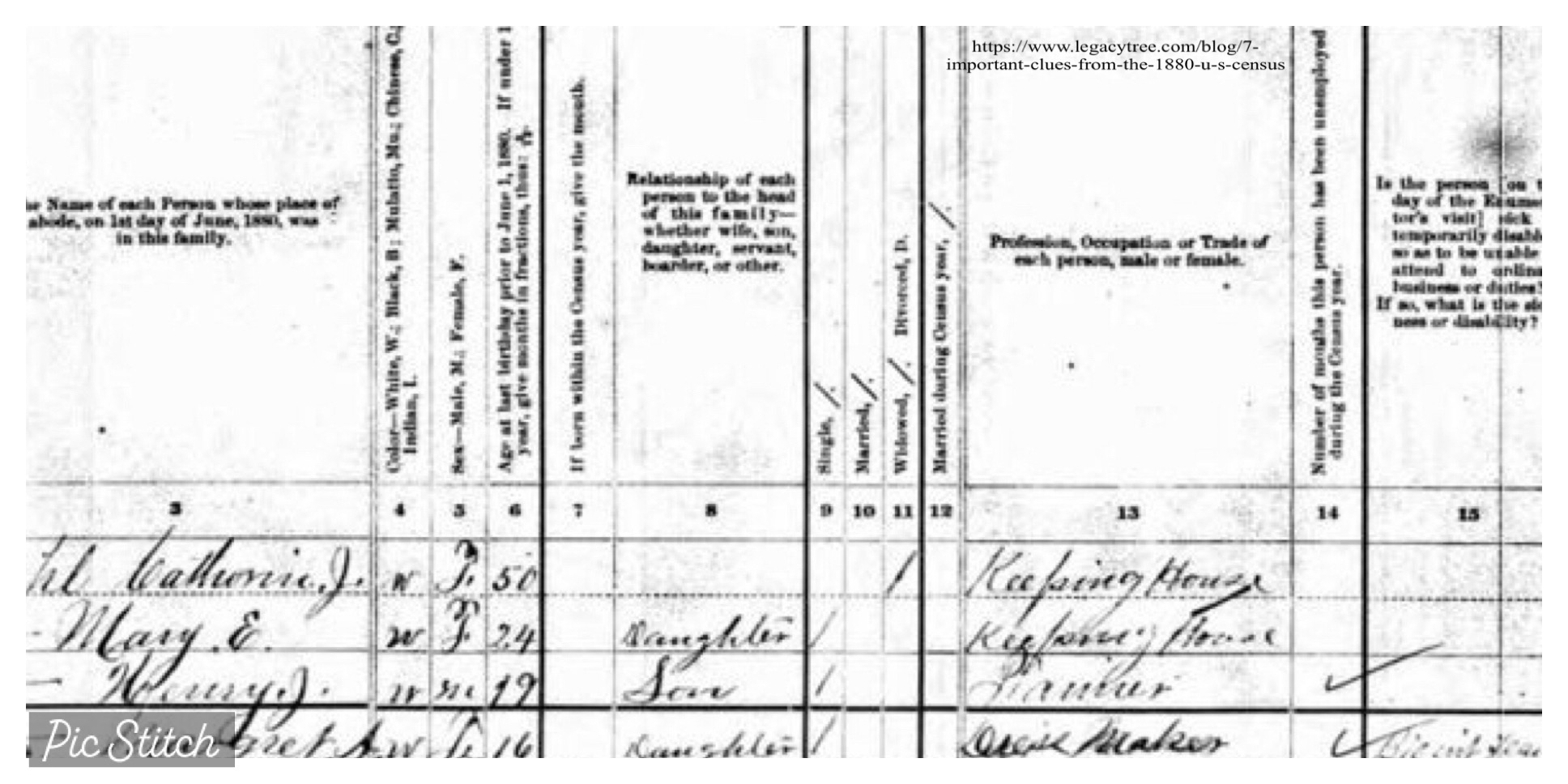
Anyone who does genealogy knows that there was a fire on January 10, 1921 in the Commerce Department building in Washington DC. In this fire the 1890 census was destroyed, or so most people think. However, parts did survive and can be very useful for genealogists. There were six parts that survived. We will go over the first three parts now, the General Population Schedules, list of selected Delaware African-Americans and Statistics of Lutheran Congregations.
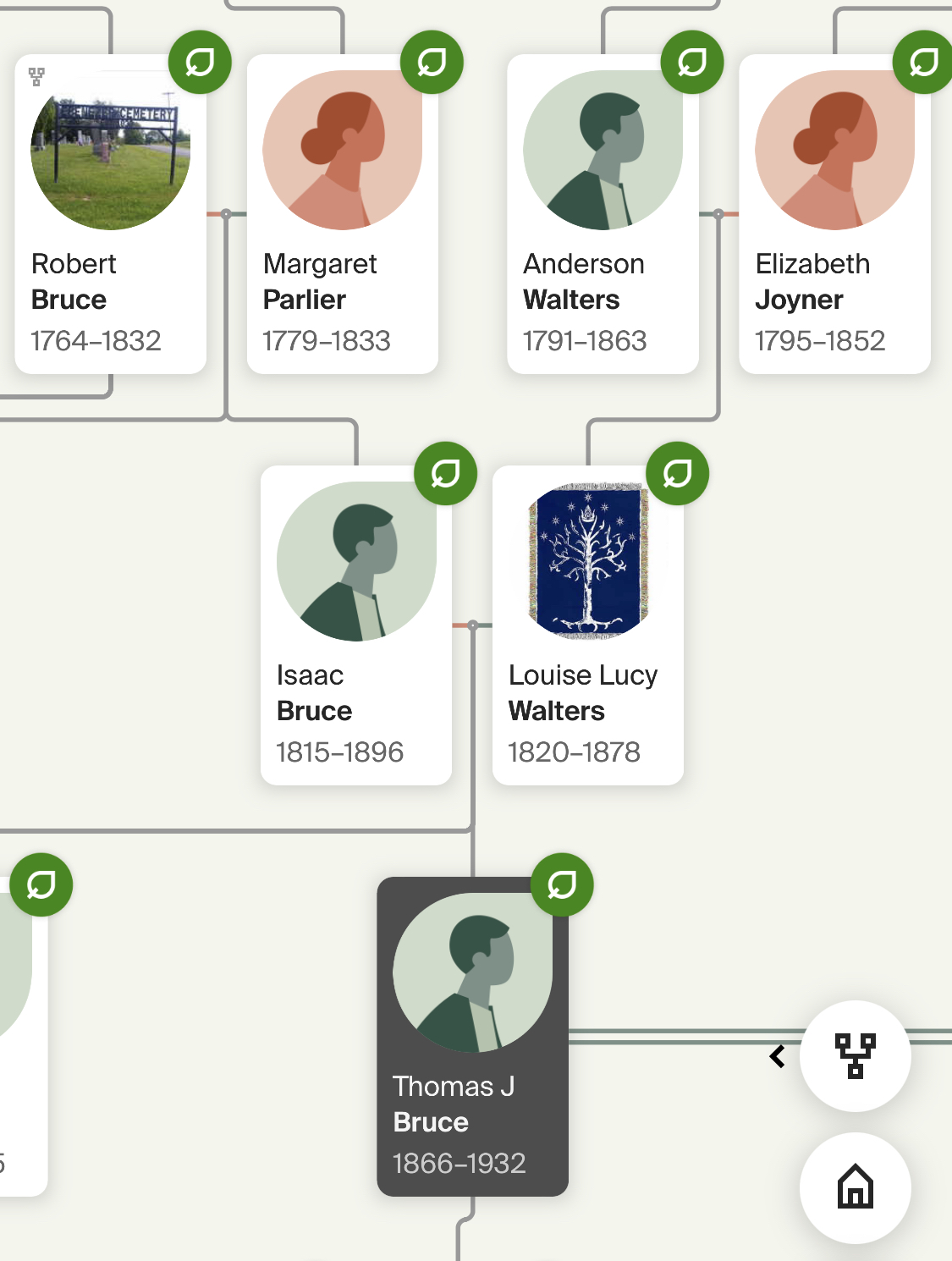
For years we have grappled with conflicting evidence from the trees of others like FamilySearch, on findagrave.org, and other data about my grandmother’s great-grandfather. His name is Isaac Bruce. He had a son named Thomas Joyner Bruce who had a daughter who was my grandmother’s mother. The question has been, who were Isaac Bruce’s parents?
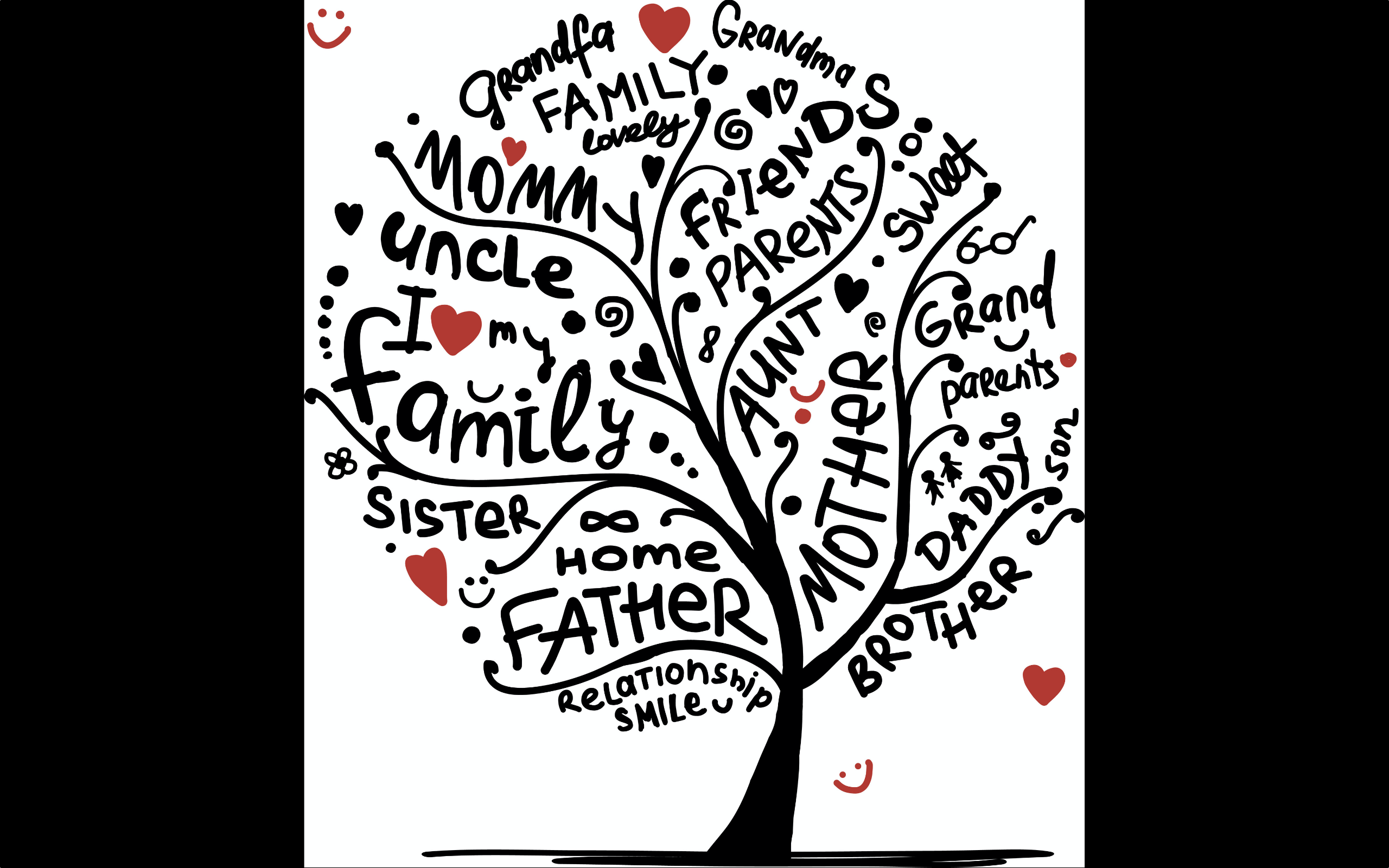
We do family history research. We write family history reports and narratives along with our many other services. These tasks generally take us into the facts, figures, and statistics of a person or family. It is extremely valuable and important information. But it is information. It is not the story. It typically does not answer who was this person? Or how did this person live, think or feel, etc.? (We do that sort of work, too, inasmuch as we have or are able to find resources and also when it is appropriate.) As we have been on our current family history / US history trip, I have been listening (and sometimes eavesdropping, I suppose) and hearing people talking around us. What is the most common topic in their conversations? Of course, it is their family.
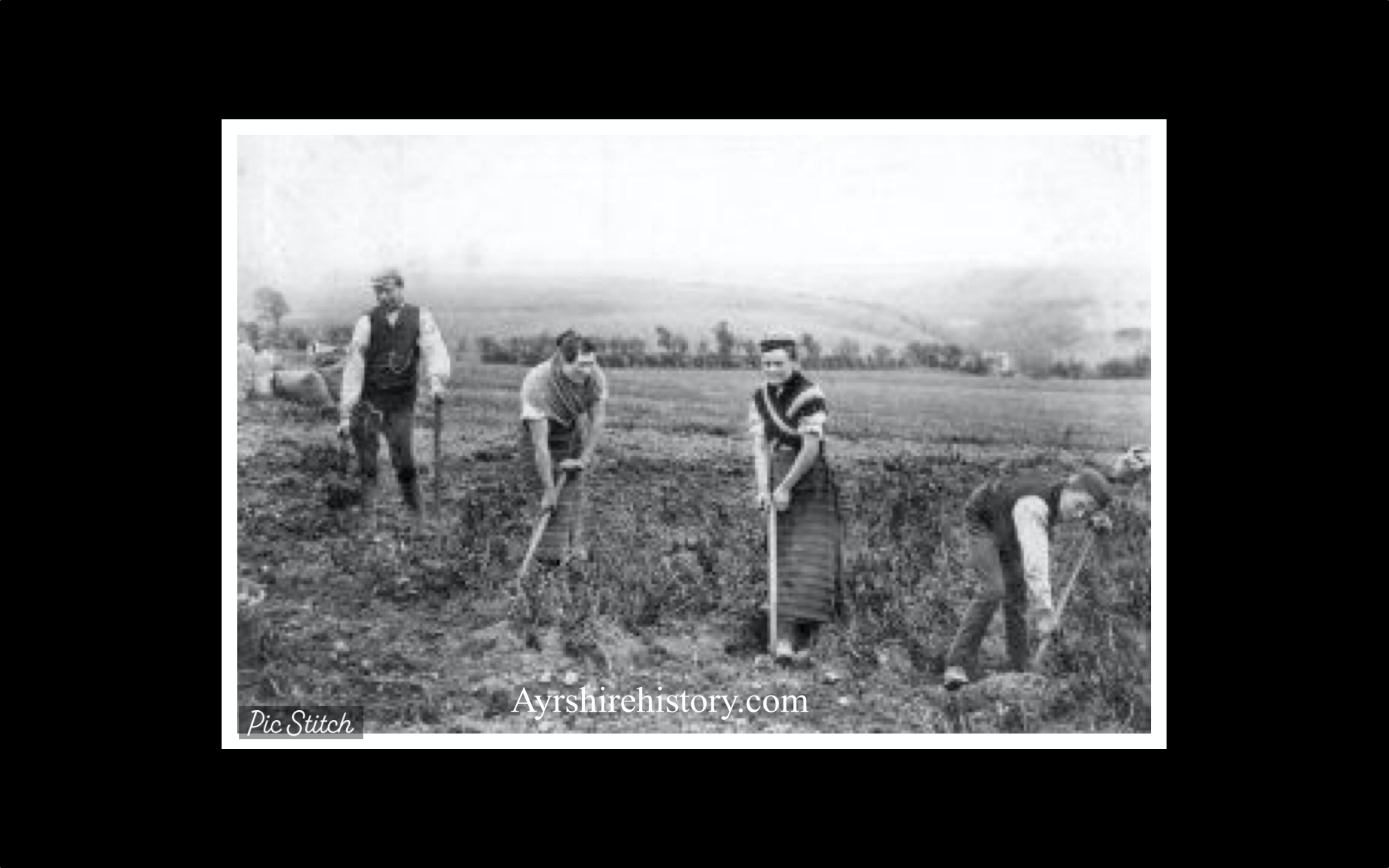
I know the last blog was about German farming. Well guess what this one is about, things you should know about farming in Ireland. Farming in Ireland played such a social, economic, and cultural role for those who lived in rural areas. Yet, there are a few farming type things you should keep in mind while doing your family history research.
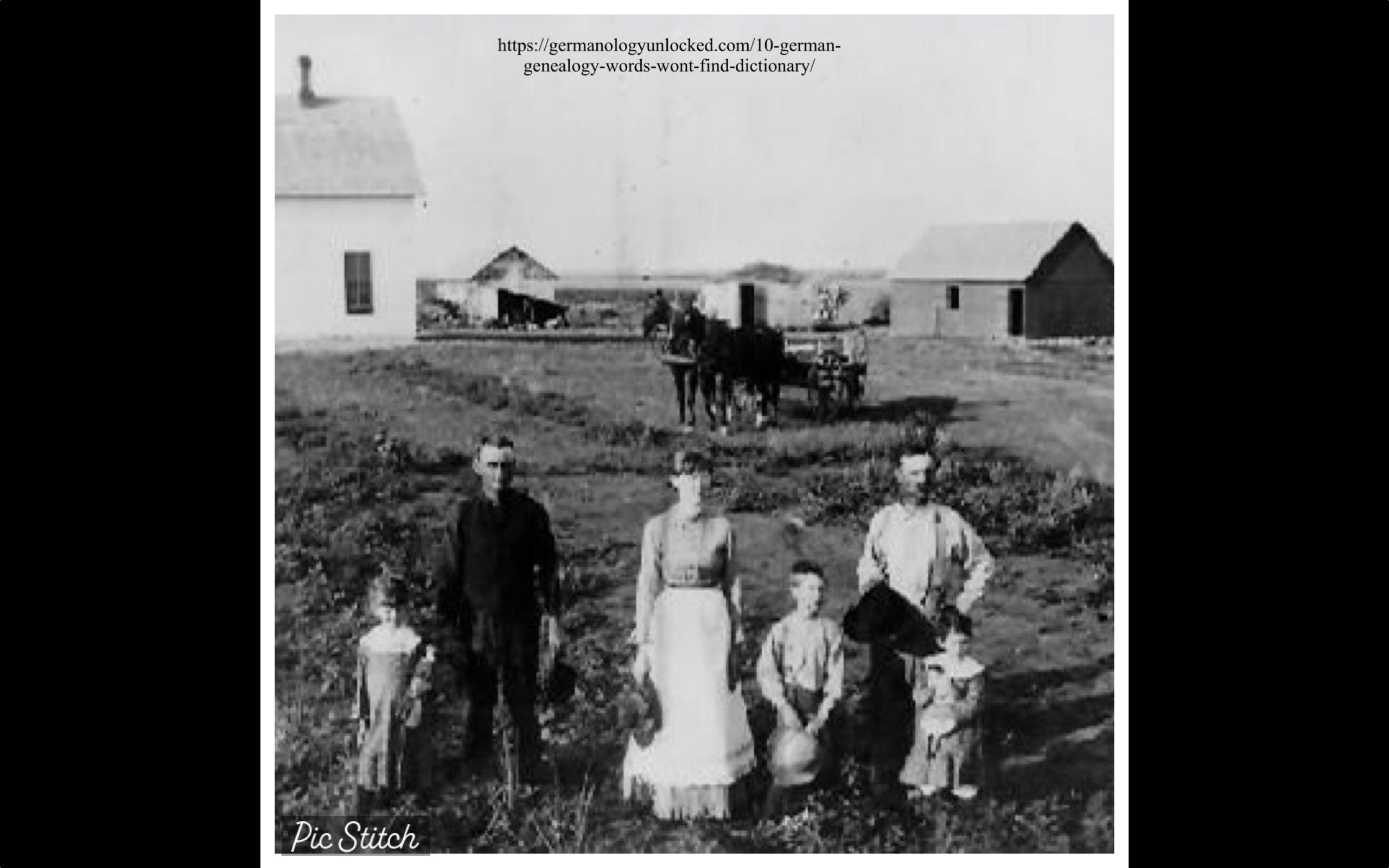
One thing I have learned over the last few years is there are sometimes varying definitions for the same thing. Not only is that true for each country (that makes sense, right), but within a country each region or even each village could have their own definition or term. How confusing! But that is genealogy! Good thing there are people who have written about all these differences so you can figure out your family a little easier. I am going to be working on some of my German ancestors, and I figured I would learn a little about different words and classifications for farmers. While I will not cover them all I will focus on a few to start.
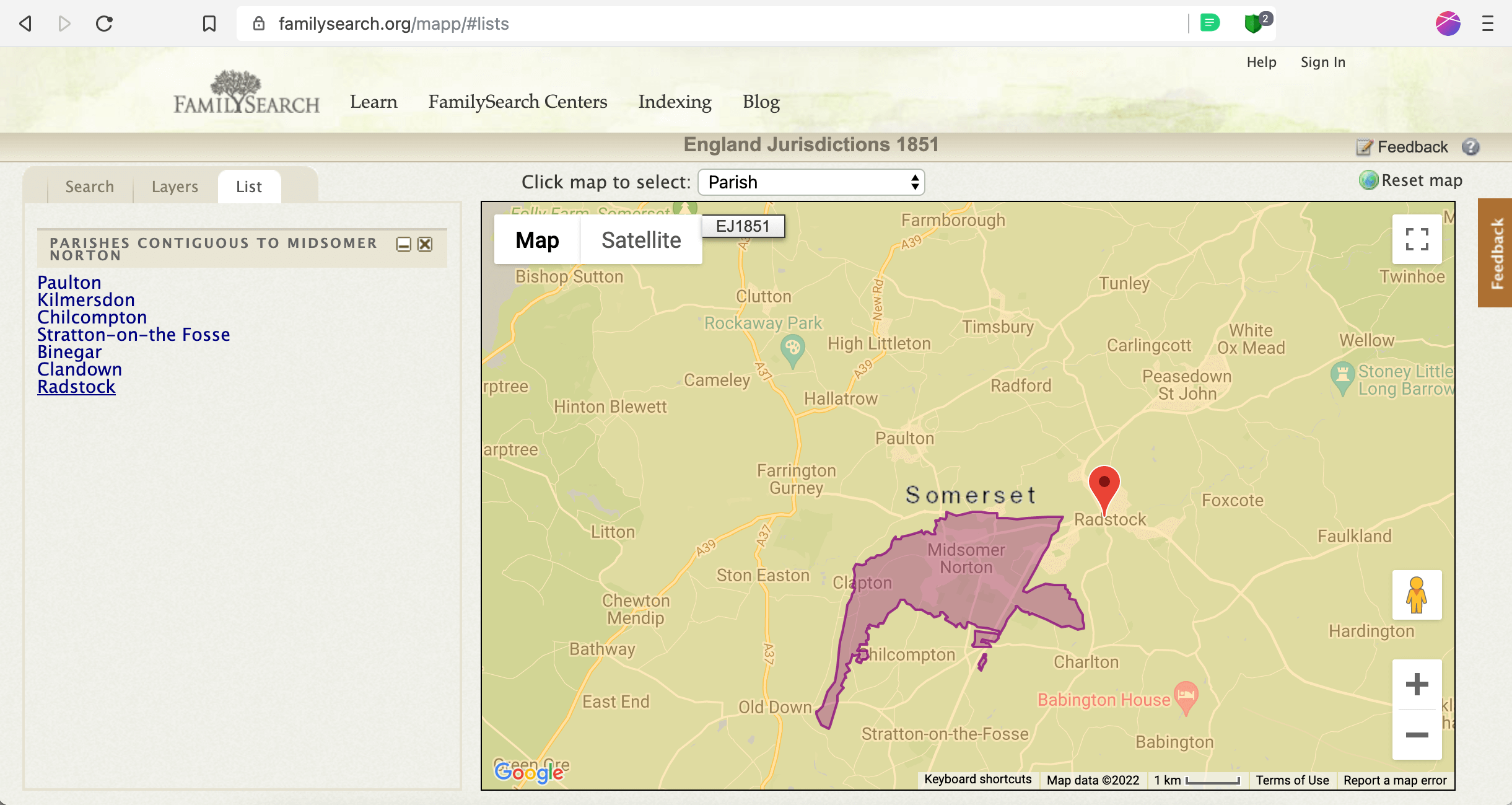
For some reason maps have always fascinated me. Maps of all kinds. I have map books just because I like looking at them and learning about places. On this blog, we have written about how we have used maps for genealogical travel...
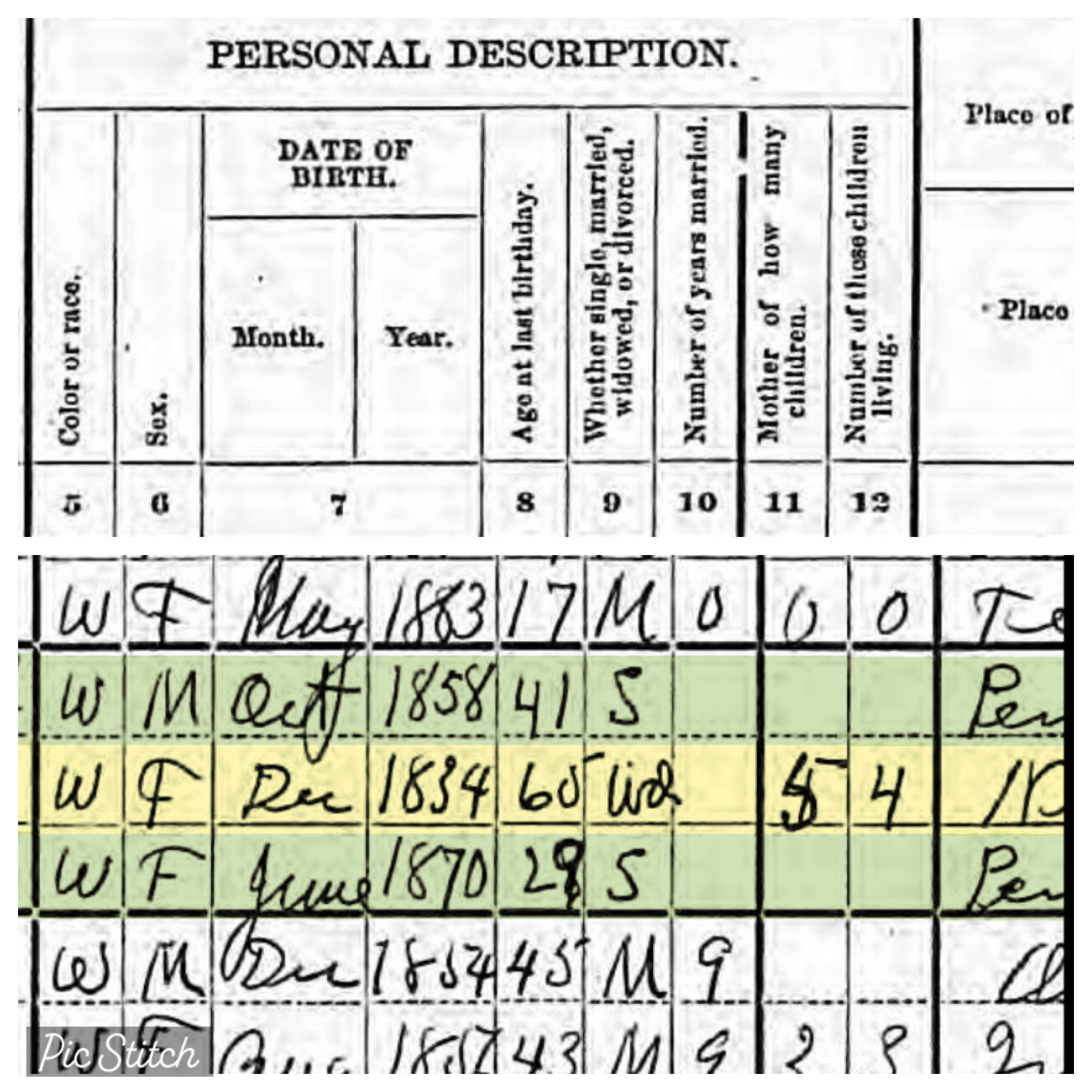
We are on a genealogy trip and will be looking for some records of babies that had been born at some point but that we did not know about. In the 1900 census it shows my great great grandmother had given birth to five children and four were living. Where do you even start with no information other than this? While there are no easy answers here are a few things you can try.
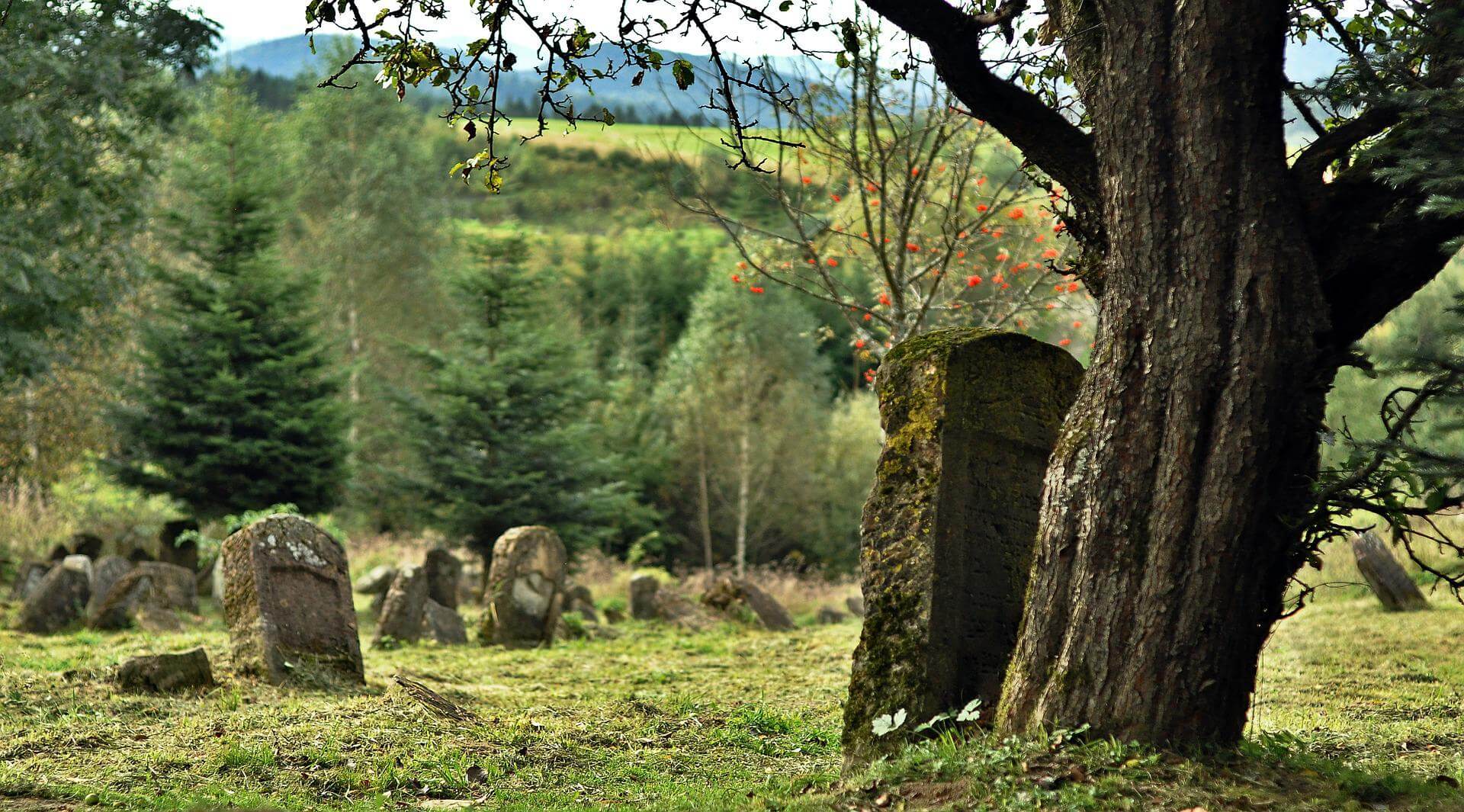
Even if you are not a full on genealogist or you are an occasional family historian you have probably walked a cemetery mostly found on Find A Grave or Billion Graves. However, if you cannot find the cemetery you are looking for on these sites, where can you go to locate a lost cemetery? While there is no guarantee any website may have a small hidden family cemetery, it is good to be able to look at other places to see if it happens to be the lucky place where you hit a jackpot.
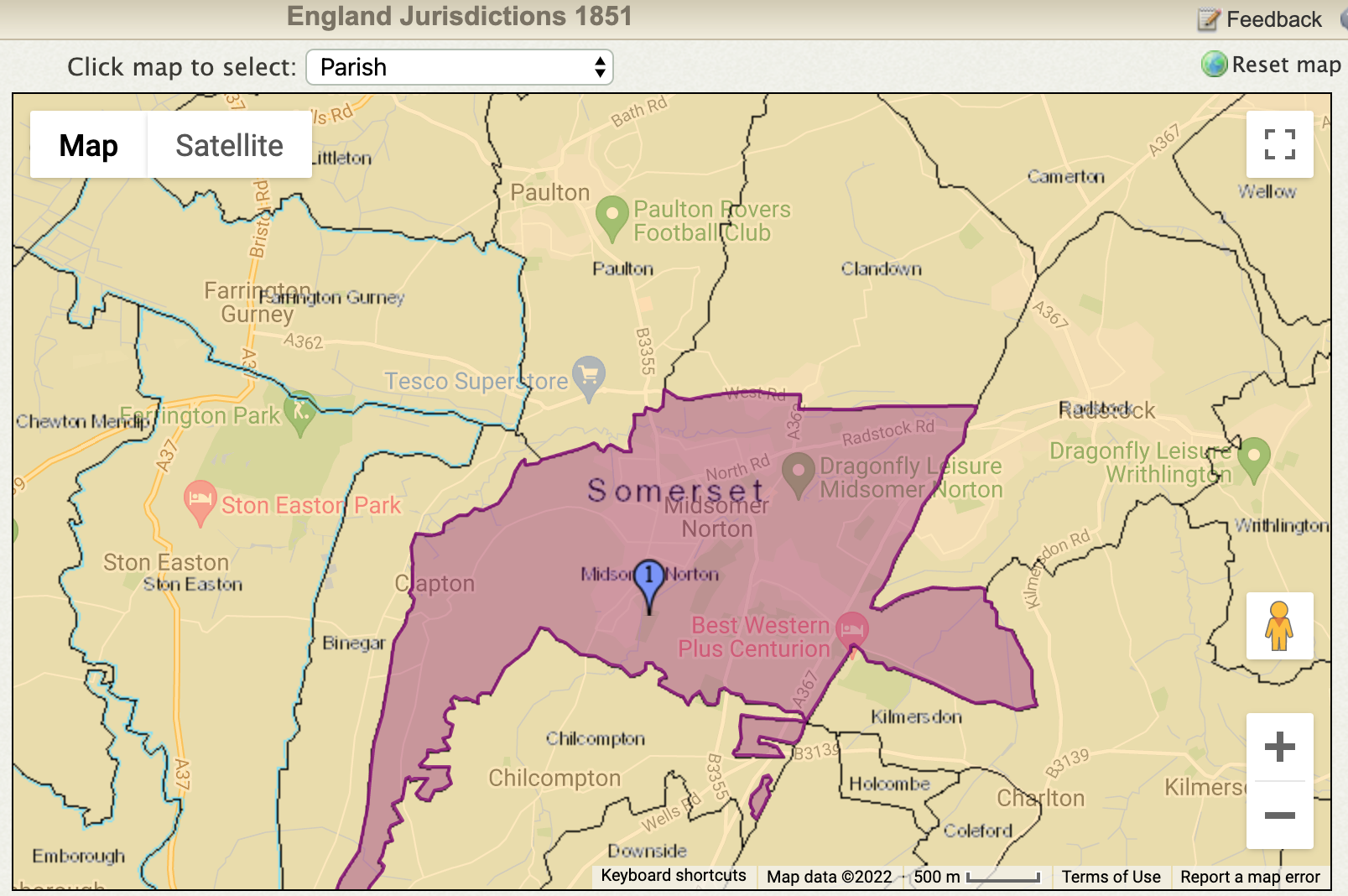
We watch our fair share of movies and television. We often find ourselves watching period pieces like Downton Abbey, maybe a Jane Austen or Charles Dickens story. Our tastes are not limited to England. We like shows and movies from all over the world, though again they’re often from periods past. Before I began formal university studies in genealogy and family history research I took degrees in anthropology and history. I studied and wrote about culture. I taught the same at the college level for several years. Now we travel a lot. As we travel around our country, the US, as well as the other parts of the world we’re lucky enough to see, we frequently seek local experiences with cultural elements such as restaurants, drinks, language exposure, local sports and festivals, local industry and technology, and other cultural immersion opportunities. These same aspects of life and living are the flavor of our existence, and of course, they were for our ancestors, too.
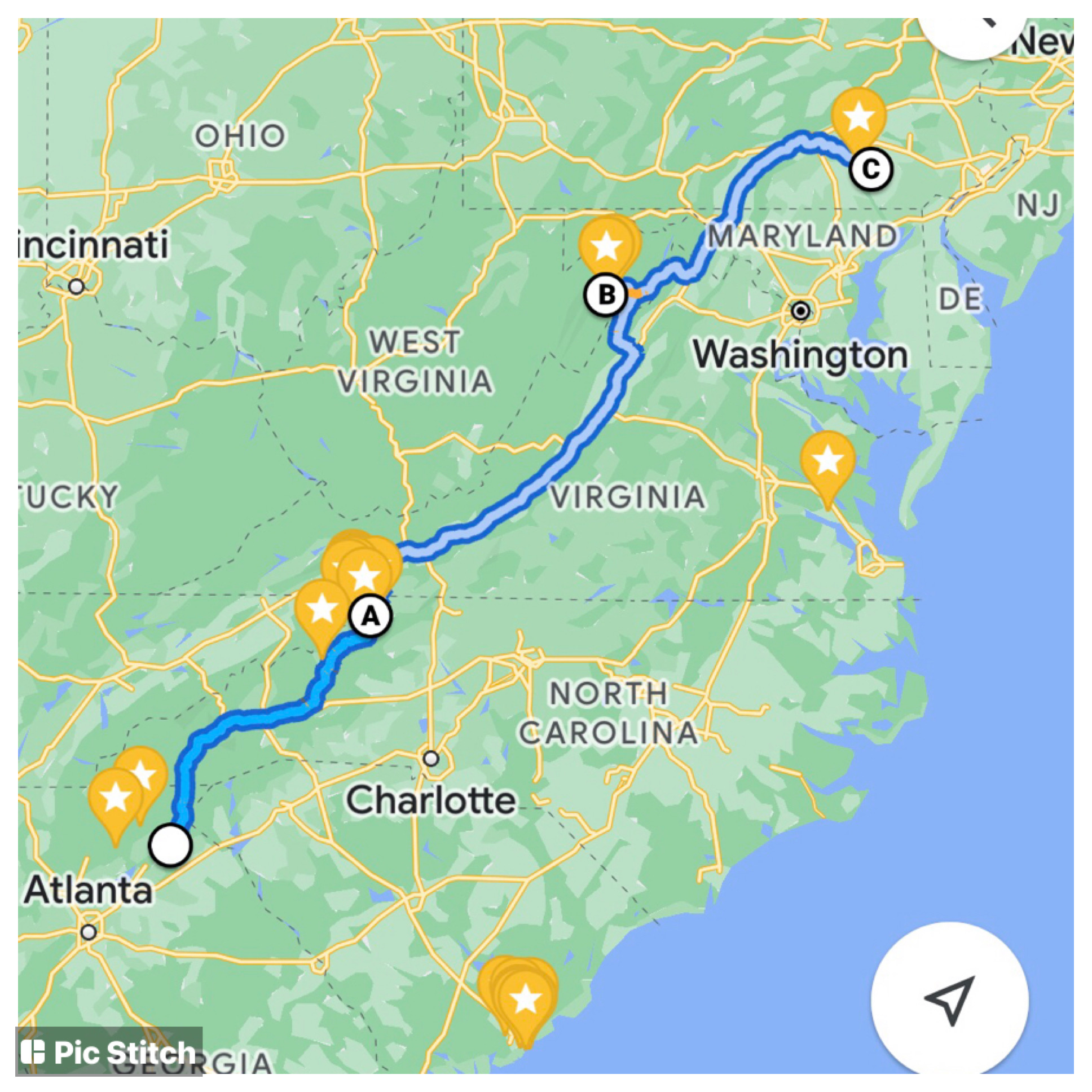
Have you ever gone on a genealogy trip? Not just a day trip to go to a cemetery but one where you go to a different state with the purpose of doing research and looking for family cemeteries? Summer of 2020 we were supposed to be doing our first family genealogy trip which of course was canceled. I have spent quite a bit of time figuring out what will work best for us to find what we are looking for as we head out this summer instead. So I thought I would share some tips with you.
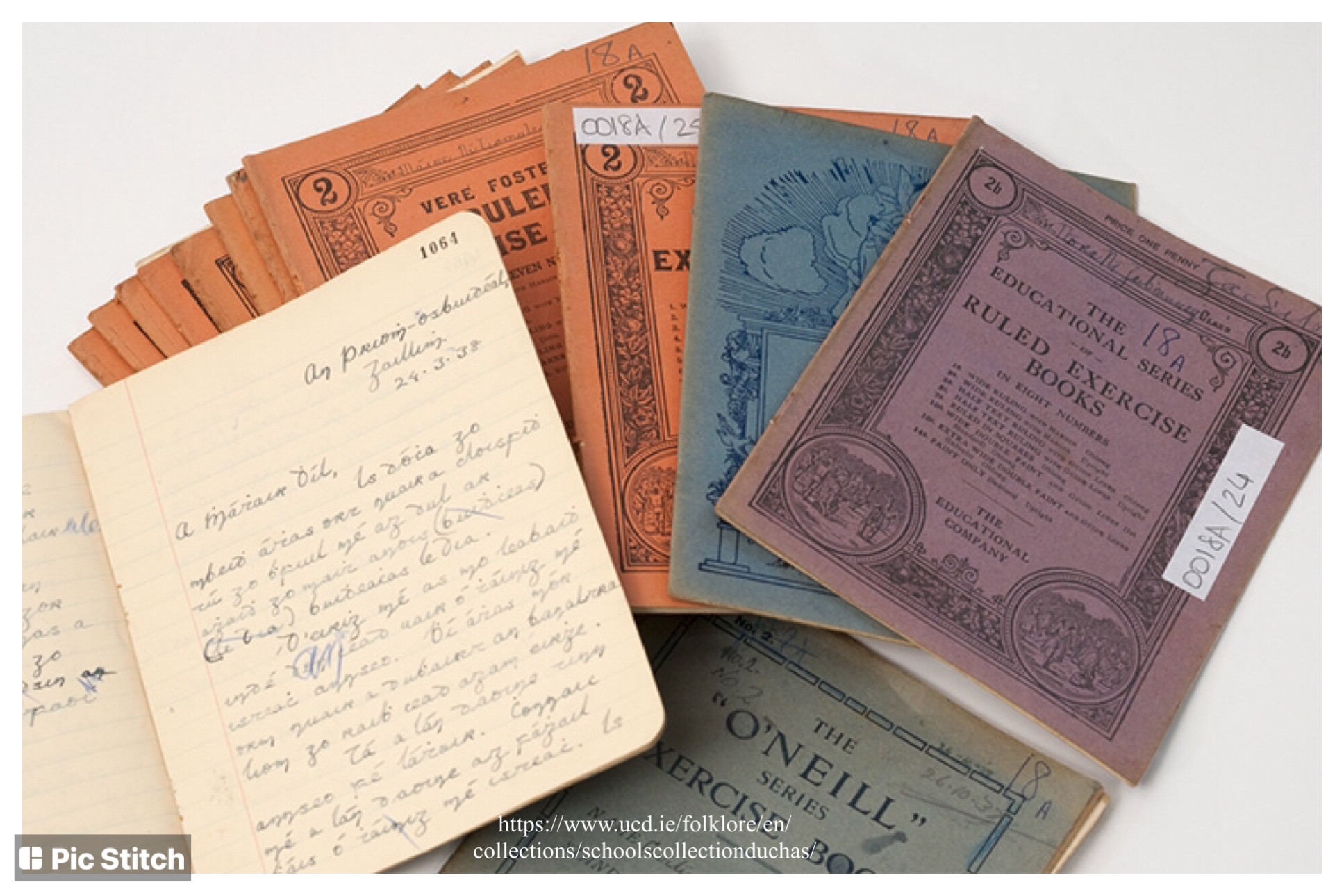
In Ireland, between the years of 1937 and 1939, one of the largest folklore gatherings took place. More than 50,000 school children, between the ages of 11 and 14, were asked to help record stories, in relation to 55 themes, passed down from their parents, grandparents and neighbors. This is called their Schools Collection. When the students were done they turned in their copybook and the teacher would put together a master book for the class. While this was ambitious, it also became one of the most successful folklore projects of its time. This collection is kept at the University College Dublin.
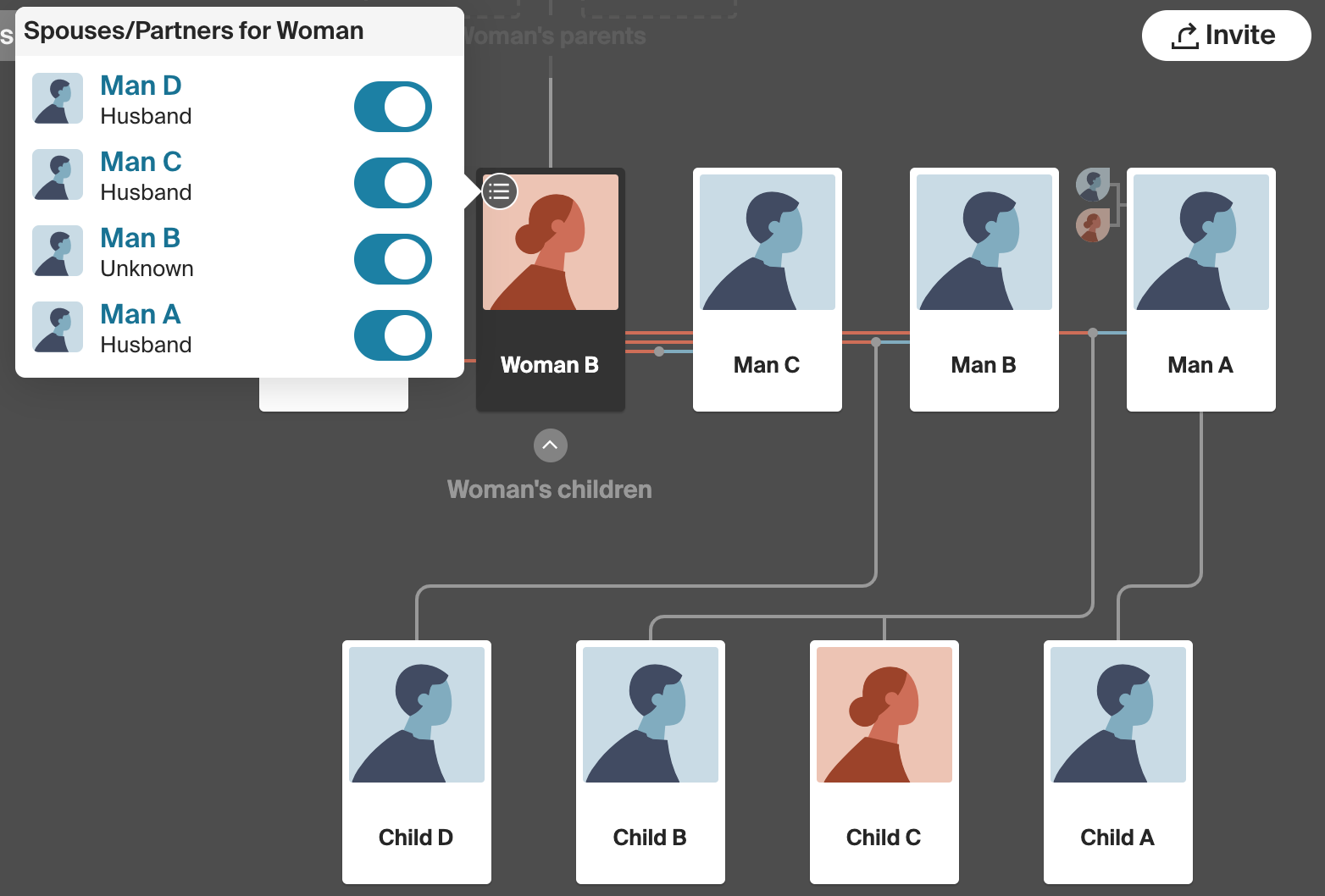
Our family tree is built beginning with ourselves, children, parents, and grandparents. All the folks we know to be our kin. Sometimes that includes adoptive parents or step-parents, half-siblings, and others. Then we have our DNA tested. Perhaps we find that our genealogy is upended by discoveries in our DNA matching.
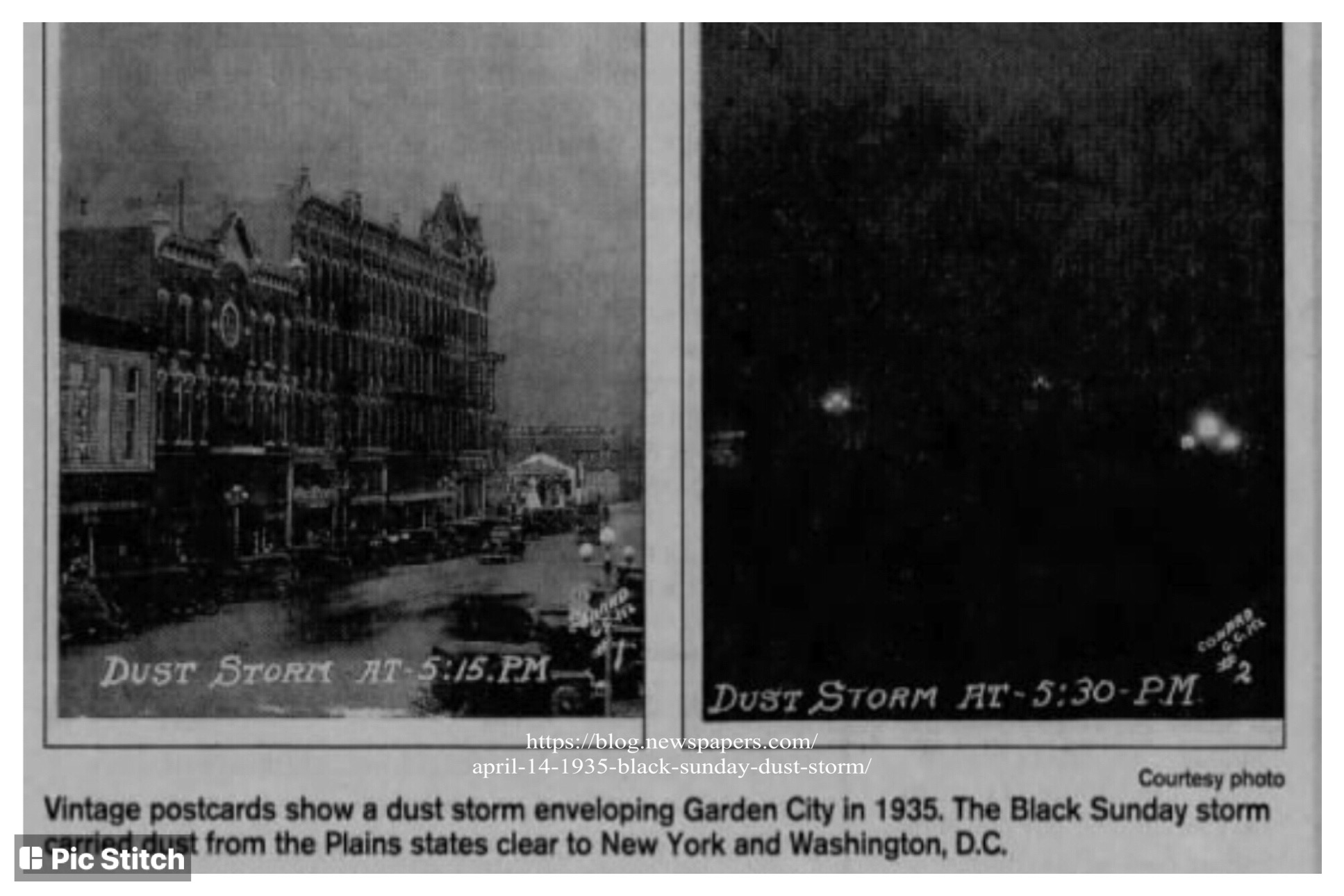
I love to browse stories from newspapers. There is so much history in these newspapers that is not taught in schools any more. One such story I happened upon was during the Dust Bowl years. Having grown up in Illinois where we get plenty of rain, especially in the spring, and living now in Arizona where rain mainly comes during the monsoon season and dust storms can come multiple times a year, this story struck a chord with me.
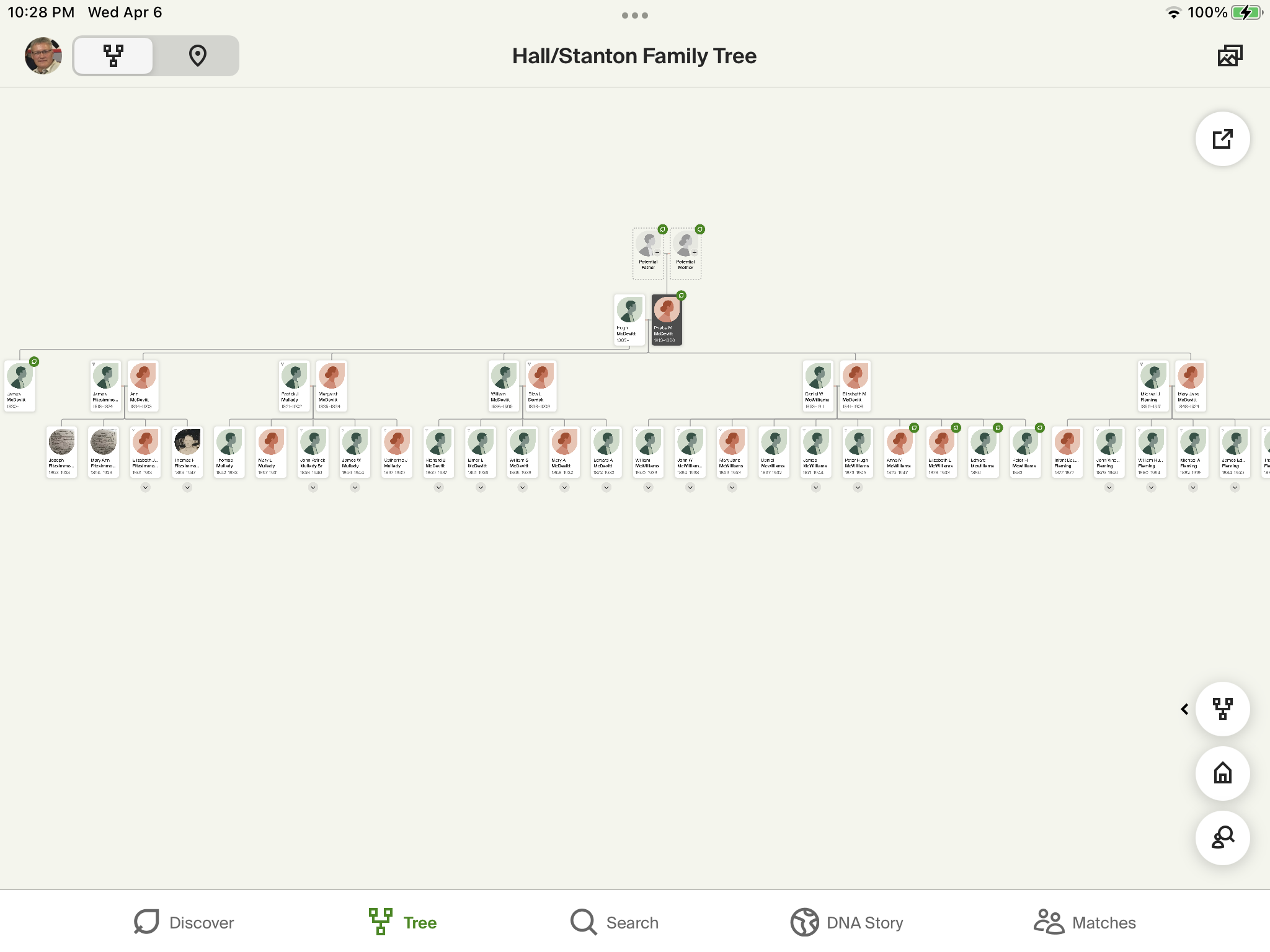
I have always enjoyed hearing family stories and having family get-togethers. But I never realized how little I knew about some of my ancestors. My maternal grandparents were old when I was born. My grandpa died when I was ten, and he was almost 80. My grandmother died when I was 23 right before my first children were born. I quickly realized I did not have knowledge of my ancestors. My aunt has filled in some of the empty spots but come to find out even my aunts and uncles have very little knowledge of our family history.
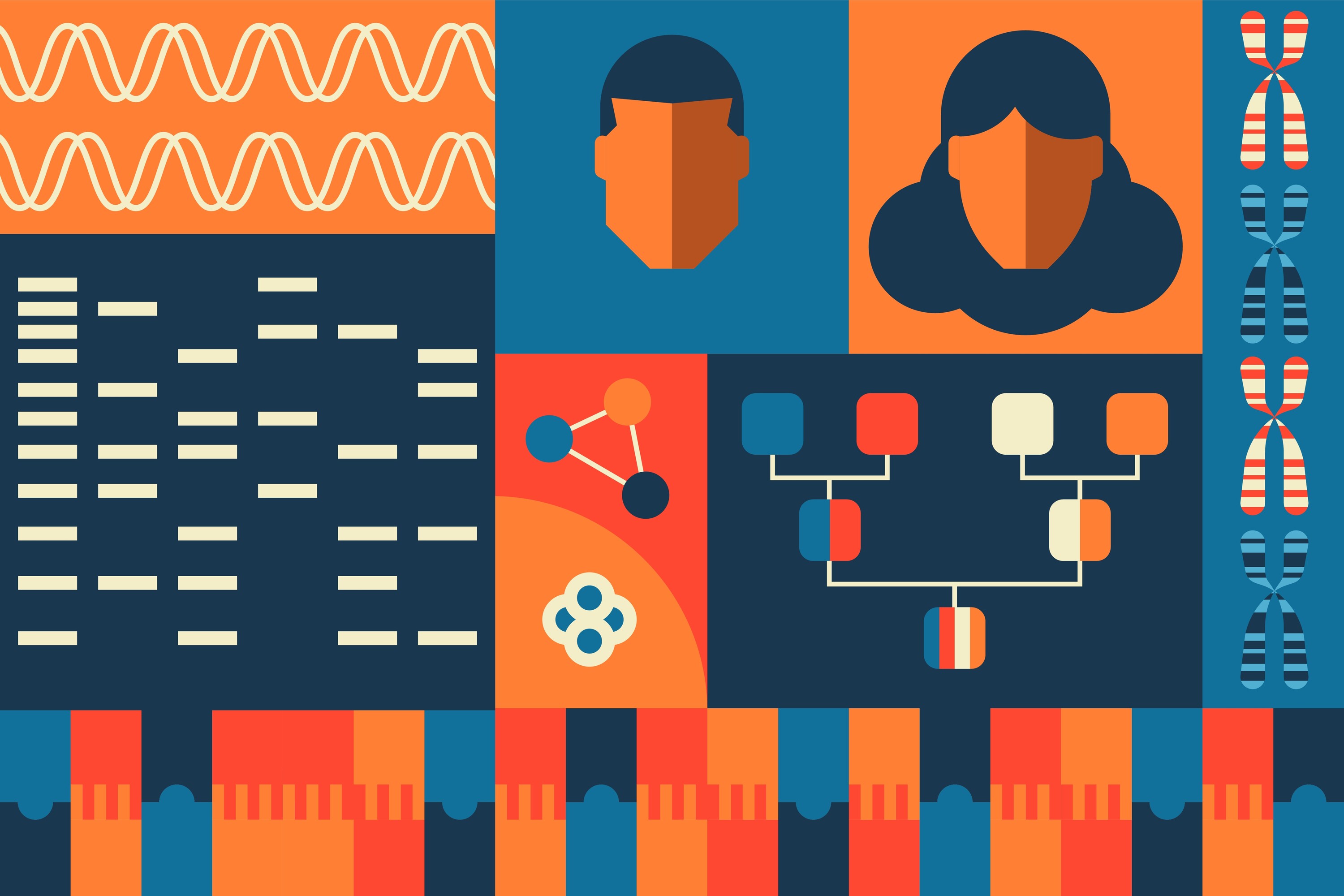
A DNA test can reveal a lot of both positive and potentially negative information for the tester. There are also limitations to what it can tell. Whether or not to test should be decided with as much information as possible. The following is a short explanation of some misconceptions, reasons why a person would want to take a DNA test with a positive example, and reasons why a person would not want to take a DNA test with a negative example.
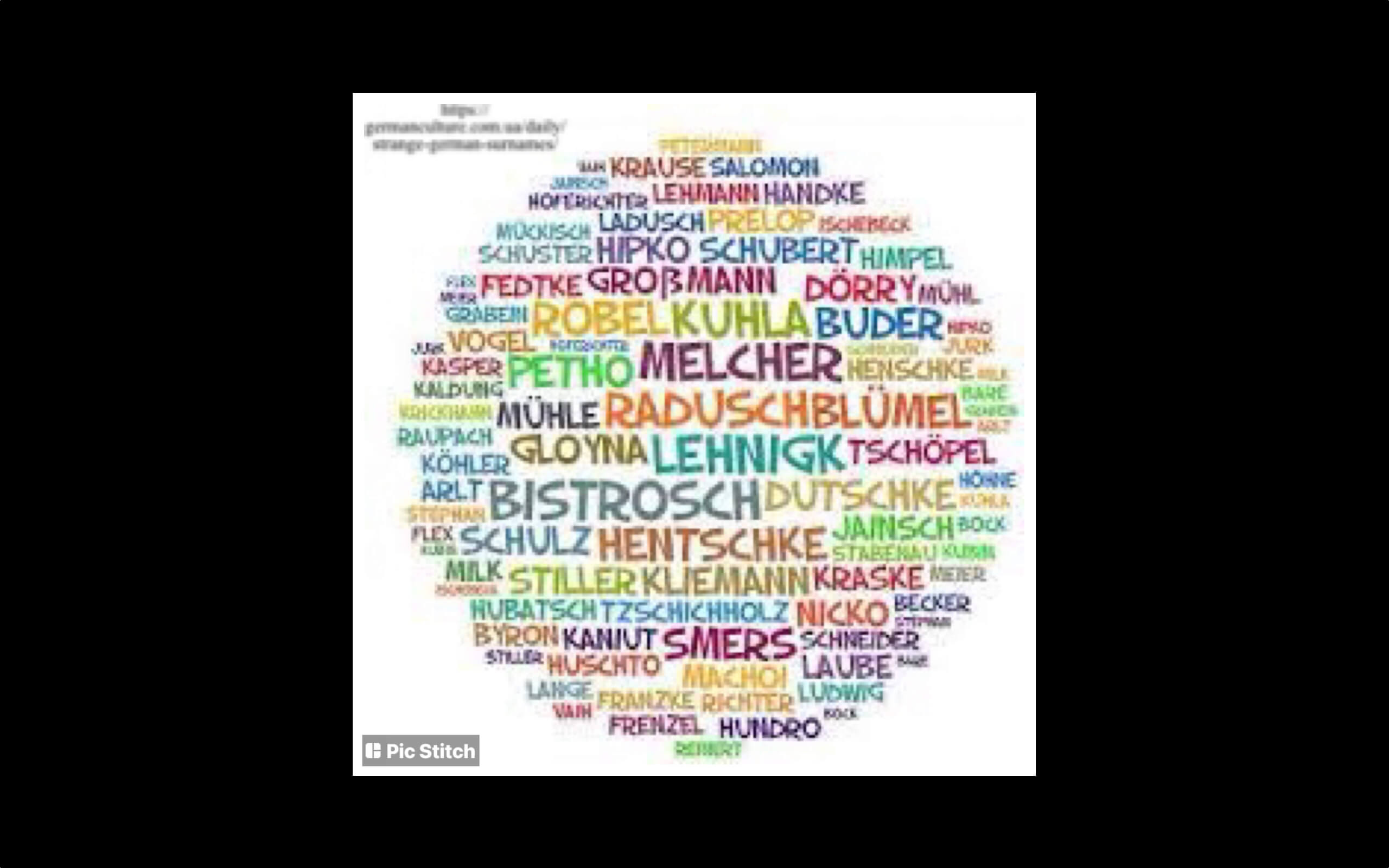
In the summer of 2020 we had a big family history trip planned. Of course it was canceled because of COVID and most genealogy places were closed. One of the main purposes of the trip was to get to Lancaster County, Pennsylvania where all four of my mothers paternal great grandparents lived at one point. They also all happen to be the four surnames causing the biggest headaches. The one causing the biggest is Bebbus (wife’s obit), Bibbus (fathers obit, headstone, and Illinois land records), Bibus (census), Bibboose (census) or Bippus (passenger list).
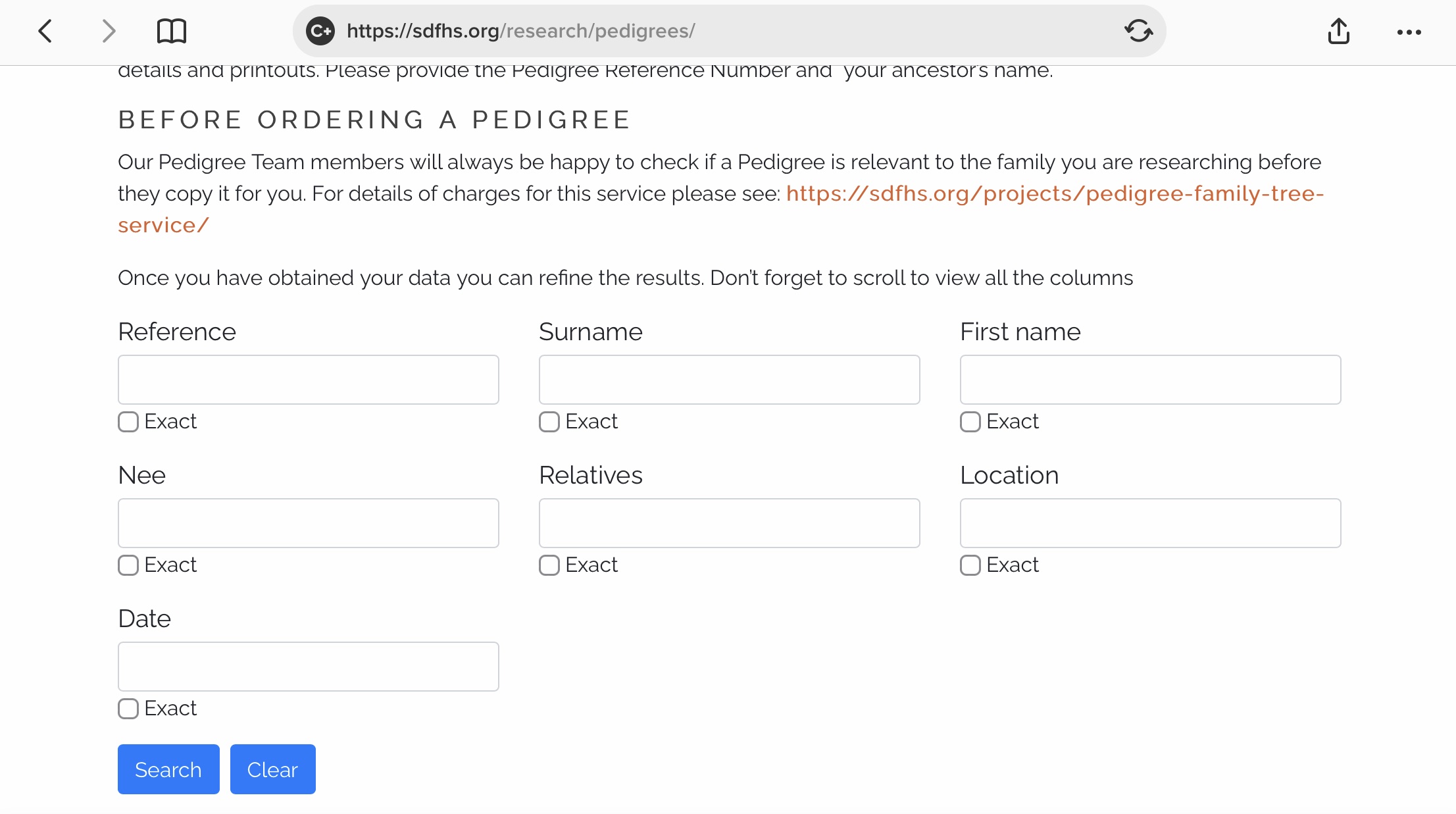
We have written before about the value of local family history societies. We wrote specifically about the Somerset & Dorset Family History Society. Today I would like to offer a bit of a personal history with the Society and the value we have found in one of the searchable collections they have made available at their website, pedigree data.
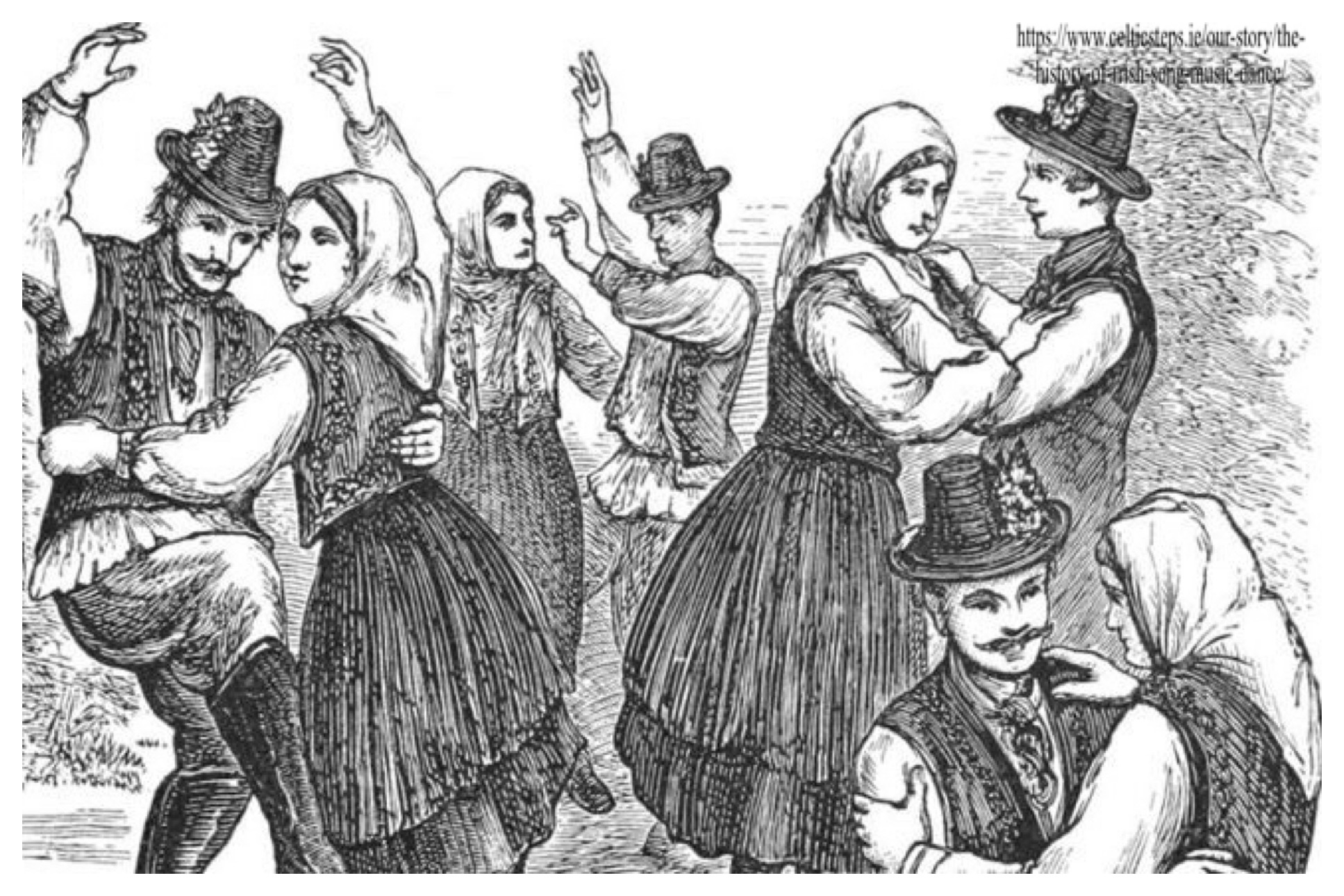
One of my favorite things to do while we lived in the Midwest was to go to Irish festivals and Irish pubs. The music, the dancing, the singing, and the comradery. It was so much fun, and I always wondered what my ancestors did when they were in Ireland. Did they sing these same songs and break out in dance? Where did the songs and dancing originate? After some research, I found some interesting facts and was surprised the Druids played a role.
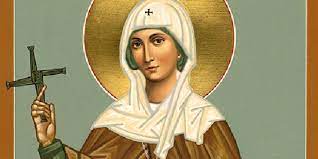
While Saint Brigid Day was on February 1st we are going to discuss it today. On February 1st is the Celtic festival of “Imbolc.” This signifies the time when ewes are starting to come into milk and are ready to go out to the pastures where the new grass is starting to come up. For our ancestors it was a time to emerge from the dark and cold and a time for fertility and great promise. For these reasons, February 1st is also the day the greatest female saint of Ireland is celebrated, Saint Brigid.
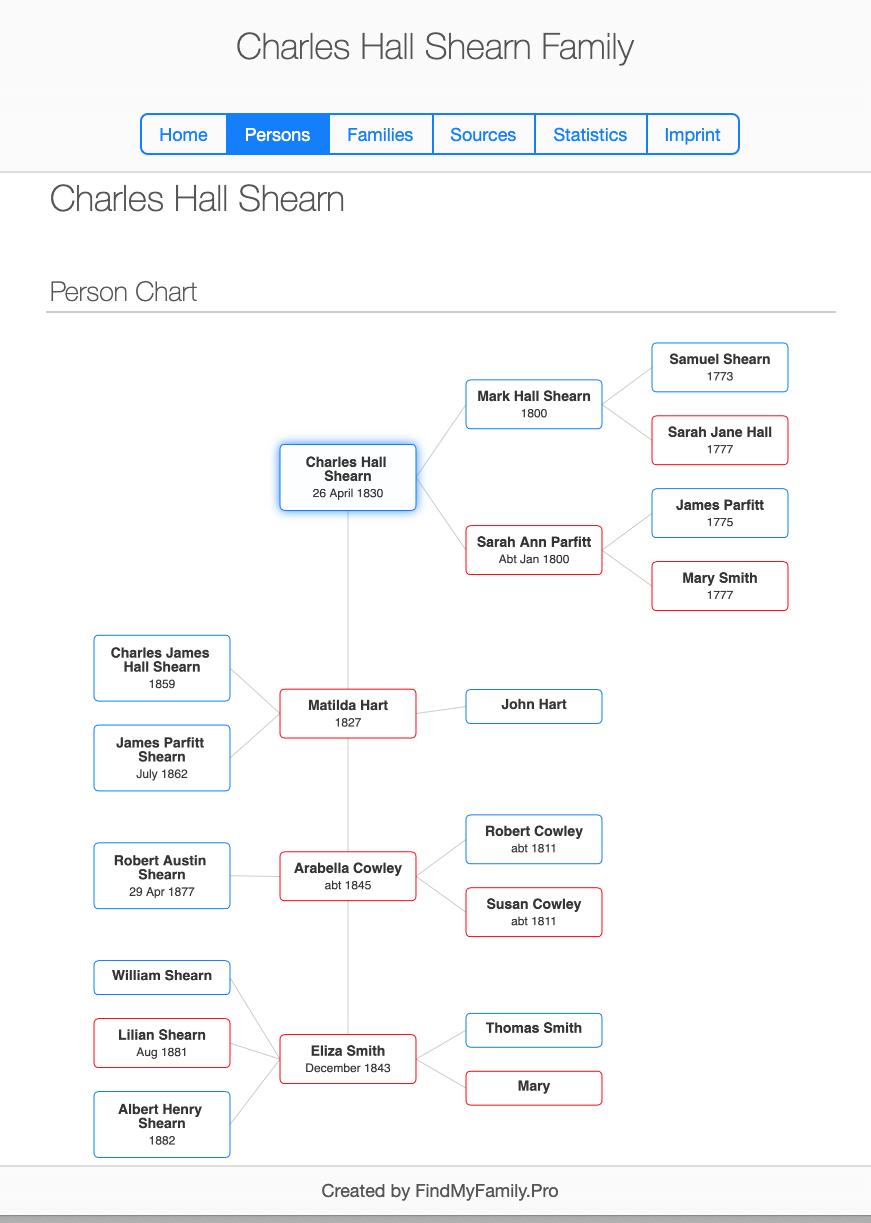
A while back our niece discovered a bit of an interest in family history. She knew we kept a family tree so she contacted us. She wanted to see it. We keep our primary tree in Ancestry.com. We also put it and other trees with other services such as FindMyPast.co.uk, MyHeritage.com, and several other sites for various purposes. Of course, these sites and services are not free. Even to share a public tree the guest must create an account in most cases. Our niece does not have a paid account with any genealogy service. So we got to thinking about how we could share our tree with her.
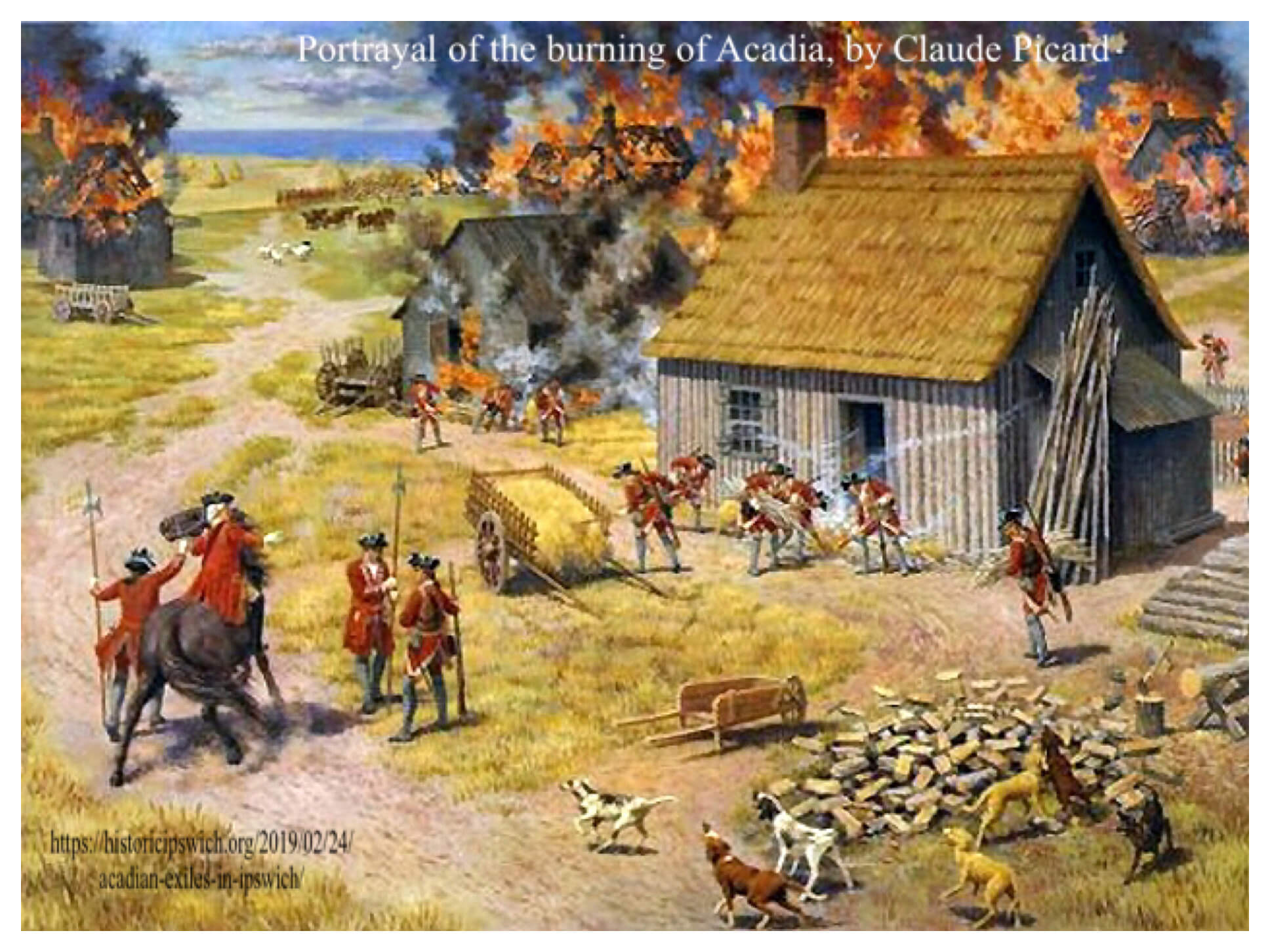
While researching the other day I came across a new book that documents Maine’s original Acadian families. I had heard the term before but I wasn’t sure what exactly an Acadian was, and the reason for writing the book sounded intriguing. So off to do one of my favorite things, learn something new! Do you have Acadian ancestry? Have you ever heard that term before?
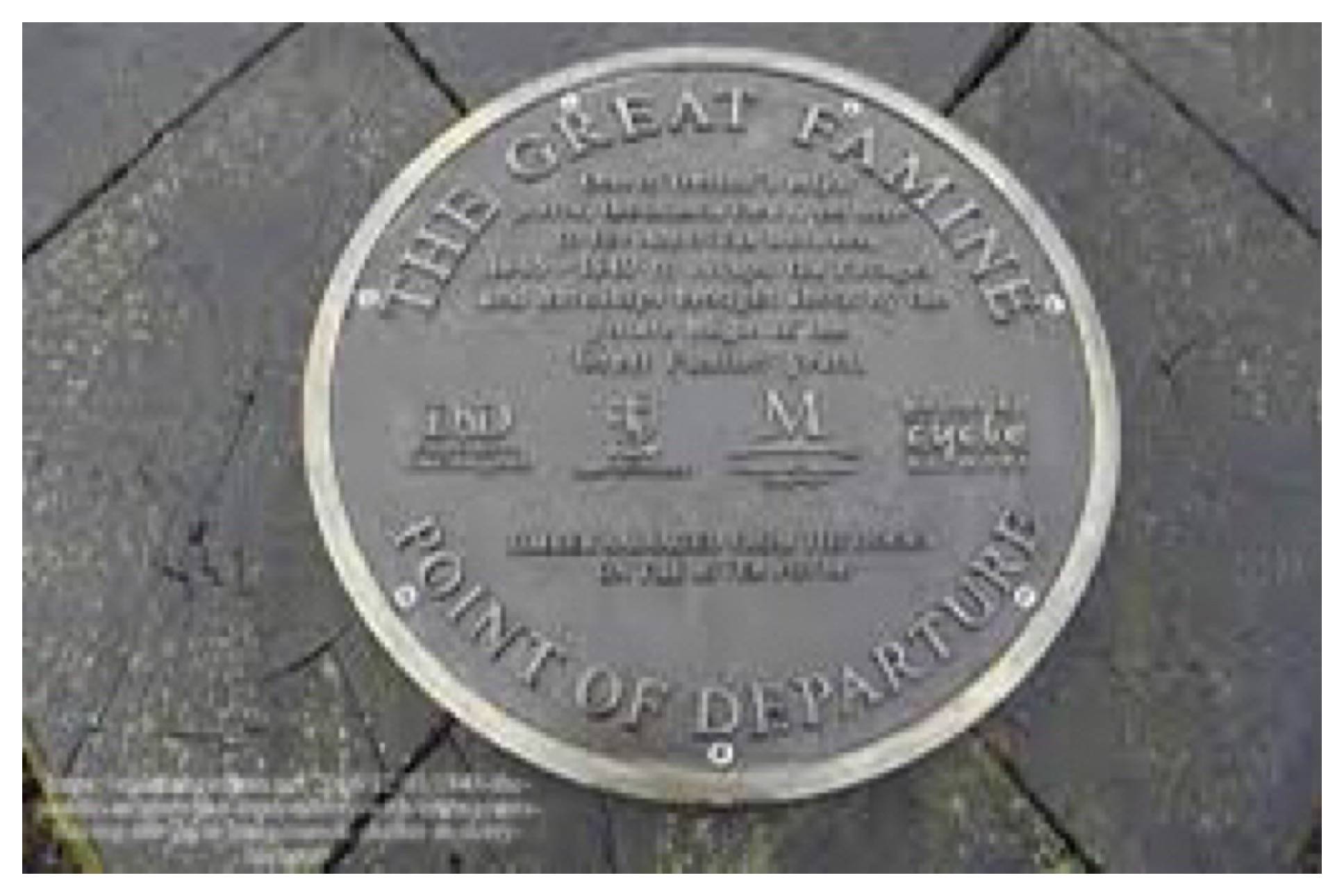
Did you have ancestors that left Ireland during the great migration years? Did any of them die on the voyage to a better opportunity? It is well known that the ships were not in good condition and many died on the trip to the new life they were hoping to start. This is why the Steerage Act of 1819 was created in hopes of improving the conditions the poor dealt with on the voyages. However, without people who dedicated their lives to make sure the conditions for the poor were indeed better, it may not have improved enough.
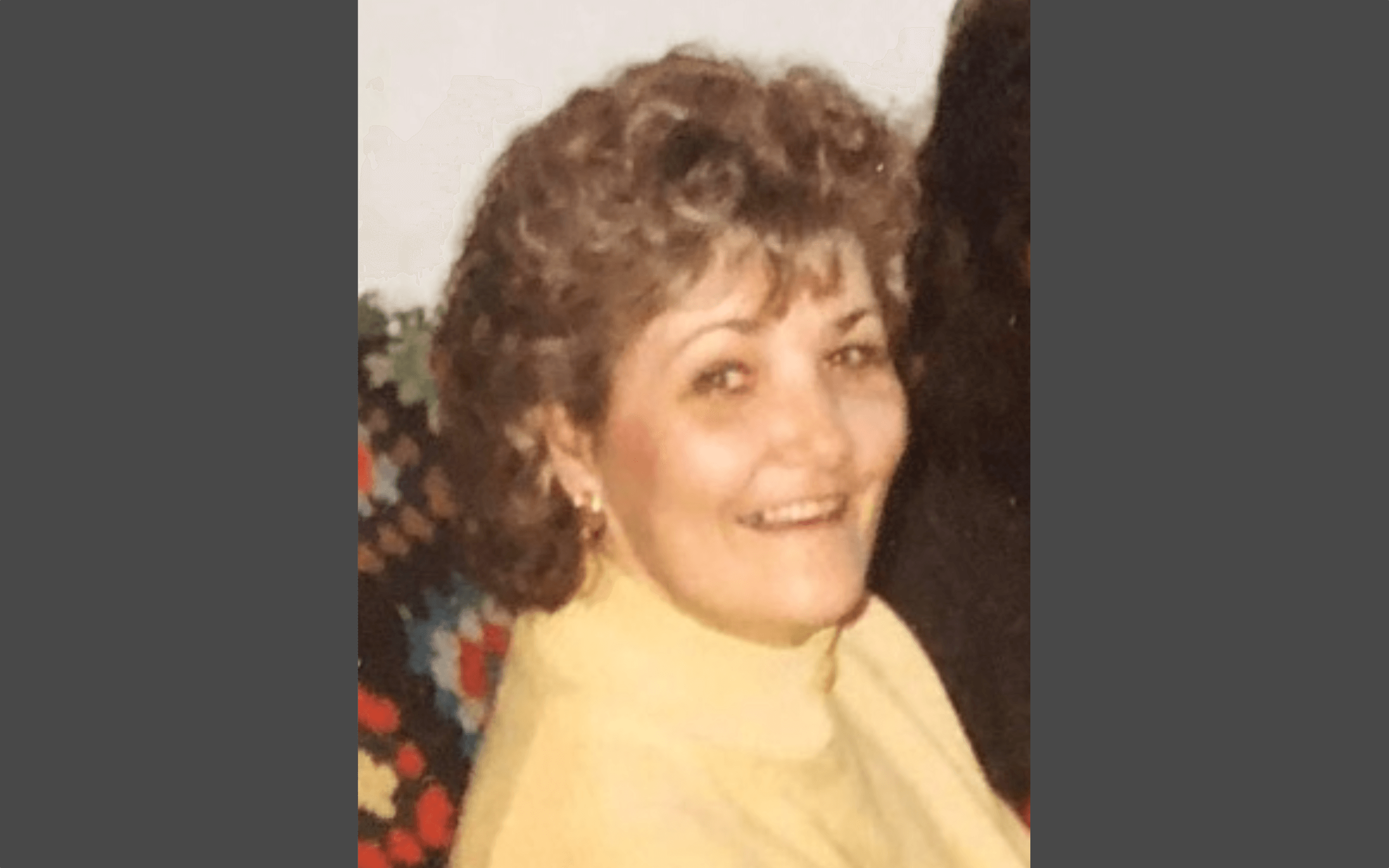
Four days before my 32nd birthday my mother, 52, died suddenly. It was Monday. On the previous Friday she was cleaning up a property after a storm. She walked over a cistern when the cover gave way and she fell. She suffered a bruise on her thigh. She phoned her doctor who provided a prescription for the pain. She spent the weekend lying around avoiding the pain and generally recovering from the fall. My wife and I visited her and my father bringing our young children along. Mom enjoyed loving on the kids. I remember her lying on the couch holding our nearly ten week old son and smiling and making him smile and coo. On Monday, she was preparing to go to her afternoon job when she collapsed. She died a short while later. A blog clot from the bruise had dislodged and traveled to her lungs causing an pulmonary embolism. My mom loved life and her family. She worked hard to support them, and she tried to keep us all close to her. Since she died we have scattered around the country.
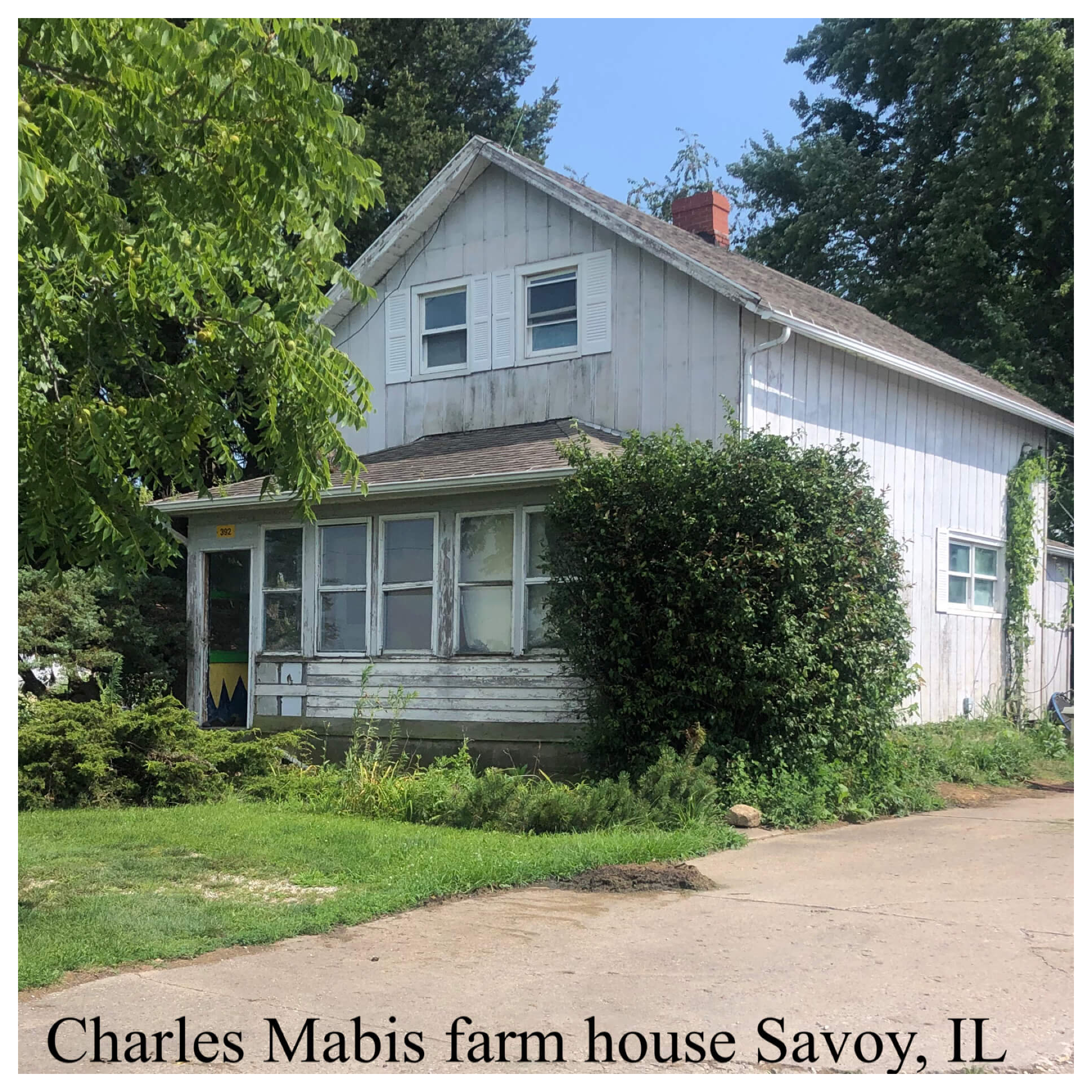
Do you ever get sentimental? Wish you knew more about your ancestors? Where exactly did they all live? How did they live? Why did they move so much? In general, were they happy, content, maybe even miserable? This summer while I was back home in Illinois, I had my aunt and mother drive us around to show all the different places my Great Grandpa farmed during his years in Illinois, and tell me other life stories. There were stories with each place, and their memories brought each place to life.
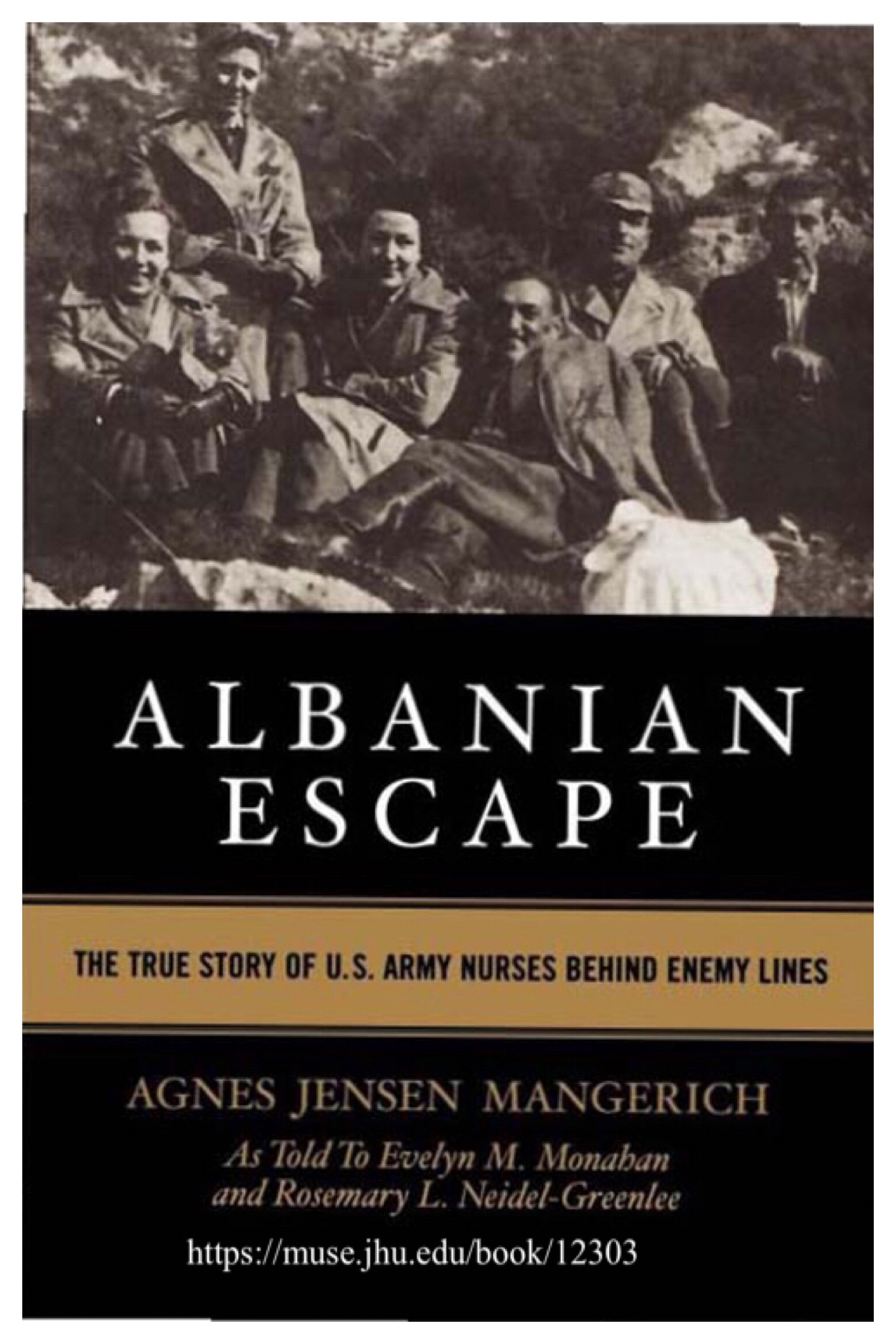
Did you have ancestors that fought in World War II? Did any of them have stories that were heroic? Maybe they never talked about what happened. Maybe they were not supposed to talk about the things they did in case they endangered those who were part of helping. Here is one story that was to be kept secret so as to not endanger others.
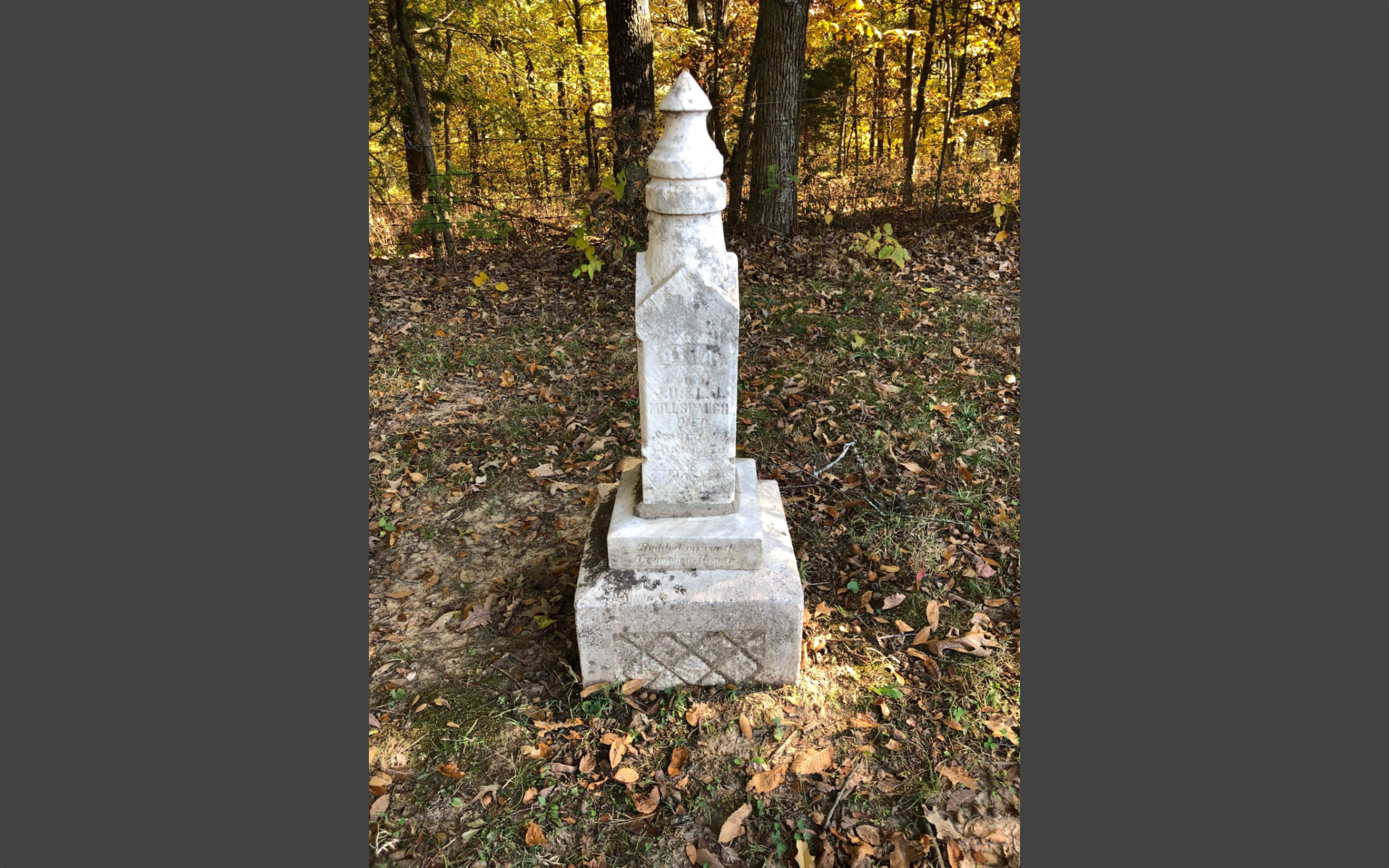
Last month I reported about a chance opportunity we had to get closer to my ancestors at a cemetery on private land. It was a spur of the moment decision to make the stop, but we would not have even known the cemetery was nearby if we had not done a bit of preparation before hand. We tend to do a lot of driving around the country (USA), and when we can, other countries. So for us, as we drive, if we plan our stops well, we occasionally have time to do some communing with our dead ancestors. This month we have again had the chance to do just that, twice. A few stops proved more positive than some others. Preparation, a little or some more, can help make side trips, or any trip, more fruitful. Family tree data, map markers, and notes are essential planning tools.
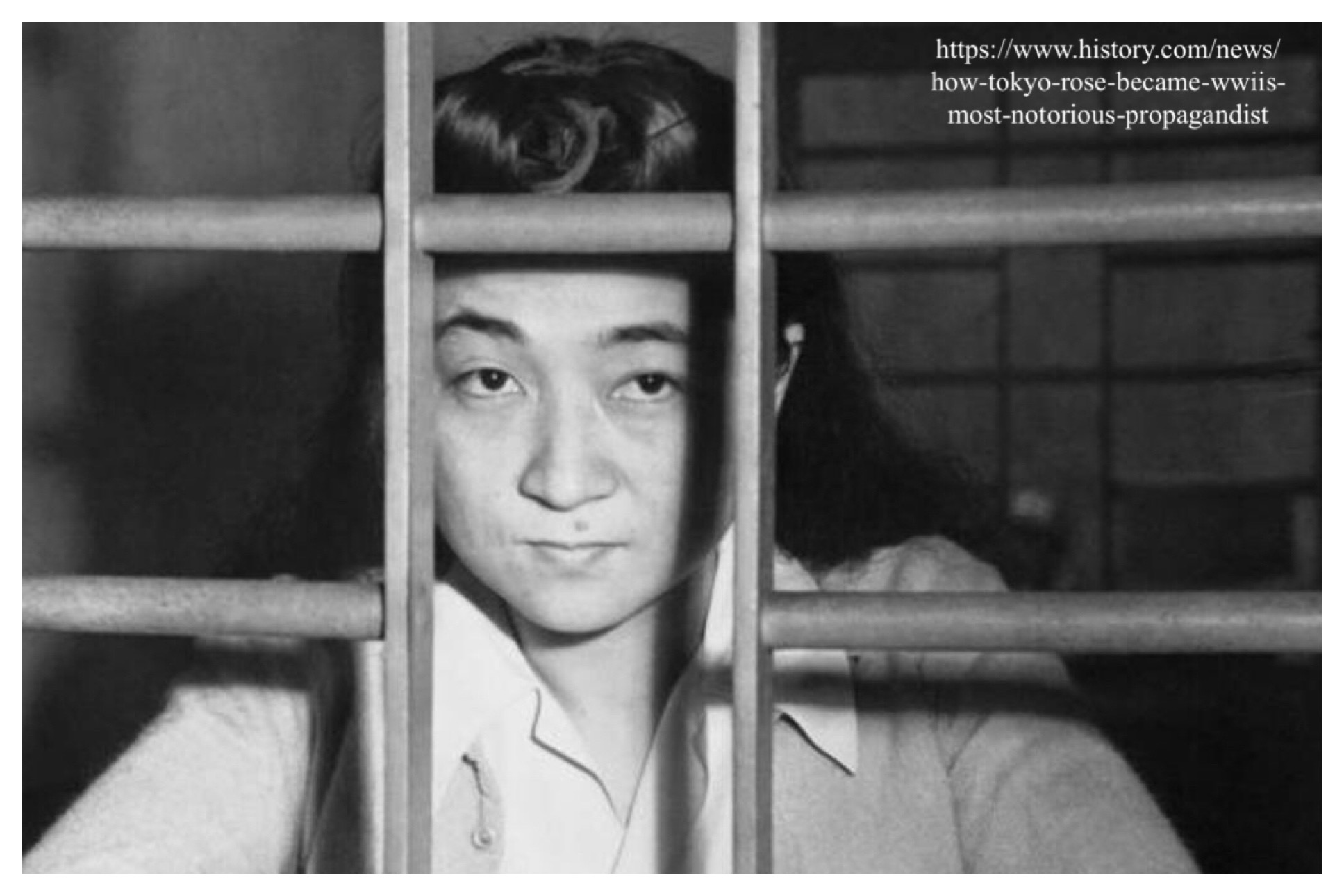
World War II is known for many things, one of the more famous was "Tokyo Rose," a woman who spoke for one hour daily to the allied troops. She went by the name "Orphan Ann" but the American soldiers who looked forward to her show called her "Tokyo Rose." I don’t know about you but I have always wondered why this woman would do this job. What do you know about this woman? I decided to do some research to find out.
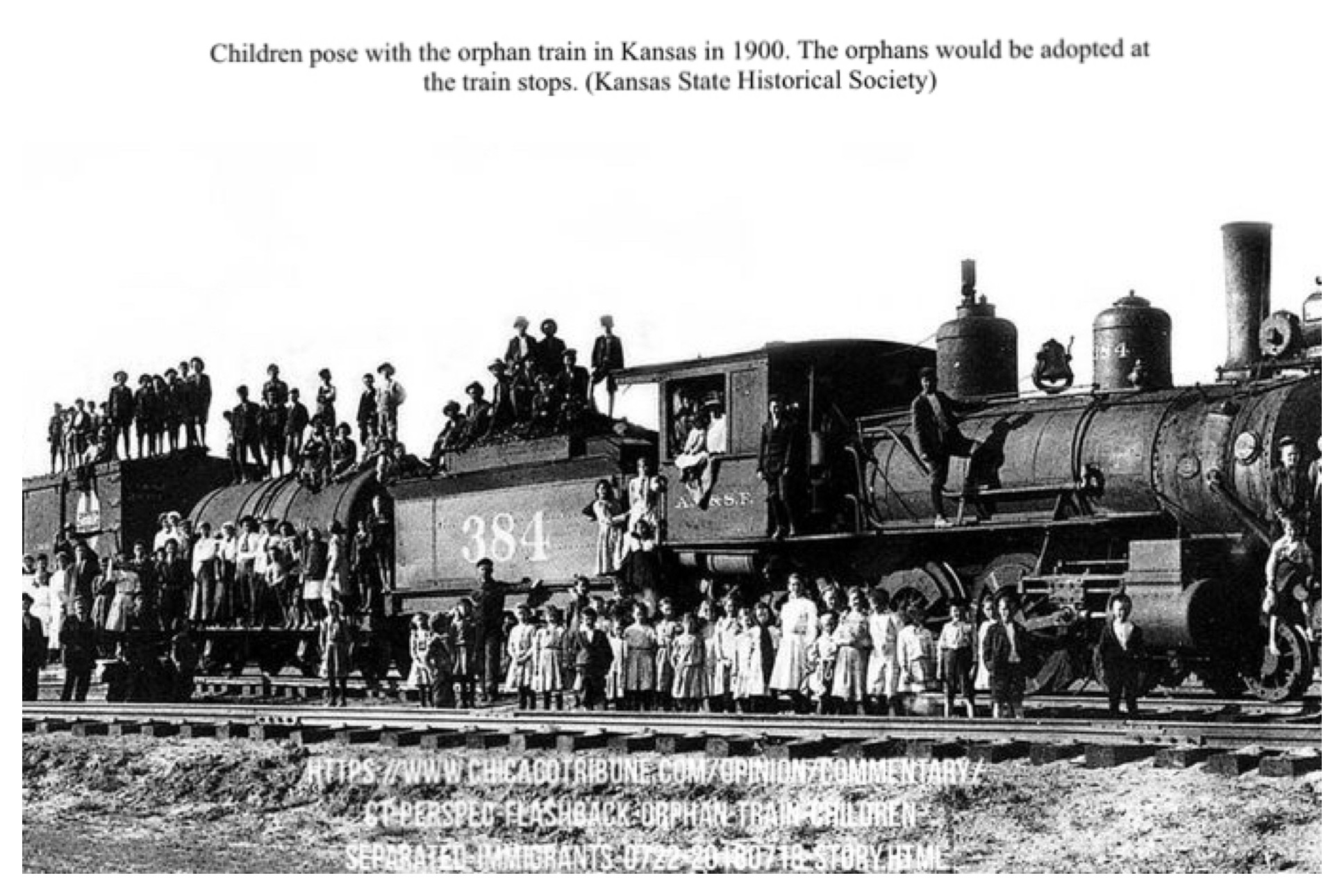
Did you have poor ancestors that lived on the eastern seaboard in the mid 1850’s? Especially in the New York City area. Have you researched and found the horrible homelessness of children? For 75 years between 1854 and 1929 up to 200,000 indigent children were taken from the cities to the farm, in hopes of giving them a "better" life. The brainchild of this plan was Charles Loring Brace, a minister. And the form of transportation? Trains, better known as Orphan Trains. But how did this situation come to be? And were the children actually given a better life?
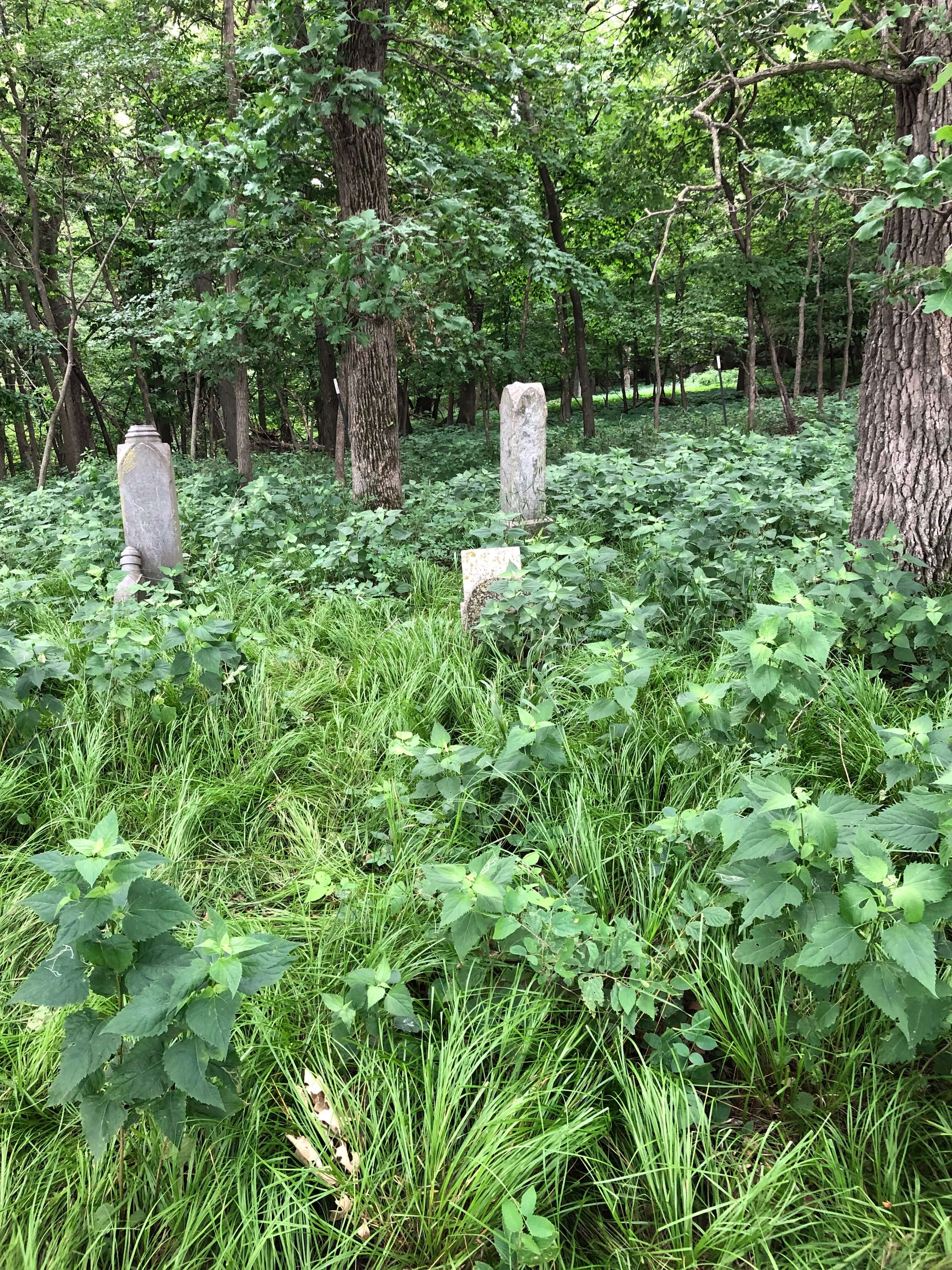
As we were traveling through mid-America, I was navigating through an unfamiliar city. While looking at my map on my phone I noticed a star. Several months or maybe even a year or two before, while doing some family history research, I had placed the star there. We were noting family history sites on the map including cemeteries. As I was navigating, the star that I saw was one of those cemeteries. The driver, my wife, asked if I wanted to go there. So, we quickly whipped off the freeway.
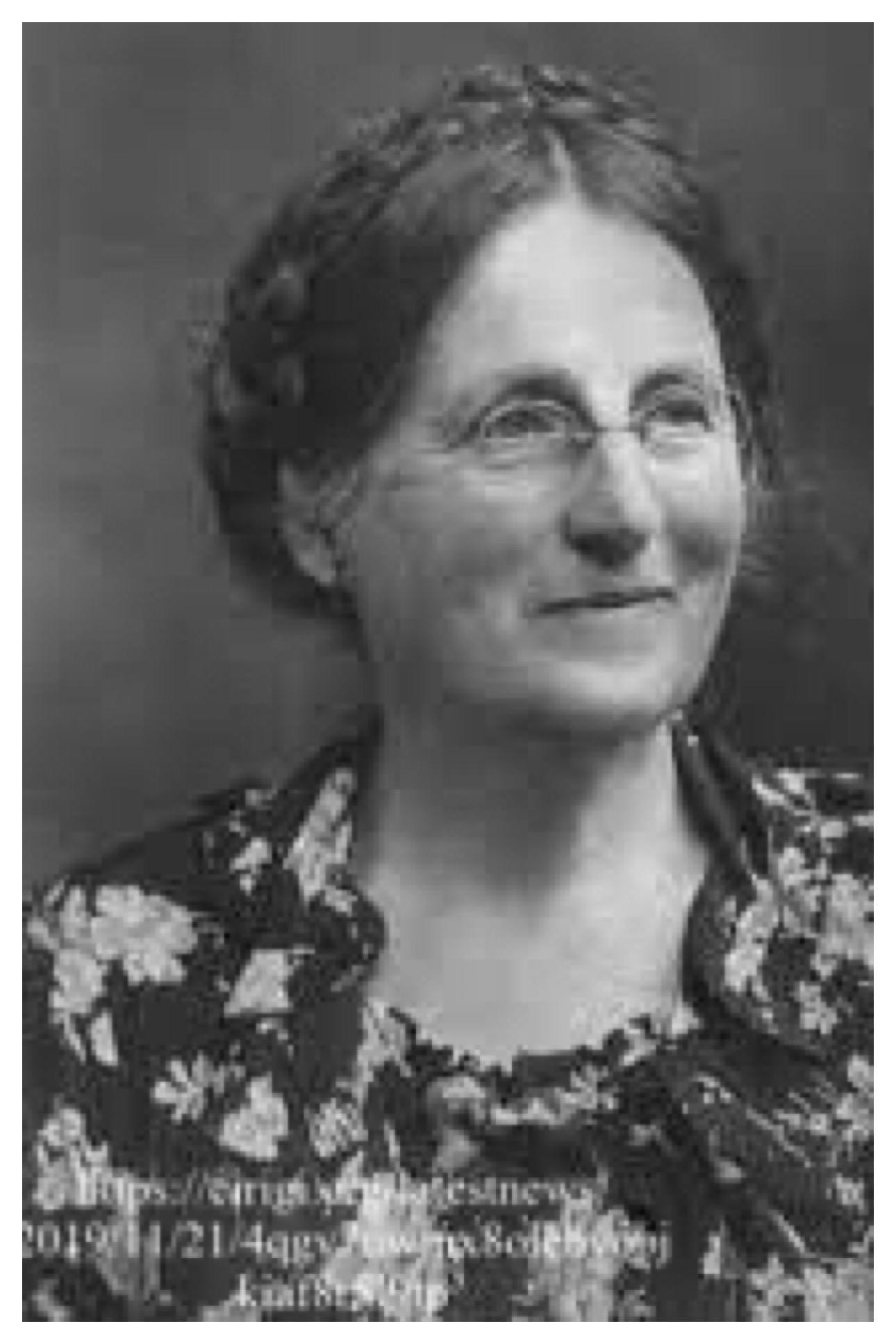
Recently I was reading an article about getting women more involved in STEM (Science, Technology, Engineering and Math) subjects. These subjects have typically been men dominated fields. The article was focused on Ireland and how there were some women who broke the barrier long before Irish women were even allowed to go to University. In 1855, when University was finally open to women they could not just study anything they wanted, they couldn’t join certain societies on campus and even had to leave the campus by certain times. However, that all changed in 1920 with the first class of women being allowed to enroll in the University of Dublin to study science. Yet, there were women who were able to go into these fields before this time. We will focus on one of those women today, Dr. Kathleen Lynn.
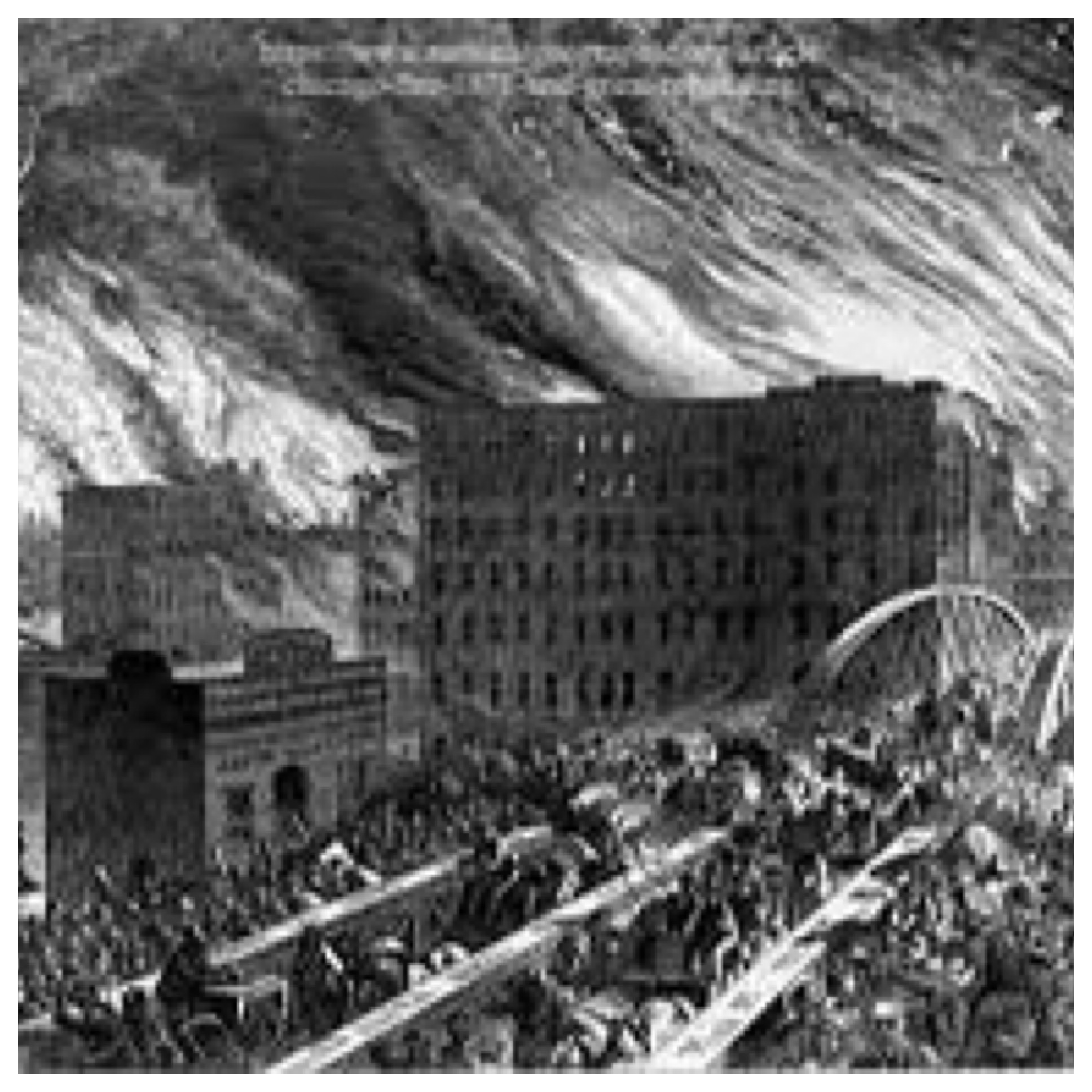
If there is one thing I try to stress to people, it is to learn the history surrounding where your ancestors came from. Is there a historical reason they left their homeland? Is there a historical reason your ancestors headed to a new area? History is very important and helps in learning and understanding your ancestors and their behaviors. I have one line in my family tree that has been in the Chicago area, and for most part, the rest of my more recent ancestry is from central Illinois. I stumbled upon a fairly widely known story, and thought we would share it with you just in case you had never heard of it.
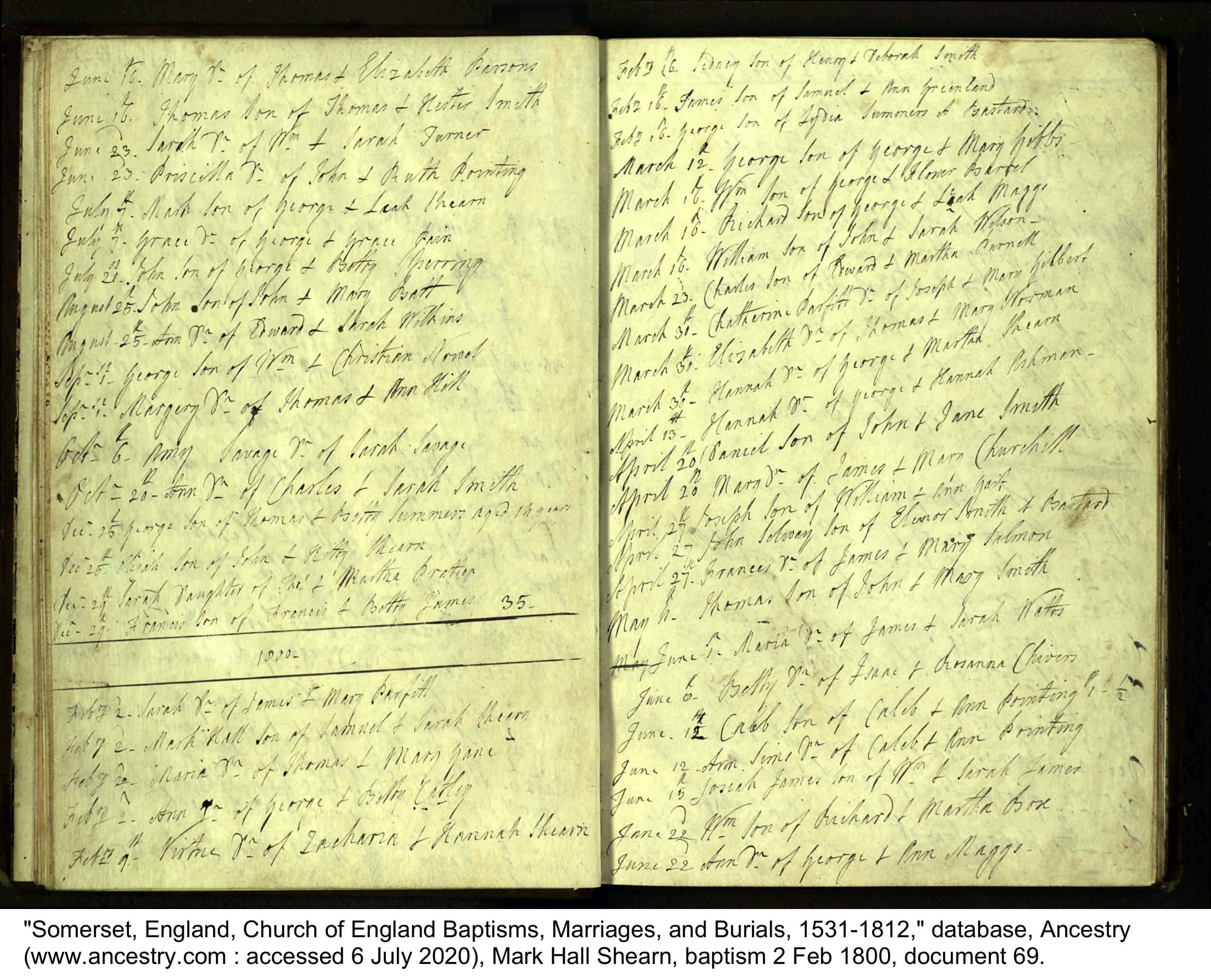
The research objectives were completed except for the birth of Sarah Parfitt, her divorce from Mark, if there was one, and the marriage of Mark Hall and Ellen Booth Hall née Gittoe, again if there was one. No records were found for either a divorce from Sarah Parfitt or a marriage to Ellen Booth Gittoe. Mark Hall Shearn was born in 1800, as was his wife, Sarah Ann Parfitt. They married in 1823 and had five children together Samuel George Shearn, Phebe Shearn, Charles Hall Shearn, Elizabeth Parfitt Shearn, and Mary Parfitt Shearn. Mark Hall was a farmer at Woodborough, Radstock, Somerset. The younger children of Mark Hall and Sarah Shearn née Parfitt grew up without a father. They lived in Wellow, Somerset apparently until Mark Hall Shearn left his family. Sarah Shearn née Parfitt and the children managed together with help from Sarah’s parents, perhaps Sarah’s siblings and other kin, and probably Mark’s mother.
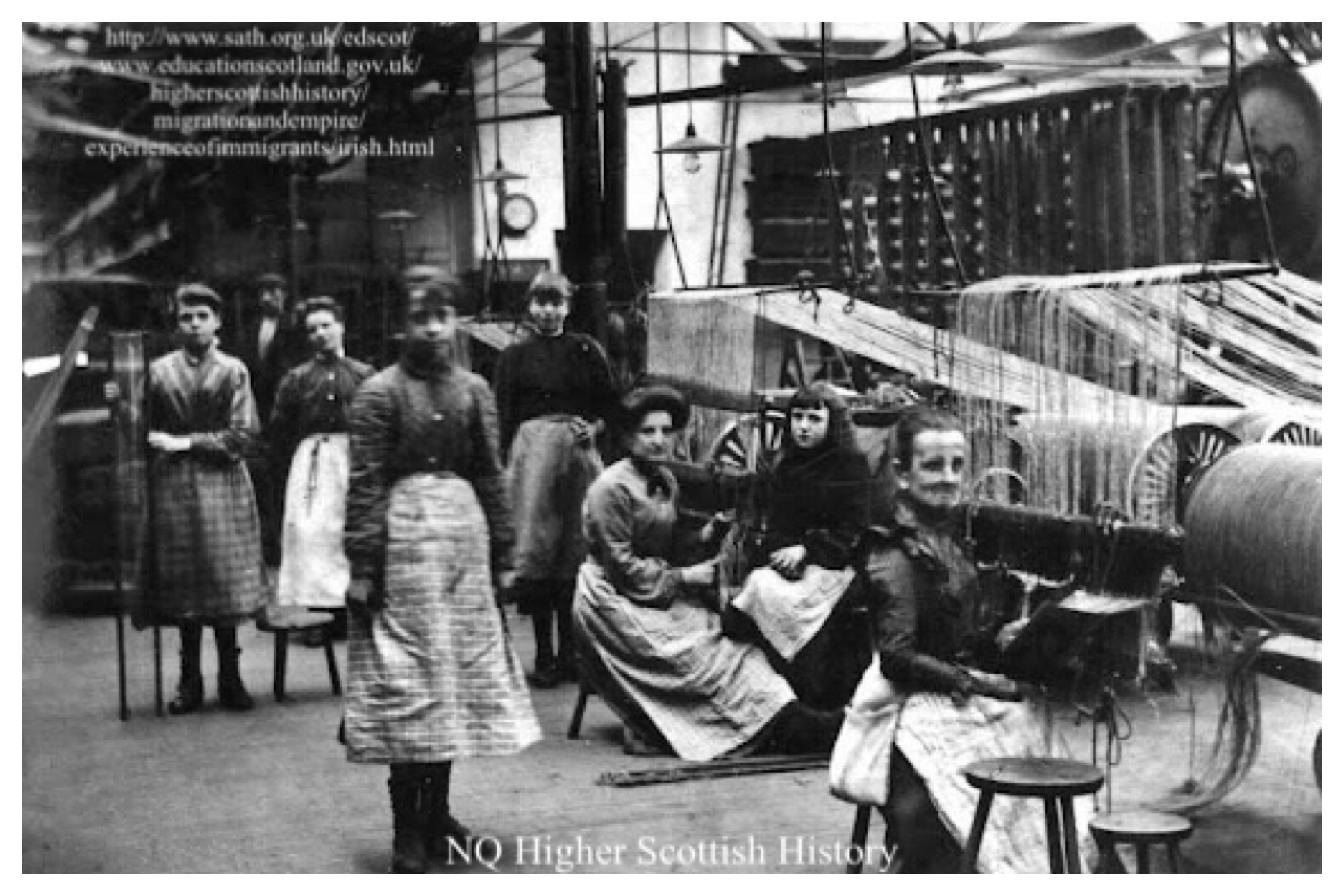
How many of us have ancestors that left Ireland during the great famine or maybe even before or after, in search of better opportunities to take care of their families? How many people have issues tracing their ancestor path? Such as I have found my ancestors in Ireland and the United States, Australia, etc… but the time between leaving and arriving is really large. Have you stopped and wondered about if they may have first gone to Scotland?
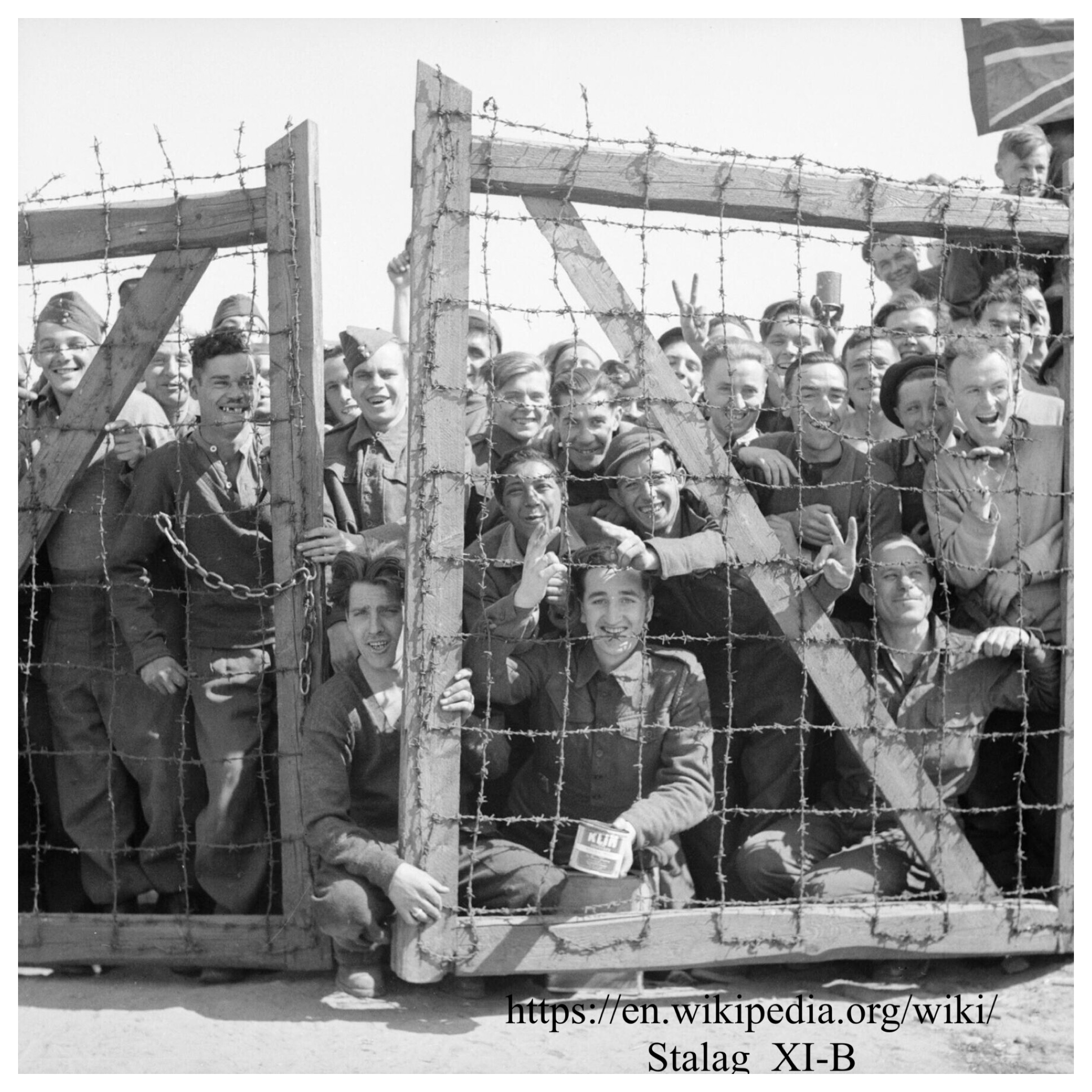
While researching World War II information I stumbled upon a story of the liberation of a POW camp that had not been known at the time. Did you have any relatives that served in the European Theater of WWII? Maybe that helped with the liberation of POW camps?
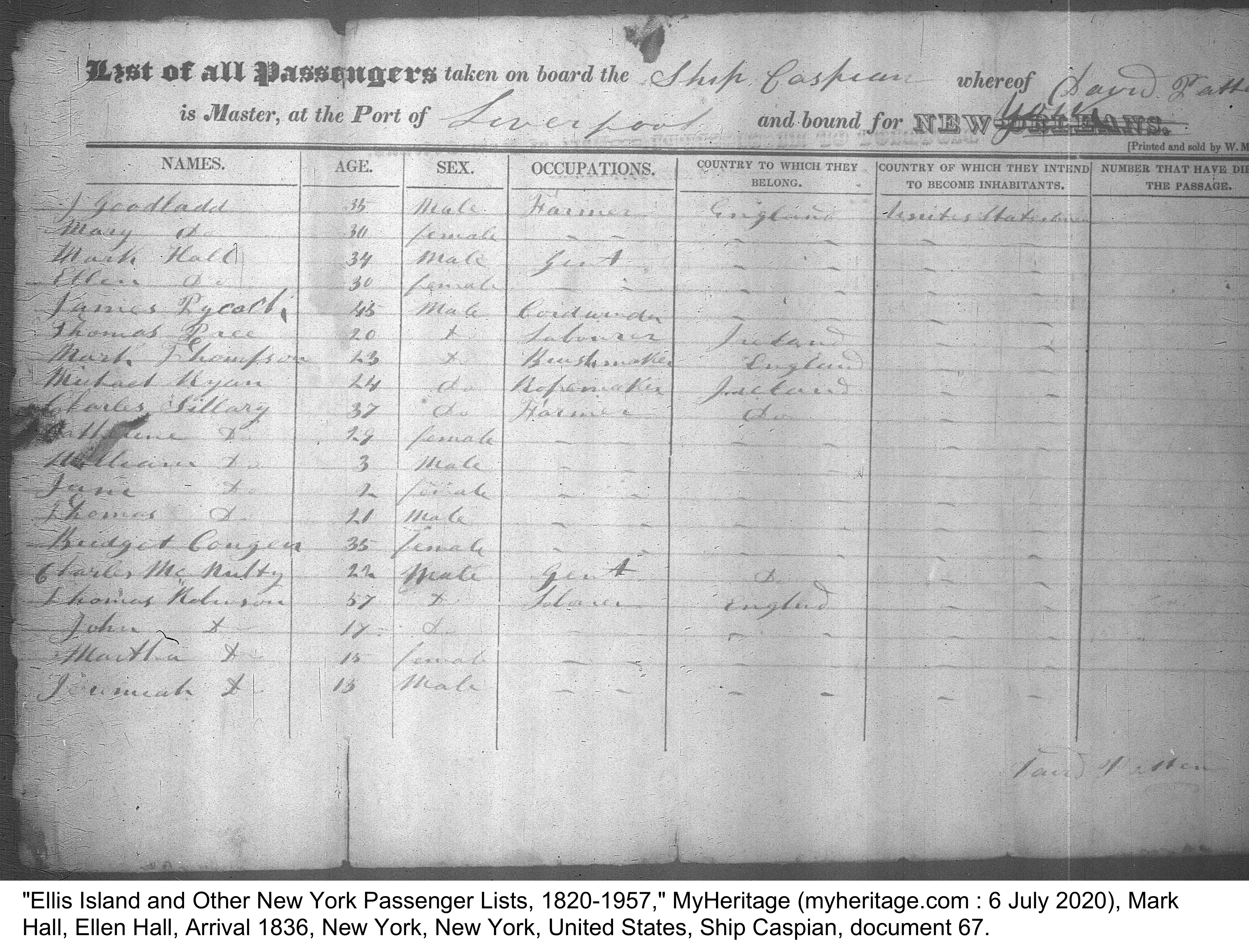
Client research suggested that Mark Hall Shearn left England in 1835 to immigrate to the United States with a young woman named Ellen Booth Gittoe. A ship record was found with Mark Hall and Ellen Hall as passengers.
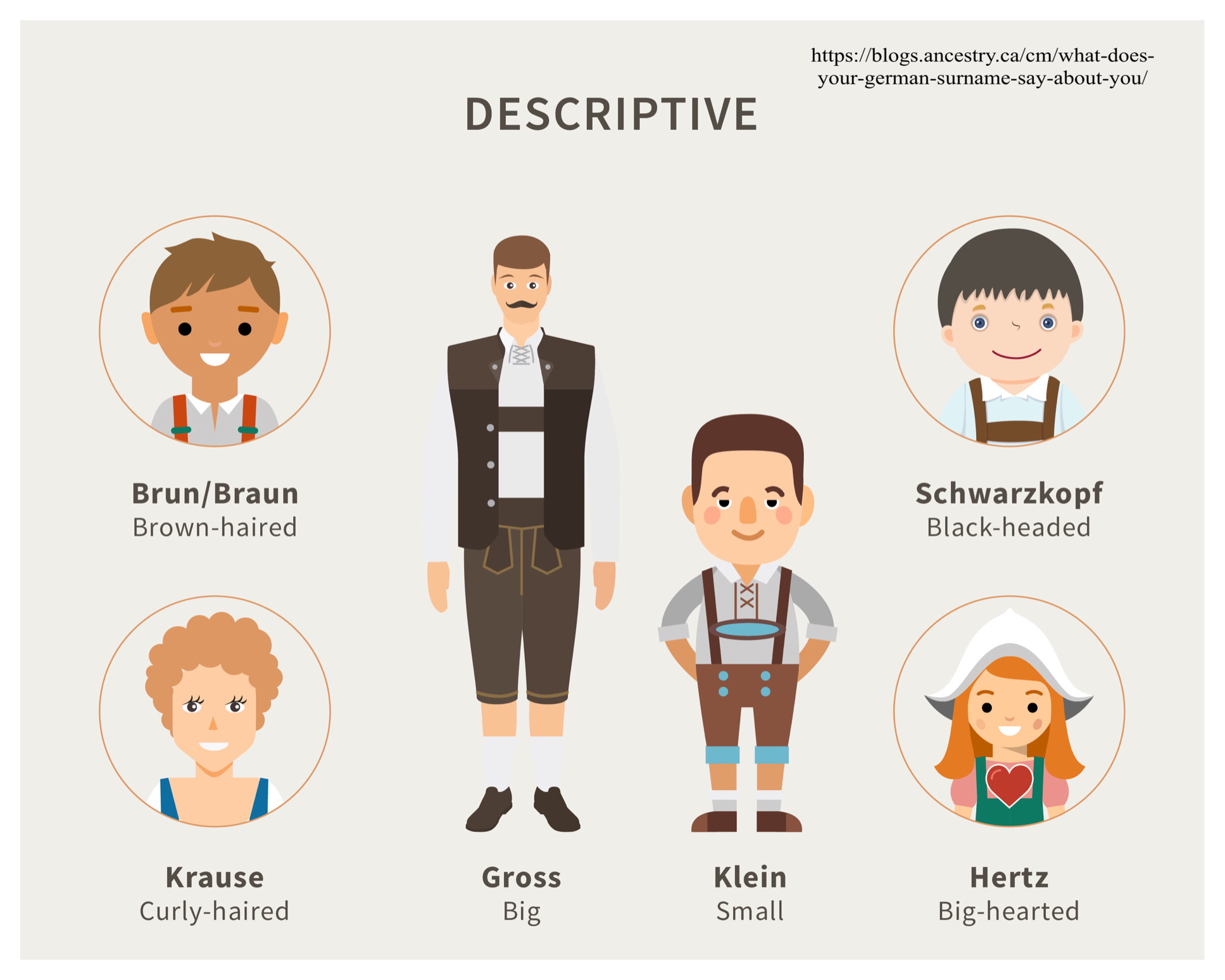
Do you have German ancestry? What do you know about the surnames in your family tree? Most commoners obtained their surnames around the 1300’s, the Middle Ages, and the surnames came from occupations, geography, characteristics or are often patronymic. In most cases, surnames stayed from generation to generation. Below we will discuss where different surnames came from.
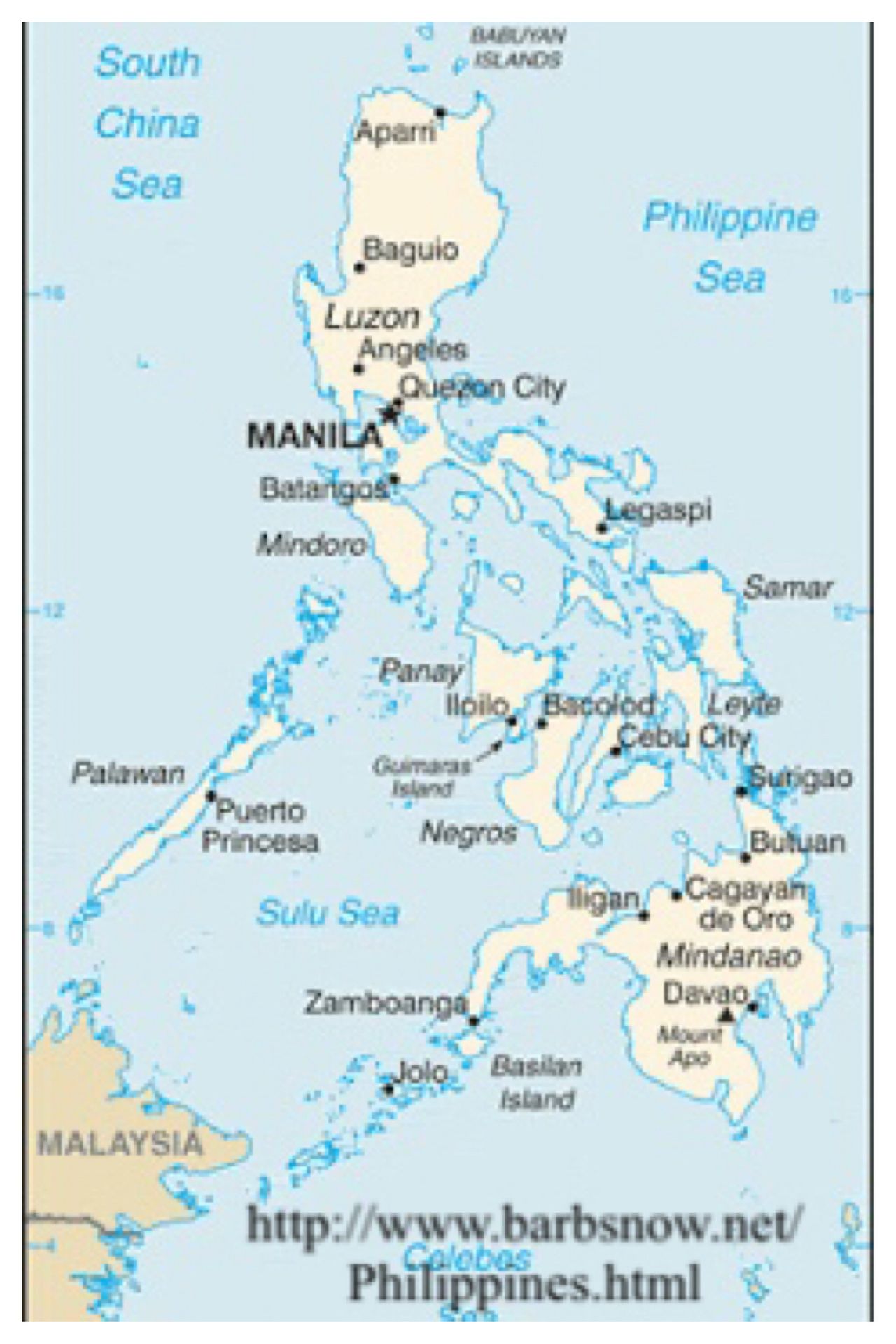
Do you have Filipino ancestry? Have you had any issues with finding records for your family history? While genealogy research has not been a common thing in the Philippines, interest in it has started to grow. Below we will discuss things that you will need to know to get you started.
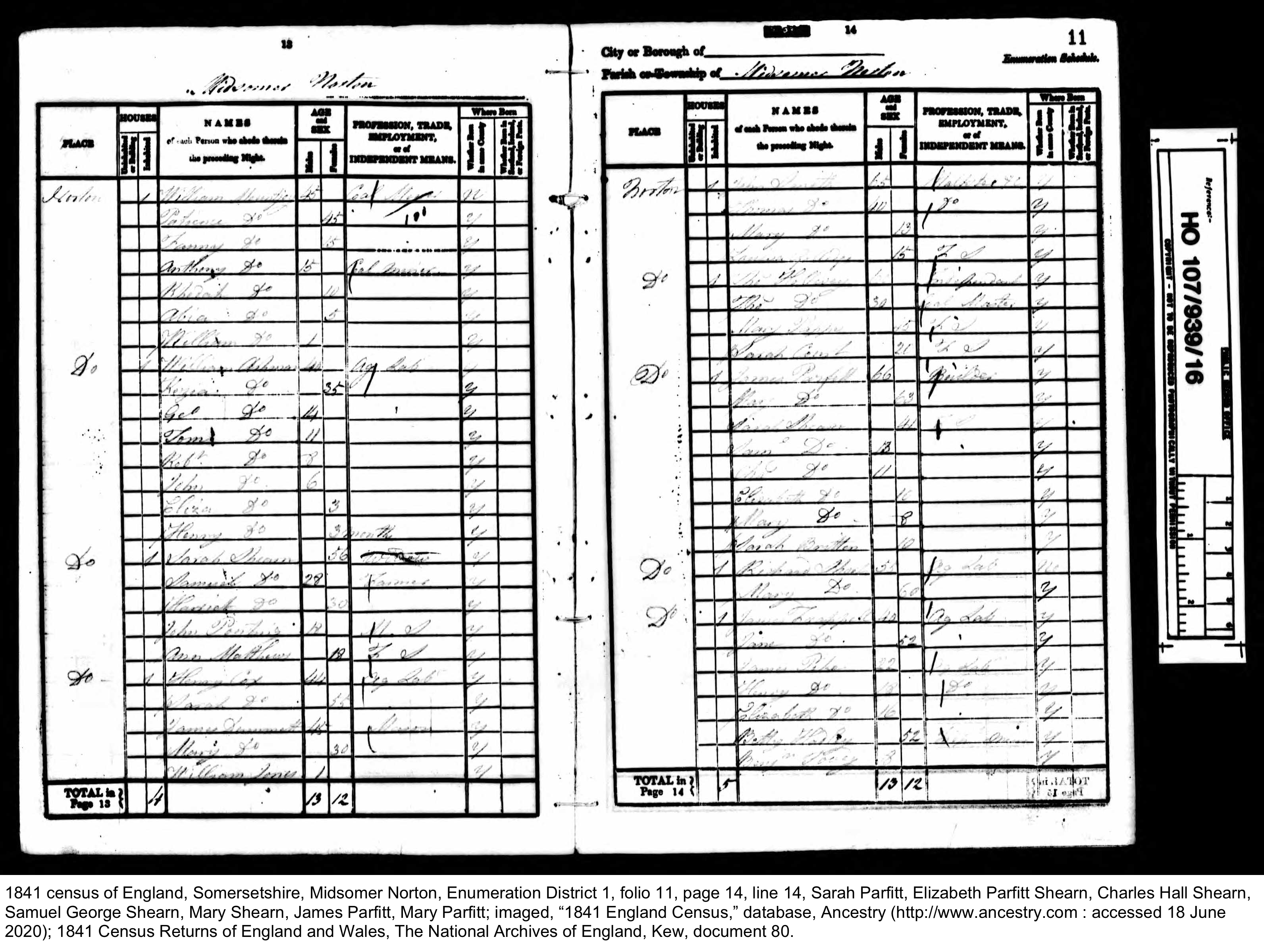
Mark Hall Shearn married Sarah Ann Parfitt in 1823. The couple had five children between 1827 and 1833. In 1833, when the youngest child, Mary Parfitt Shearn, was baptized, three of the children, each of whom had already been baptized Wesleyan, were also baptized into the Church of England. Phebe, Charles, and Elizabeth were all baptized again, along with Mary, on 29 December 1833. The record indicated the names of the children and parents, and the occupation of the father. Mark Hall and Sarah Shearn were the parents, and Mark Hall was a farmer. They were all from Wellow. The baptisms took place in the parish of Midsomer Norton, Somerset, England. Phebe, Charles, and Elizabeth were either re-baptized, or perhaps this was a different Phebe, Charles, and Elizabeth with parents Mark Hall and Sarah Shearn. That was not likely, in fact the very names were what helped provide proper identification in various records.
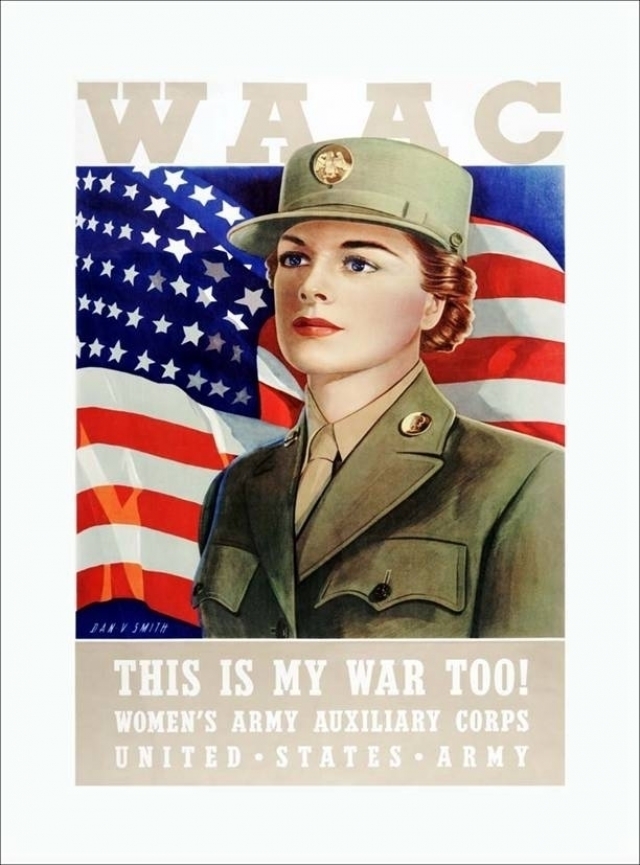
What do you know about the history of the Women's Army Corps (WAC)? Well I knew they were called WACs, and every time I hear the word WACs I start singing the song from White Christmas where they say “the WACs, the WACs that dressed in slacks.” Recently Fold3 added histories of different companies of WACs.
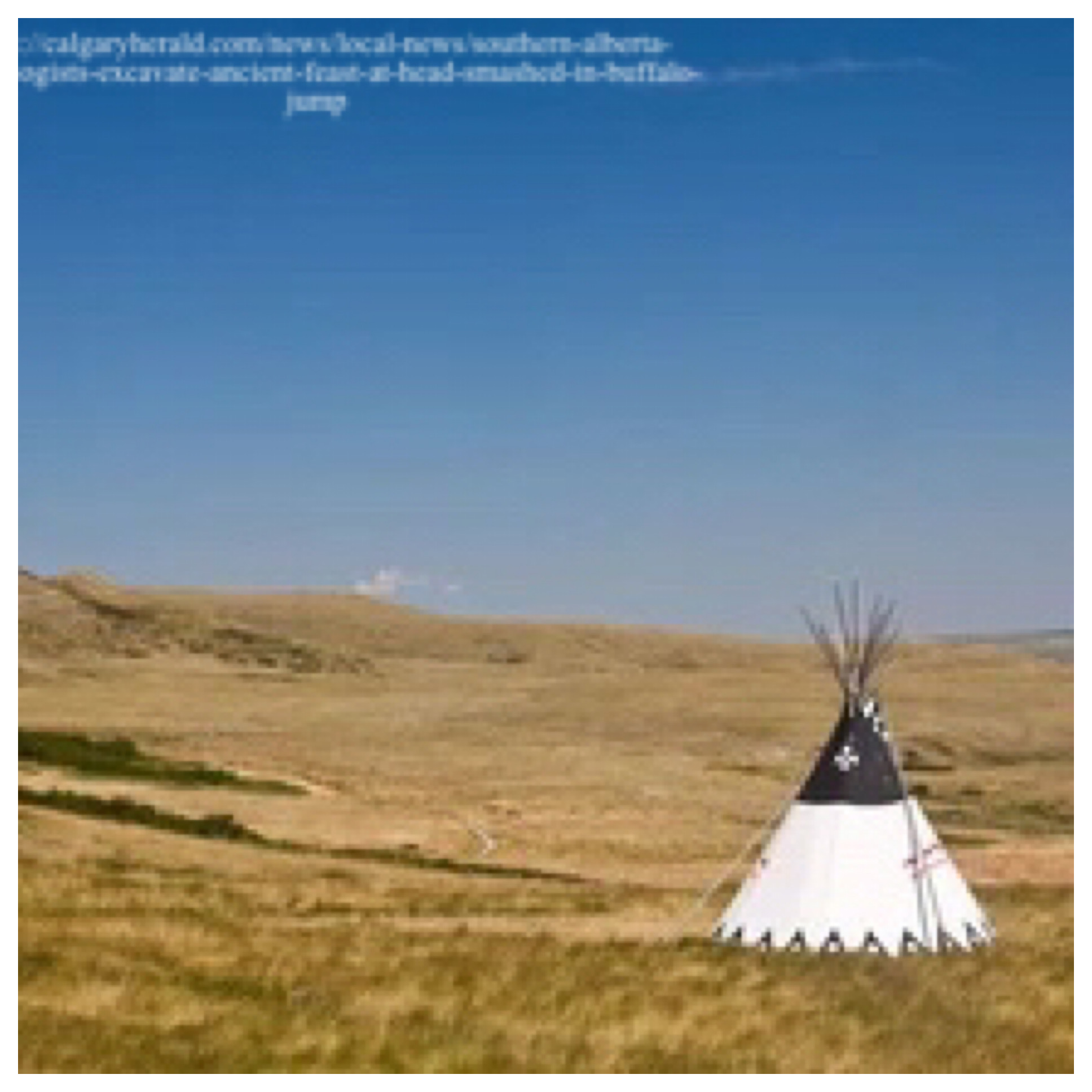
Have you ever been to a funeral of a religion other than yours? Maybe a funeral for someone from a different country? Were things different from funerals you have been to for your own family members? I once went to the funeral of a friend who was Cambodian, and they mixed the traditions of Buddhism with what we would consider a more American funeral. Recently I was looking up some Native American Indian information and stumbled across the burial rituals of different tribes. Each tribe had its own unique way of burying their loved ones. The rituals were as diverse as each tribe before the time of reservations. Some were buried and others were “buried” in a tree. A few of these Native American Tribes and their burial rituals will be discussed in this blog.
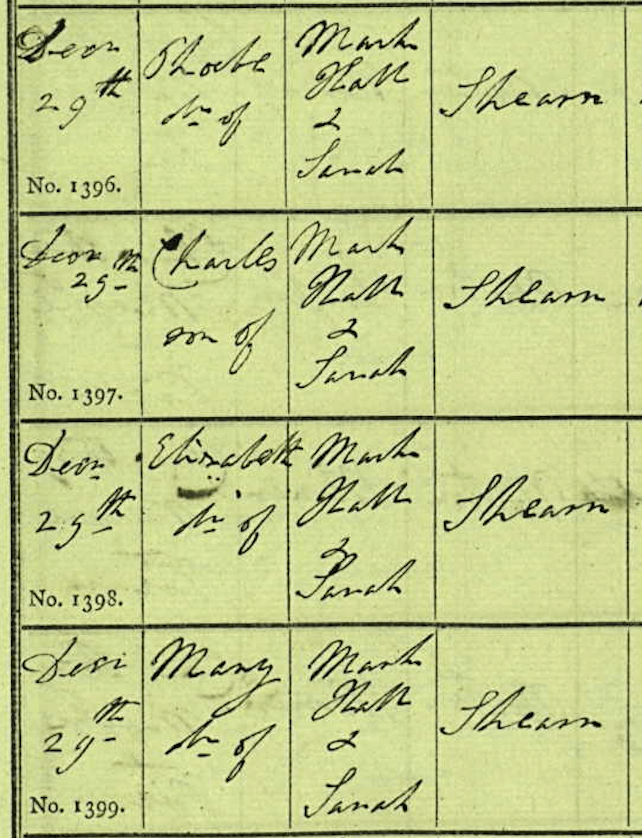
Generation Two of our two-generation study concerns the family of Mark Hall Shearn. The first generation was Charles Hall Shearn born 1830 in Radstock, Somerset, England. Mark Hall Shearn was his father.
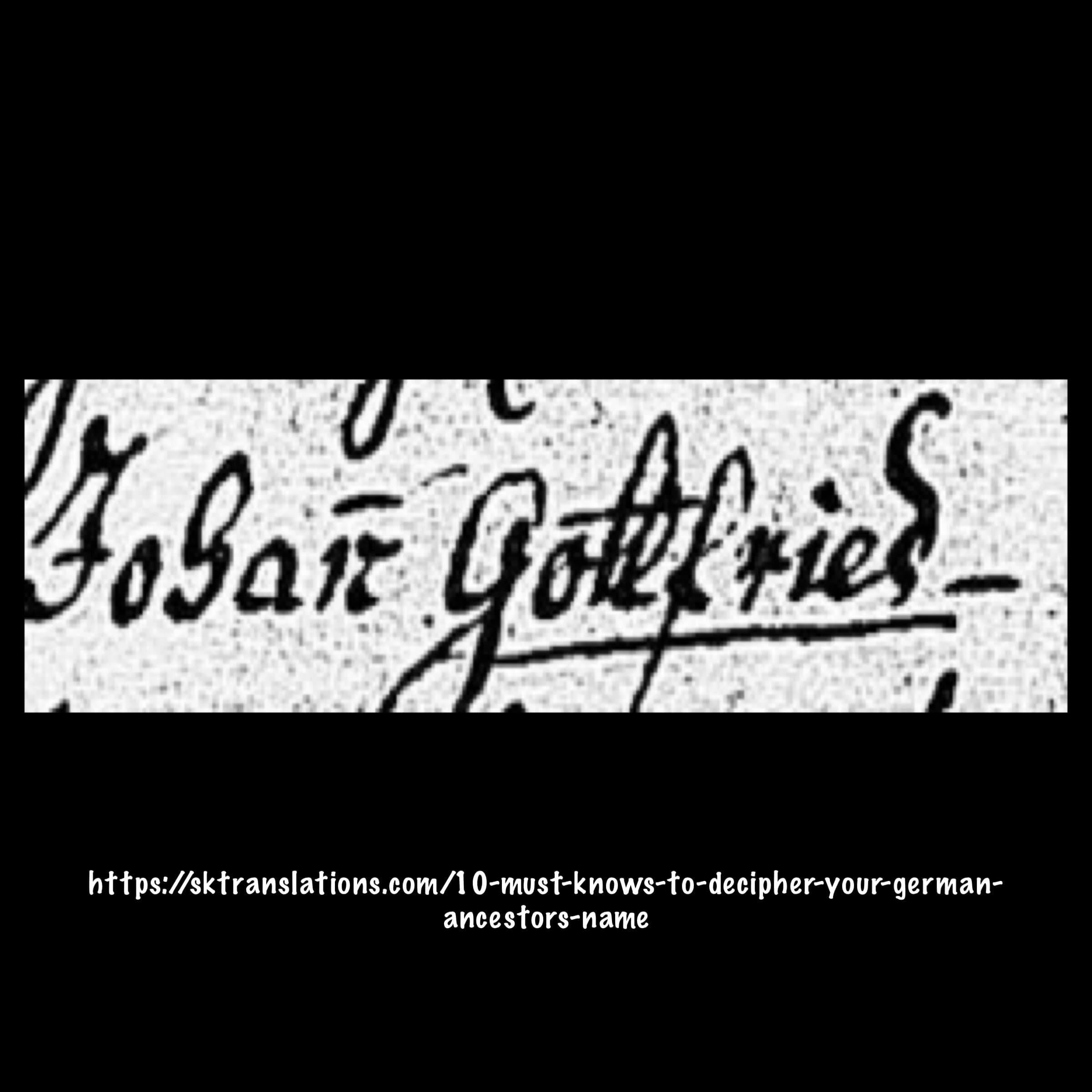
Do you have German ancestors? Have you had trouble finding them in German records? Do you think you found them but the names are spelled wrong? Here are a few tips to help you when you are searching for your German ancestors.
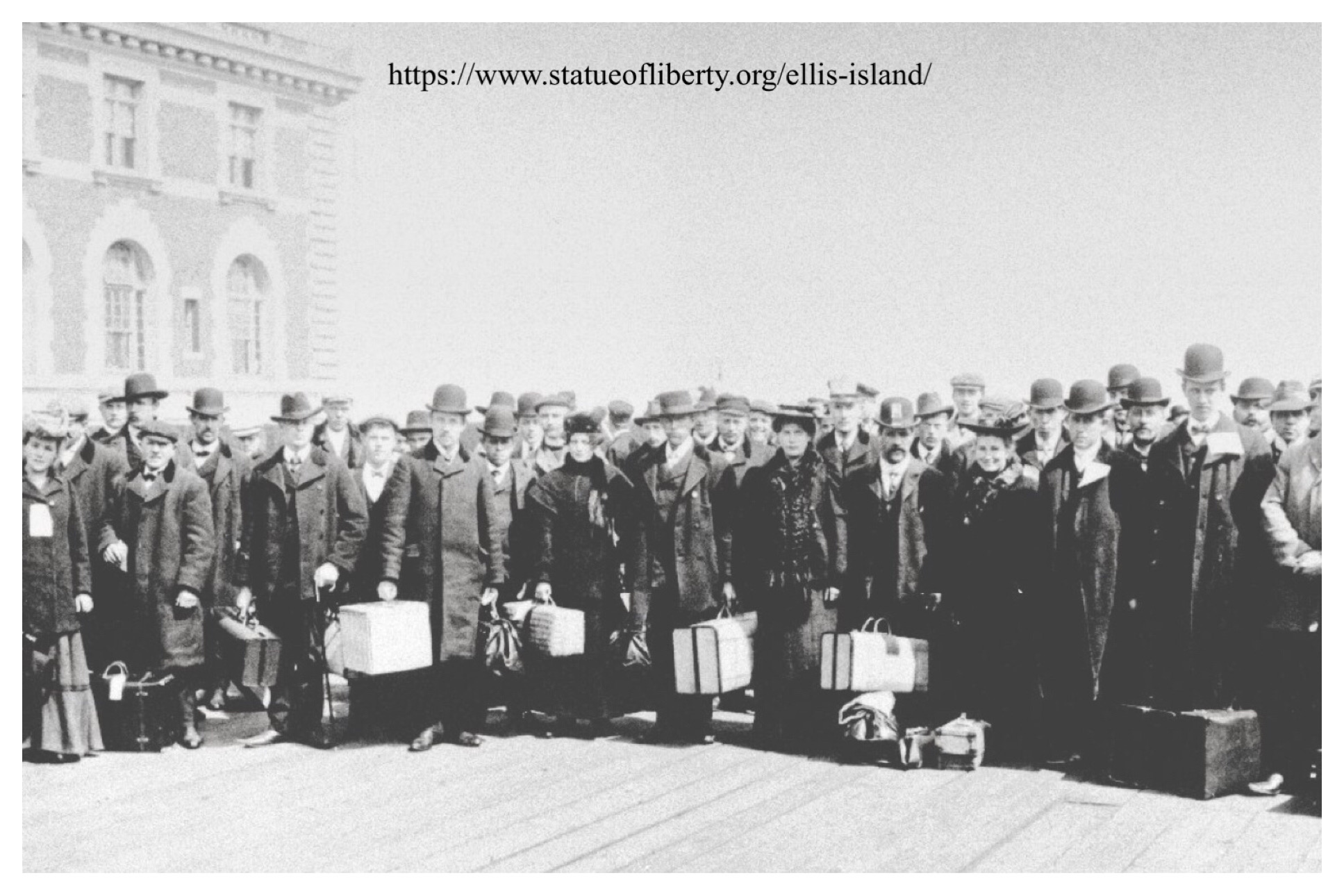
What do you know about your immigrant ancestors? When did they come to the United States or wherever you are? Do you know if there were immigration laws when your ancestor came to your country? Did they learn the language of your country or always speak their native language? Did they get any sort of assistance when they got there? I know that when I started the journey of doing genealogy I had some ideas that ended up being not true. Have you had your eyes opened since doing research on your ancestors?
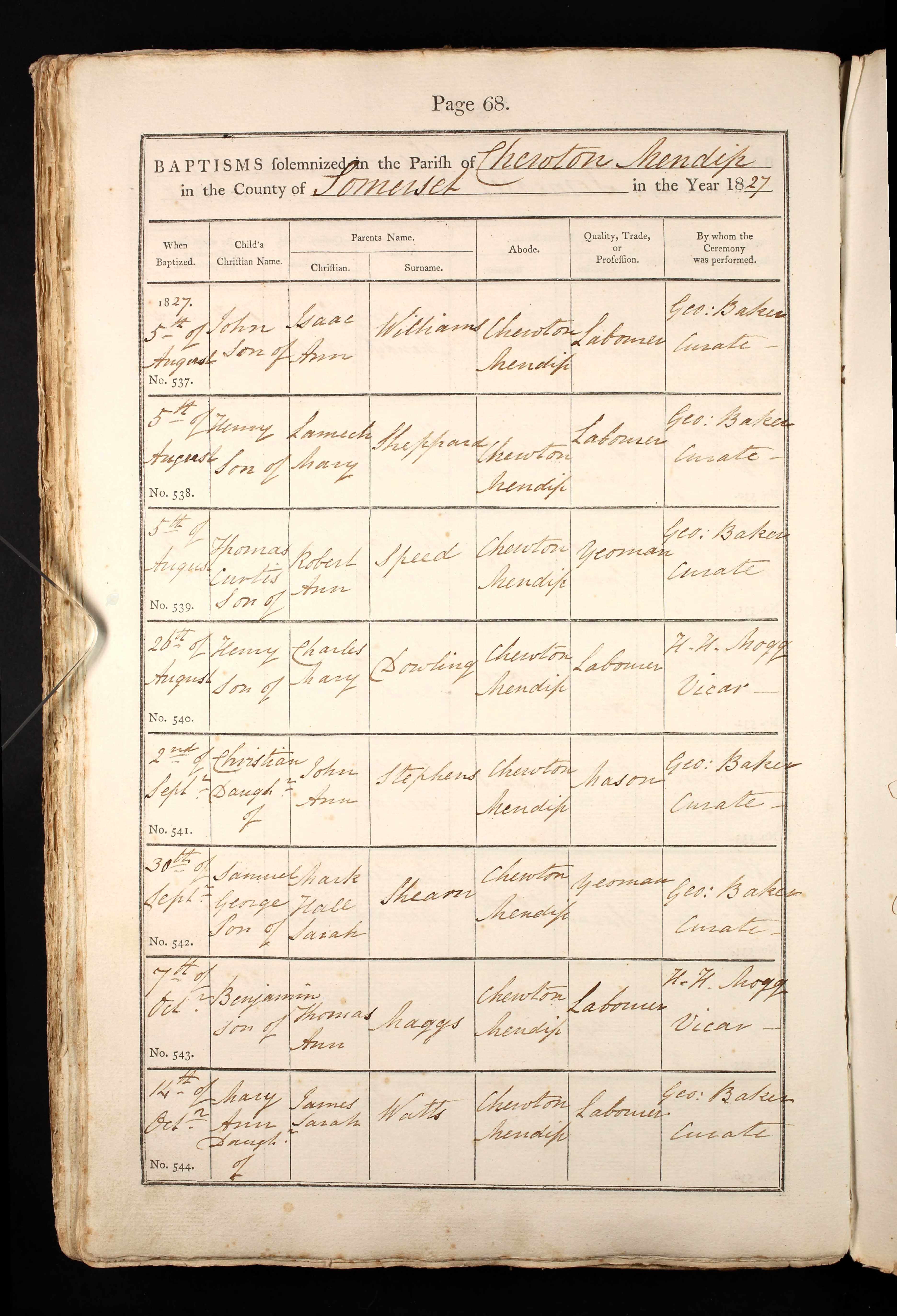
This is the second installment of Generation Two of our two-generation study and our ninth installment overall. This generation is concerned with Mark Hall Shearn born 1800 in Midsomer Norton, Somerset, England and his family. The first generation was concerned with Mark’s son Charles Hall Shearn born 1830 in Radstock, Somerset, England.
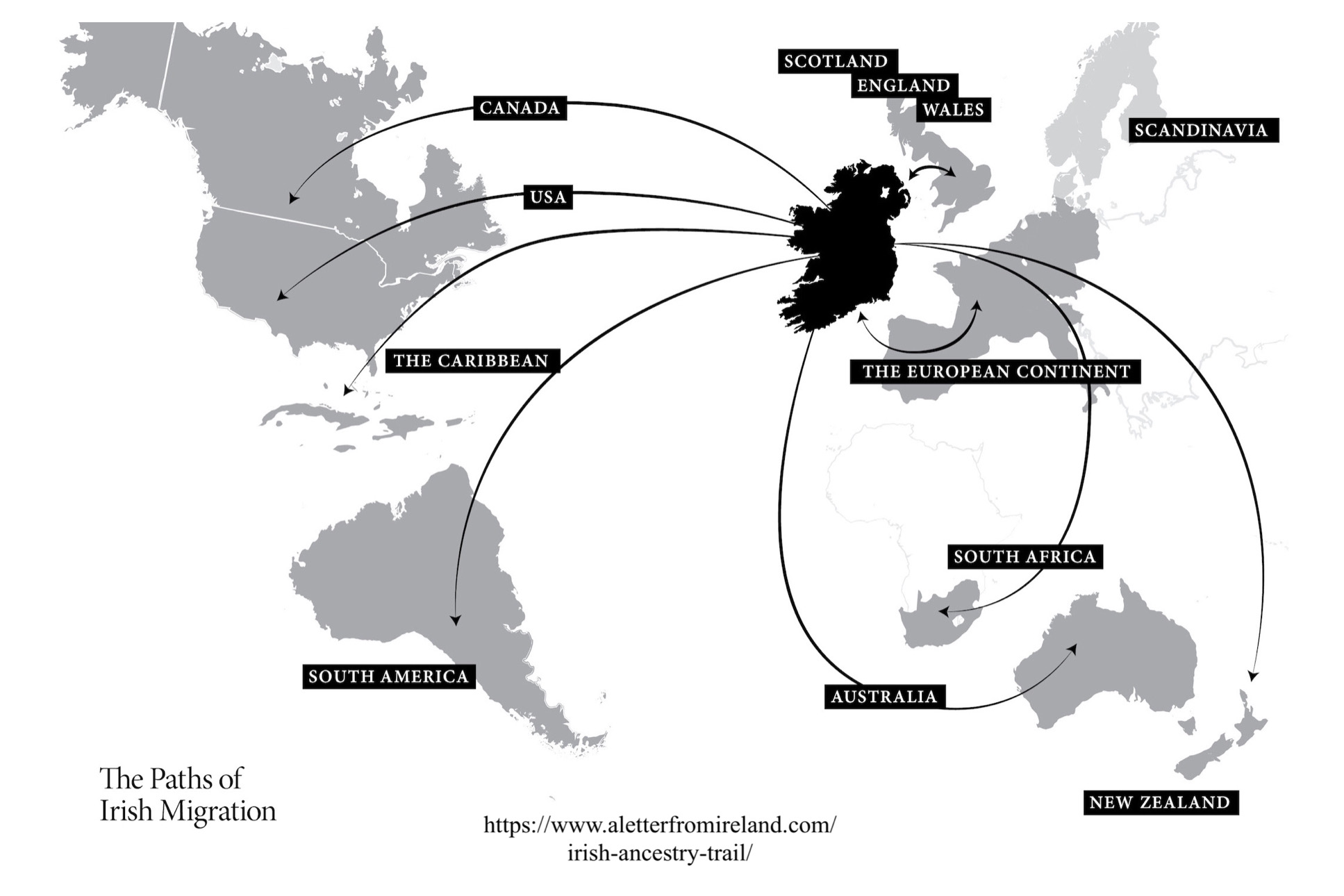
Diaspora has been used throughout history to refer to a mass dispersion of a population from their home country. Most countries have had some form of a diaspora. There are also many reasons for people leaving their homelands in large numbers such as famine, war, better opportunities, etc. One of the countries with the largest diaspora is Ireland. It is estimated that 80 million people worldwide have some Irish descent. This from the 9 to 10 million people who were born in Ireland and left in hopes of better opportunities.
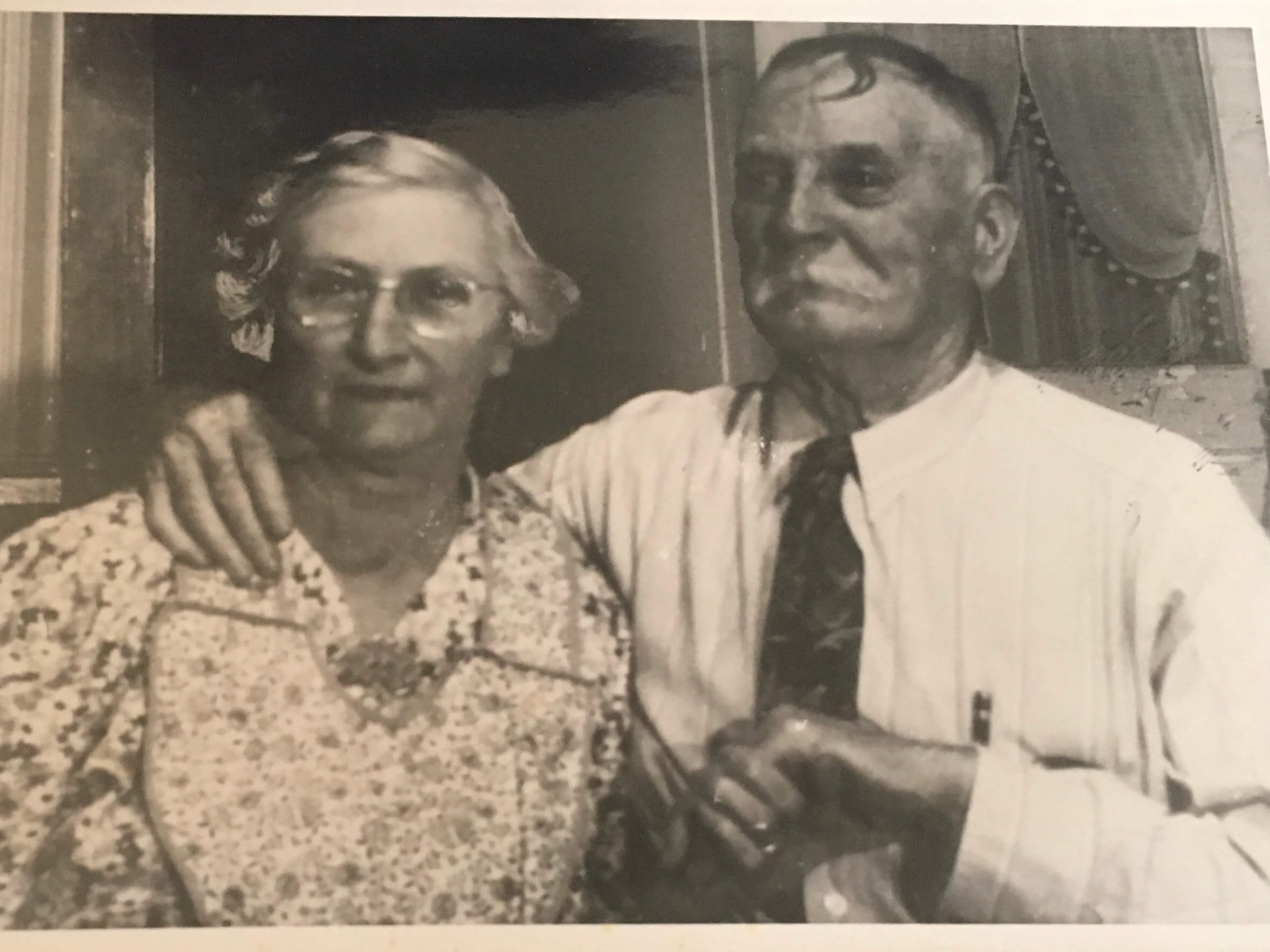
Why do you spend so much time finding your ancestors? That is an interesting question. Has anyone ever asked you that question? How would you answer? I find many people have more than one reason. Which makes sense because you may have had one reason when you started but then it morphed into many reasons to keep doing it. Just like life, ancestry research can snowball. You find where one person comes from and you want to know why. You really want to know your story. You are curious. But there are those who just want names and places.

We begin Generation Two of our two-generation study. The first generation was Charles Hall Shearn born 1830 in Radstock, Somerset, England. His father, Mark Hall Shearn, and his family are the focus of generation two.
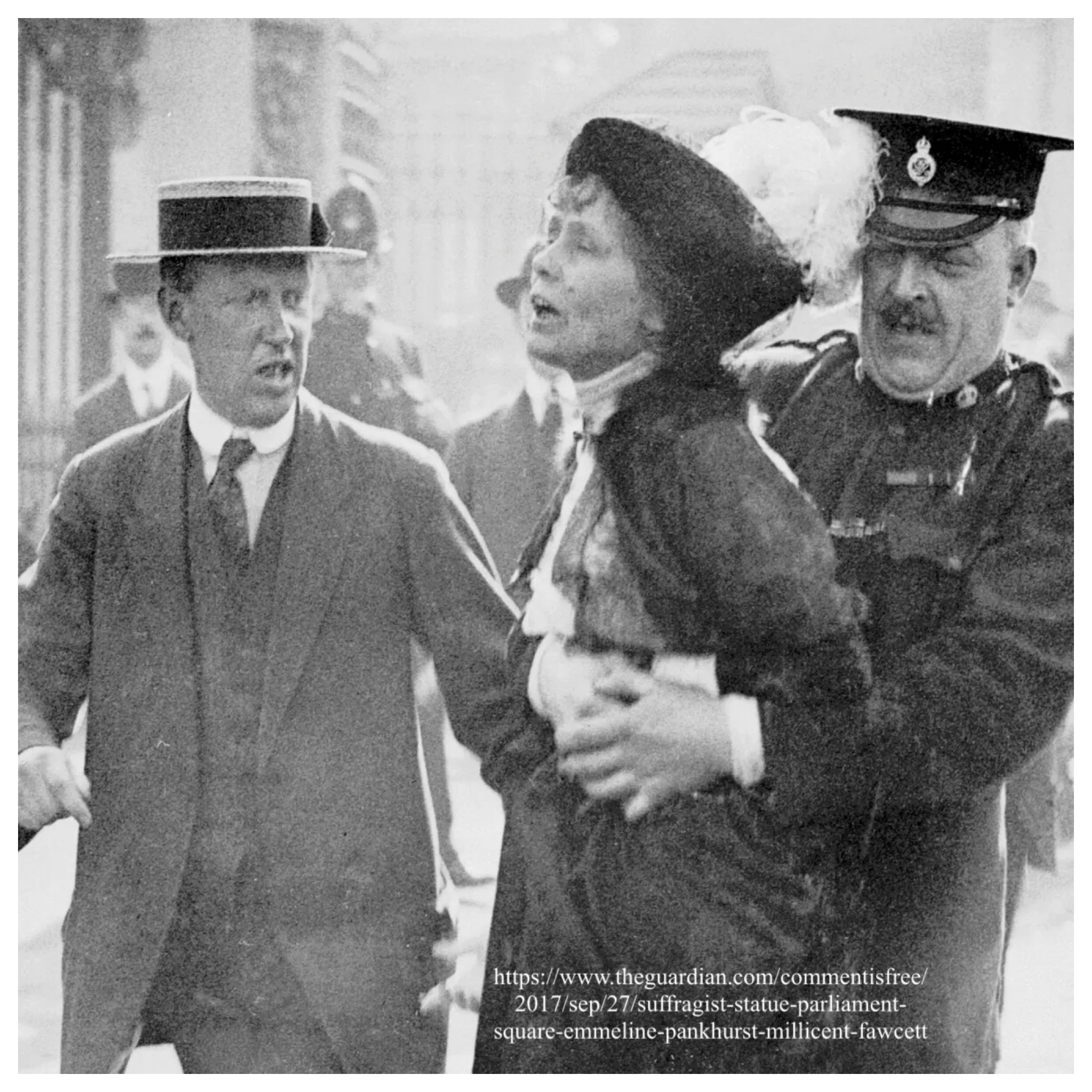
We are coming up on the end of National Women's Month, and many countries celebrated their own Women’s Days. I came across this story and thought it would be an eye opening story from the UK to share. Have you heard of the Window Smashing Campaign that happened in 1912?
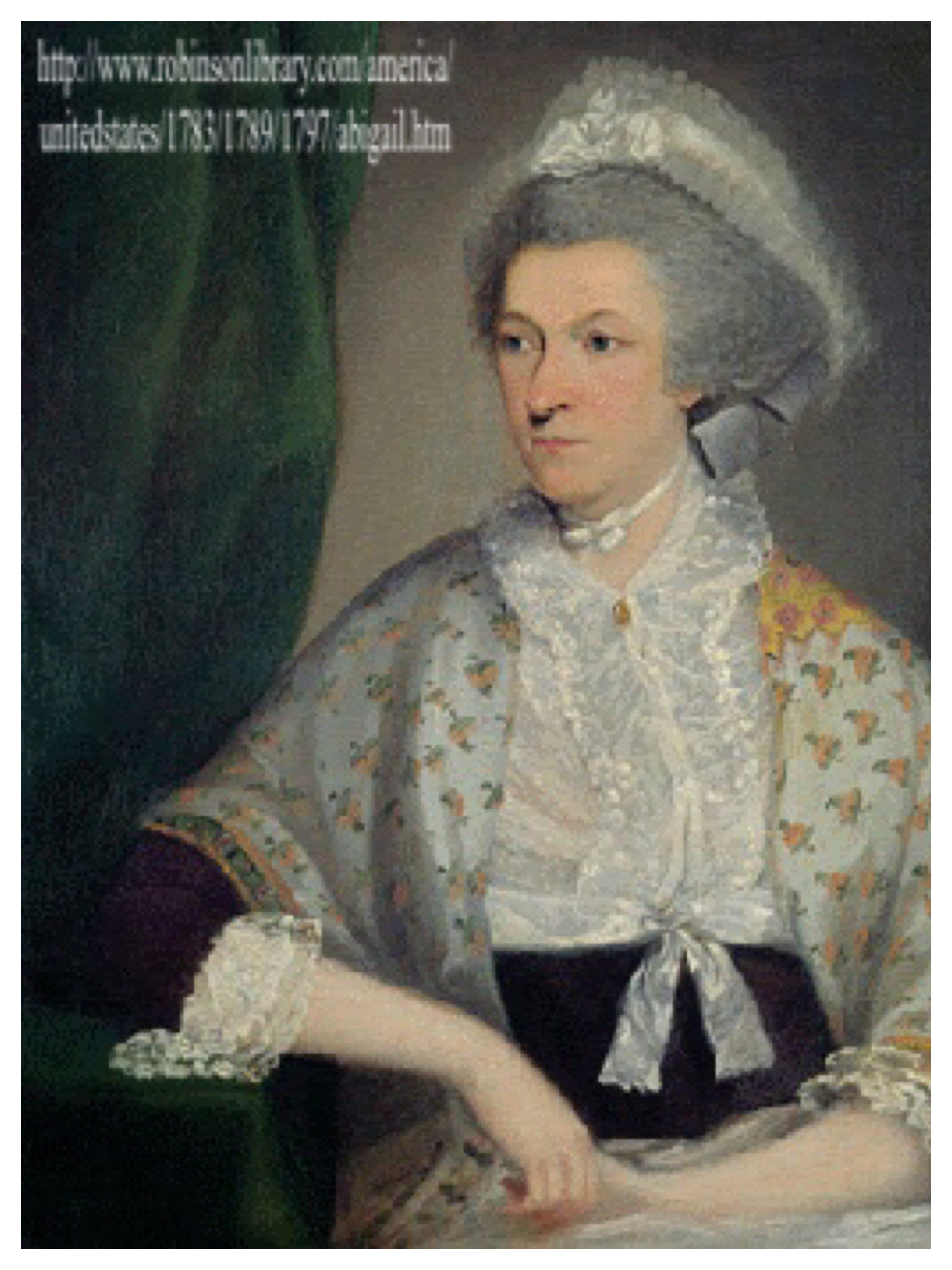
Have you ever seen the musical 1776? I highly recommend it if you haven’t. It is about the letters written between John Adams and his wife Abigail Adams during the First Continental Congress in 1776. I remember thinking she must have been one strong lady. Since it is Women’s History Month here are some things you may not know about the 2nd First Lady of this country.

We have reached the end of our exploration of generation one of our two-generation study. Charles Hall Shearn lived a long life. He worked for some very wealthy and famous people. He outlived three wives and two children. His wives and children worked hard to make the family boarding houses work. In retirement, they enjoyed a bit of leisure supporting their own in-house staff. The deaths of his wives and children notwithstanding, even with the good life, not everything was wonderful and rosy all the time. One son, Robert Austin Shearn, made some bad decisions. Records indicate that he spent time in prison in Australia. He also married and built a family there, even after his father struck him from his will. There is a lot more to explore of this family, just like there is with your family!
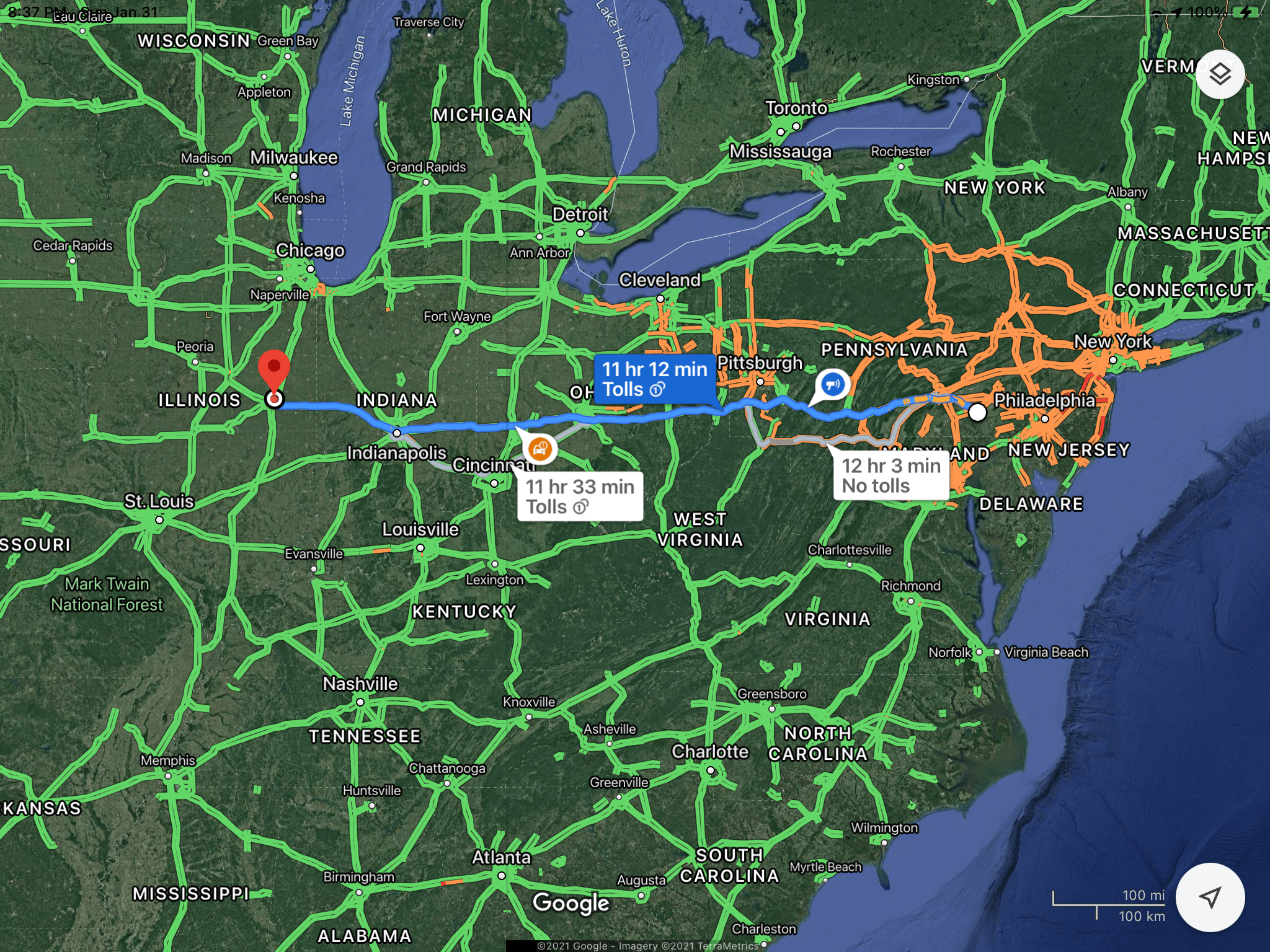
Have you ever stopped and wondered the path your pioneering ancestors took when they moved westward? Do you ever wonder if you could follow that path? First and foremost, the people moving to new areas would have tried to take the path of least resistance. Many utilized rivers, either with riverboats or paths along the rivers. But unfortunately there are not rivers always in the most convenient places. Overland travel also took the easiest ways through valleys, mountain passes and just straight over the flatlands and prairies.

In the United States, February is Black History Month. I thought it would be interesting to see how that started and who the person who started it was. In 1915, fifty years after the 13th amendment abolished slavery, the beginnings of Black History month, which was at that time called "Negro History week" started. Harvard trained historian Carter G Woodson and other prominate people of the time, started the Association for the Study of Negro Life and History (ASNLH). This organization was dedicated to researching and promoting the achievements of black Americans and other peoples of African descent. The group is now known as the Association for the Study of African American Life and History (ASALH). They chose the second week of February as "Negro History Week" because it coincided with the birthdays of Abraham Lincoln and Fredrick Douglass. This week was celebrated for decades with local celebrations, lectures, performances , etc… Yet, in the 1960's, largely do to the civil rights movement and the awareness of Black identity, "Negro History week" turned into "Black History month". This month was officially recognized for the first time by President Ford in 1976.
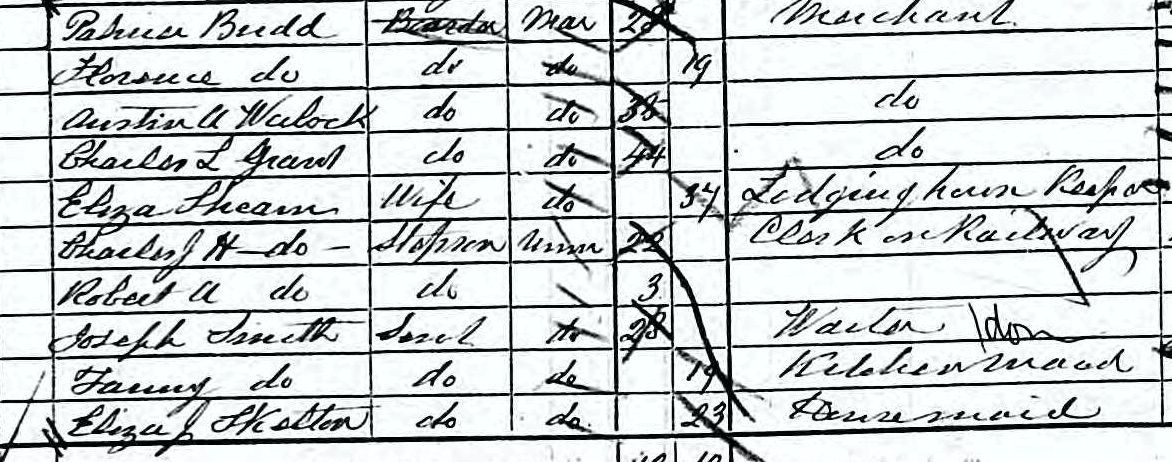
Charles James Hall Shearn was Charles’ oldest son. His mother was Matilda Hart. He married Georgina Cusden in Hanover Square in late 1887.[1] He worked as a clerk in the House of Commons and may have held other positions there. He died at a village on the sea, East Preston, West Sussex, on 14 February 1933 at 74 years old.[2] He left a will in the amount of £1953 11 shillings and 1 penny.[3] The will was written 10 February 1890.[4] The will was probated 25 April 1933. He lived at Woodville, Eton Road, Worthing, Sussex when he died. Worthing is on the sea just a few miles to the east of East Preston. Before that, and when the will was written, he lived at 33 South Audley Street, Grovsner Square, Middlesex. His widow Georgina Shearn was the sole beneficiary and executrix. No specific property and no children are mentioned in the will.
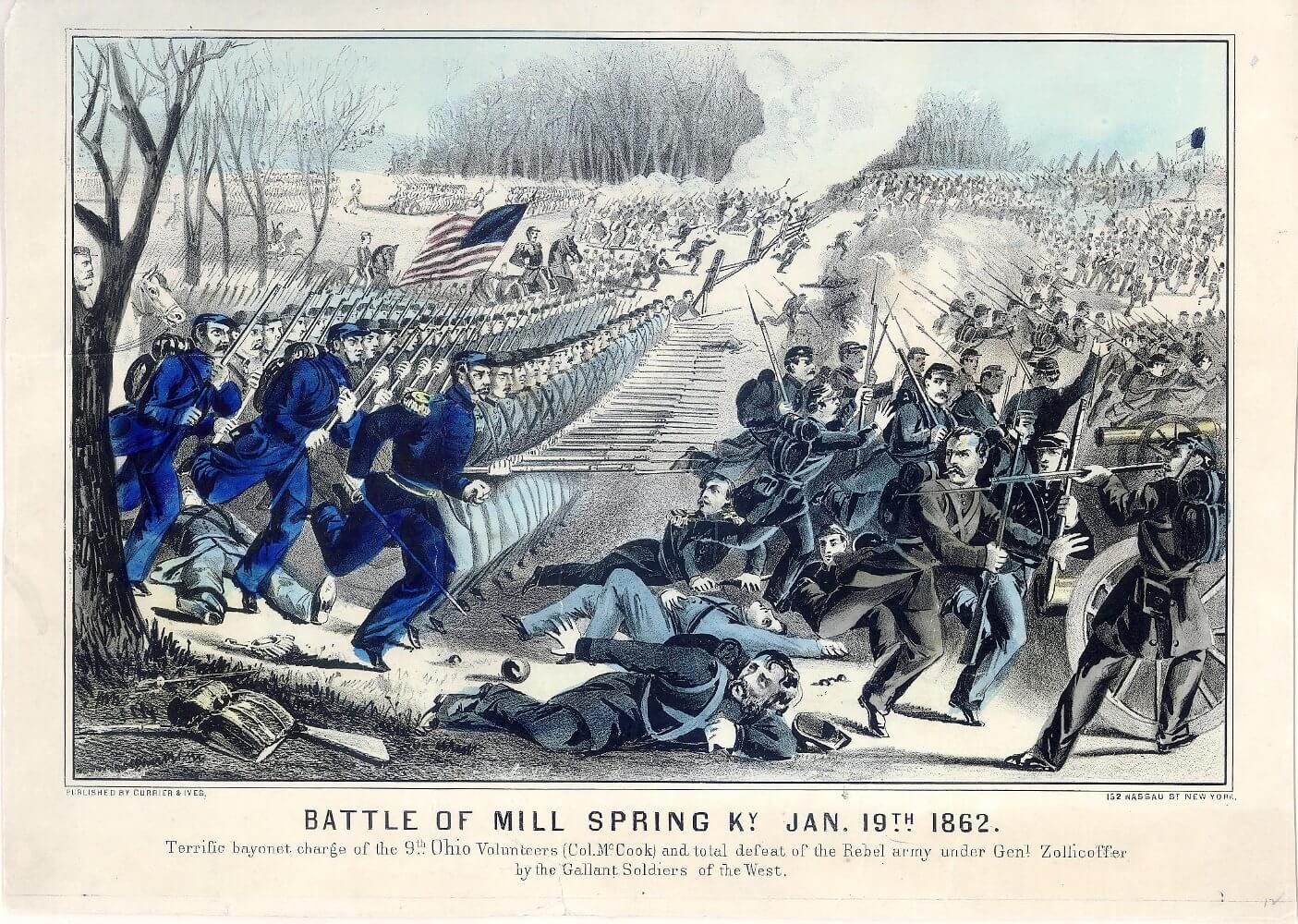
Yesterday was the anniversary of the Battle of Mill Springs during the Civil War in 1862. It was the first significant battle won by the Union troops. The battle was also known by different names depending on which side you were on. The Union side it was known as the Battle of Logan’s Cross-Roads and on the Confederate side it was known as the Battle of Fishing Creek.
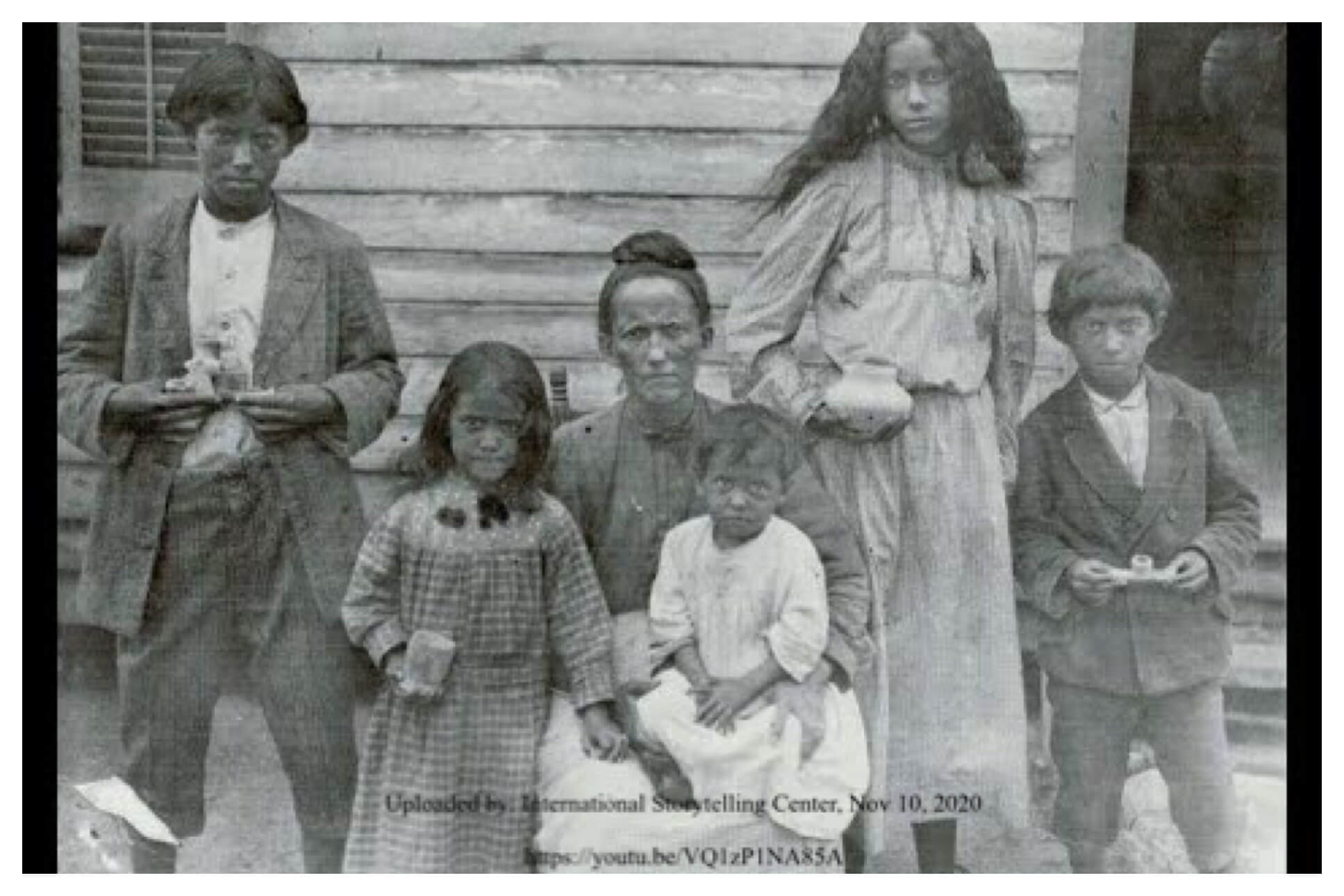
Have you ever heard the word Melungeon? Pronounced [muh-luhn-juhn] is a term used for a group of people living in the Eastern Tennessee region of the Appalachian Mountains. The Melungeon Heritage Association believes the term comes from the French word mélange which means mixture. Melungeon is thought to describe people who have a mixture of European, Native American and African ancestry. They have sometimes been called the “Lost Tribe of Appalachia.”
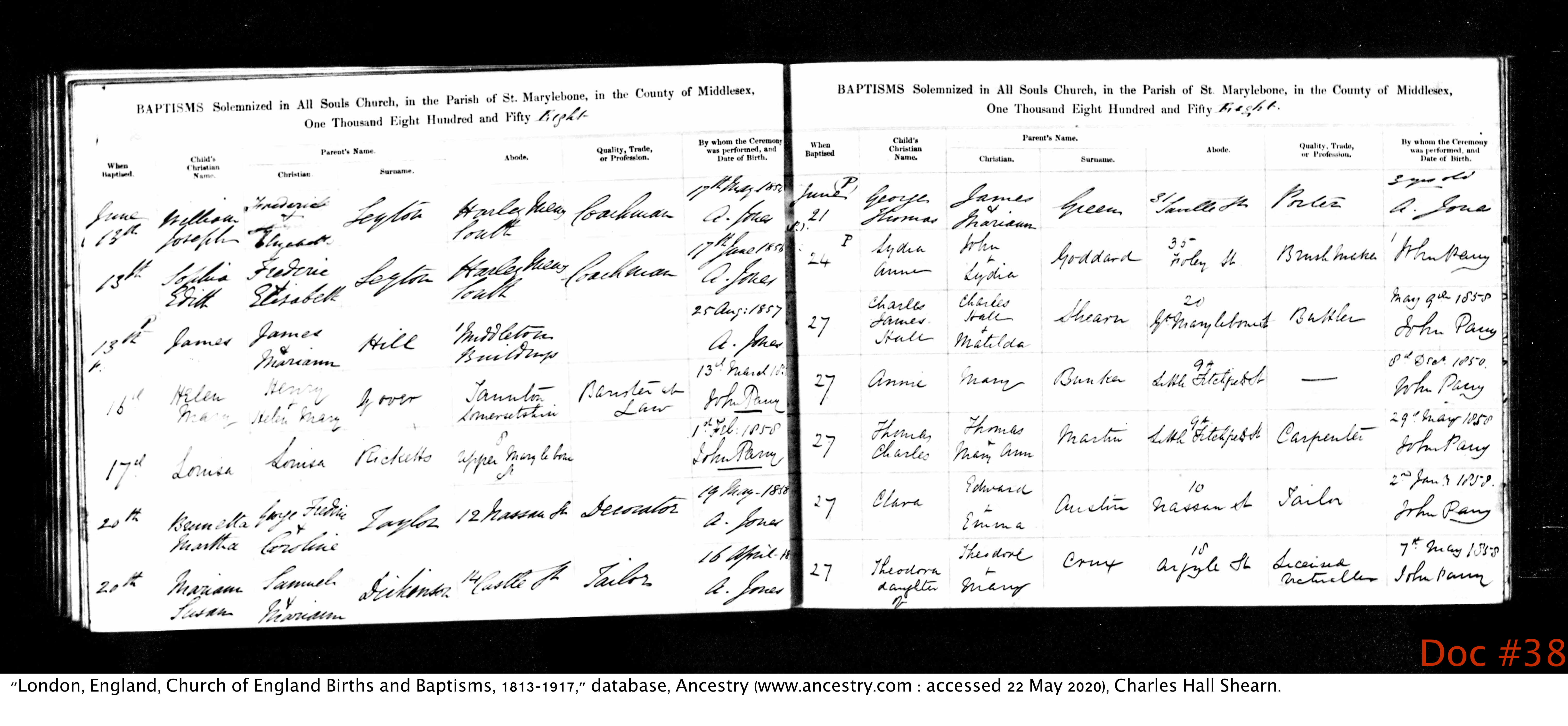
Charles spent much of his life in service. He was a groom in 1841 when he was only 20 years old. A few years later, at the age of 28, he had his first child and was near the top of his profession as a butler. Not long after he did reach the pinnacle as a house steward. A groom took care of the horses and stables. As a butler he would have been in charge of the bulk of the household staff. As a house steward he would have been in charge of the entire running of the house from supplies, to staff discipline and hiring, etc.
He did quite well both in service and as a business owner leaving a small fortune to his sons.
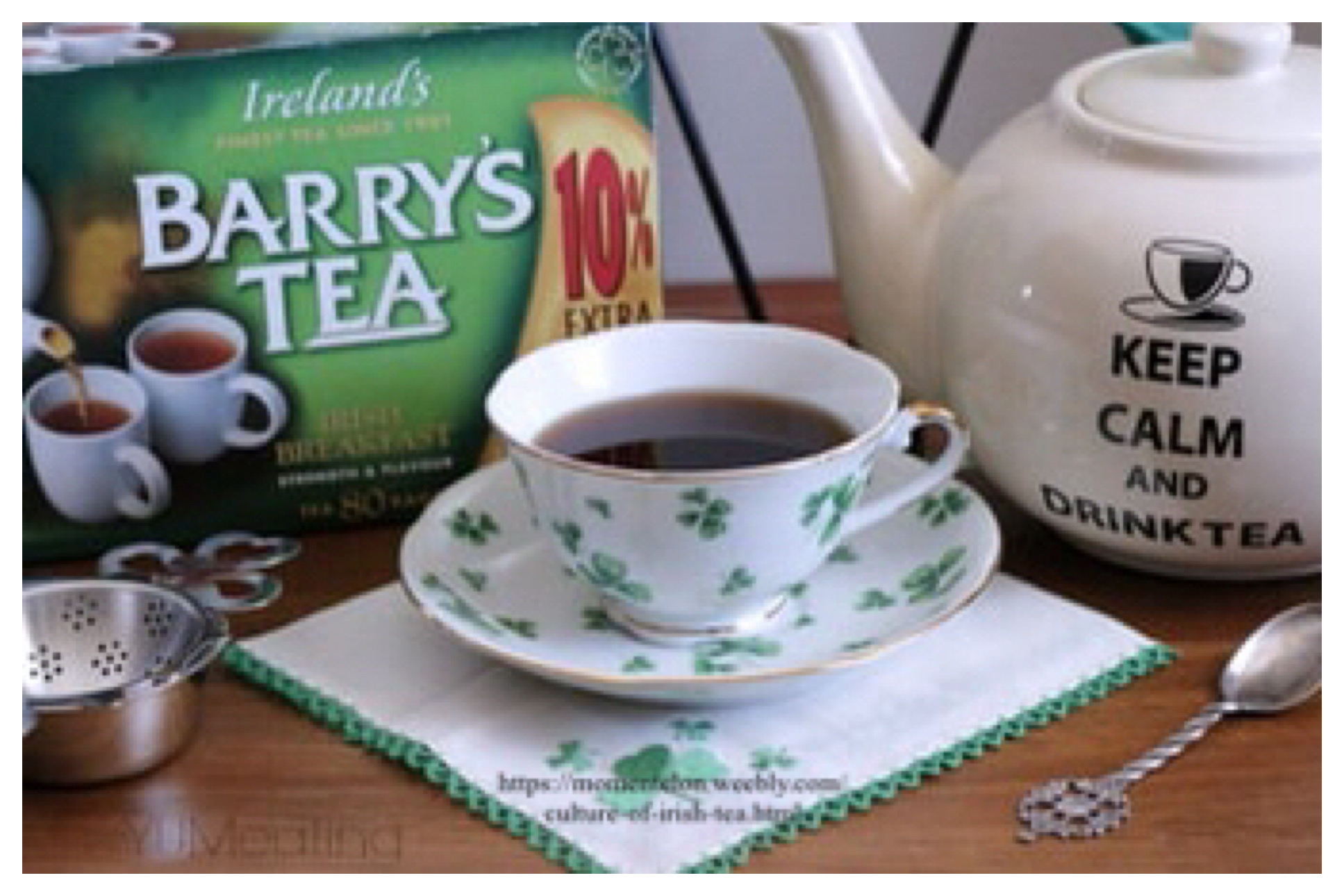
What is one thing you can think of that makes you think of Irish people? I am sure many things popped into your head. But, in my family it is drinking tea, morning, noon and night. When you are sick, you drink it even more. So I thought it would be fun to look up some of the history of tea drinking in Ireland.
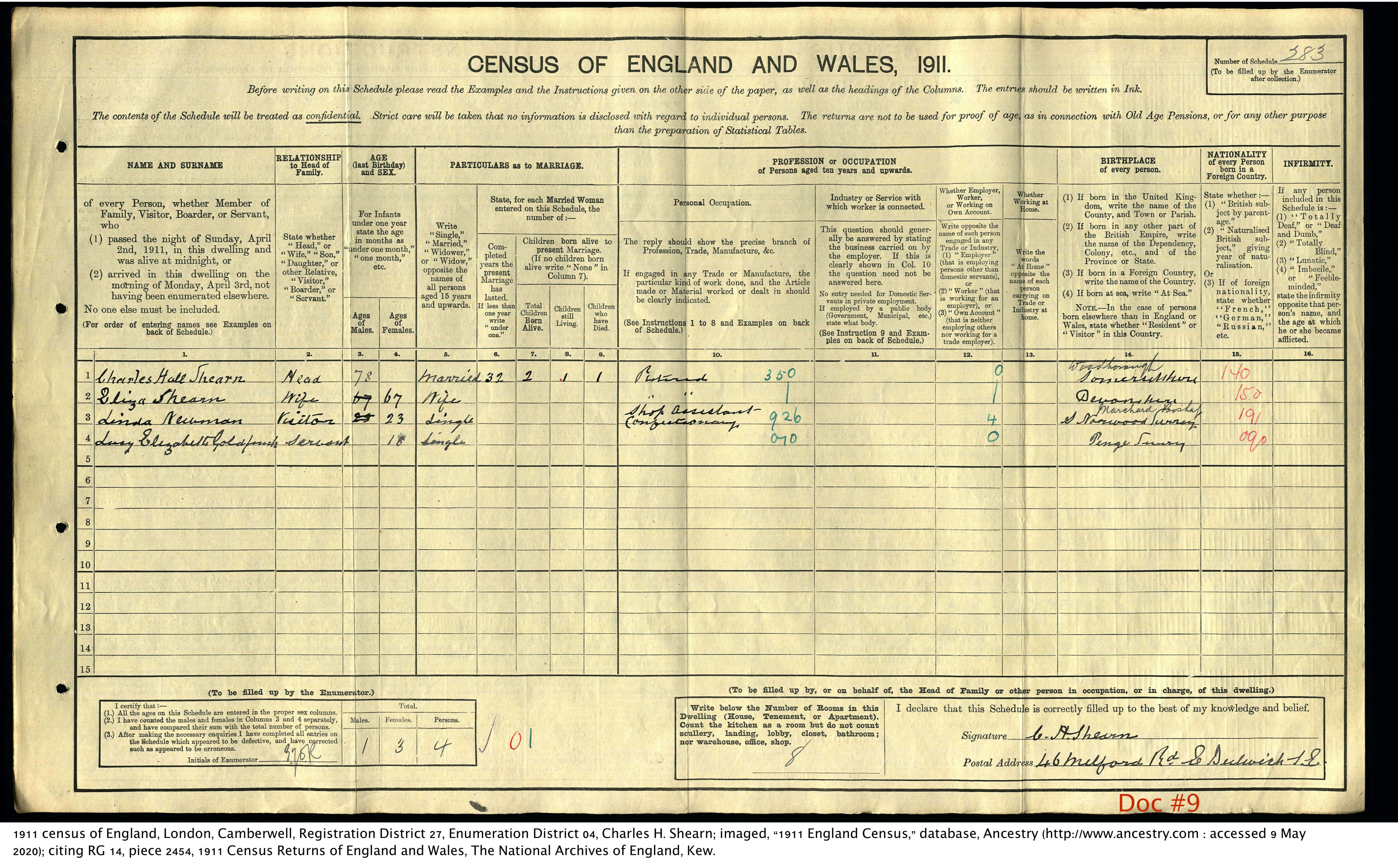
Eliza Smith was Charles' third and last wife. They were married for over thirty years. Eliza gave birth to two children and helped raise Charles' two oldest sons.
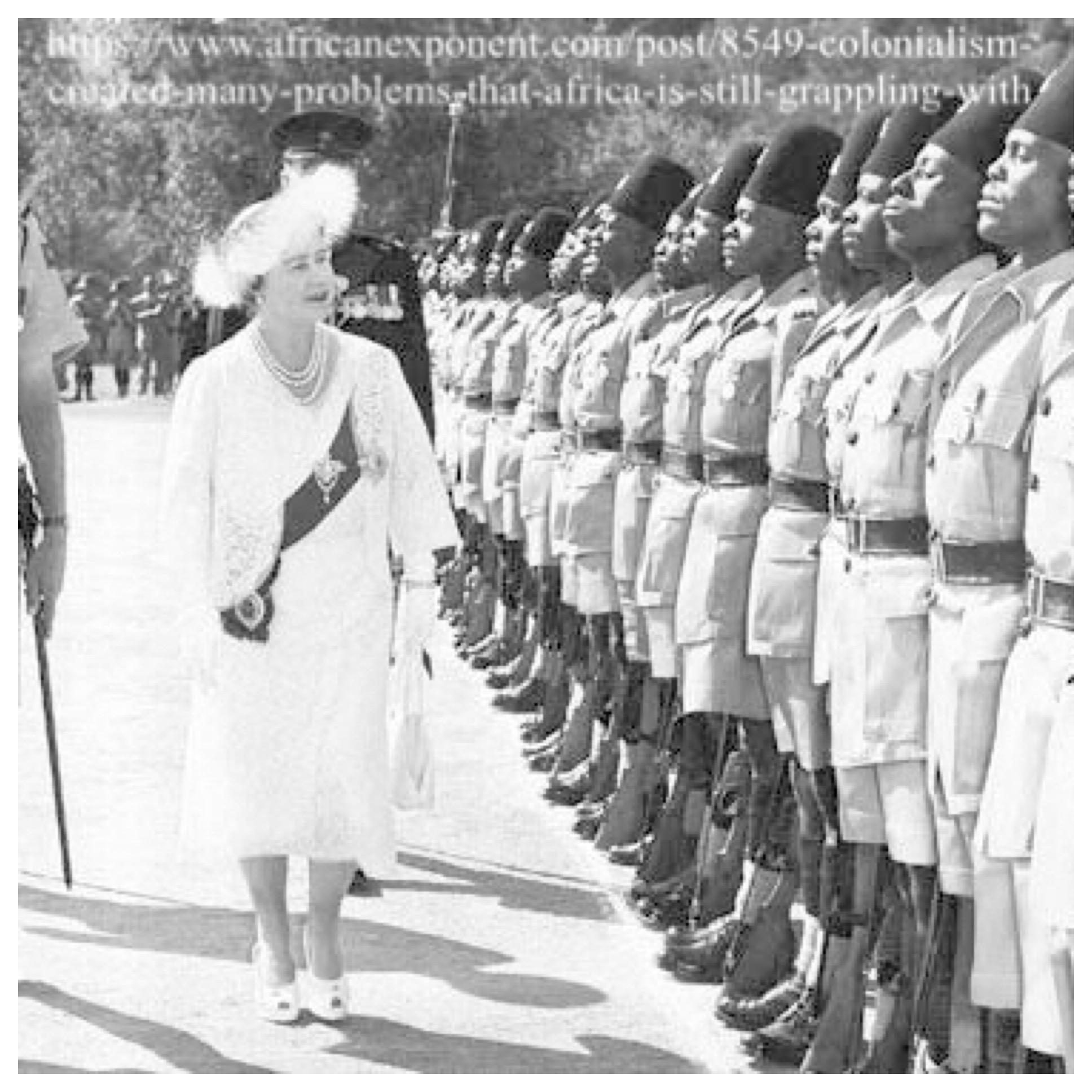
The National Archives has recently released records from Britain’s involvement in the African slave trade and its colonization of Africa. At one point Britain had control or occupied 30% of Africa’s people. While most of the records were kept for administrative purposes and therefore reflect the attitudes of the British officials there are some with the voice of the Africans. These documents also include conditions in Africa and the people who lived there.
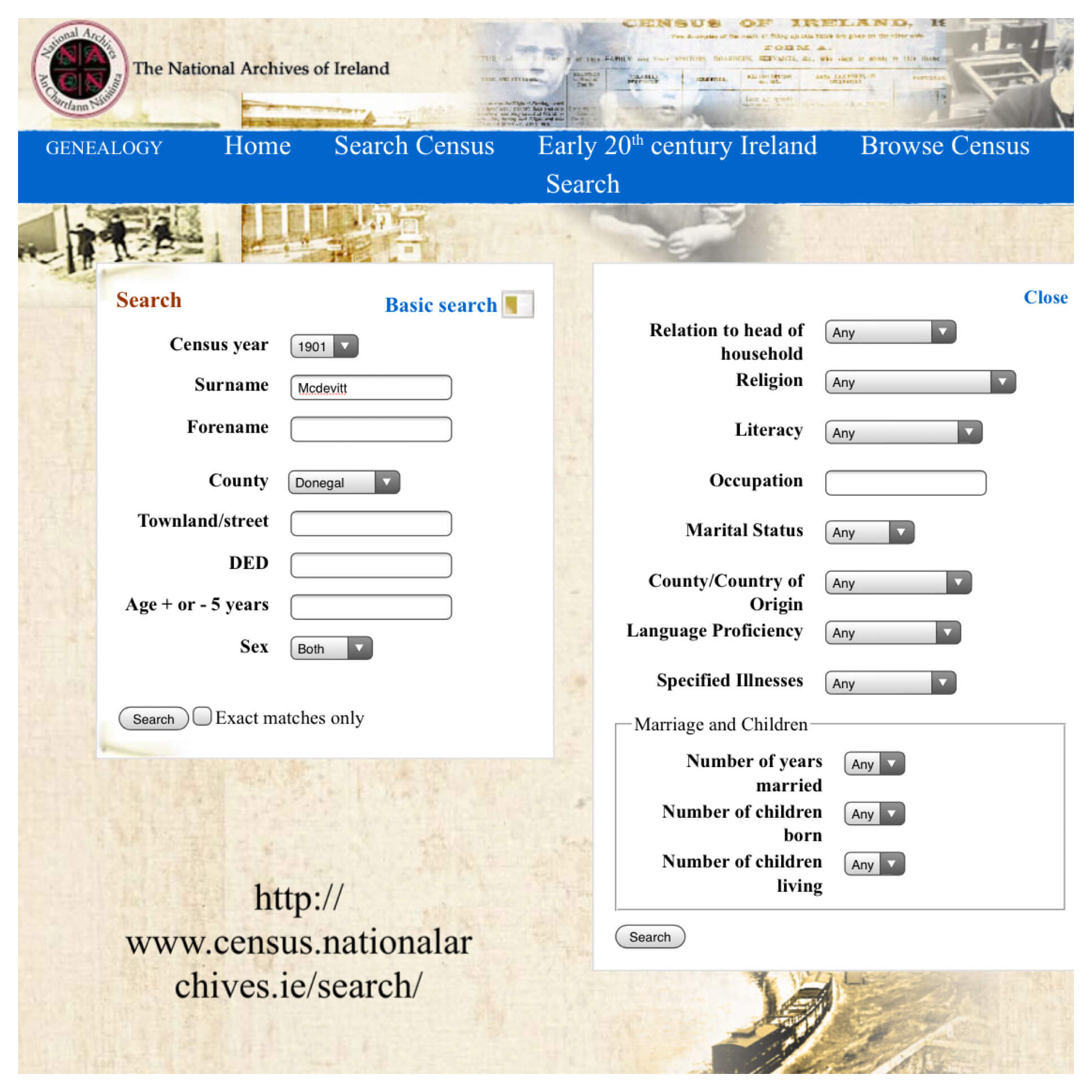
Fire. When doing genealogy I cannot even tell you how many times I have heard, “Well, there was a fire….” A few times before the person said it I said, “Let me guess, there was a fire.” Well, as luck would have it, trying to find records of my Irish lineage has not been an easy task. I am still not sure where my family comes from, but it has been narrowed down by my DNA tests. Records before 1860 were lost in a fire in Dublin in 1922. But not all hope is lost. Below are some ways you may still find some information which may be helpful.

Fire. When doing genealogy I cannot even tell you how many times I have heard, “Well, there was a fire….” A few times before the person said it I said, “Let me guess, there was a fire.” Well, as luck would have it, trying to find records of my Irish lineage has not been an easy task. I am still not sure where my family comes from, but it has been narrowed down by my DNA tests. Records before 1860 were lost in a fire in Dublin in 1922. But not all hope is lost. Below are some ways you may still find some information which may be helpful.

Charles Hall Shearn married Matilda Hart on 15 March 1856 in Cheltenham, Gloucestershire, England.[1] Cheltenham is about 60 miles from Midsomer Norton and about 40 miles from Bristol. According to the marriage record, this was the first marriage for both of them. Charles’ residence was Roderic House where he was a servant.[2] Matilda’s residence was 6 St. Philip’s Street, Cheltenham. She was not working. Charles’ father, Mark Shearn, was a yeoman, a free farmer. Matilda’s father, John Hart, was a road surveyor. The data in the record comports with known information about the family including Charles’ father’s name and occupation. The name of the couple’s first child helps solidify and accentuates the veracity of these documents and their application to the ancestors.

October is Black History month in the United Kingdom and Ireland. So when I was reading a story about Frederick Douglass’ time in Ireland. I thought, “This is a perfect time to write about it.”
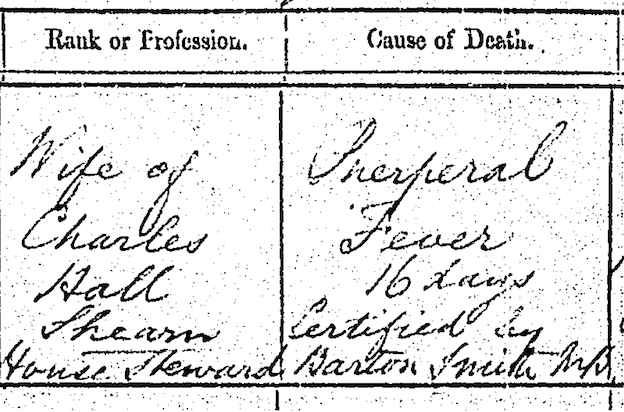
Not far from the city of Bath in western England, in Woodborough, Radstock, Somerset, Charles Hall Shearn was born 26 April 1830.[1] He died not far from London on 23 December 1921 in Camberwell, Surrey, England.[2] He was the son of Mark Hall Shearn born 1800 in Midsomer Norton, Somerset, England died 1886 in Three Rivers, St Joseph, Michigan and Sarah Ann Parfitt born about 1800 in Somerset, England died October 1856 in Somerset, England.[3] Charles Hall Shearn married Matilda Hart on 15 March 1856 in Cheltenham, Gloucestershire, England.[4] The couple had two sons Charles James Hall Shearn in 1858 and James Parfitt Shearn in 1862.[5] Matilda Hart died in January 1875.[6] Charles Hall Shearn married Arabella Cowley on 27 April 1876 in Fairford, Cheltenham, Gloucestershire.[7] They had one son, Robert Austin Shearn born about 1877.[8] Arabella died in 1877.[9]
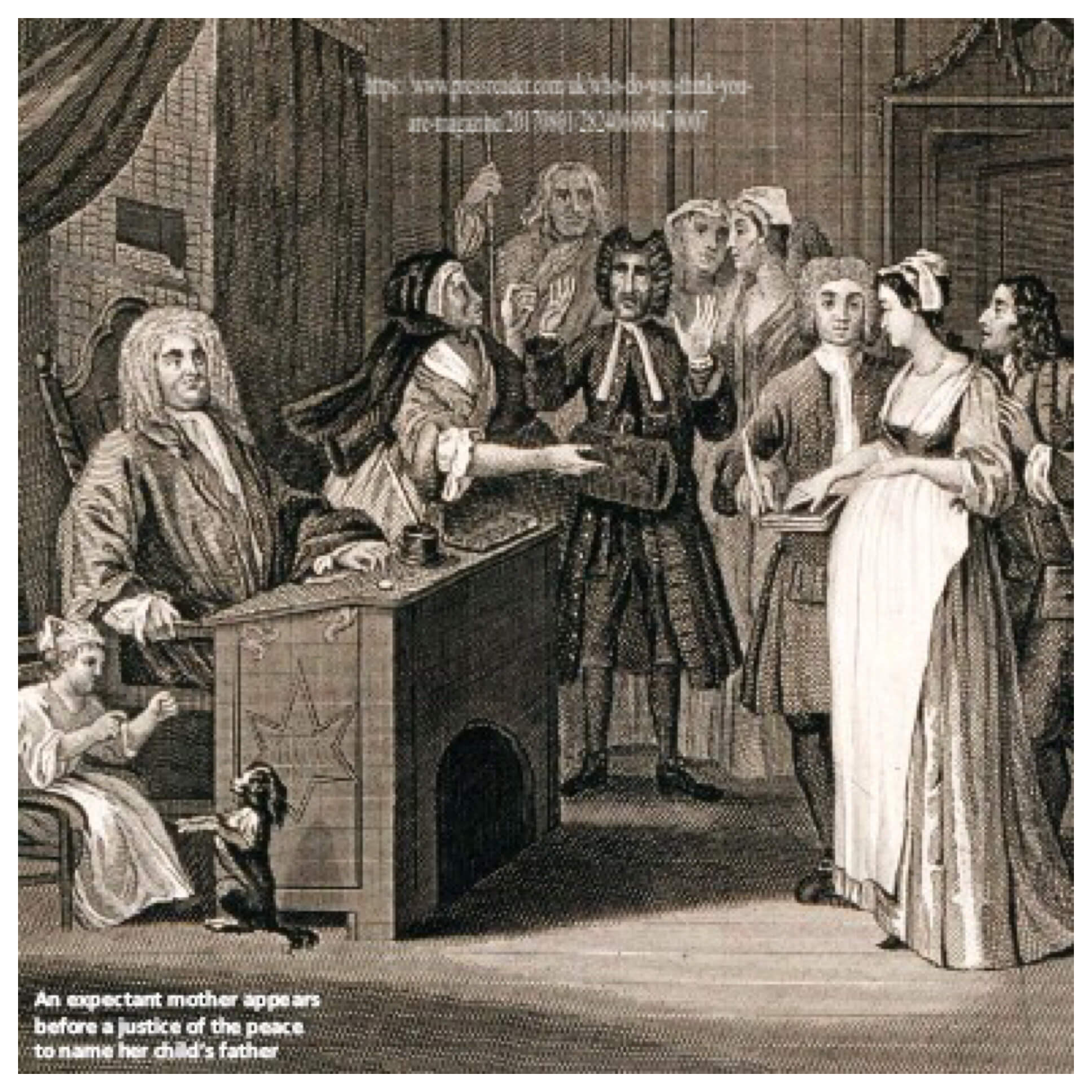
One thing that is almost certain, while doing your genealogy you are bound to find some skeletons that have been hidden away. One that seems to be very common is illegitimate children. What do you do when you do not know the child's father's name? How can you trace such a seemingly dead end? It can seem daunting but it isn’t always hopeless. For the purpose of this blog we will focus on an article I was recently reading from The Genealogist about different records that can be used for helping trace any illegitimate ancestors that pop up in England. Of course this doesn’t help everyone but it can give you clues to use in the areas your families are from.
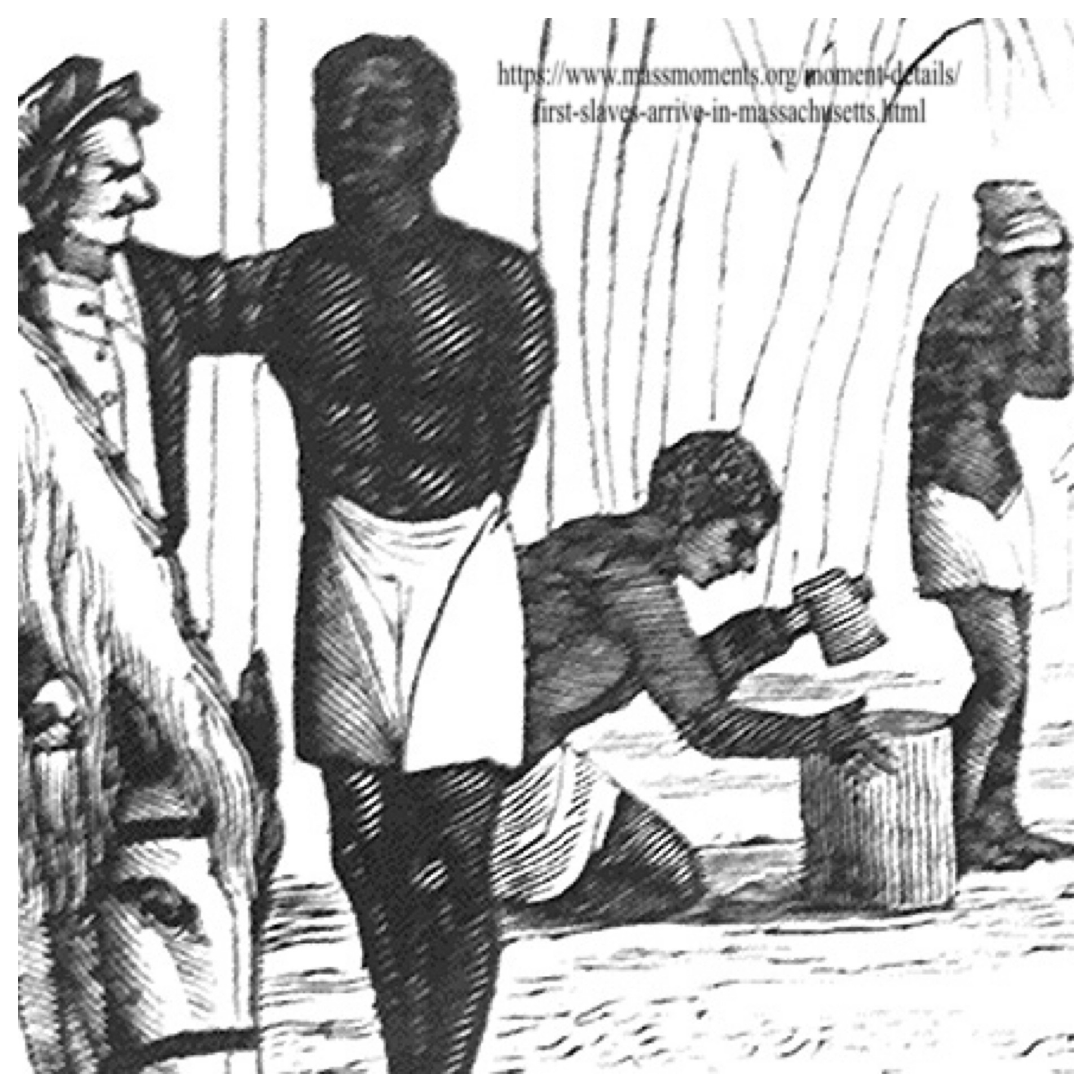
Did you know by 1804 all New England states and Vermont, New York, and New Jersey had abolished or had enacted laws to gradually abolish slavery? Actually this is four years before Congress ended the slave trade, so it seems these states emancipated their slaves without needing a federal law to be told to do so. This was a full 30 years before England abolished slavery. So, America was ahead of most other countries in ending slavery. However, I would like to focus on Massachusetts for now.

Over the last few months I have completed a two-generation study of my family from England. That means I have researched a single family: parents and children for one generation from birth to death and everything in between. Then I did the same thing for the family of one of the parents from the first generation; that was the second generation. The objective was to find out as much as could be found about the entire family. I researched the birth, baptism, marriage, death, and burial of the parents and their children from both generations. I looked for and found many and various record types. Many record types that I searched for did not turn up pertinent results. I was able to build a solid picture of who they were, what they did, and sometimes even why they did it.
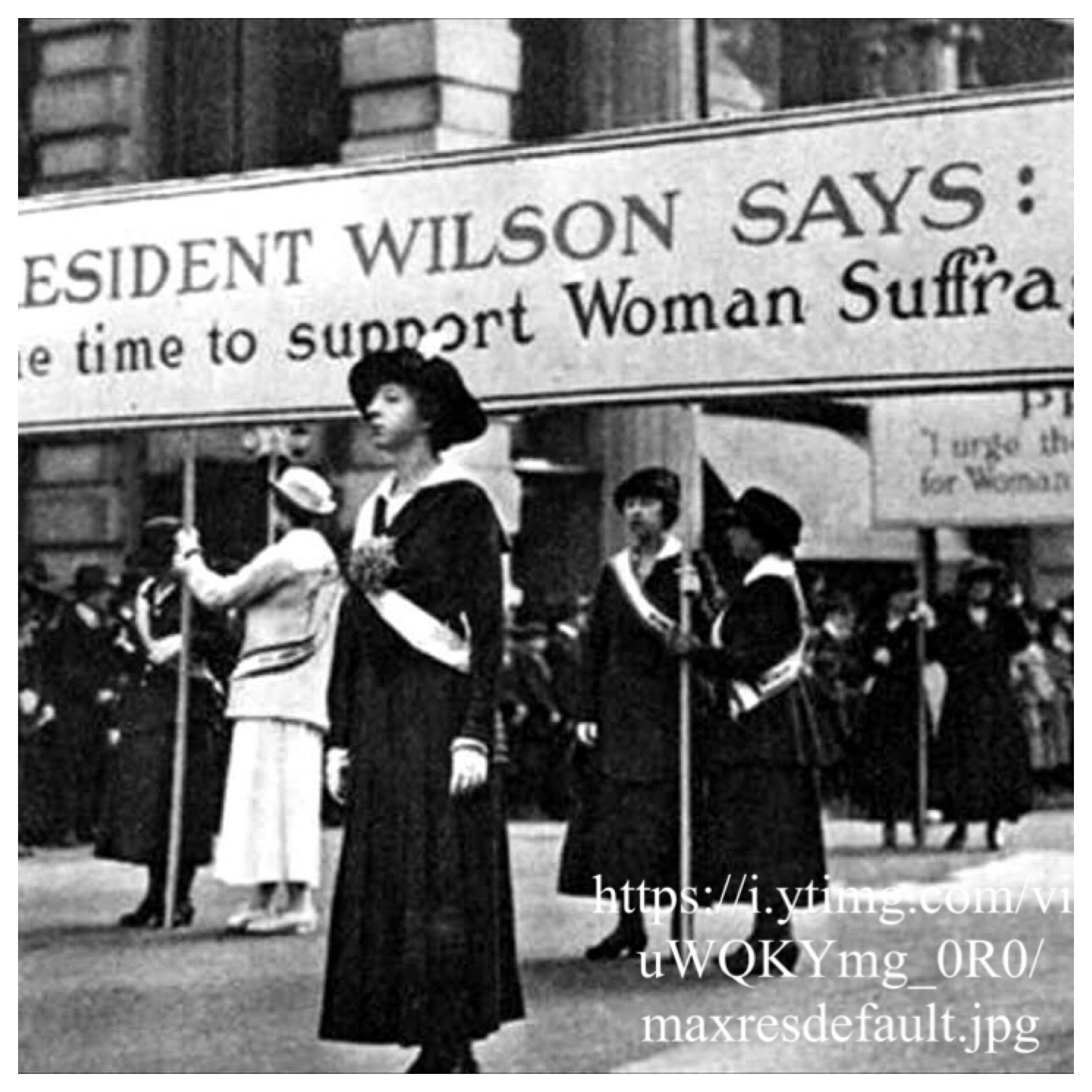
Some days I find it hard to believe that there was a time when people in the United States could not vote. Yet, women could not vote until after the ratification of the 19th Amendment. On August 18, 1920, Tennessee became the last of the 36 states needed to ratify the Amendment. The adoption was certified on August 26, 1920. For those who may not know or remember this was when states and the federal government where prohibited from denying the right to vote to citizens of the United States on the basis of sex.
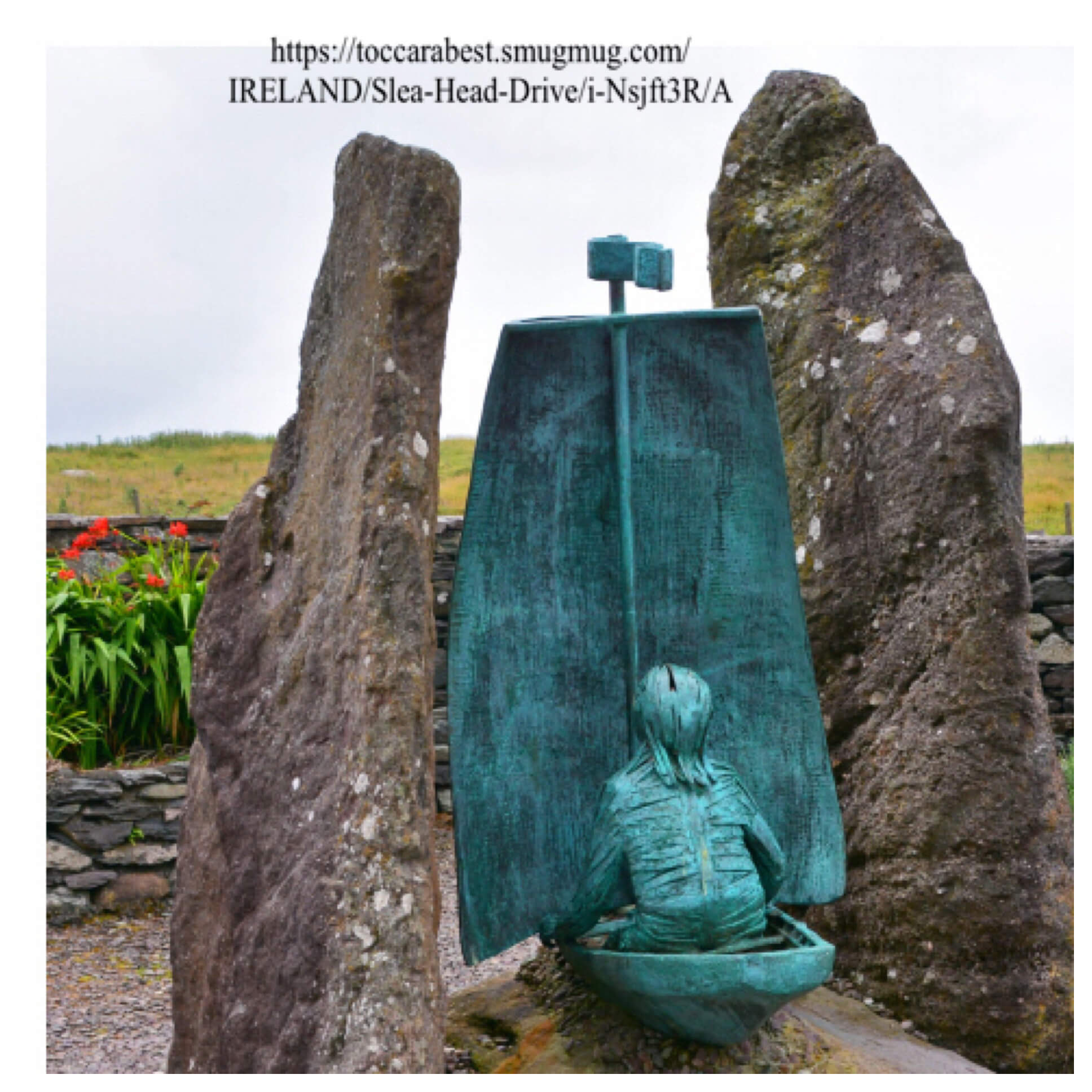
If you ever go to Ireland there is symbolism everywhere. I recently read a story from the area around Dingle, Ireland. Oh how I wished I knew this story before I went. I love knowing stories about areas we visit. Once again knowing the history of areas you are visiting makes the area mean even more. Here is a story that starts in the Dingle area but is really about the perseverance of a saint.
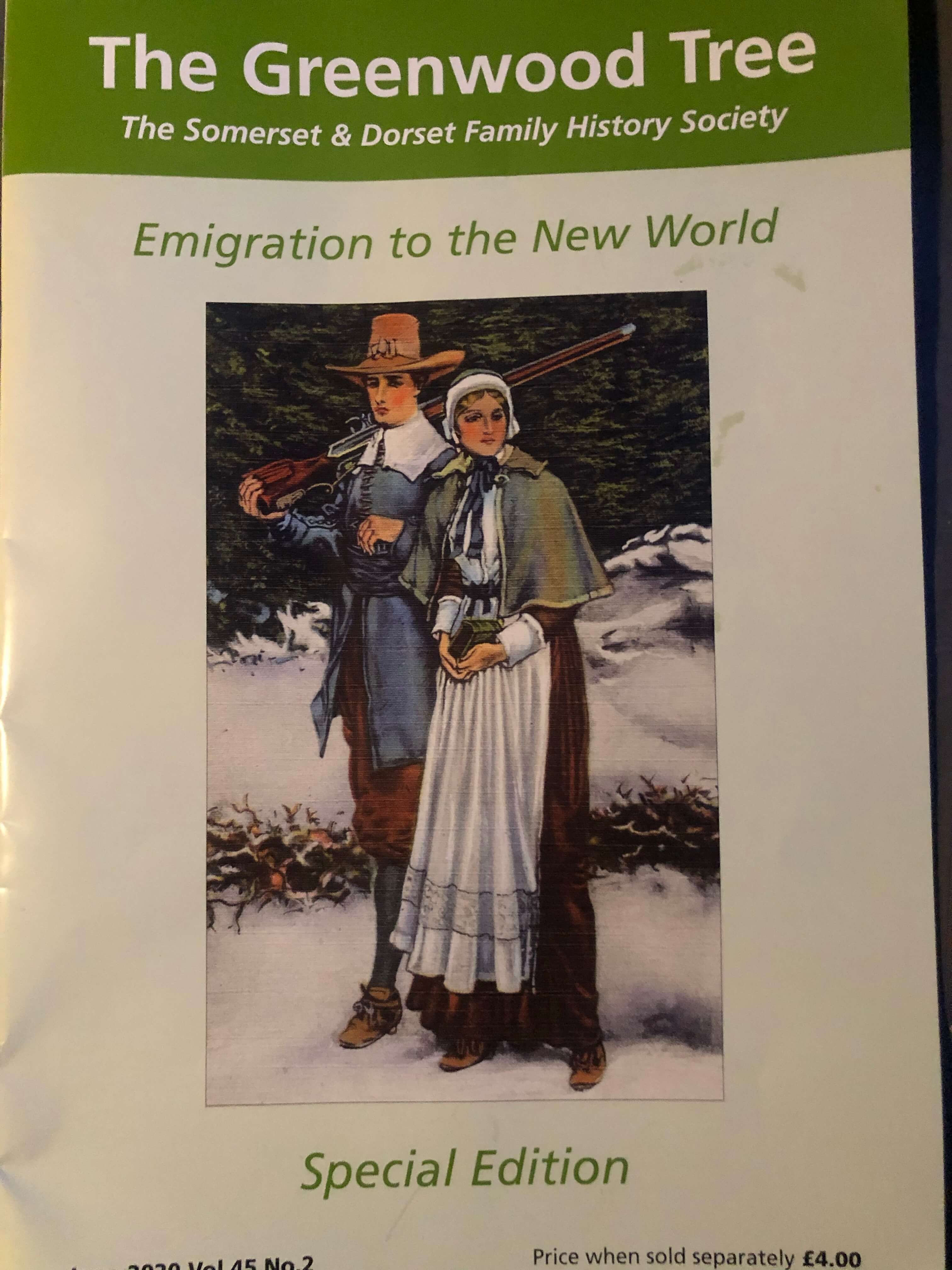
I know it has been discussed before but let’s talk about it again. Have you joined any family history societies? We joined our first one last year, and boy I wish we would have done it so much sooner. First, my husband and I both have ancestry from Somerset and Dorset in England. We have found some records online but were looking for more. So, what did we do? We started looking for family history societies in that area. We followed them on social media and loved seeing people asking other people questions about their family names, or general questions about the area. There are many people that live in the area who are more than willing to help answer questions or to look up information for you. For this reason we decided to join and help the society with any costs from running the facility.

Ireland and its tumultuous history. No one can say the Irish are not strong willed and maybe a little head strong. In the late 1600's there was a chance that Catholic James of England may regain the throne that was taken from him by Protestant William of Orange. In 1690 in a town called Drogheda in County Louth along the Boyne River the two sides met. That day William won the Battle of the Boyne which assured Protestant rule in the 18th century.
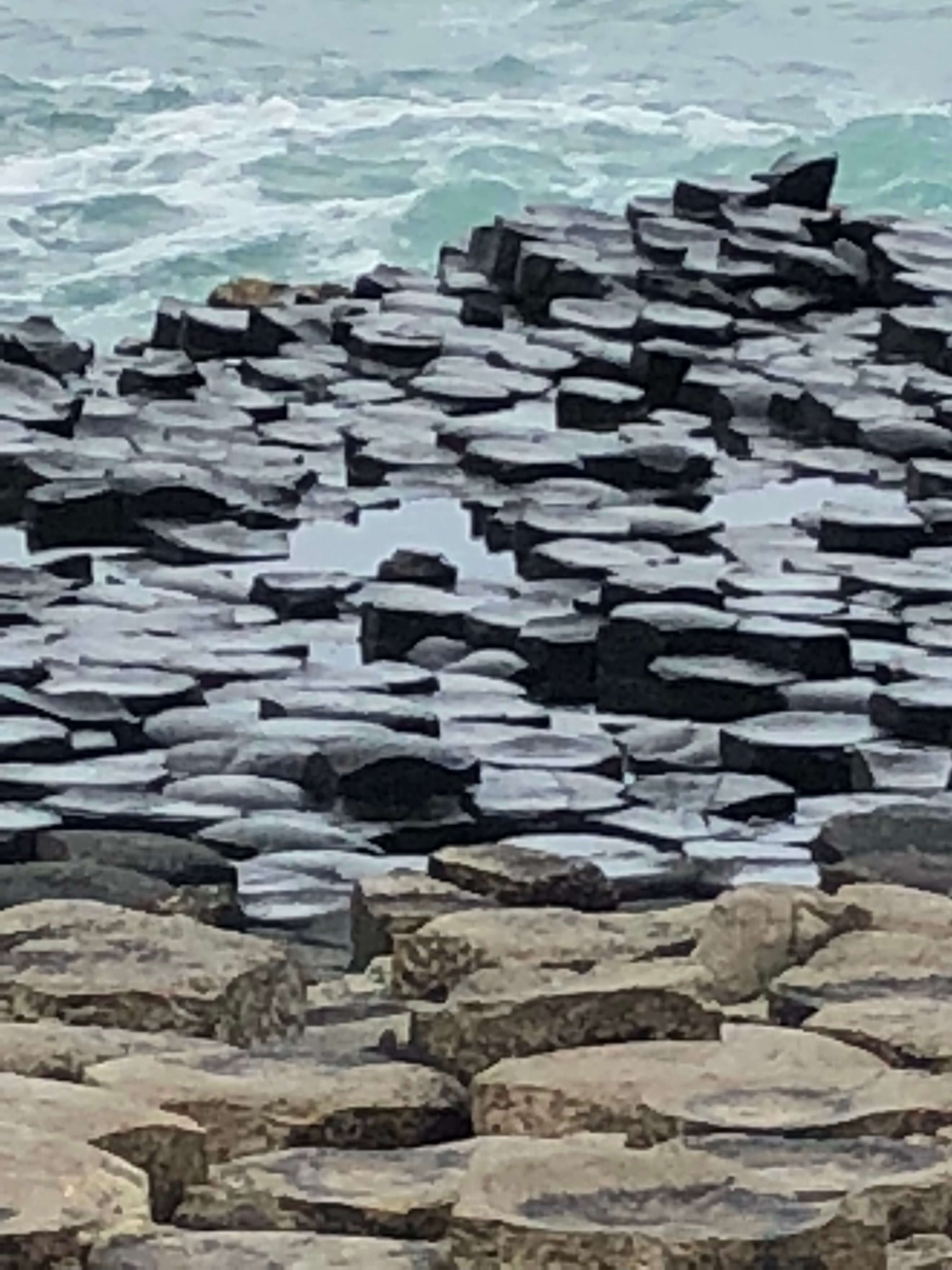
Have you heard of the Giant's Causeway? It is located in Northern Ireland in County Antrim. It is an amazing natural wonder to see. A little history, 50 to 60 million years ago there was a lot of volcanic activity. As the molten basalt spread across chalk beds. As the lava cooled, horizontal fractures occurred leaving column structures. But while the science behind this natural phenomenon is very interesting, the Irish folklore behind the Giant's Causeway is fascinating.
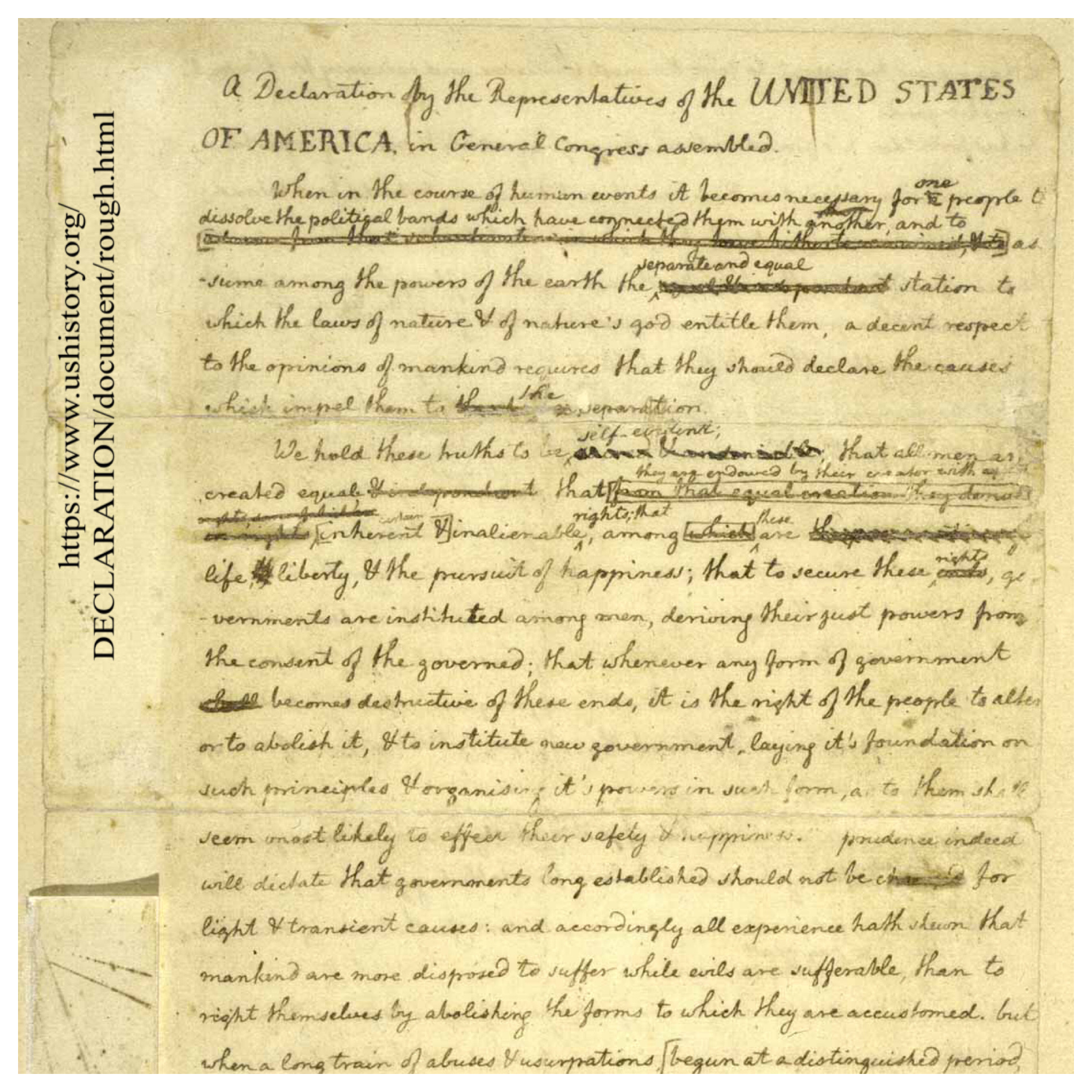
History. How important is history to everyday life? To genealogy? In my opinion, everything meshes together. Knowing factual history can help you to understand the time period your family lived. Have you ever thought, “Why in the world did they decide to move there or do that?” So, as I do my family's history, I often research the time period. Recently I have been focused on the lead up to the Revolutionary War. I had read about the first draft of the Declaration of Independence. Did you know there was another draft that survived? I love history but had no idea.
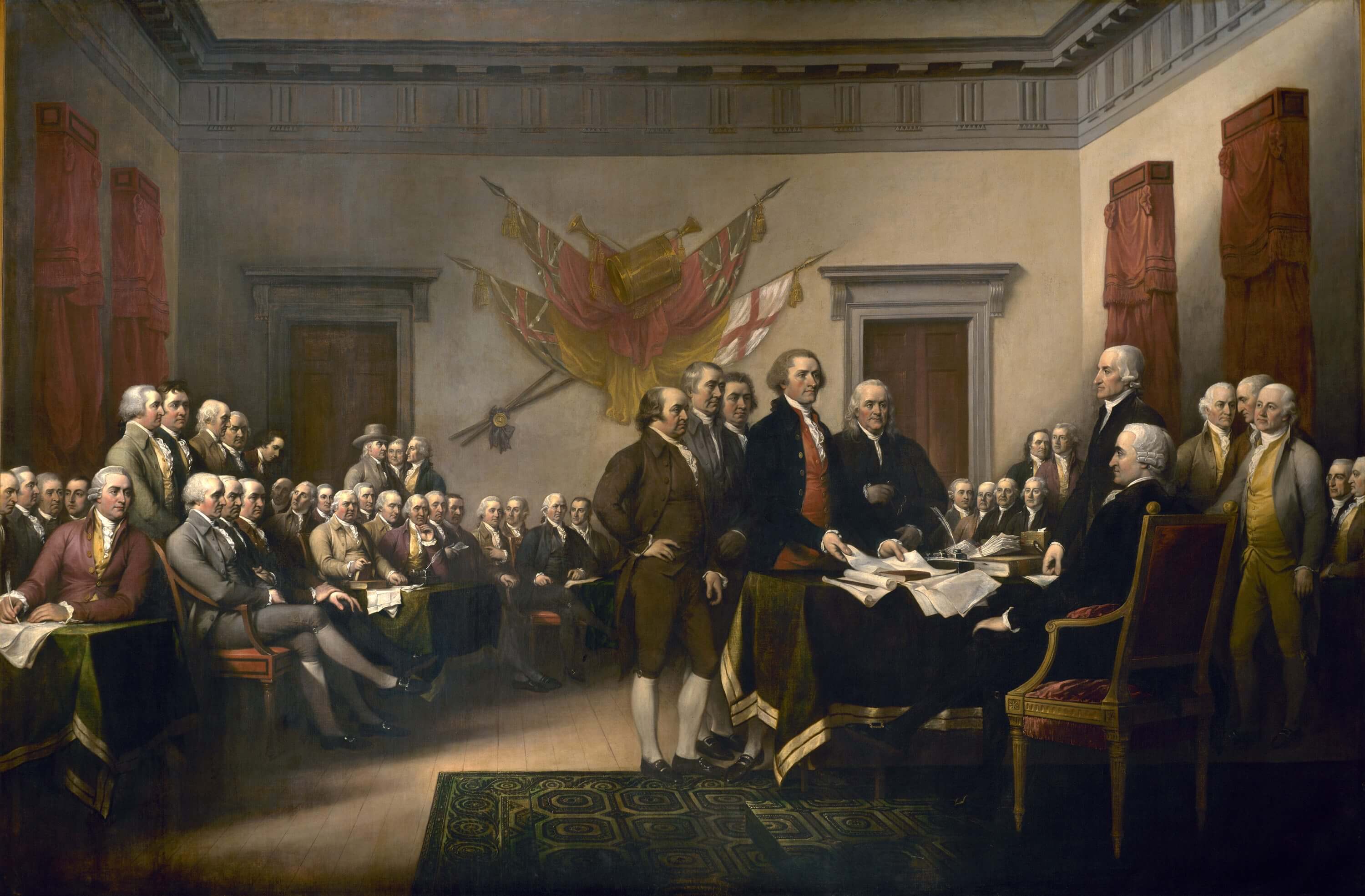
On this Independence Day when the world is in turmoil let's look back at the important document that started the path to American Independence.
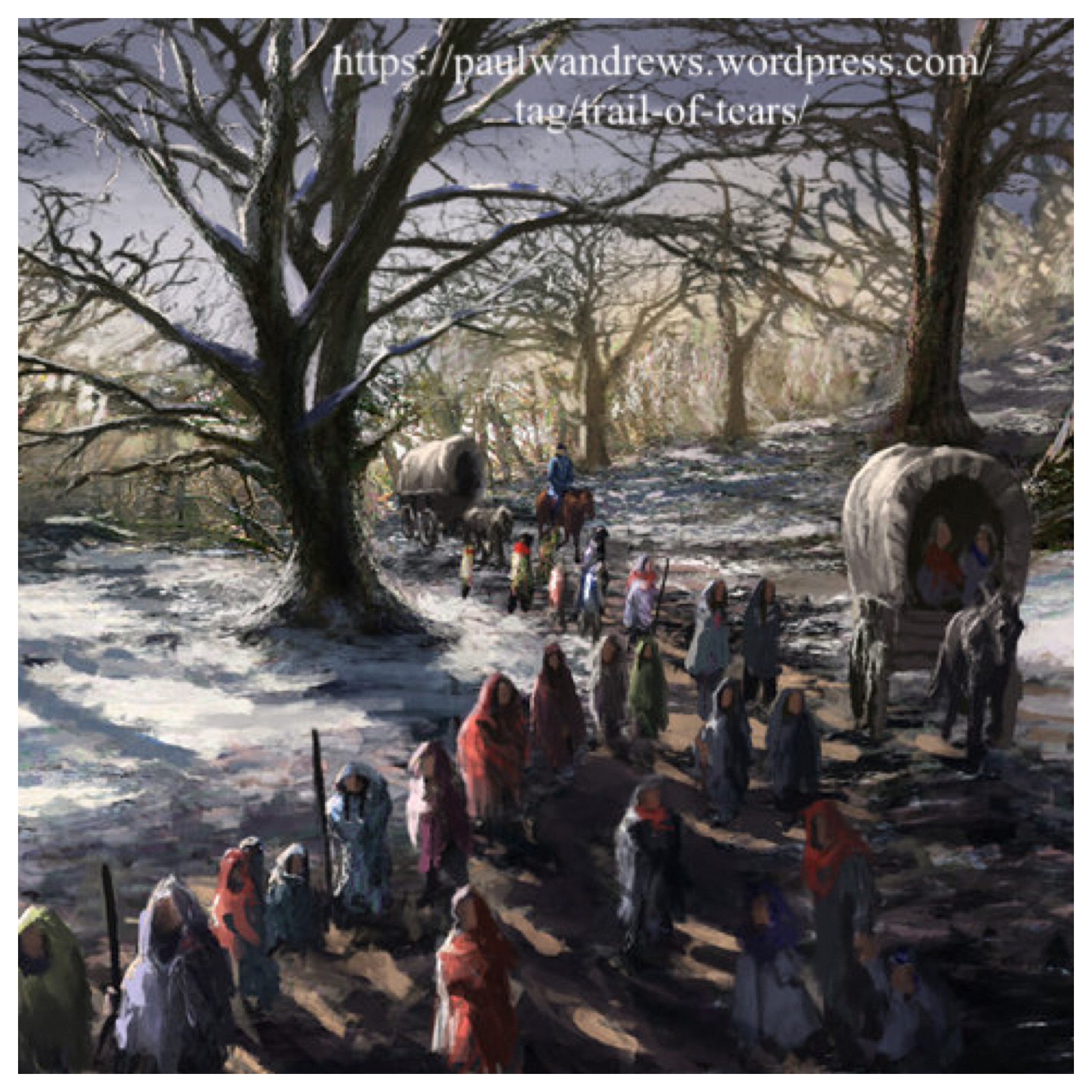
In March, the National Museum of American Indians had an event called "Finding Common Ground" that looked into the intersectional history between African Americans and American Indians. History is a fickle thing. It isn't always full of happy things and really in many cases there are many more events that are deemed unimaginable than not. During this event one of the things discussed was the Trail of Tears and the little known fact that Native Americans, mainly Cherokee, were slave owners who took their slaves on the trail with them.
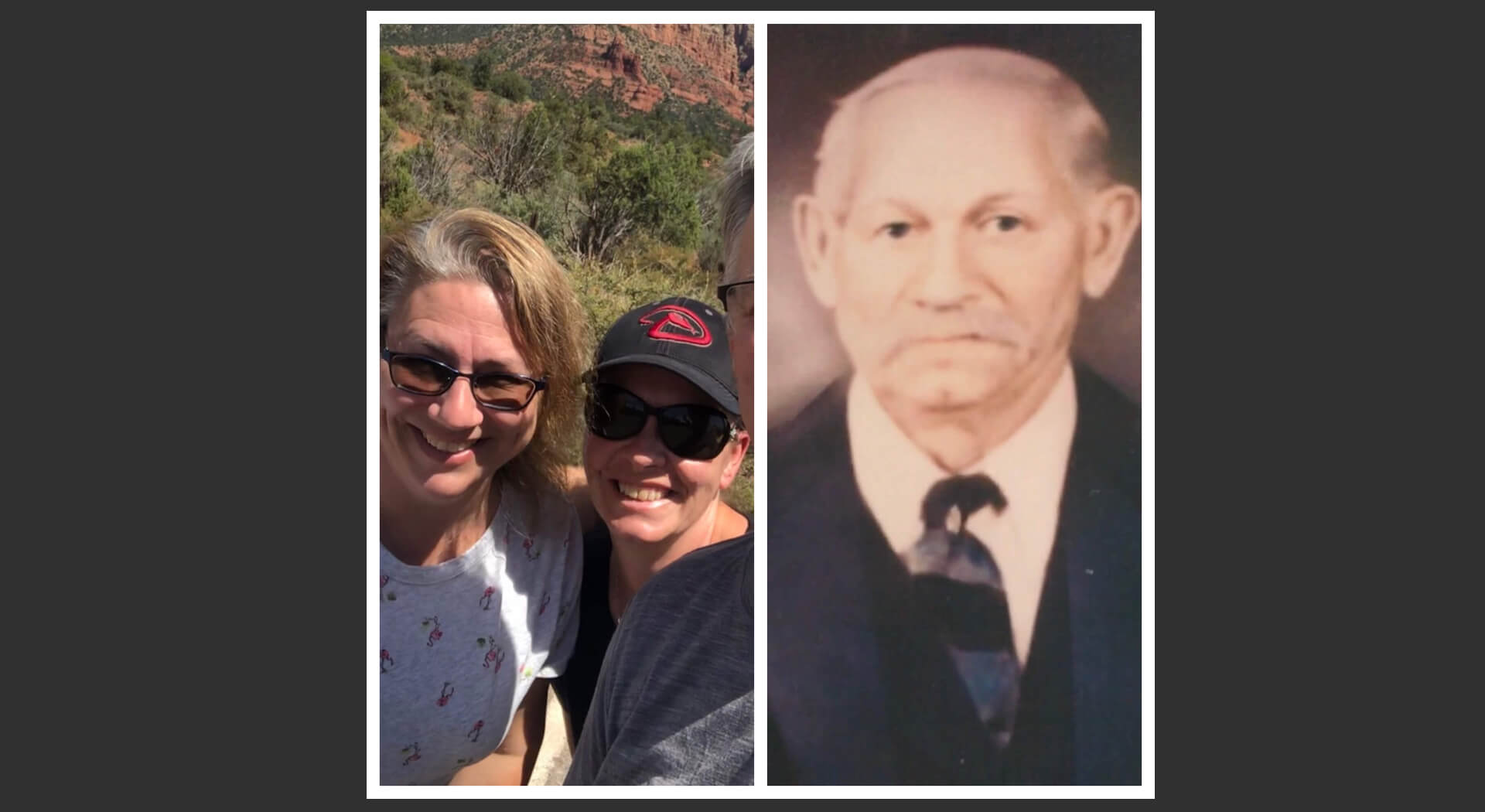
In the fall of 2005 my friend Tammie and I decided to be Girl Scout leaders for her daughter's Daisy troop. We had gone through scouting all the way through high school and thought it would be a fun adventure. We had a sign up and had a lot of girls join. We got a phone call informing us that one mother would like to sign up her daughter, but they were new to the area and would like to meet us. After the meeting, I wondered who teaches their dog sign language? And how long did that take? She also invited us to a Pampered Chef party to which we were to bring a banana dressed up. Let's just say my banana had a Barbie wig, pearls, high heels, and a fancy dress. Something we still laugh about.
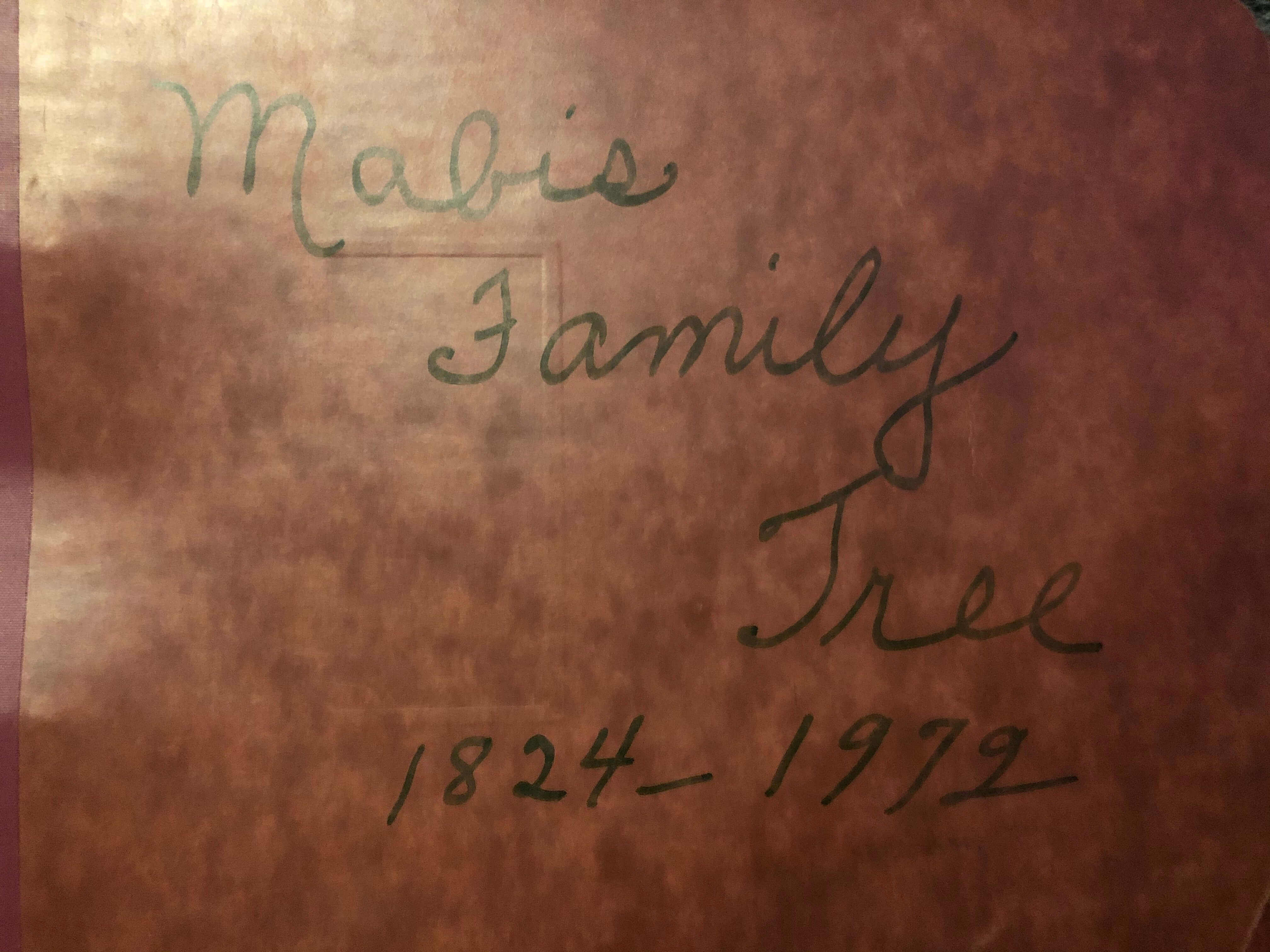
One of the best parts of living in today's society is technology. Sometimes it can be frustrating but then I stop and think, at least I am able to find records with more ease than the ones who started this journey I am adding to. I am not having to stop lines because I cannot travel overseas to find them. With so much crazy in the world, this is my beacon.

One of the most important aspects of genealogy is not just finding records on your own, it is collaborating with others. There will always be people who know more about a topic than you. There are people who are well versed in certain areas of the world and even different parts of different countries. There are people who know family stories that you do not know.
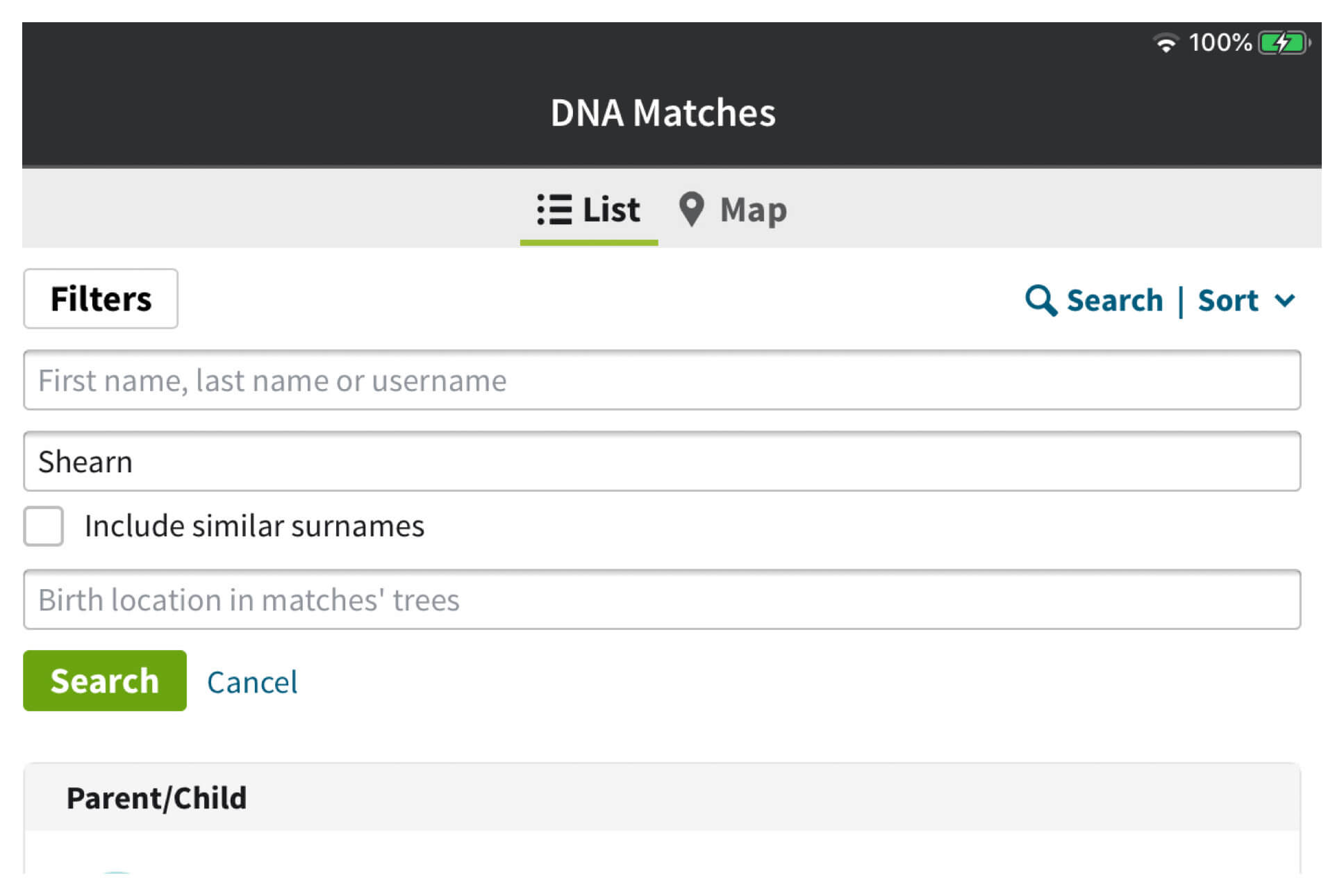
In our last blog we discussed how a DNA test was helping my husband tear down his brick wall where his great great grandfather was concerned. We figured out how his great great grandfather Austin "Frank" had two families and the DNA match we were working with was from his first family and my husband was from the second family. If you think that is crazy go back one more generation and let's just say the apple didn't fall far from the tree and Austin's own father did the same thing.
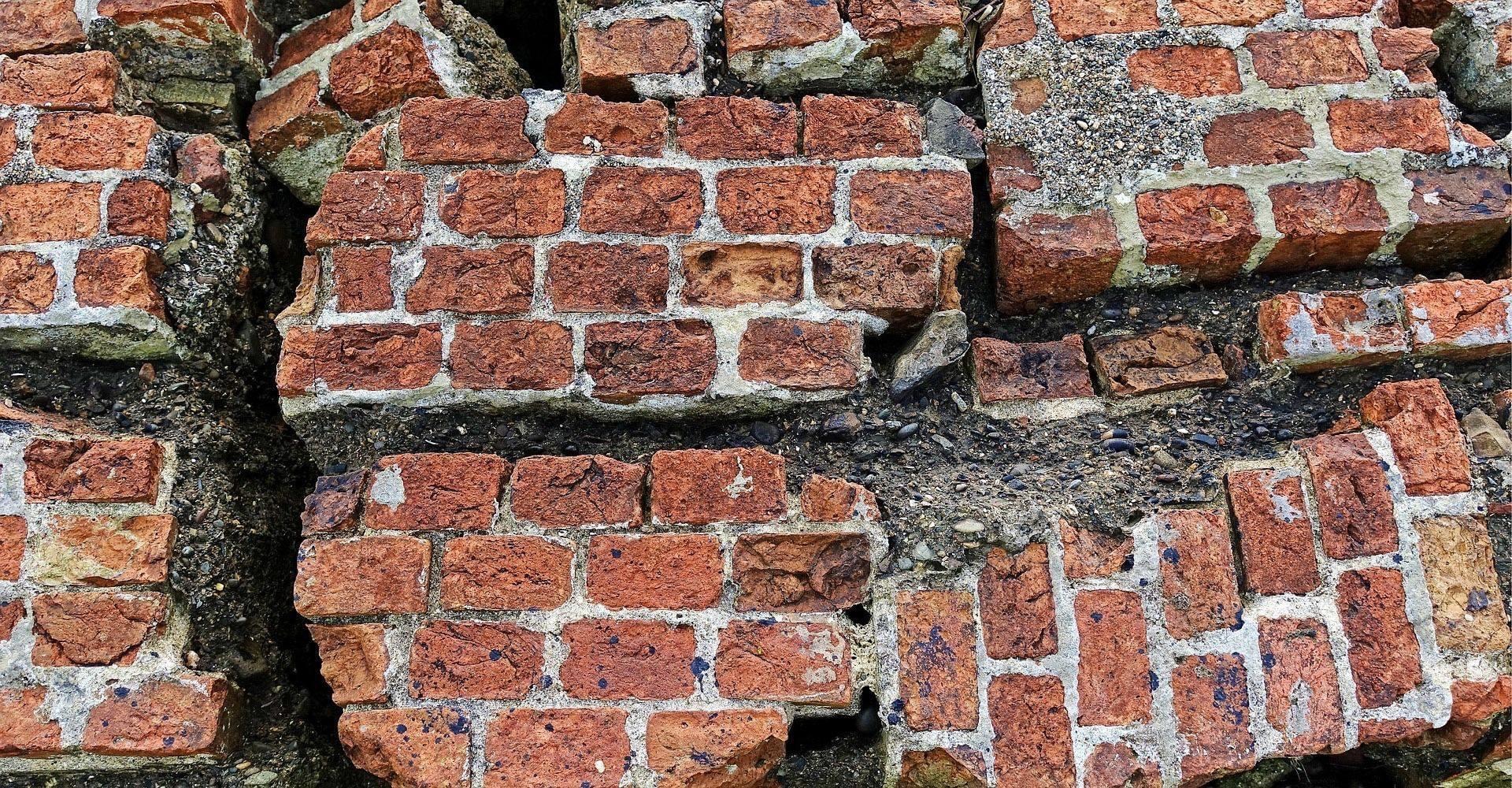
Oh those brick walls. Most every family has at least one and many could build a high rise apartment with all their walls. In my head, the goal is always to find that one brick, just one loose brick to help that wall come tumbling down. My husband's great grandfather was raised by another family. We don't really know why. We also were not completely sure of his parents' names for years. My husband's father was pretty sure of their first names. But, because of a DNA test we were able to jump start finding a loose brick.
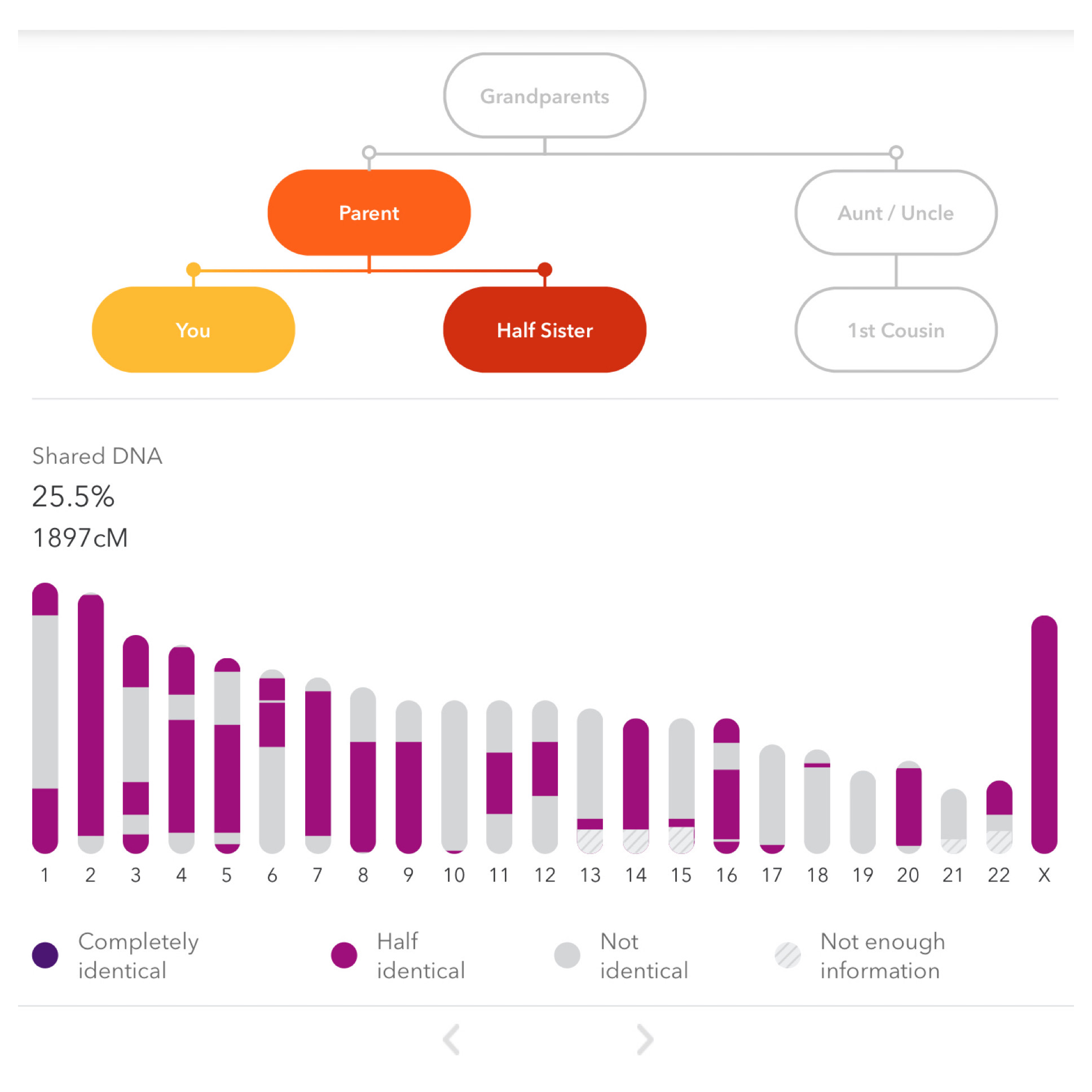
Imagine you are adopted. You have a few pieces of paper with some background information about your birth parents but nothing else. You want to know who your birth parents are but the agency who did the adoption wants $500.00 to contact the birth mother to see if she is willing to meet you. That is a hefty price to pay when you have no ability to know if the money will be wasted if she declines. What other resources do you have? I suggest starting with a DNA test.
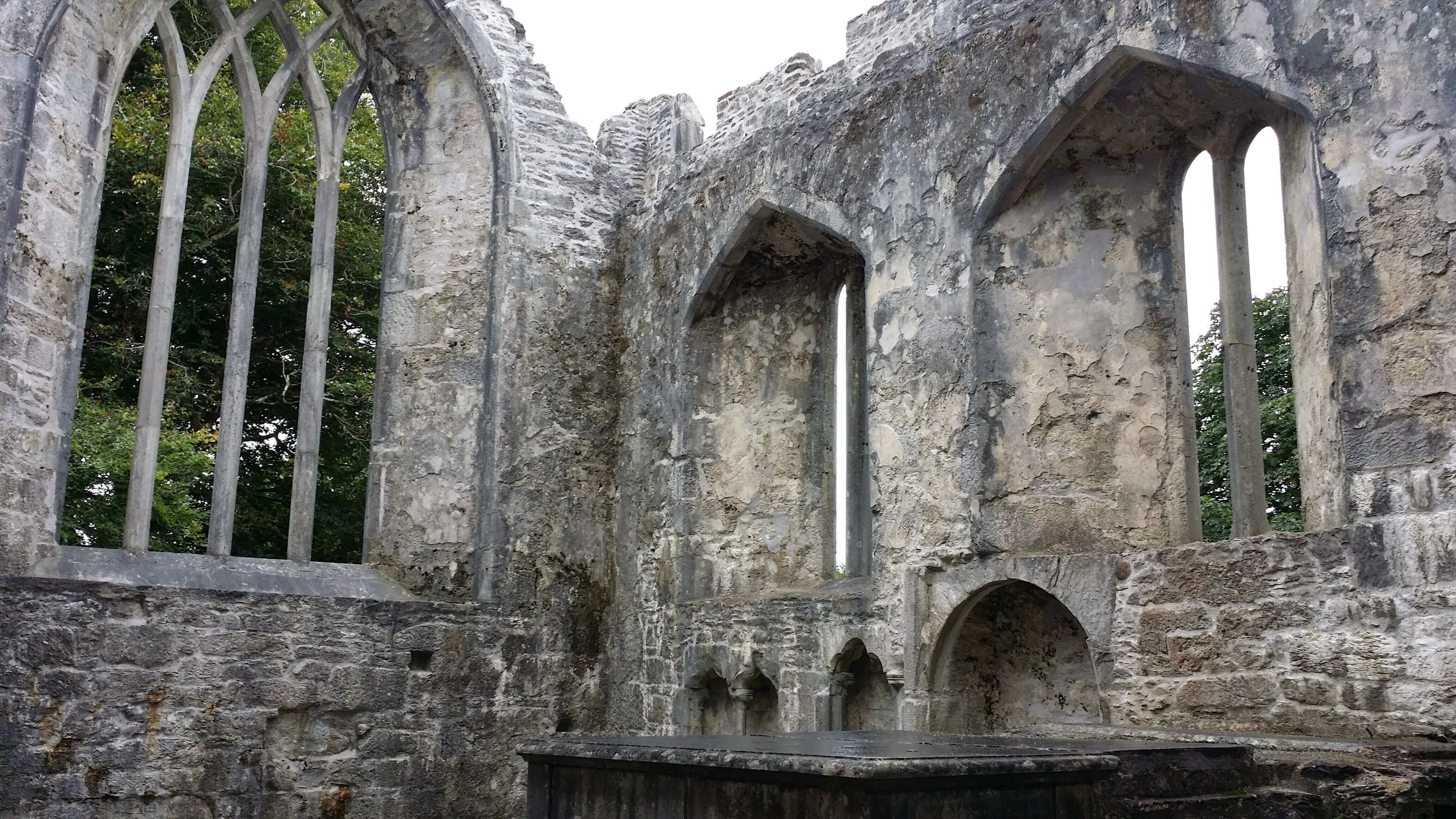
In our last blog post we looked at some words that are used in place names of towns in Ireland. As a reminder during the Gaelic period Ireland was made up of "Little Kingdoms" with boundaries, and they were named after features of the landscape. So the place-names of these kingdoms have words for cows, hills, rocks, river mouths (big and small), etc. Later, after the Normans arrived, they used these existing naming systems for towns and castles. As English began to be used more, the place-names were sometimes anglicized phonetically instead of being translated. Place-name signs today have both Irish and English on them.
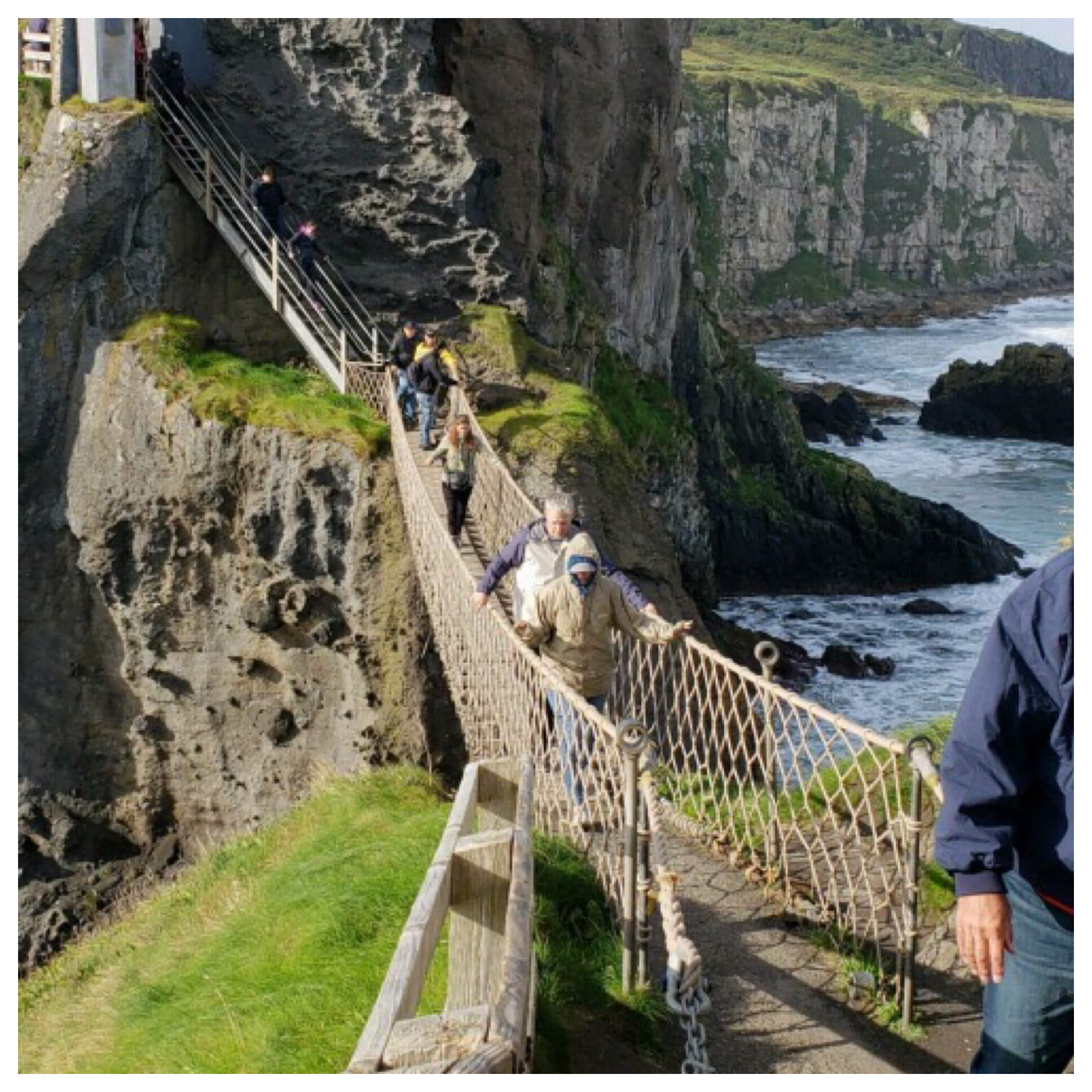
Do you plan to go to Ireland? Maybe you just want to visit to see the beautiful landscape and the friendly people. Maybe you are going to do some genealogy. We took a trip a few years ago, and I sure wish I had known some of these terms. So here are some things you should know for your trip you are taking or will take at some point. There is a lot of information, so it will be covered in two blog posts.

Did you know that it takes 72 years after a census is taken for it to be released to the public? This is something I just recently learned from my husband who was taking a genealogy class. It works out to every 10 years a new census is released. So, in 2012 the 1940 census was released and in April 2022 the 1950 census will be released. Just a fun little fact.
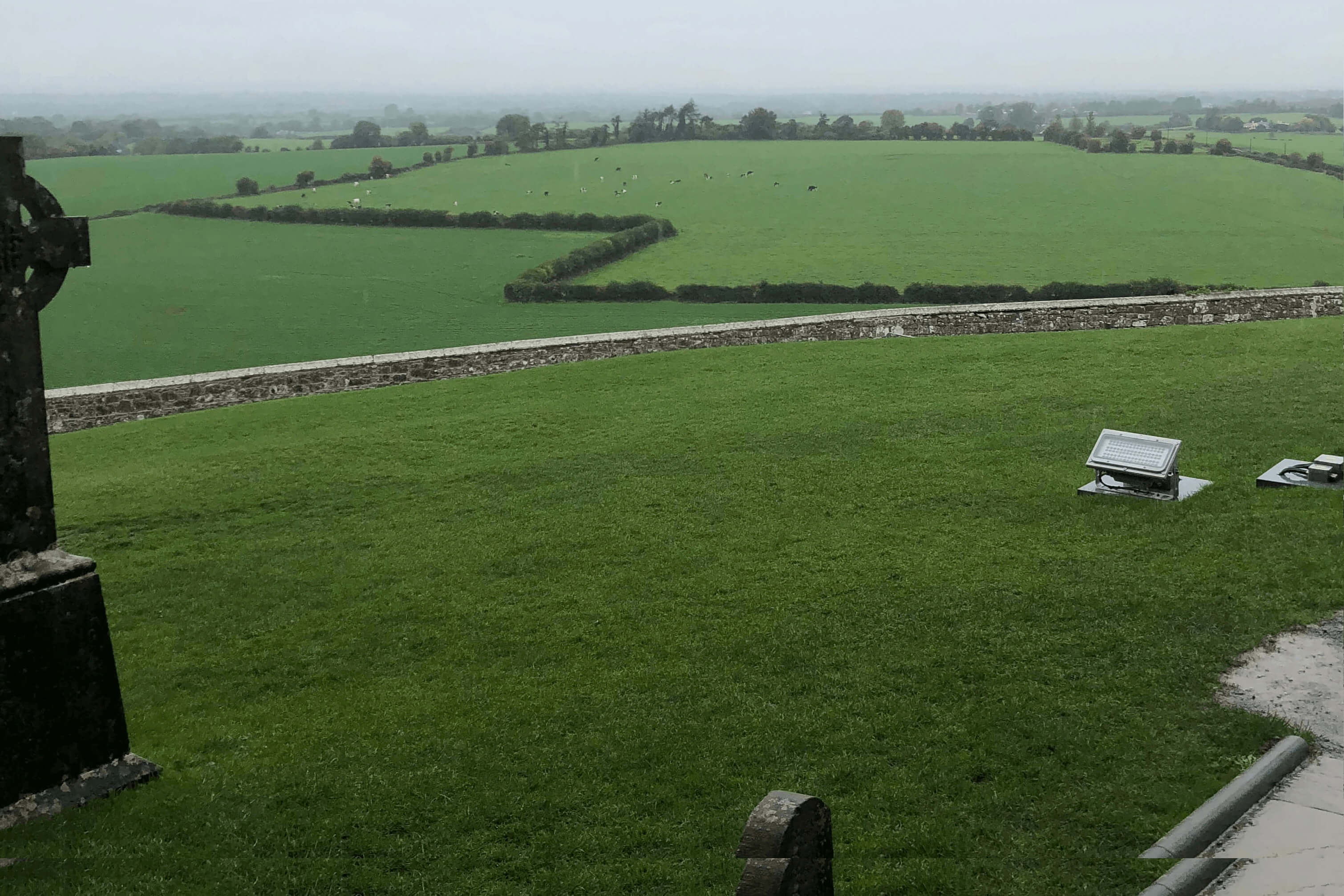
Growing up in central Illinois, right in the middle of corn and soybean fields, I loved Spring when everything was green and in bloom. But when there were no crops, and it was just flat, I would often wonder, and out loud sometimes, why did people stop here to make this their home. There is nothing here. I was looking at it through my eyes. I never had left my home to go to a new country. Left family behind. Started over. I had spent my entire life in the same area. That all changed in the Fall of 2018.
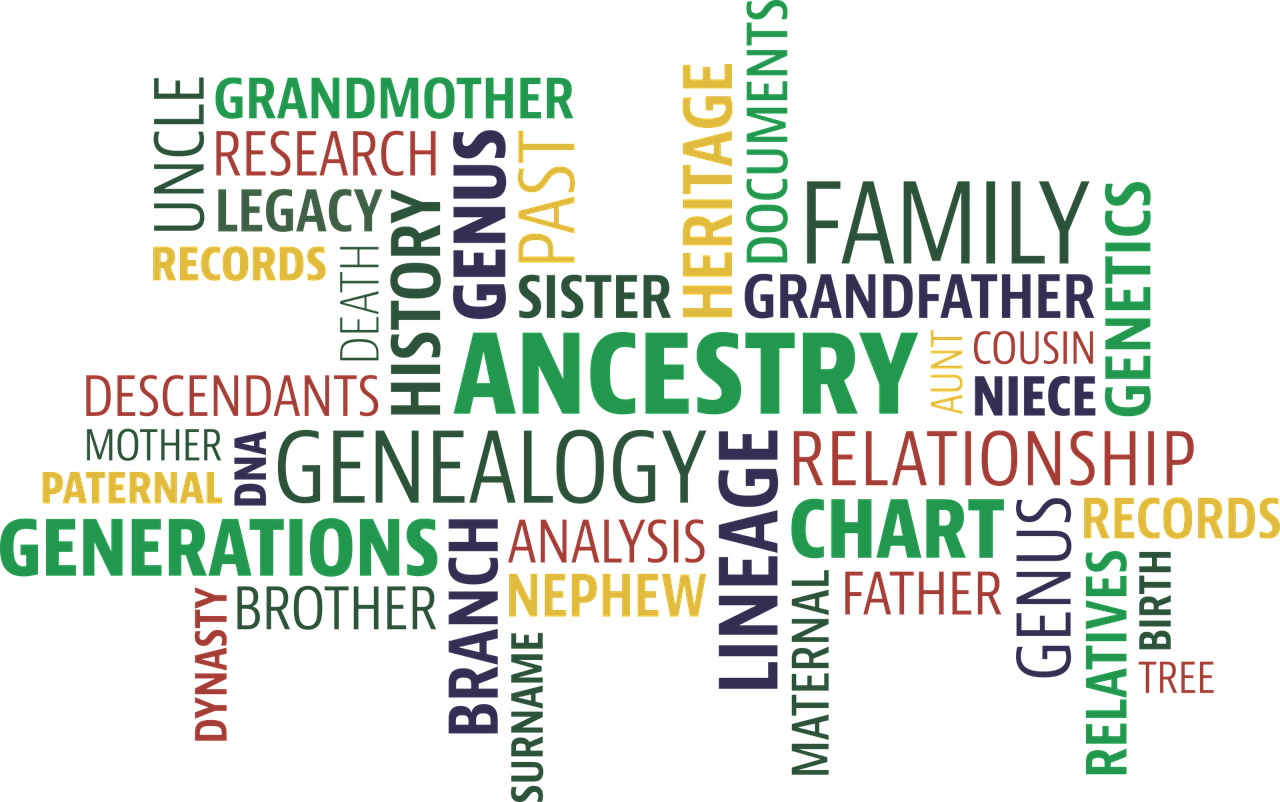
You have decided to start working on your family's genealogy but where do you start? There are so many websites that you can use to start putting in your family tree. Gone are the days of just using paper to keep track. Many may still have a family Bible they put information in, but once again, that's not very easy to share. And what happens if, heaven forbid, it is lost? In all honesty, you can have one website where you put all the information and even share it, but you should and can utilize all of them for research.

For many, getting your DNA tested is fun to see where your ancestral lineage originates. There may be some surprise heritage you didn't know you had. YouTube is full of videos about it. For others, they take these tests to see if they can find family members. Some because perhaps they were adopted and are looking to find a biological parent. Others are using it to help unwrap missing pieces of their genealogy. Health information can also be included in test results reporting.

ALERT!!!! The kids are out of school and many of you are homeschooling!!! Sometimes to make learning different and fun, kids need a reason to want to learn it. How about mixing genealogy and social studies together? Help them learn geography and throw in a history lesson while you are at it. But, it is all based on a family story. Bring history alive with people they are related to. That would have made geography and history much more fun to learn when I was in school.
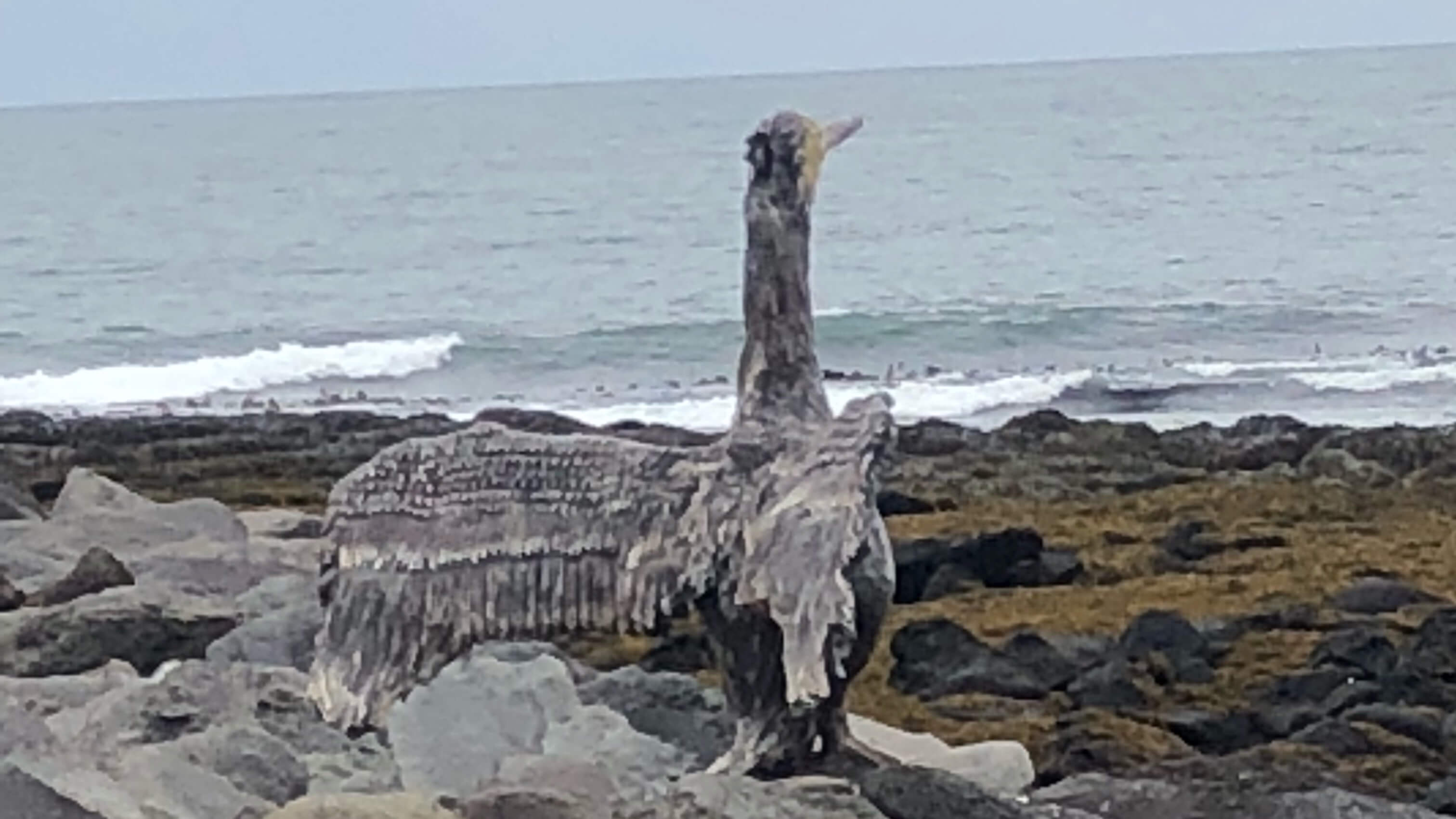
It is 2020 and COVID-19 is in full swing. Most everyone around the world is in a self quarantine. That is the perfect time to catch up on some genealogy work. Most everyone is guilty of letting some things go. We tell ourselves things like, “I will scan those pictures soon.” Anyone else guilty of this? Here is a short list of some things you can do while you stay at home.
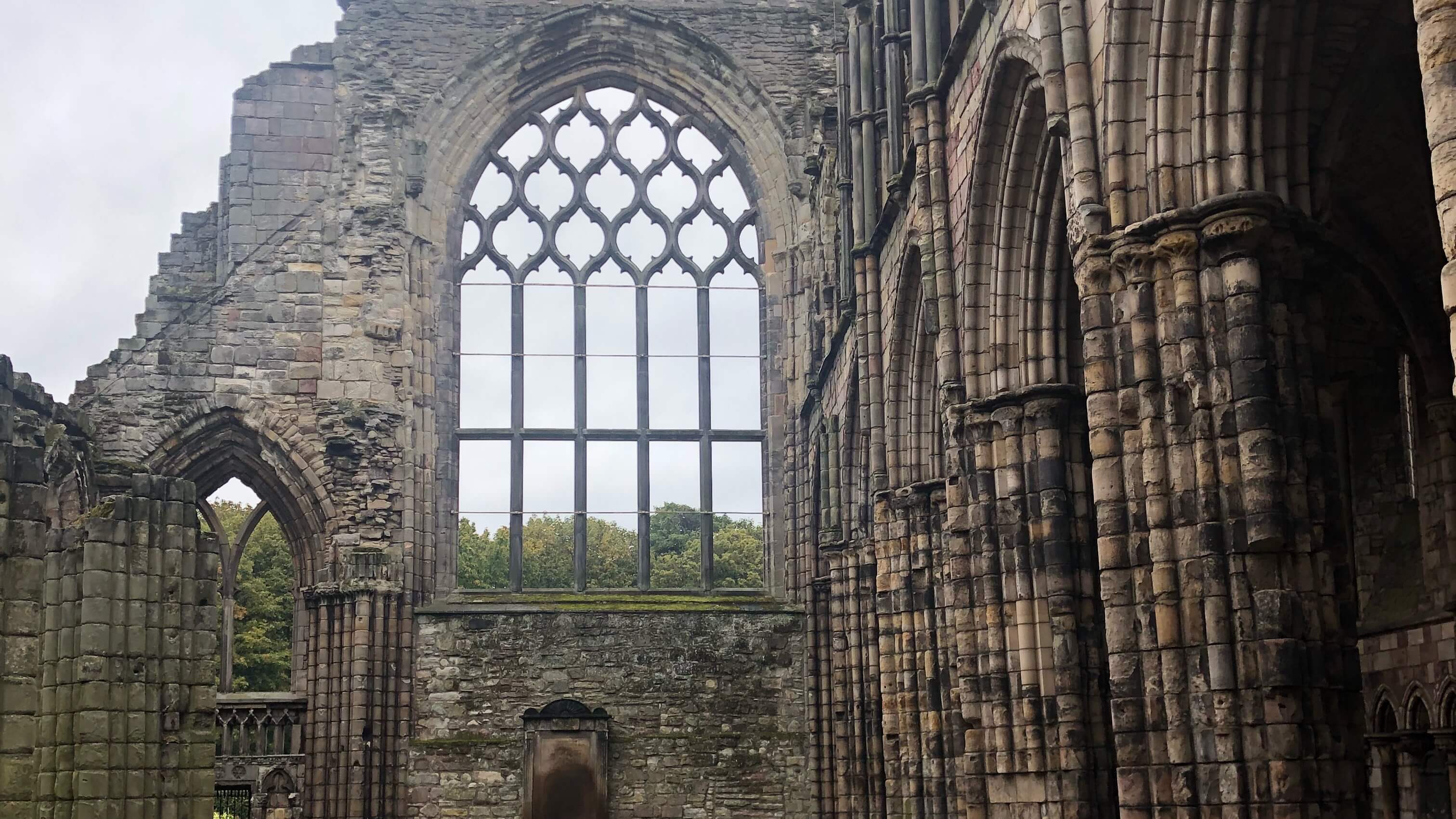
Did you know that religion was an essential part of most of our ancestors' lives? Did you know their religion or denomination is crucial to finding more records? Religious records are some of the most important family history records. Yet, in some cases they can be the hardest to get to.
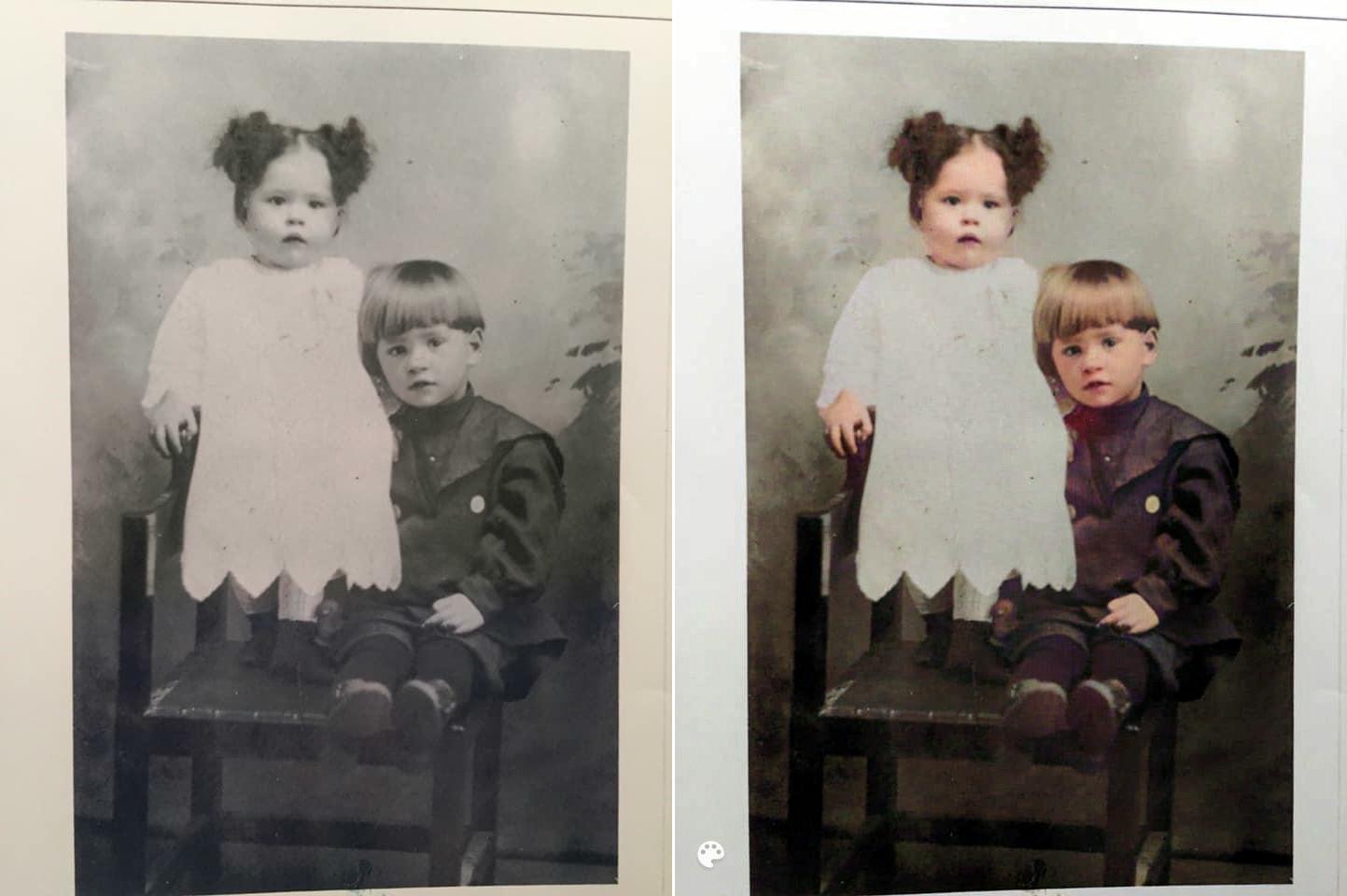
One of the best things about working with genealogy today is that more and more records are online. We are also now able to use DNA in our searches along with all the new technologies that are out there for our use. An example is the way we can put headstones on memorials at FindAGrave and BillionGraves from cemeteries around the world. Long gone are the days of only going to libraries and courthouses to find paperwork to hunt down the lives of our ancestors.

Do you love putting puzzles together? Pulling out all the outside edges that are easily put together so you can get to the middle. Oh the middle of a puzzle. So many pieces that could go in so many places. But, where exactly do they go? For many, doing genealogy is a huge puzzle. Finding the right piece to go in the right place is a thrilling adventure.

It seems that almost every person doing genealogy has that one area of their family tree where they hit a brick wall. They are just hunting for that one piece of information to be able to tear down the wall. Some people are lucky to stumble upon the piece they need. Others, like me, look for years, even decades and just can't seem to find that little piece of information.